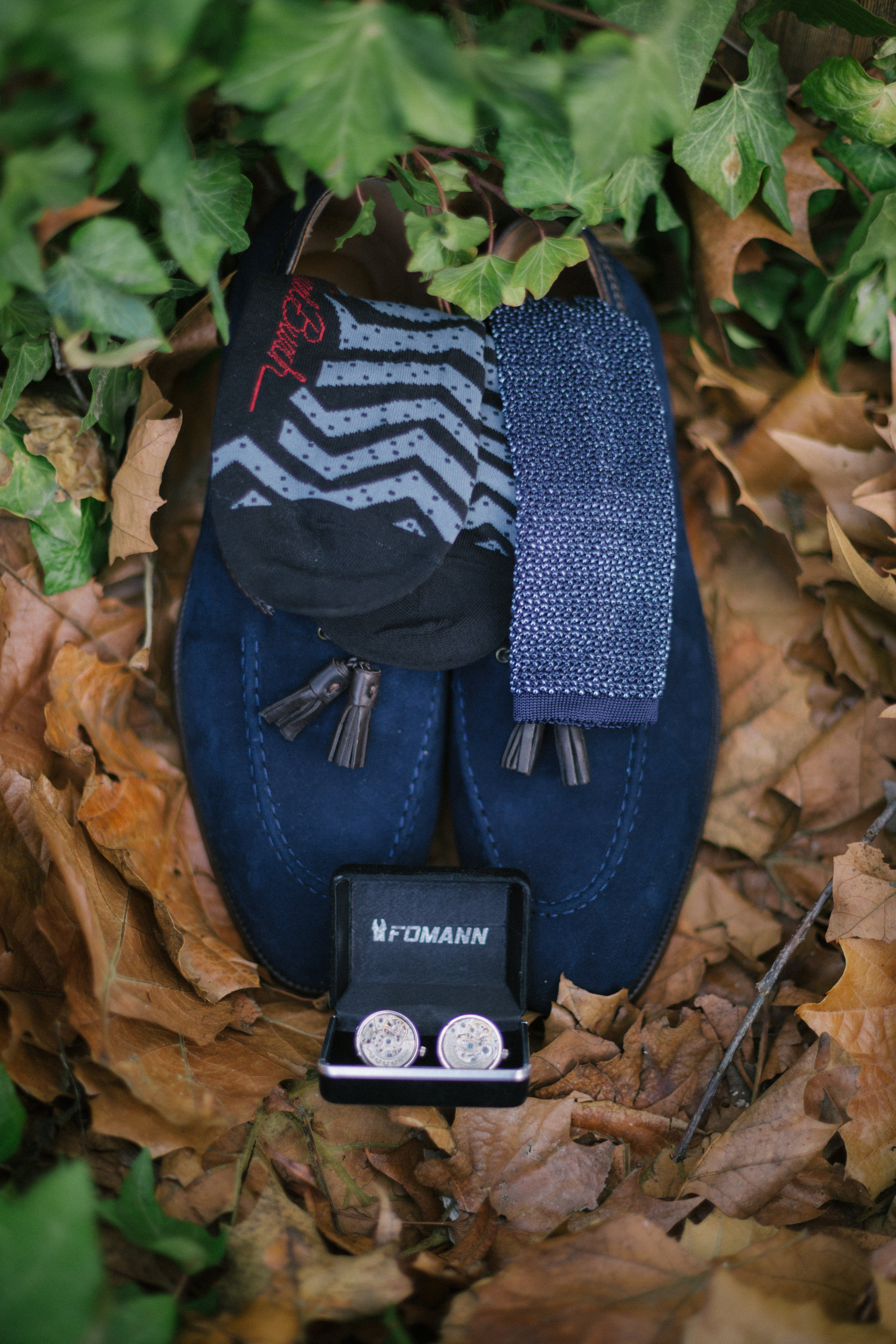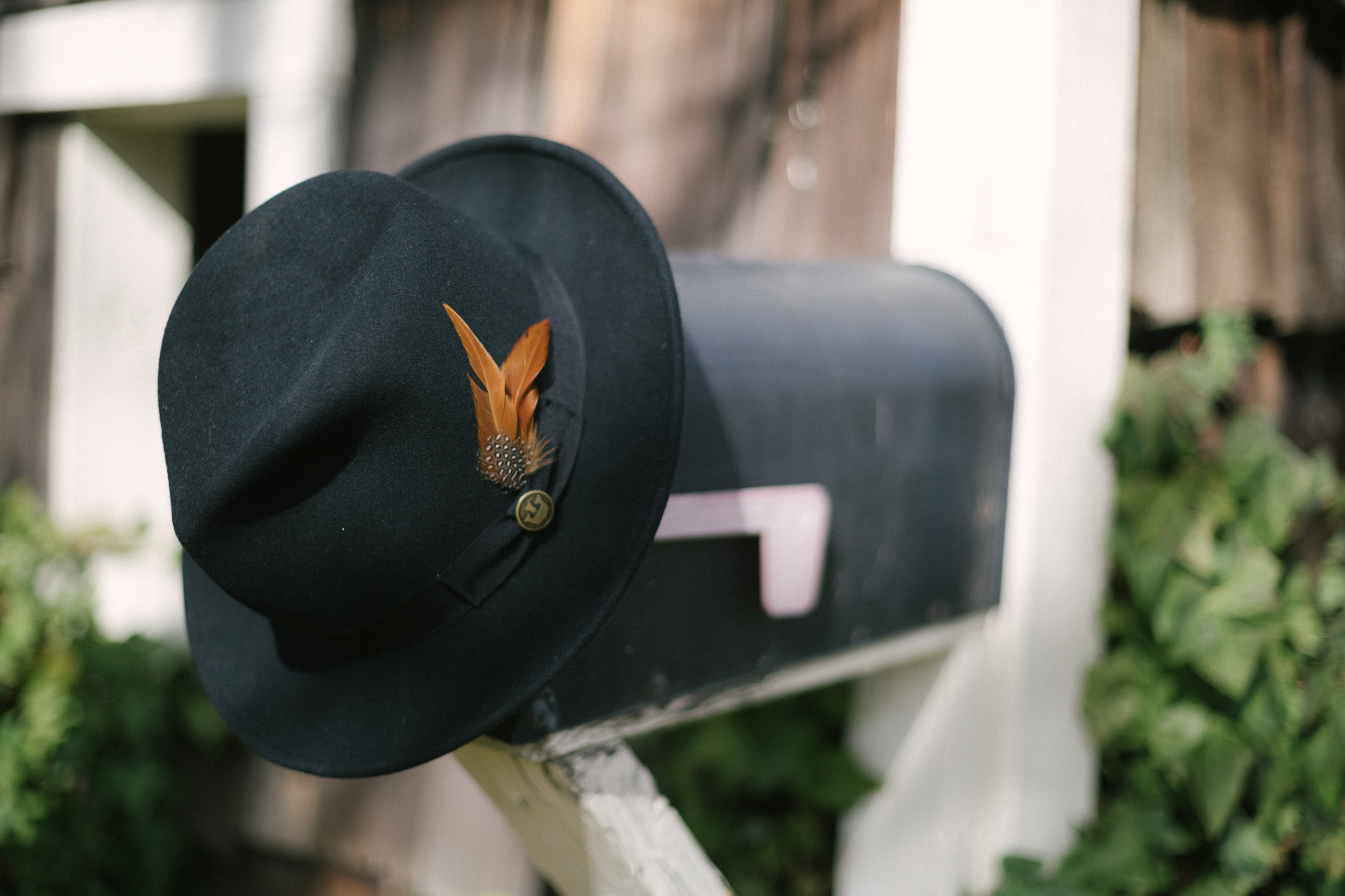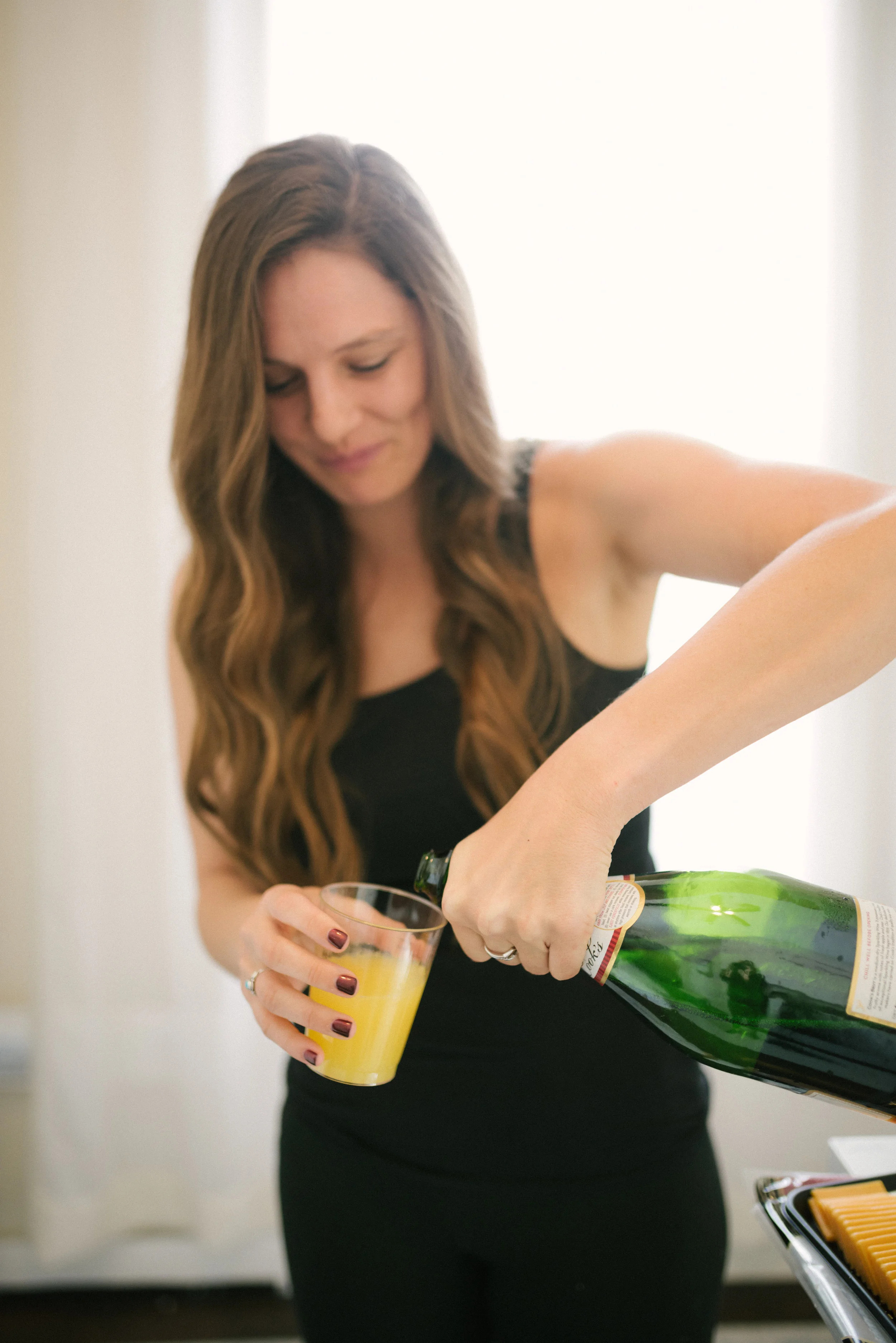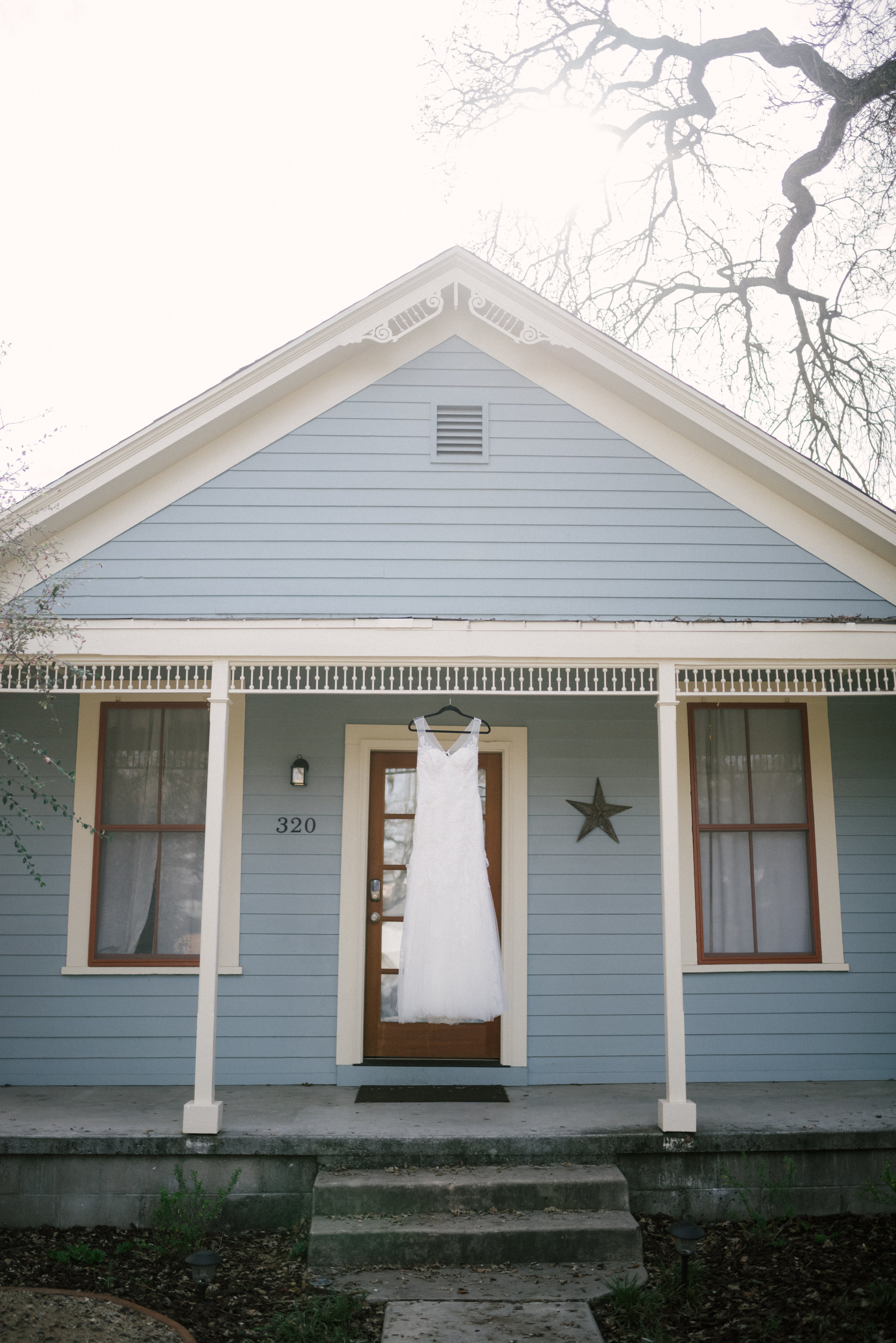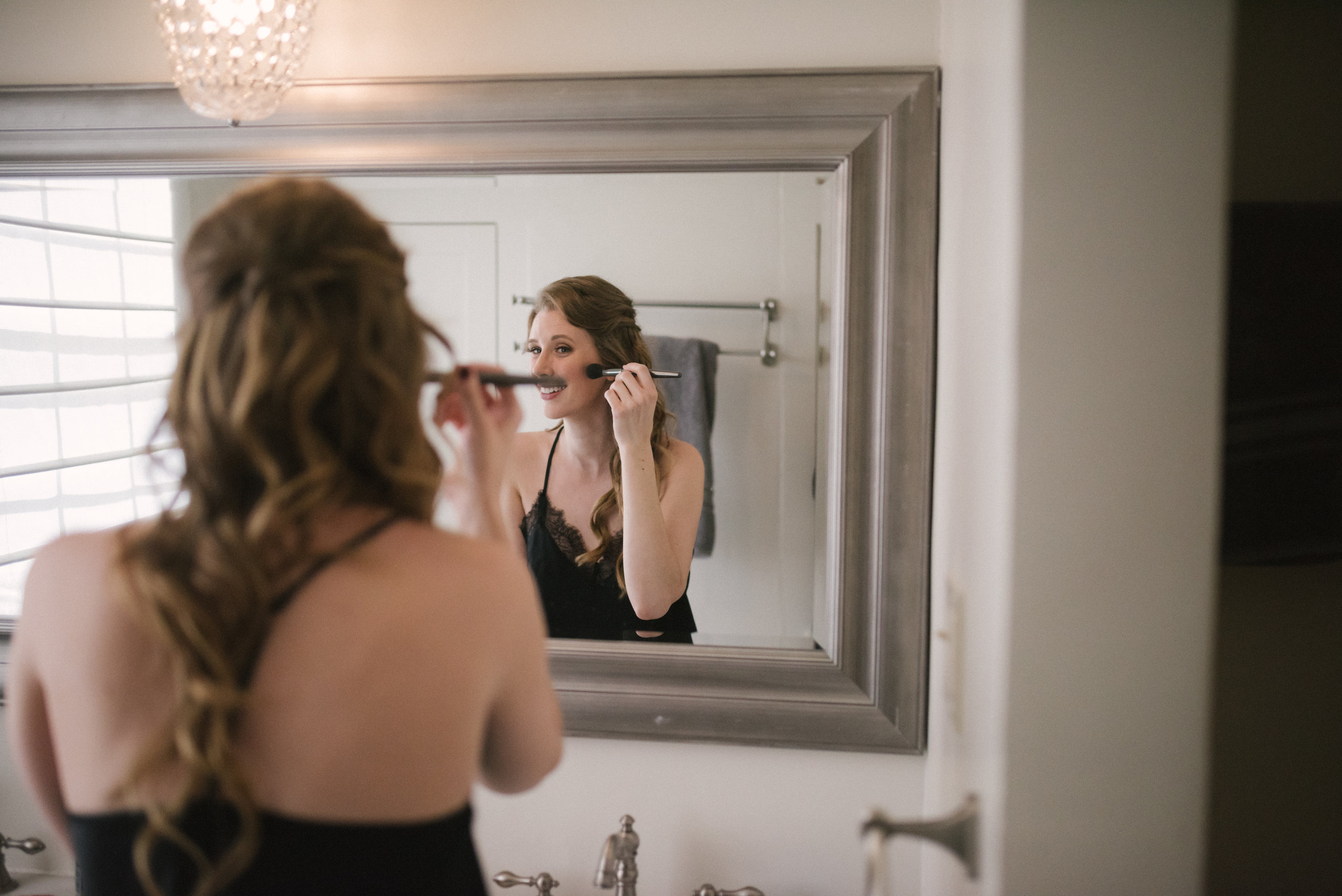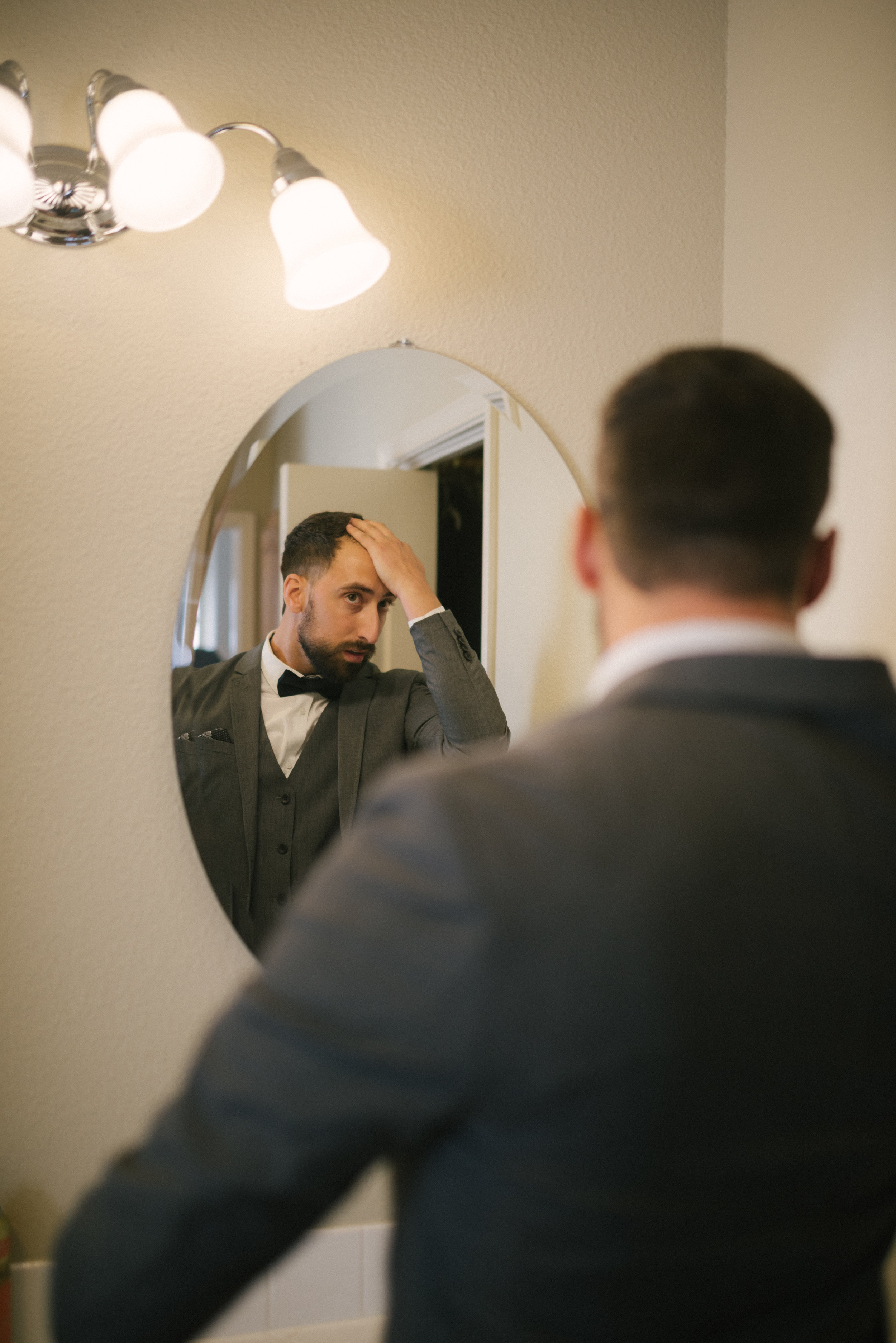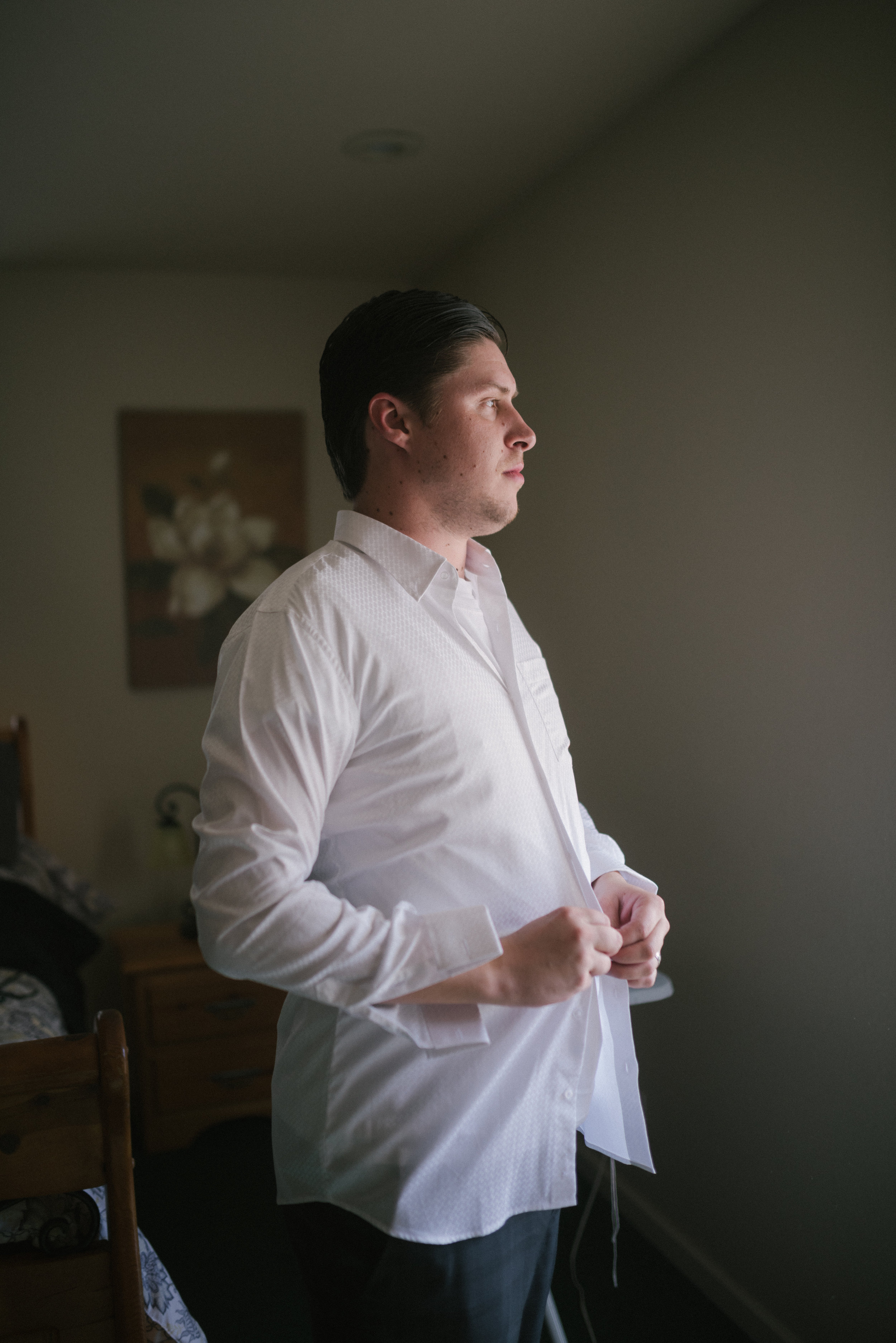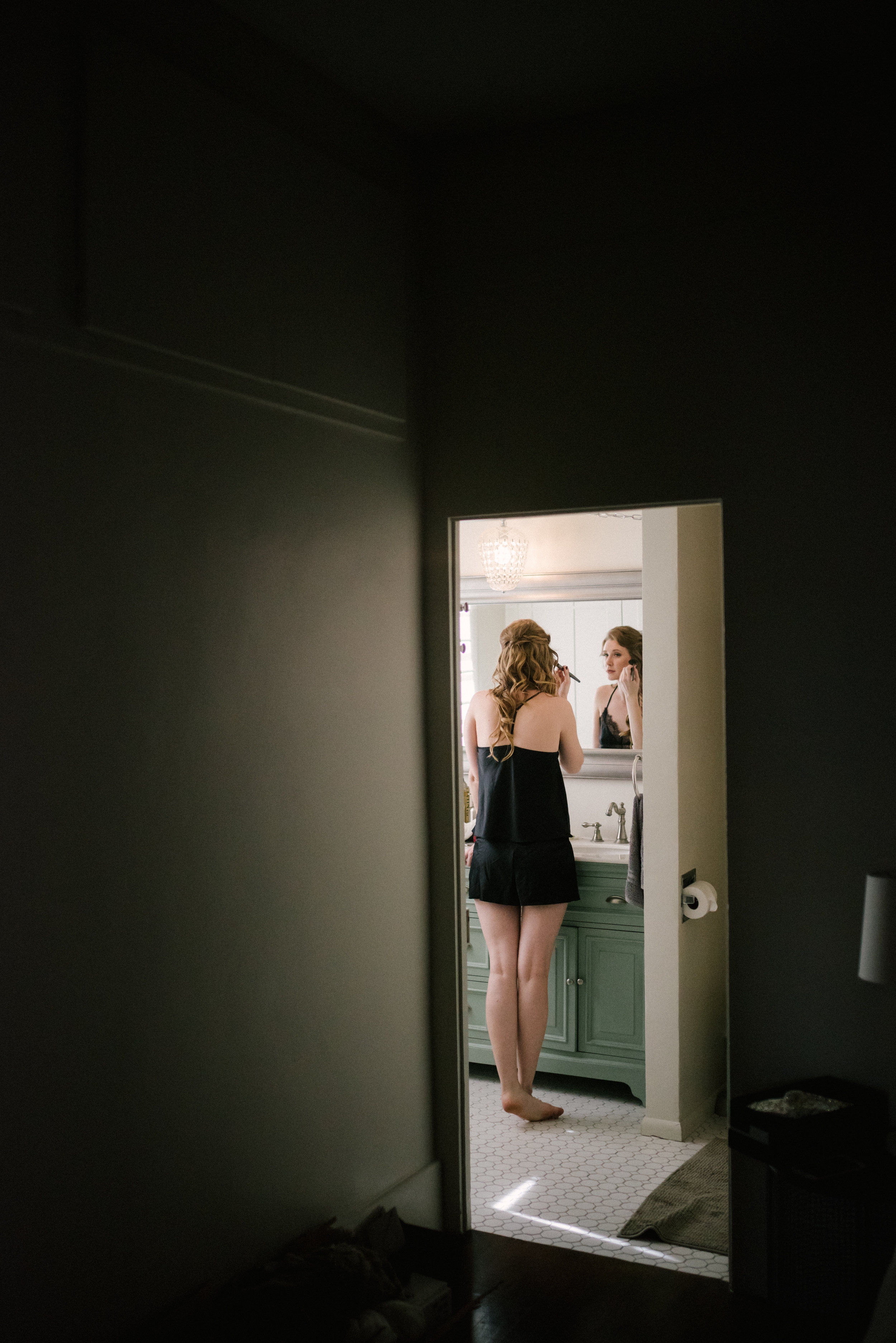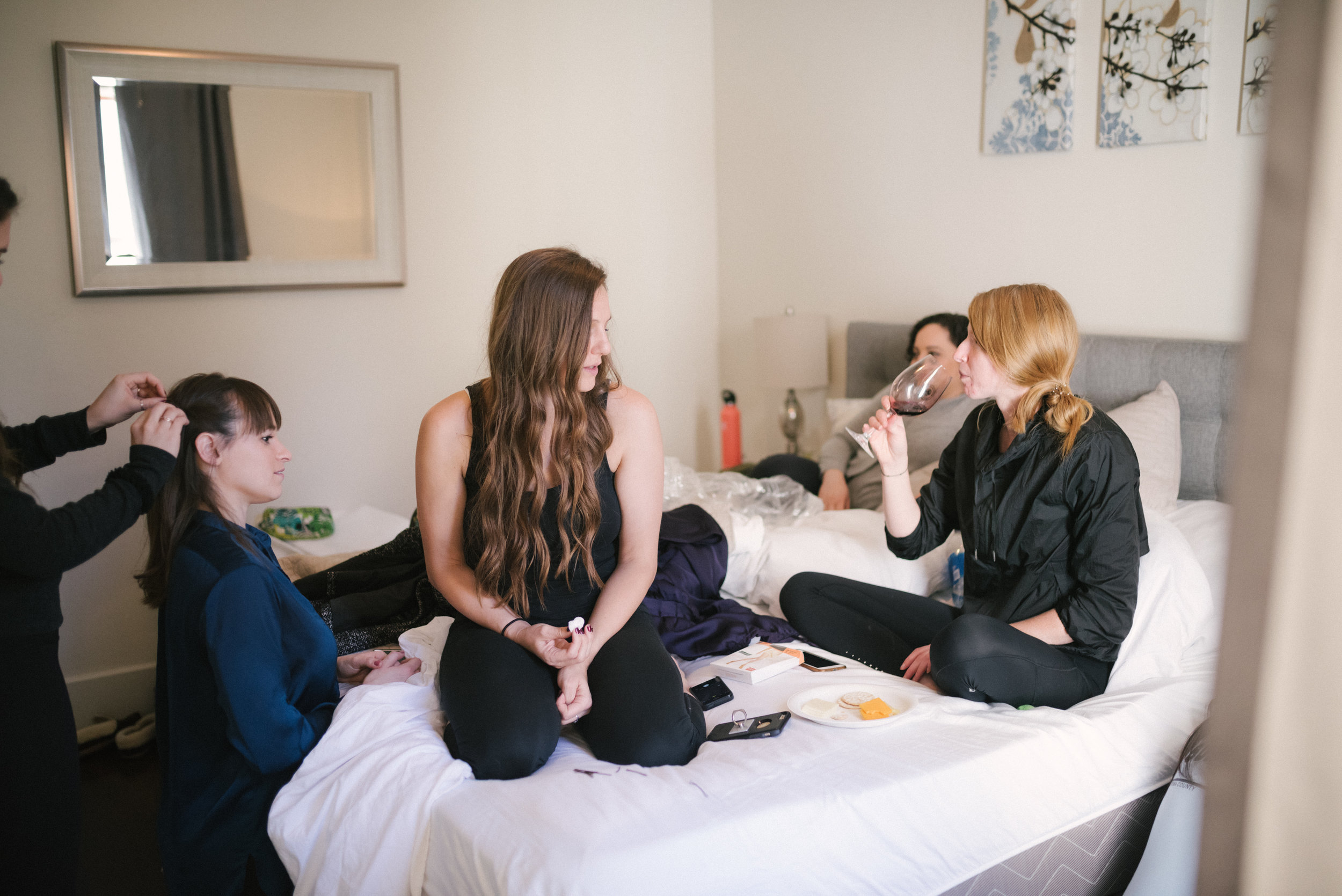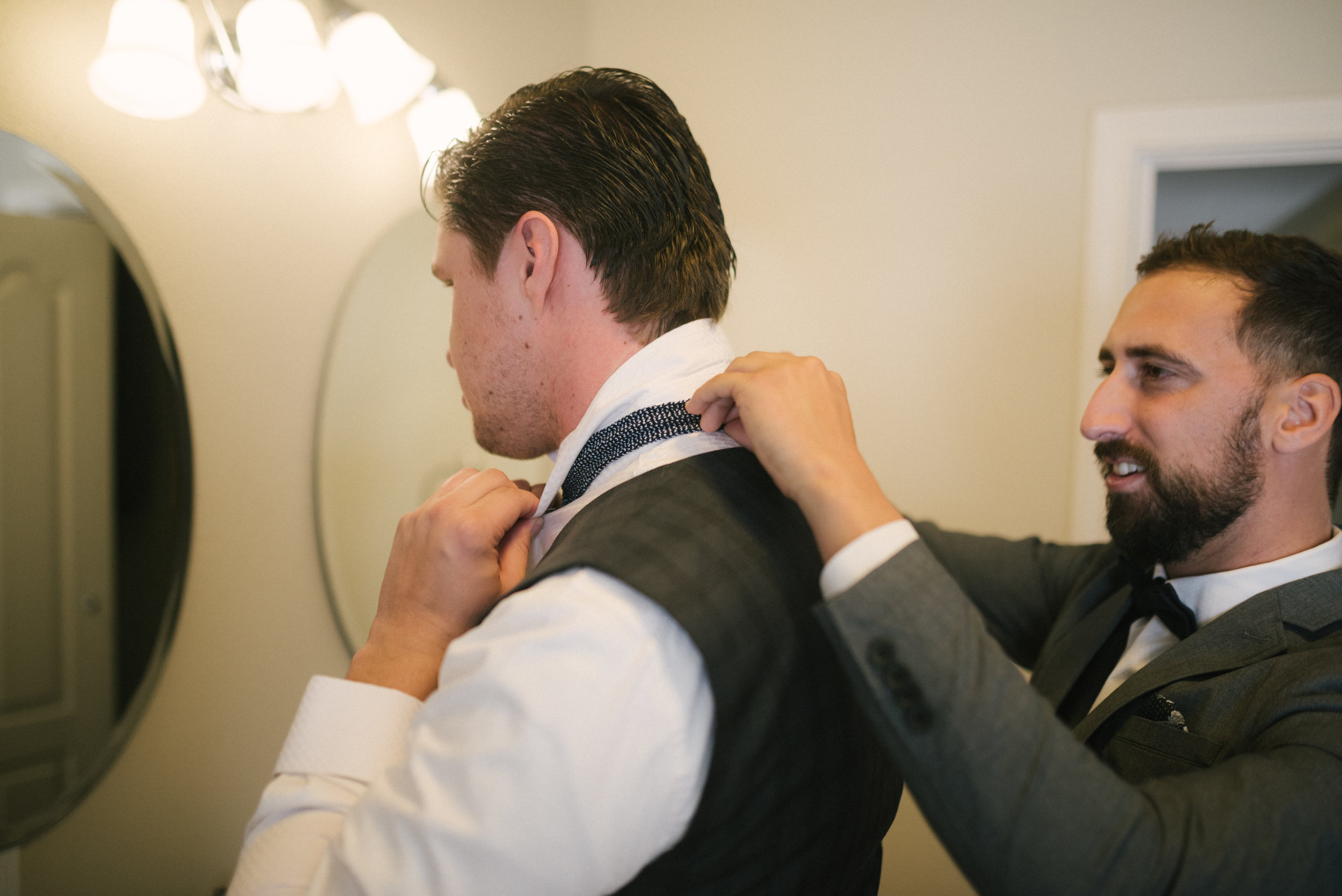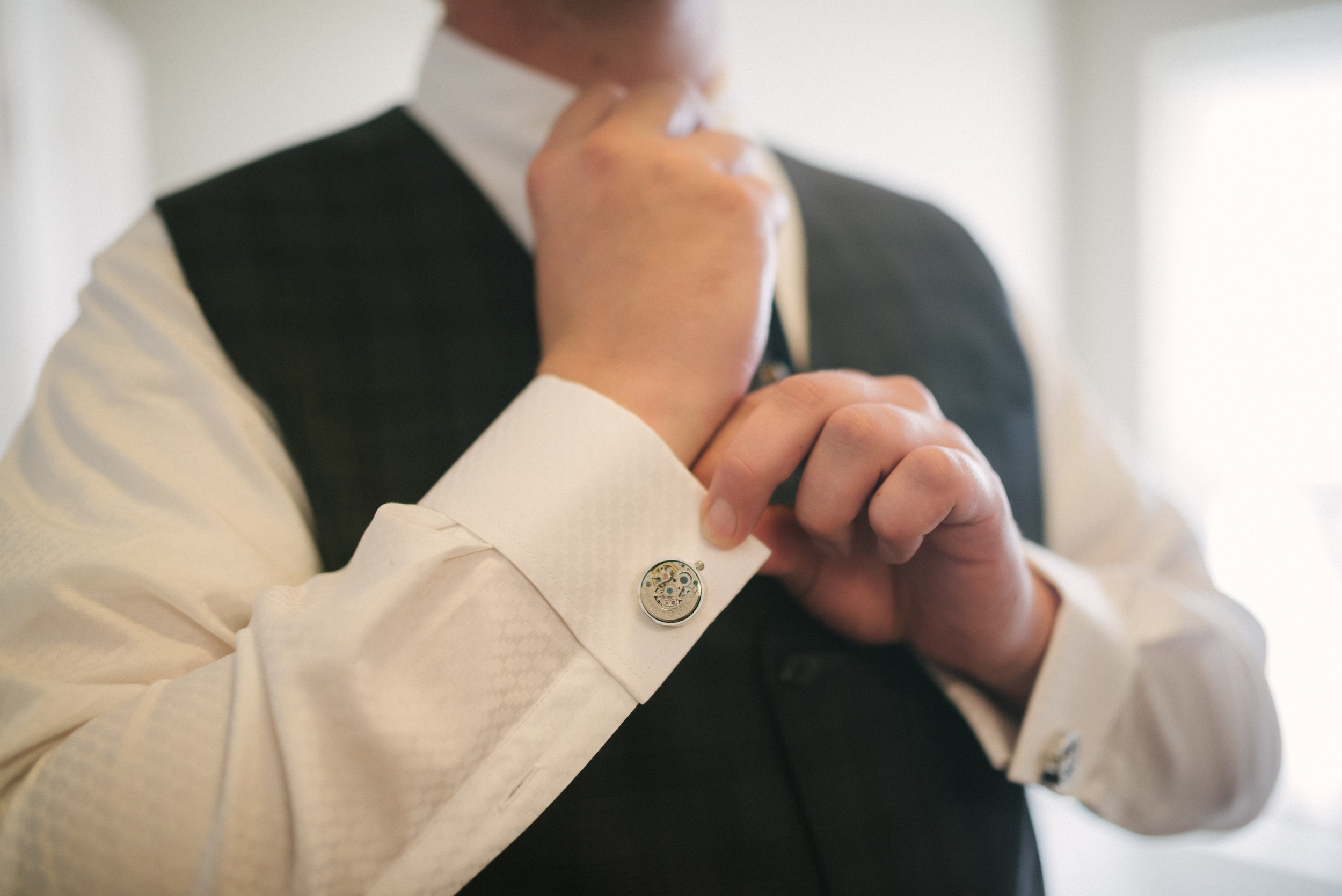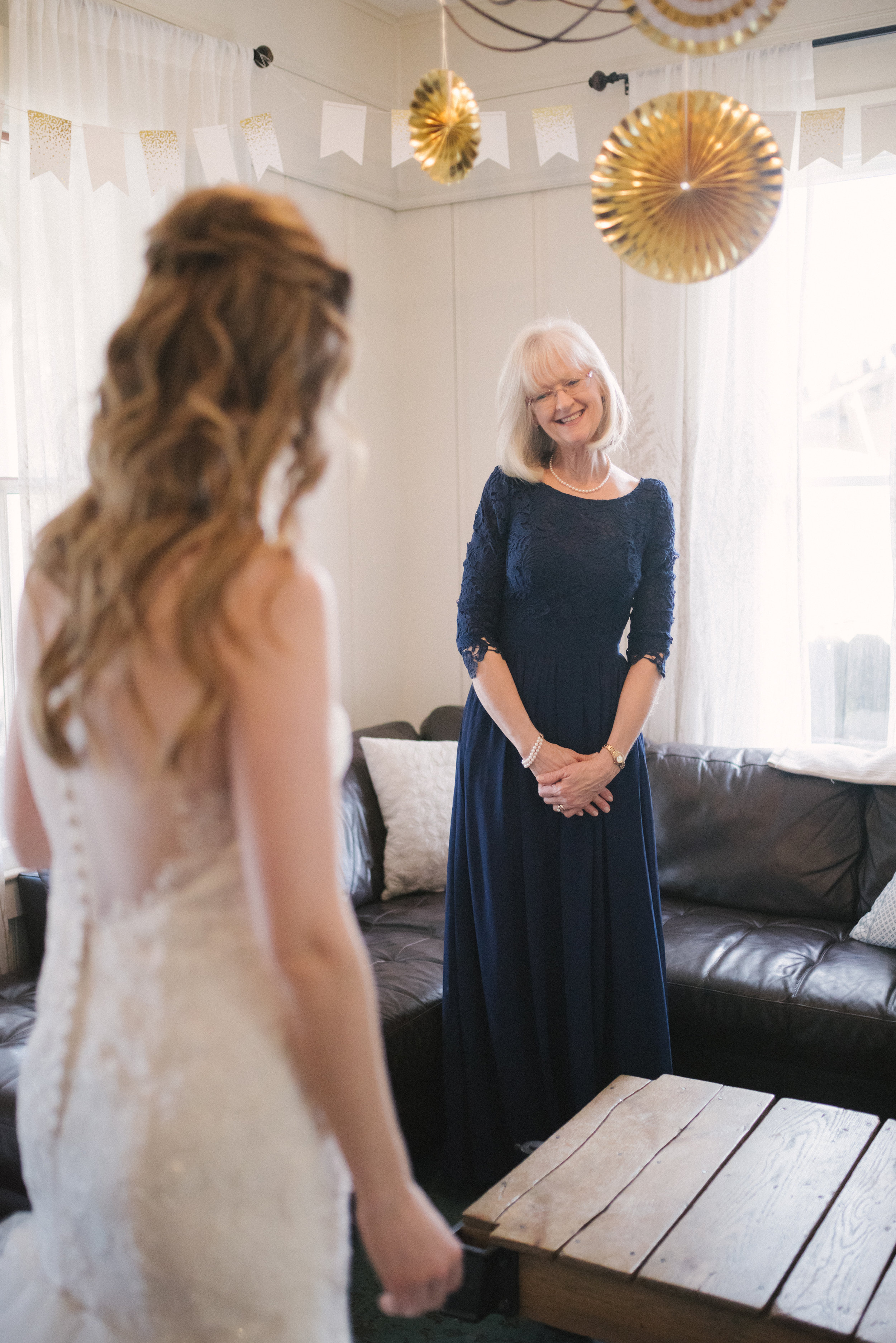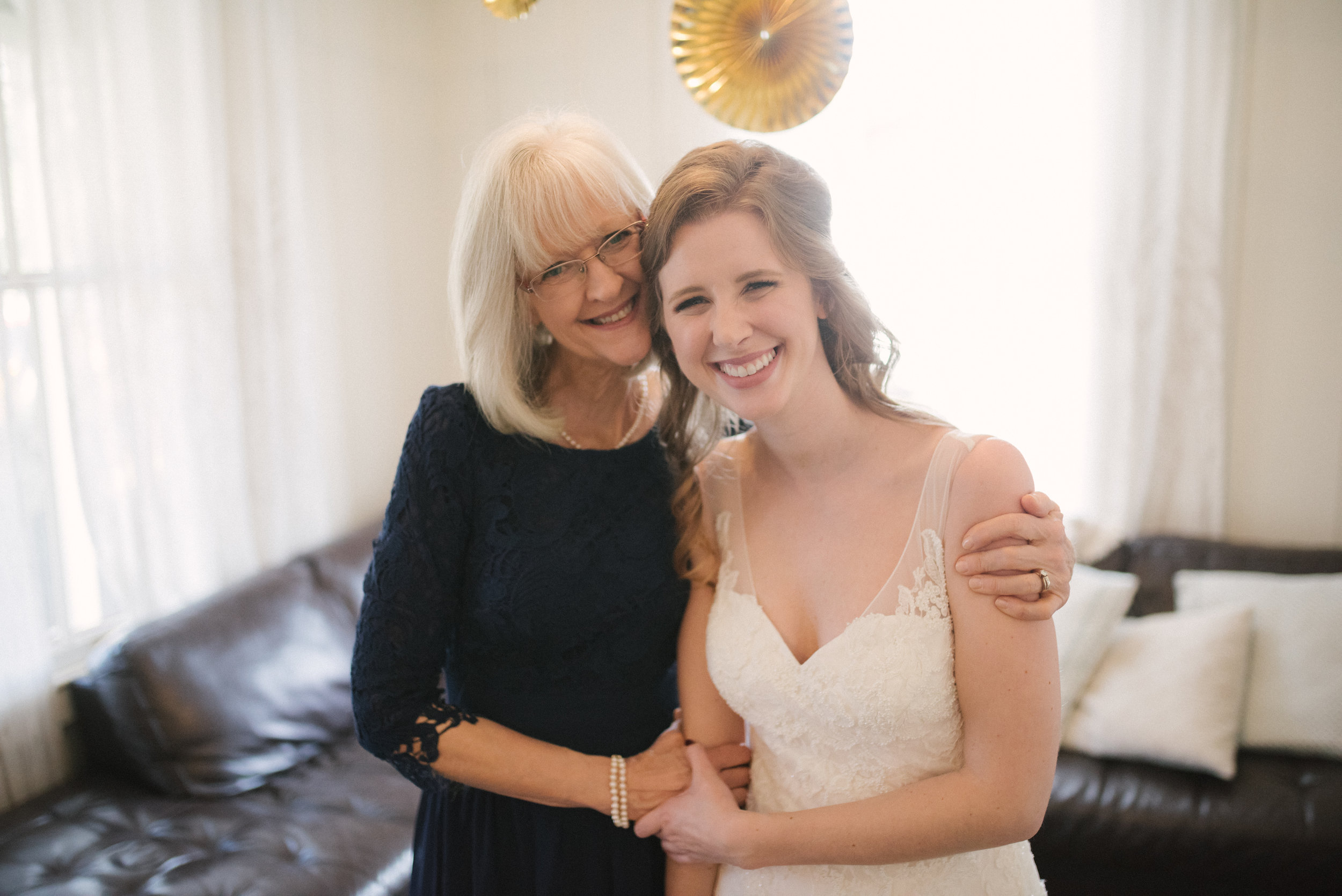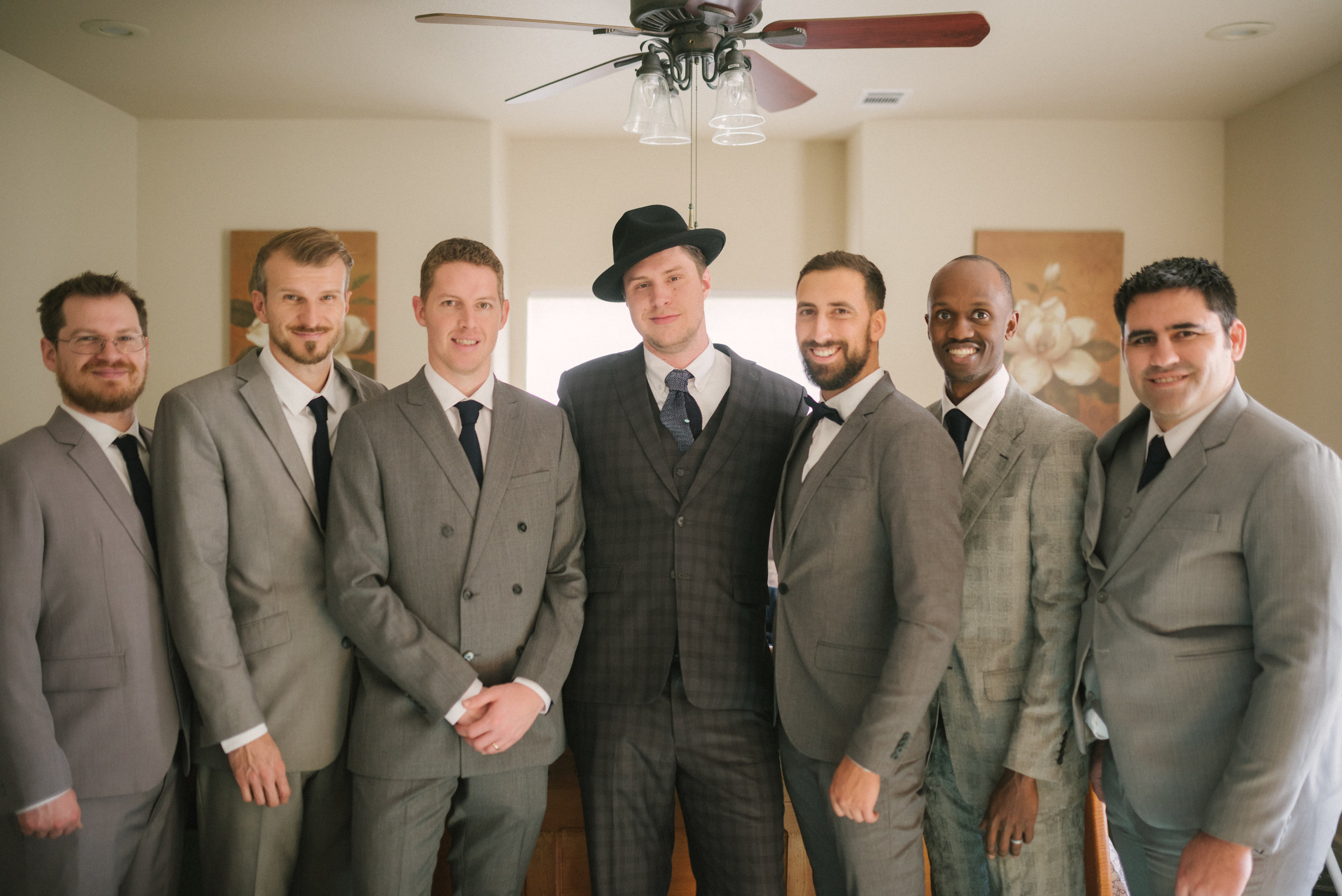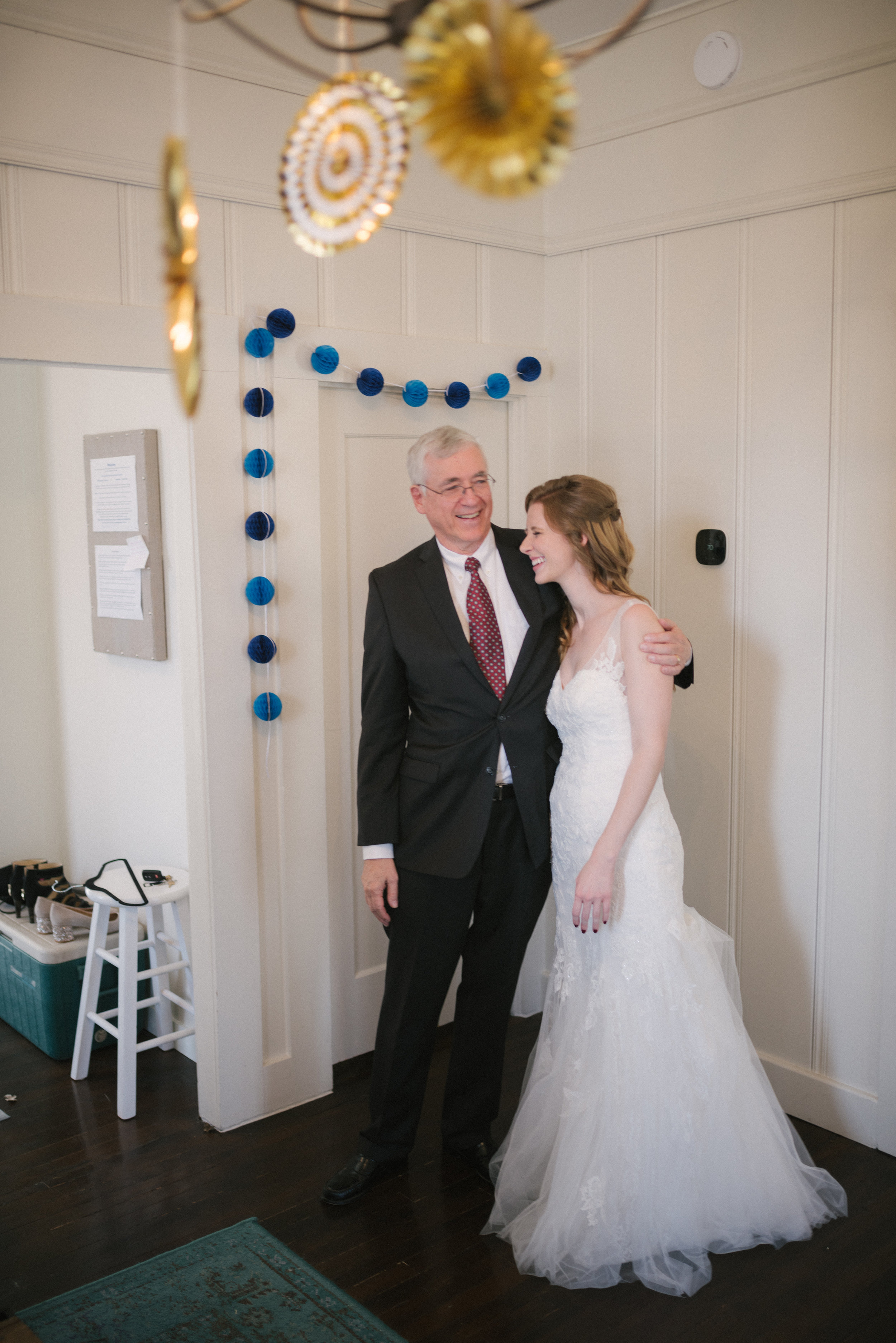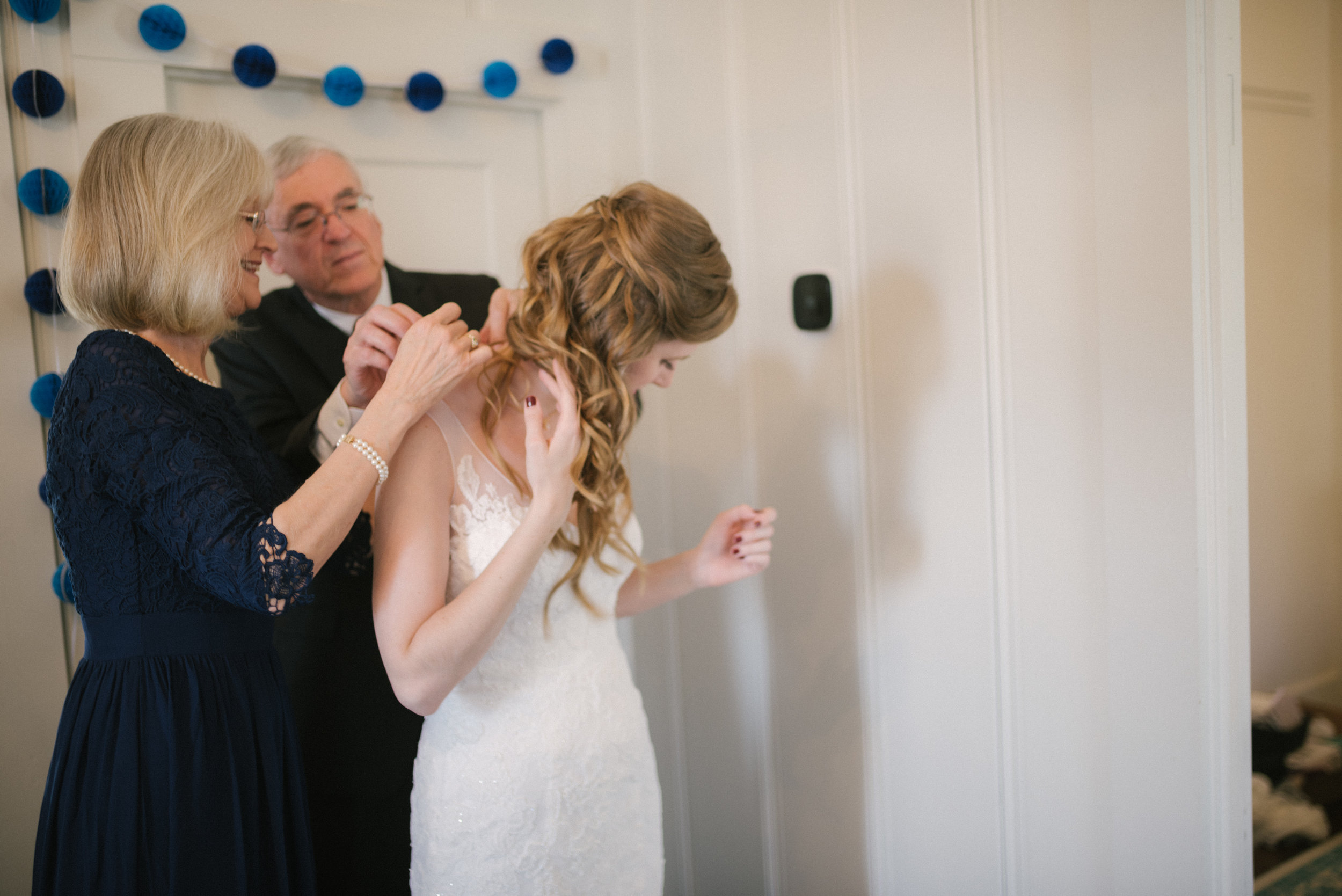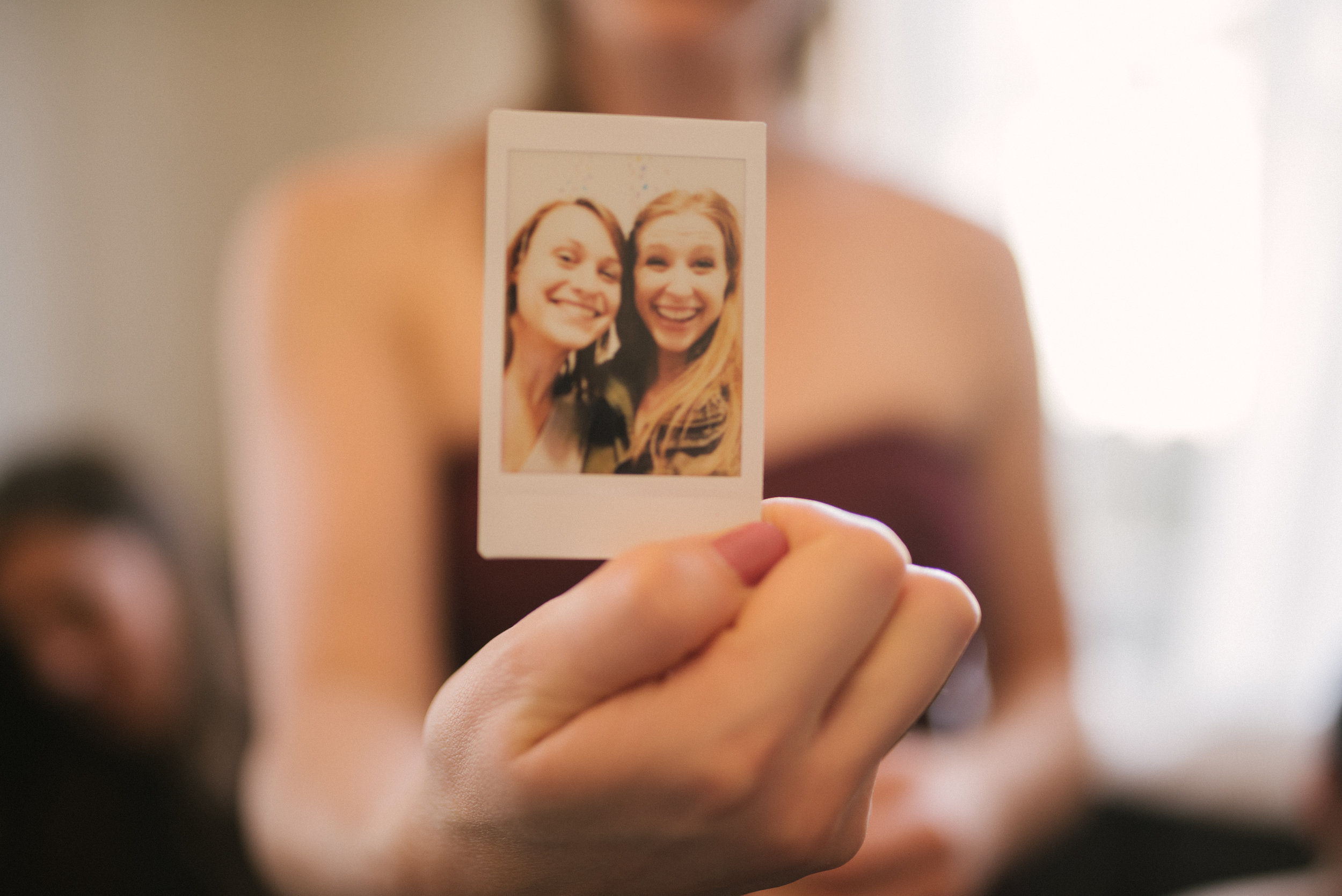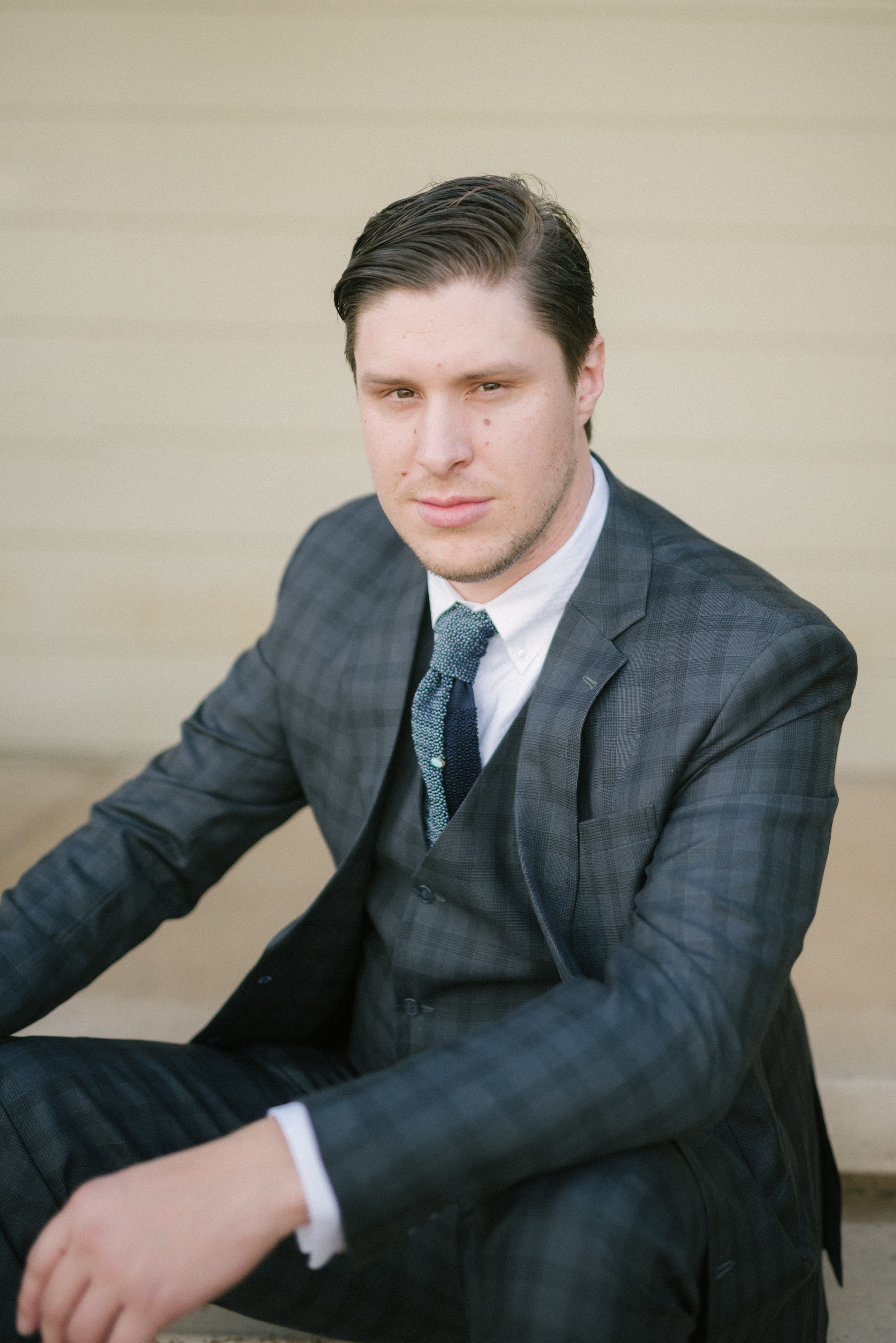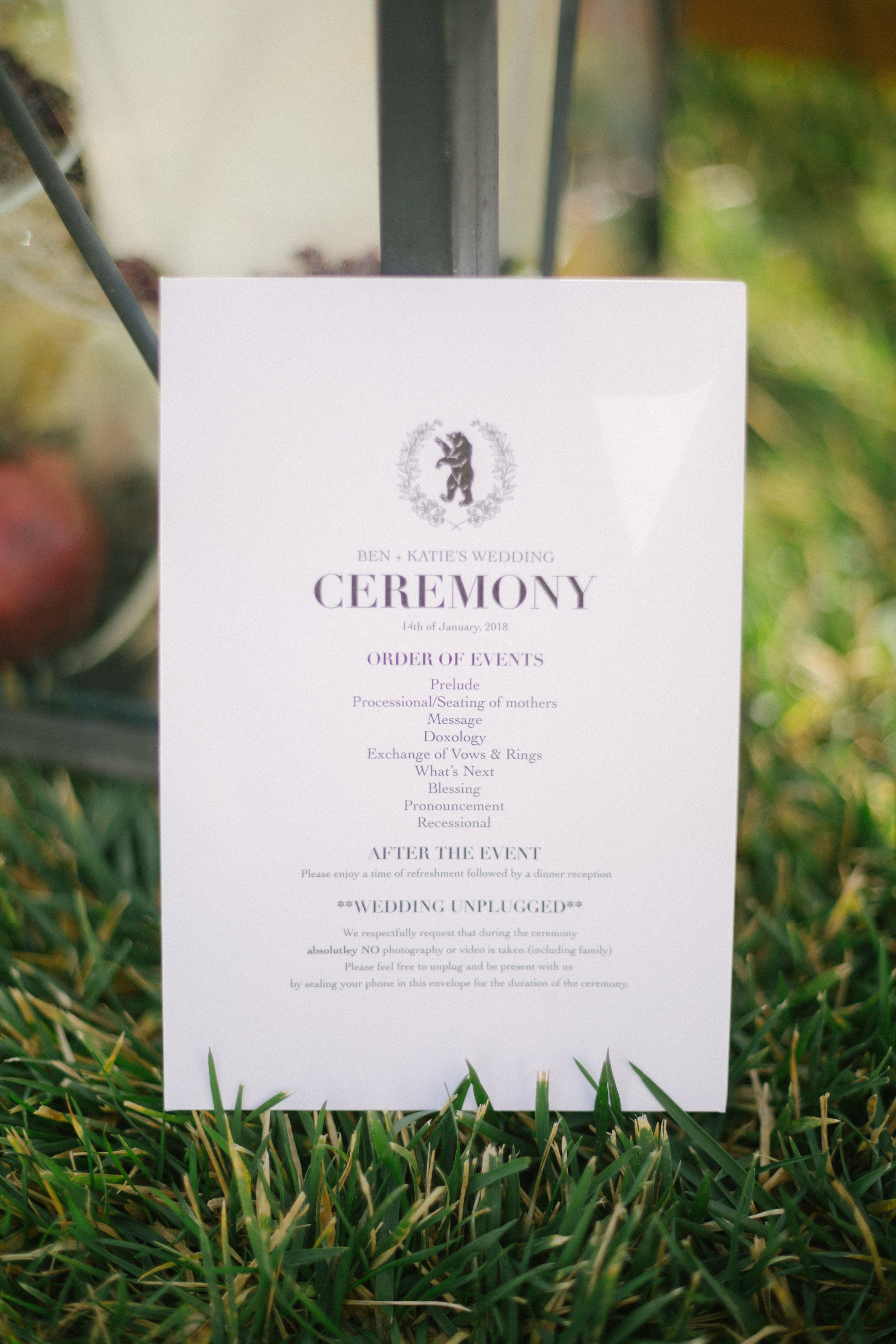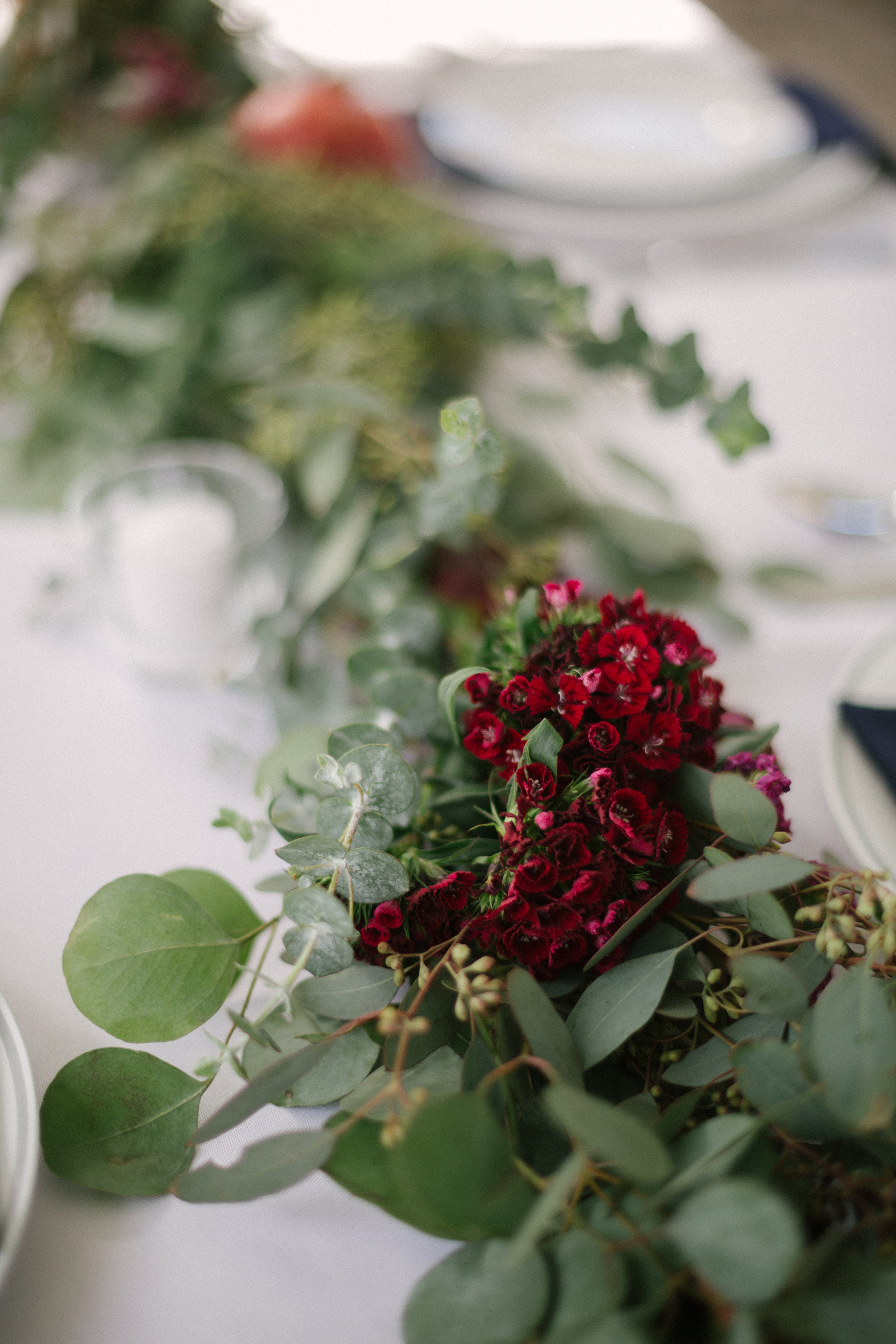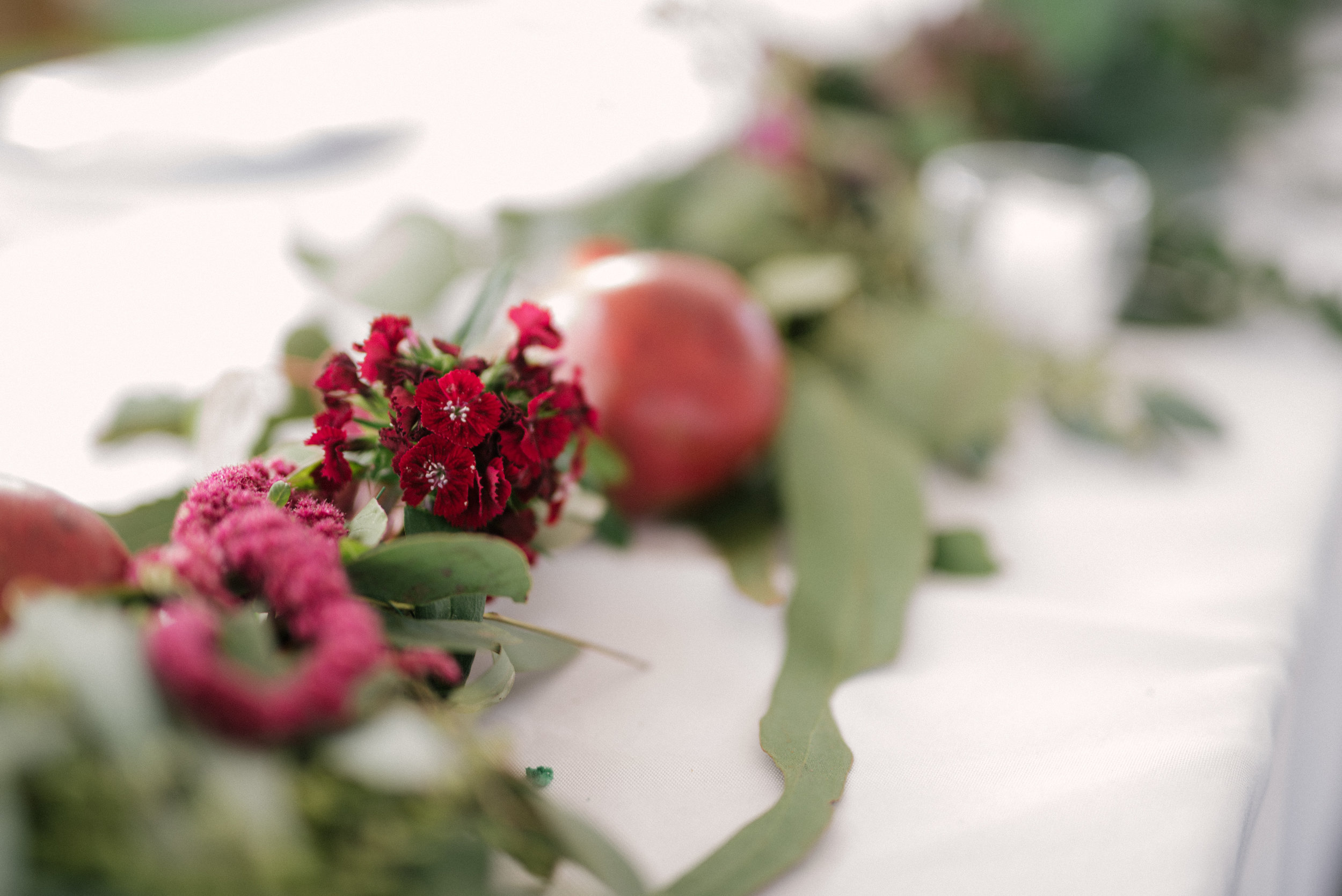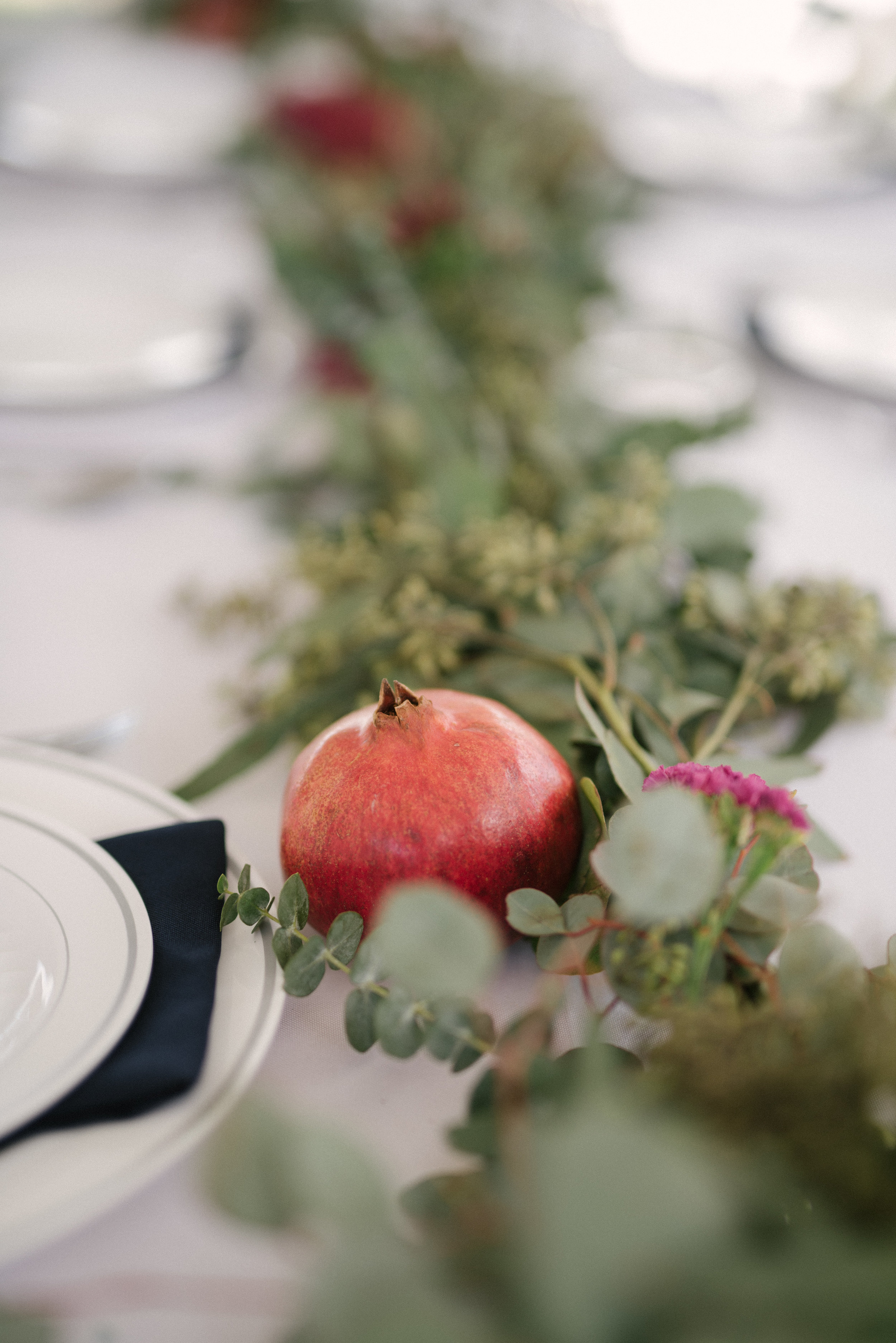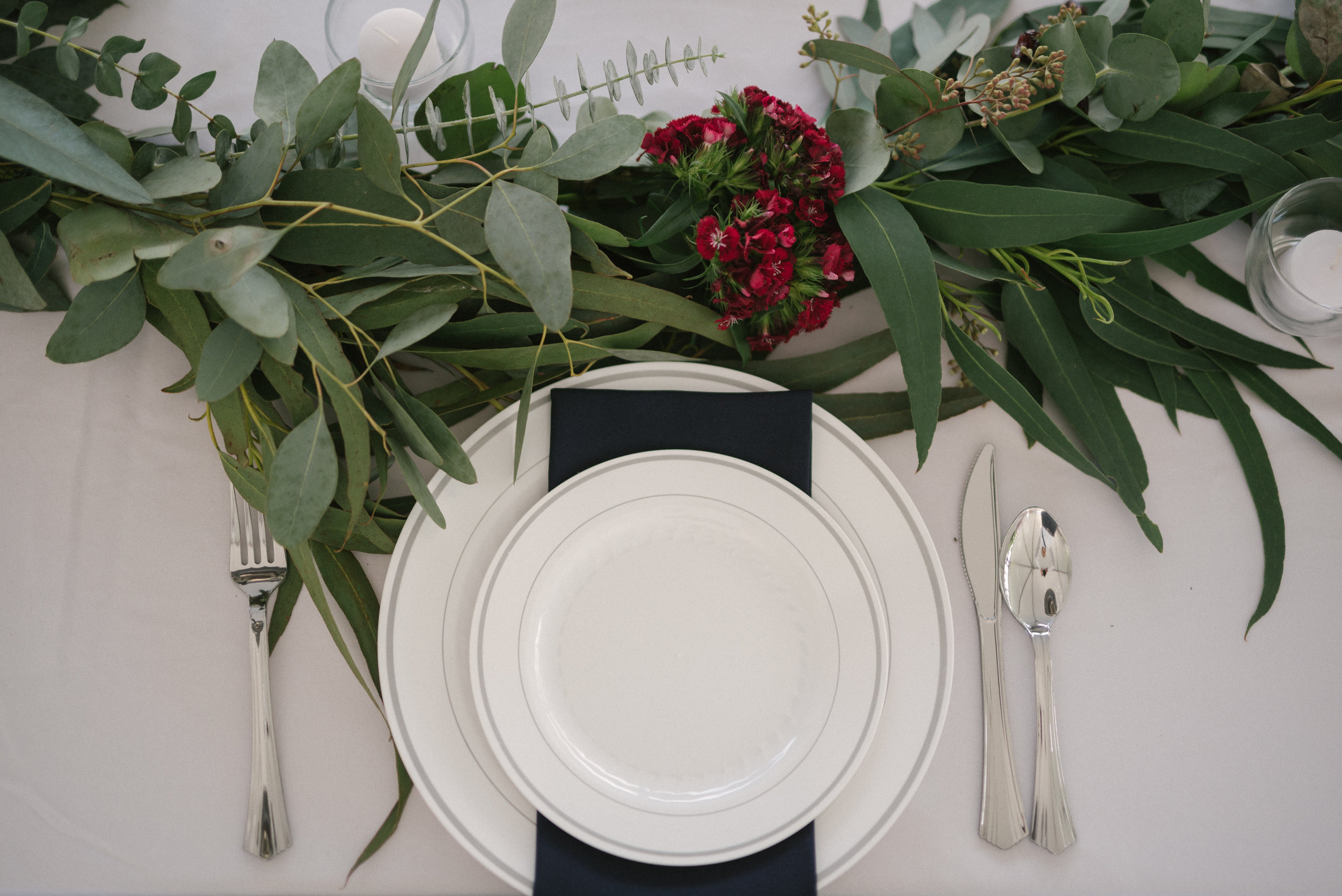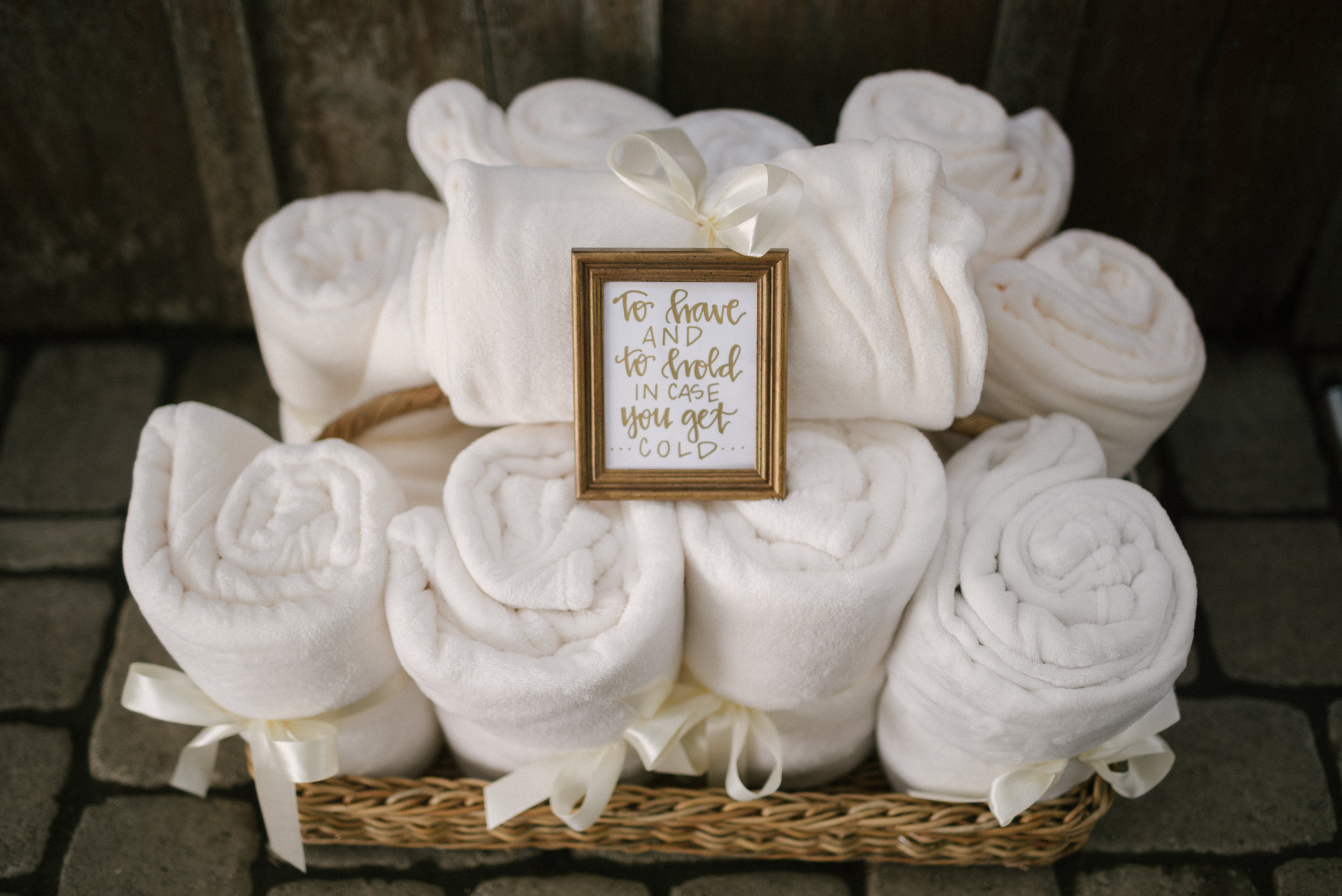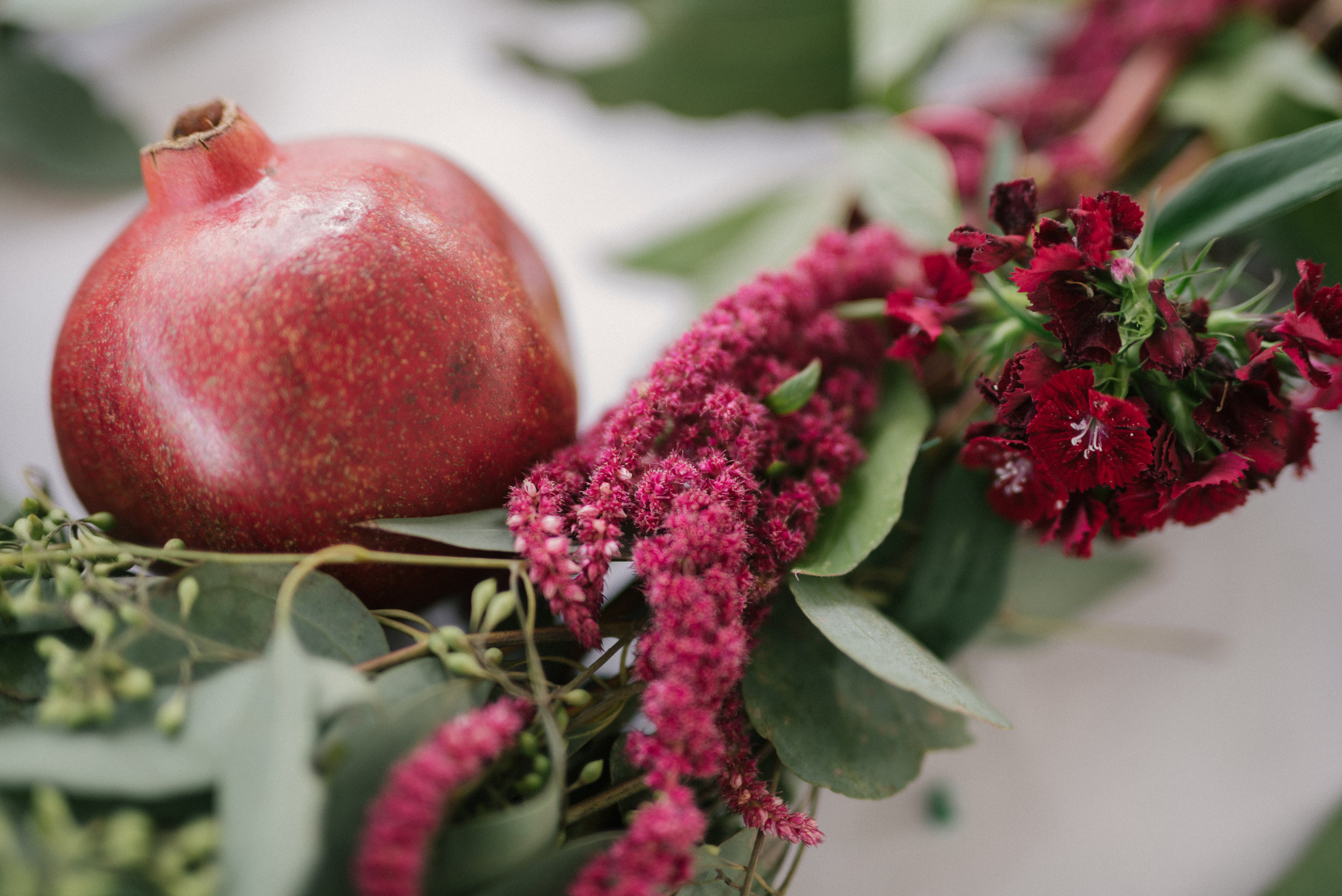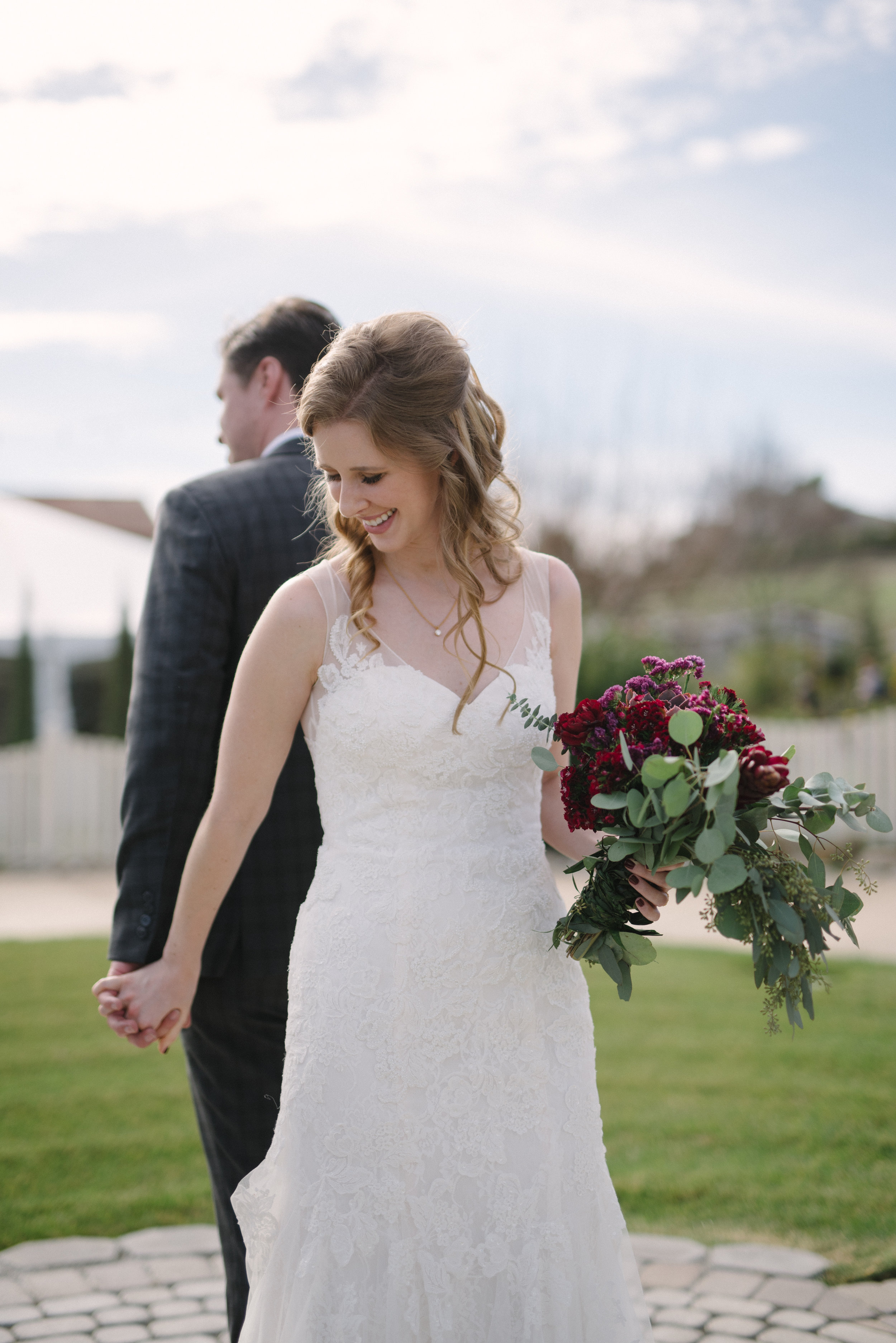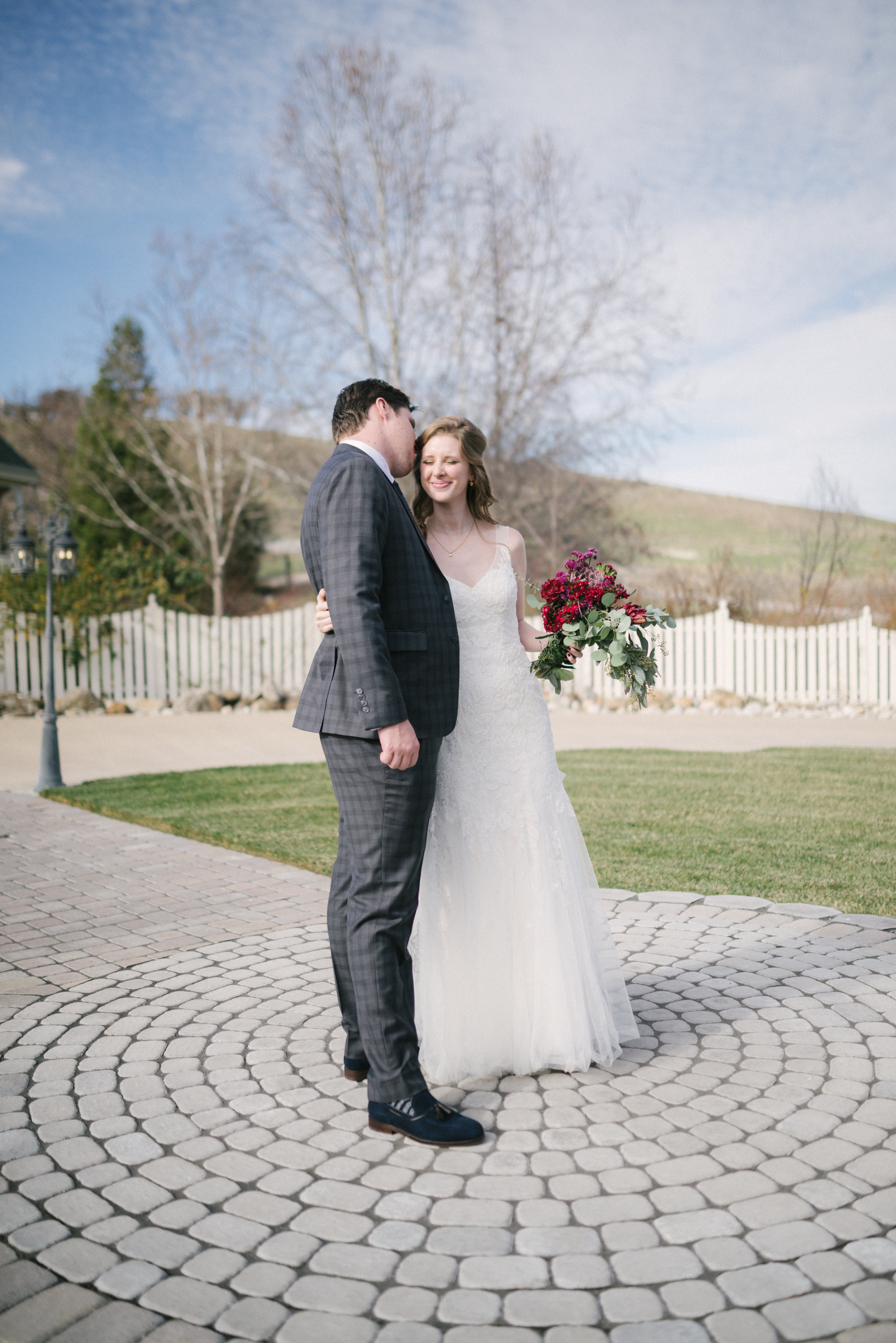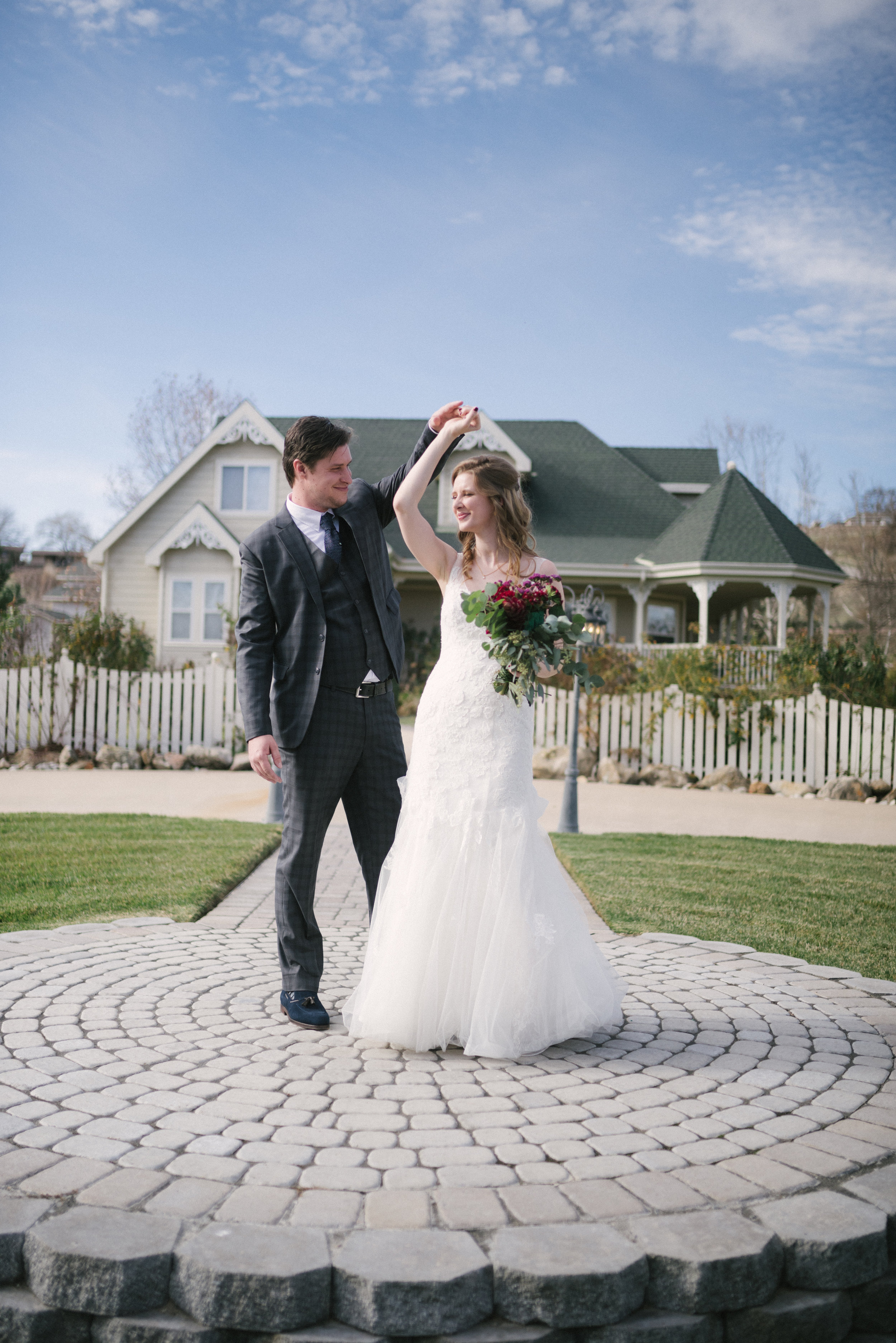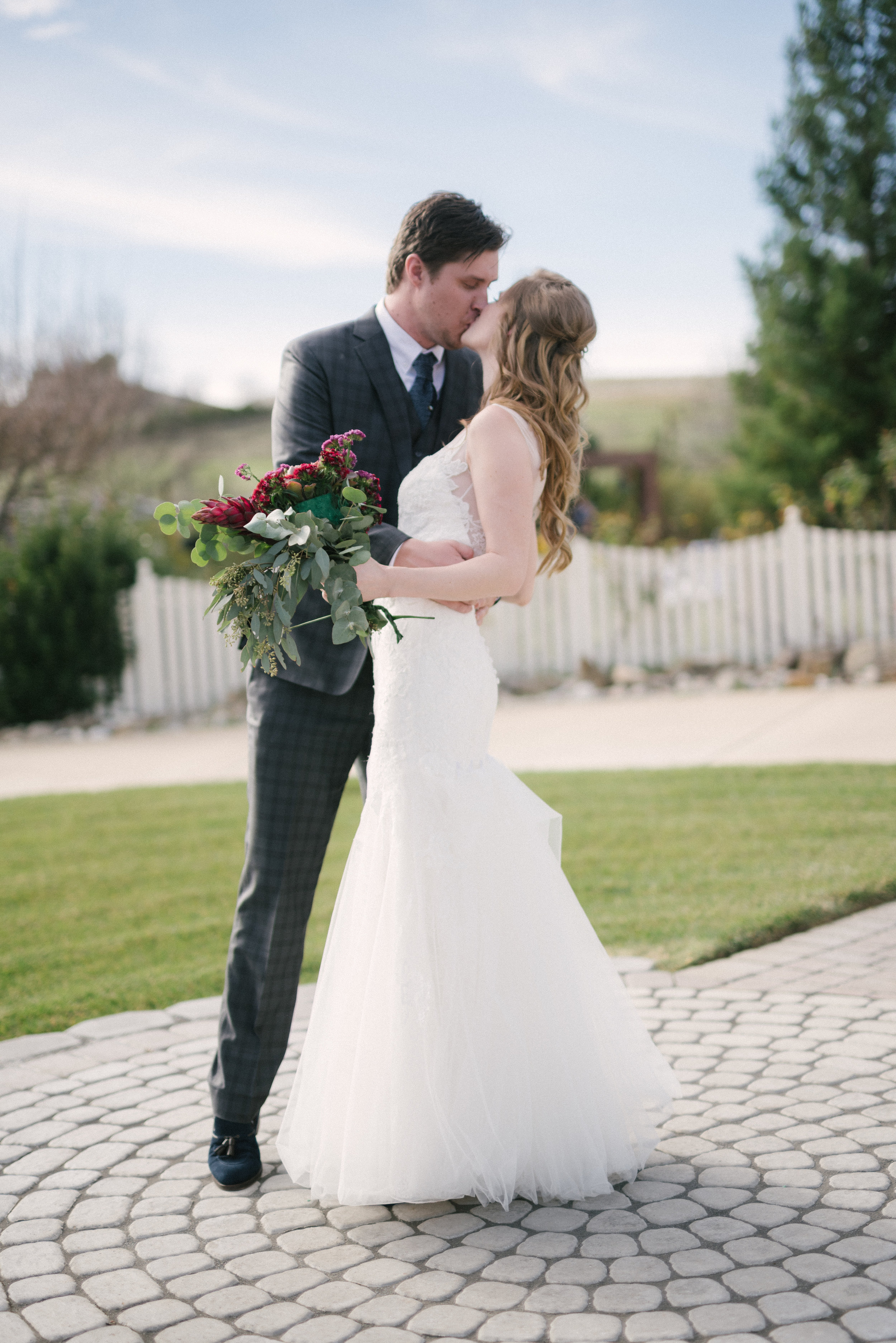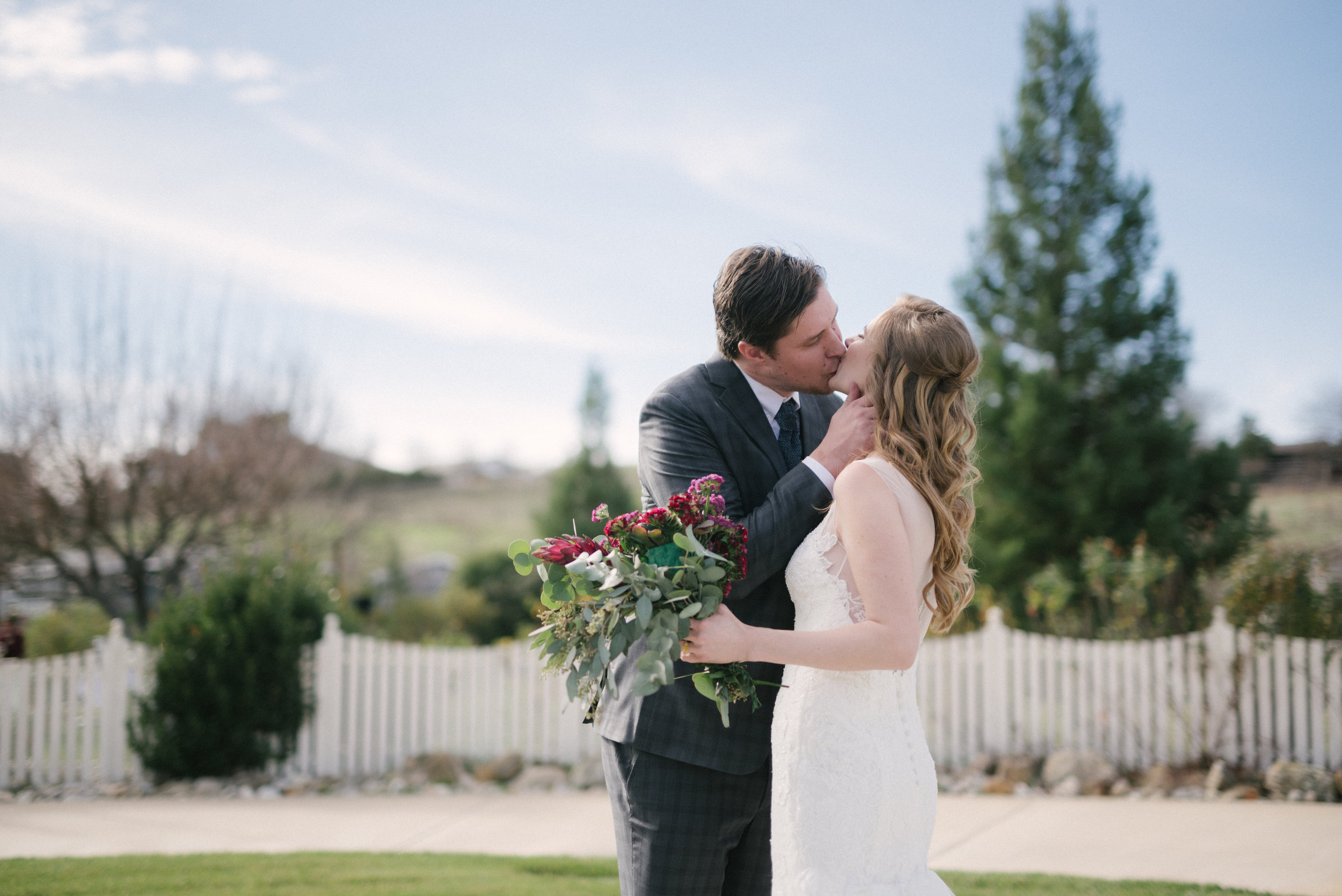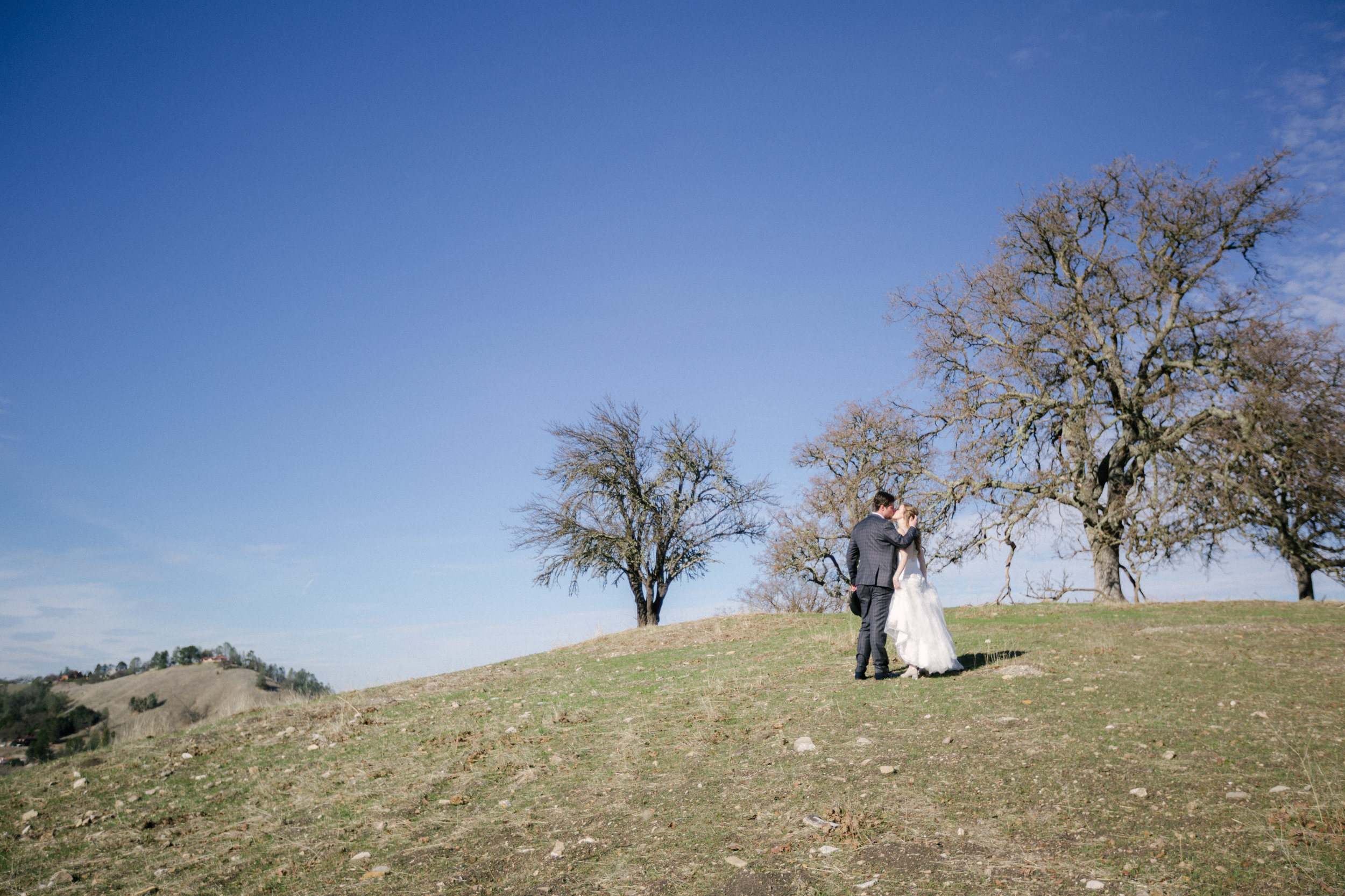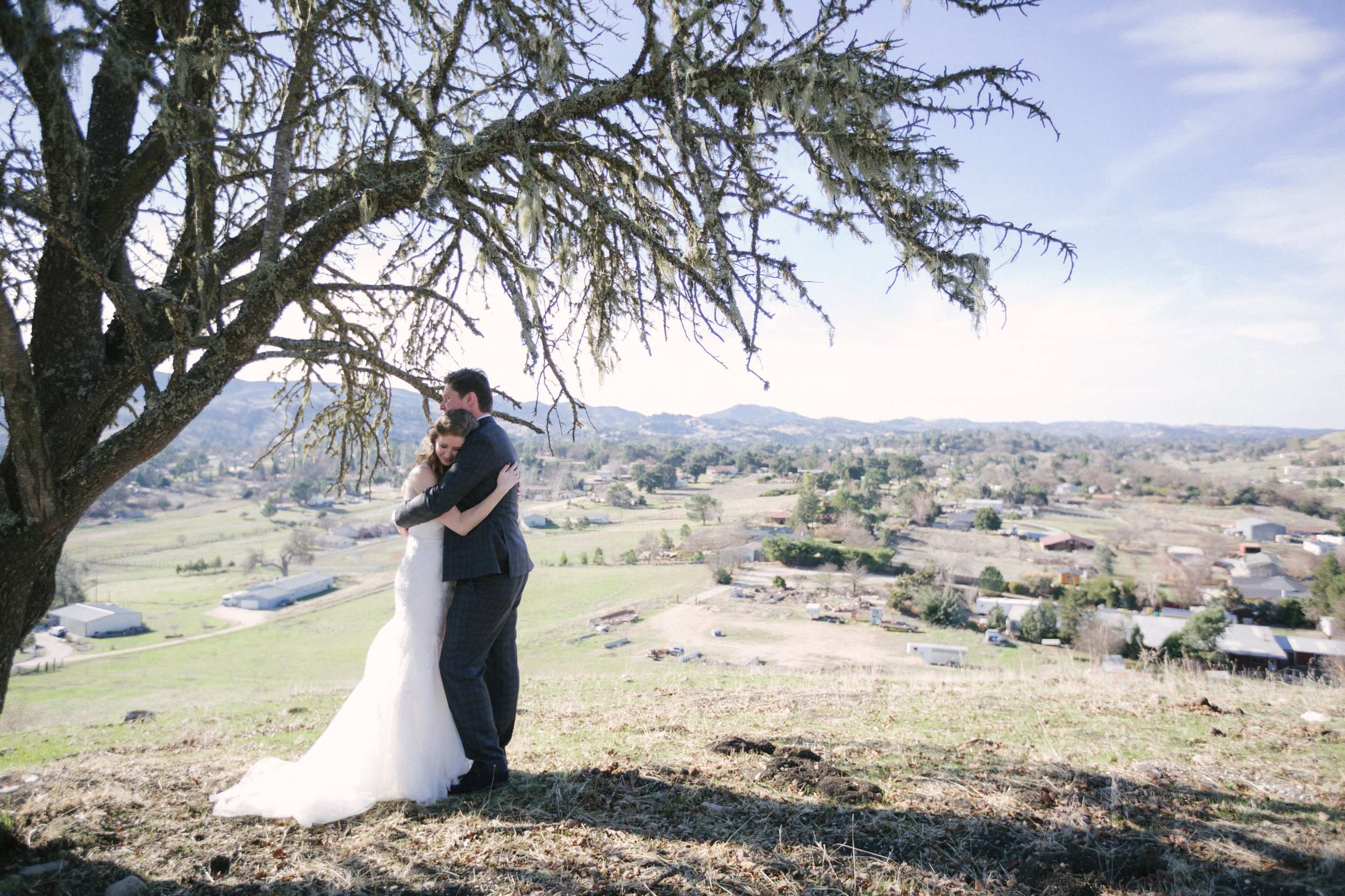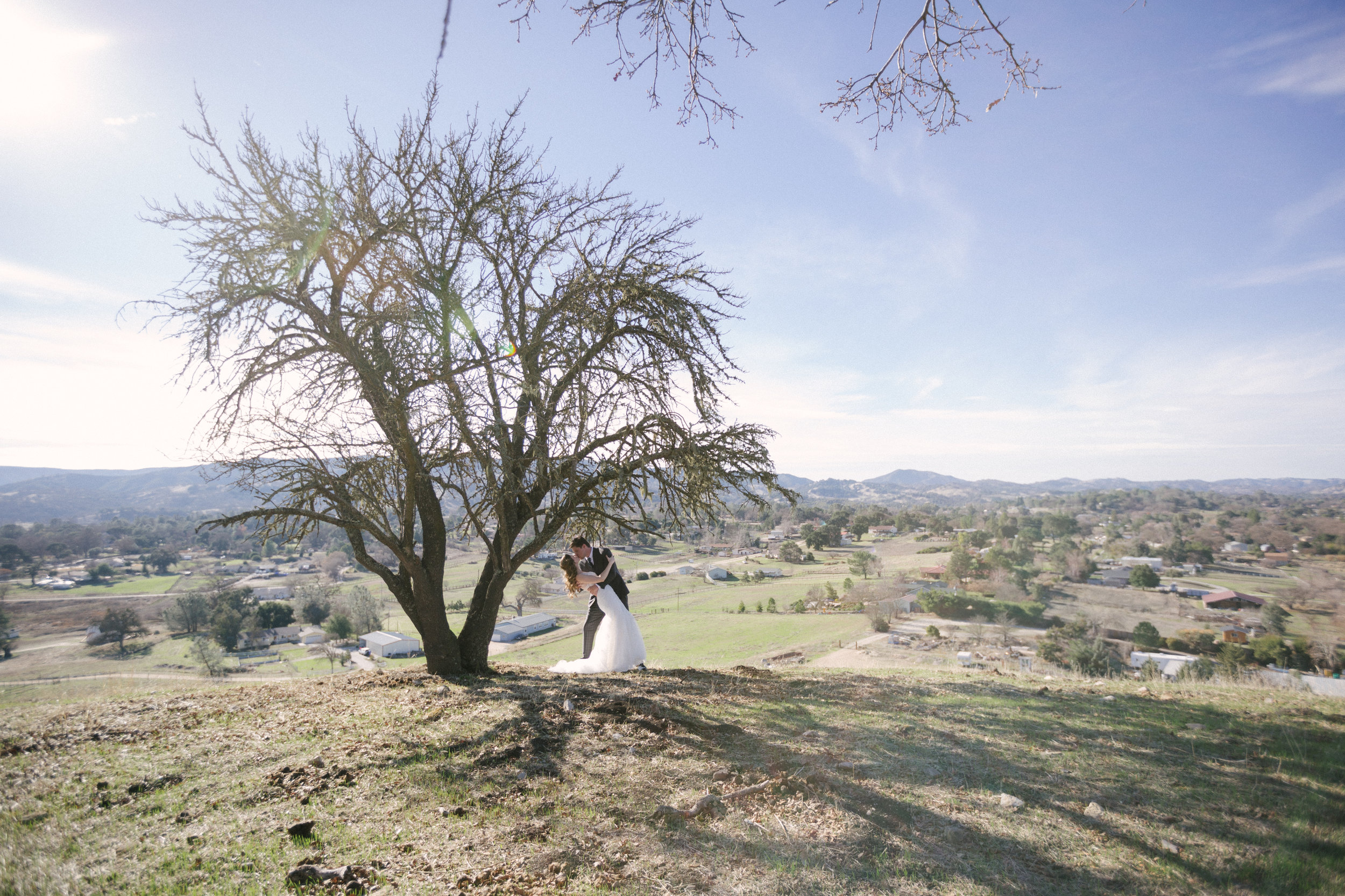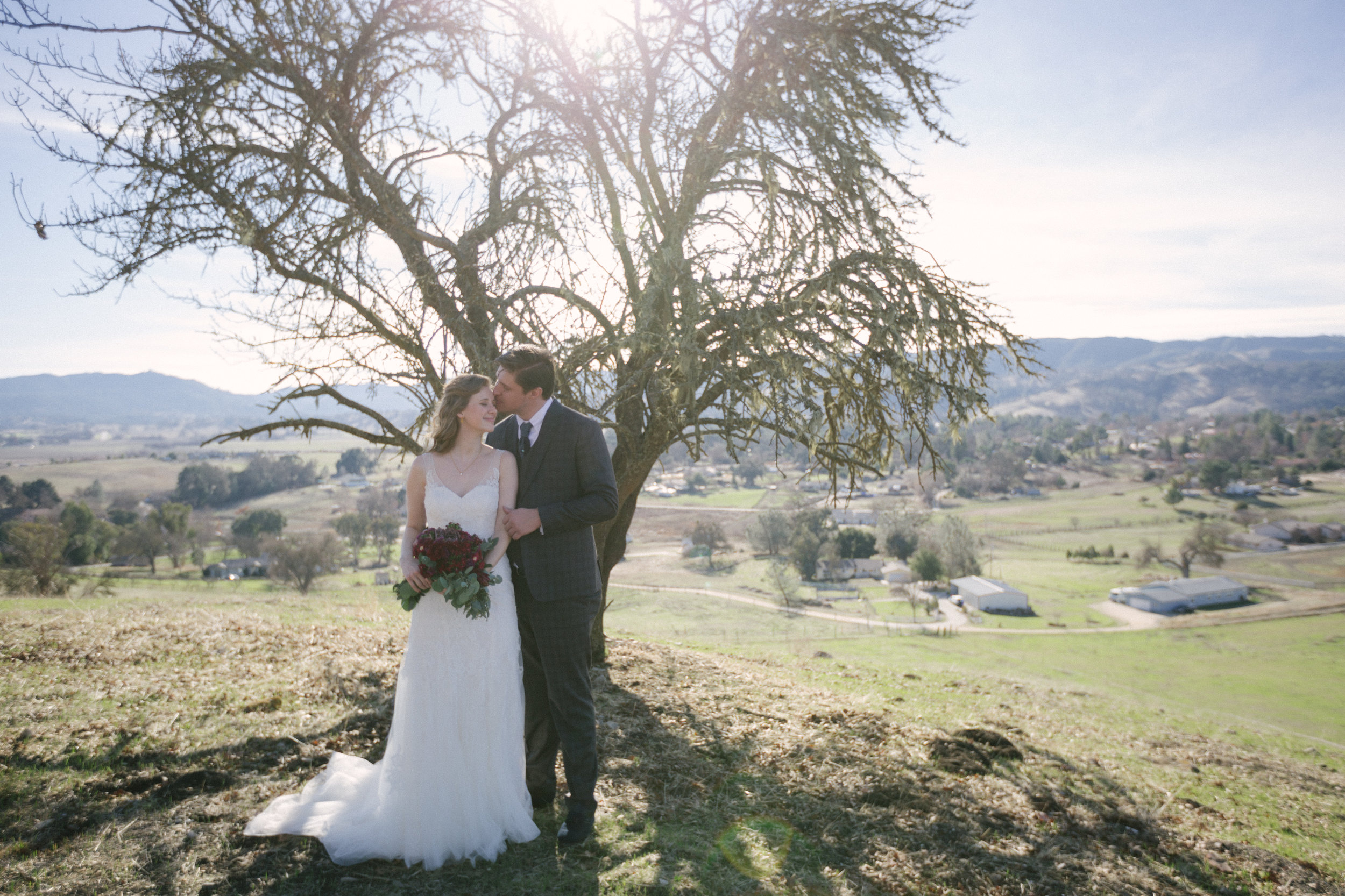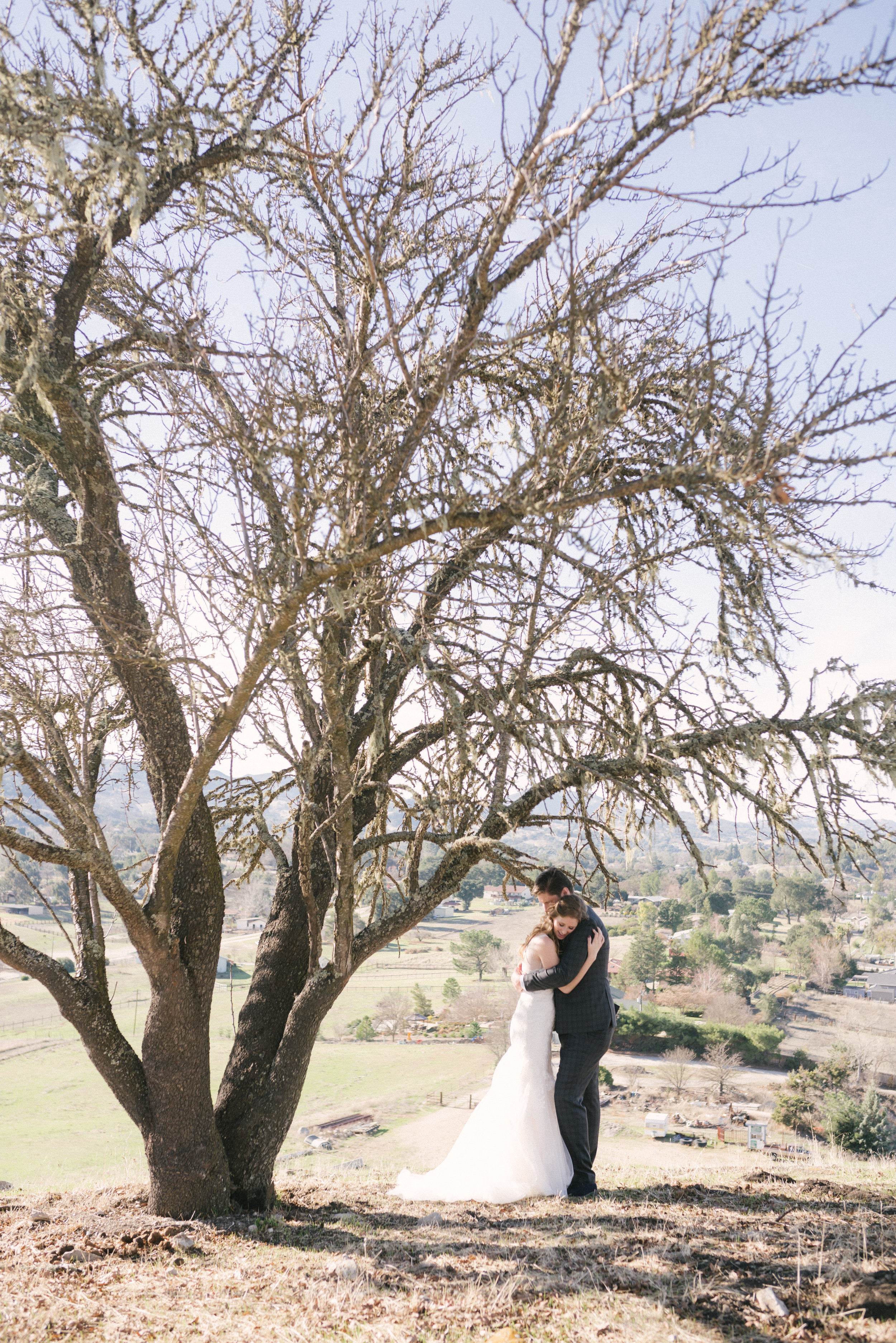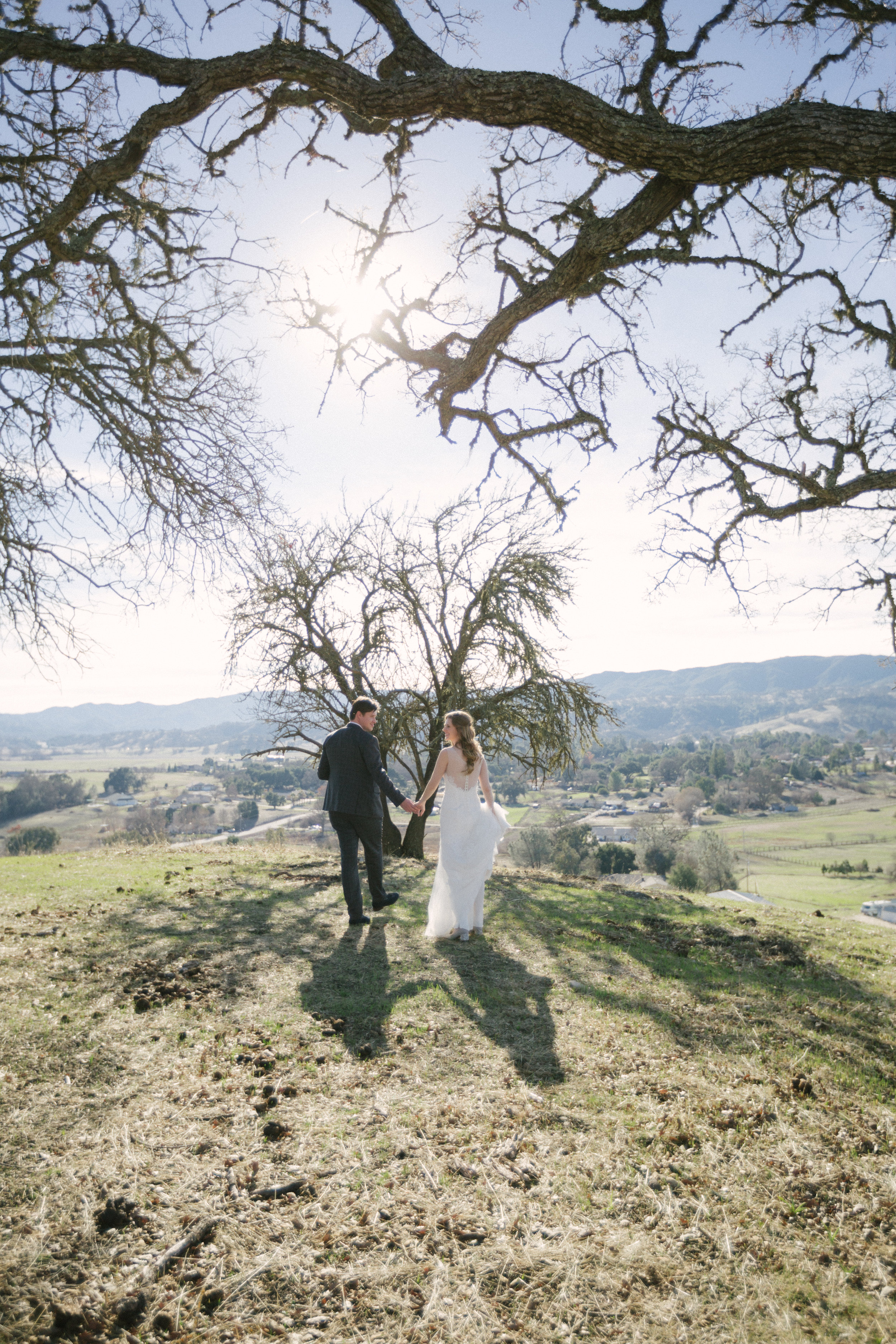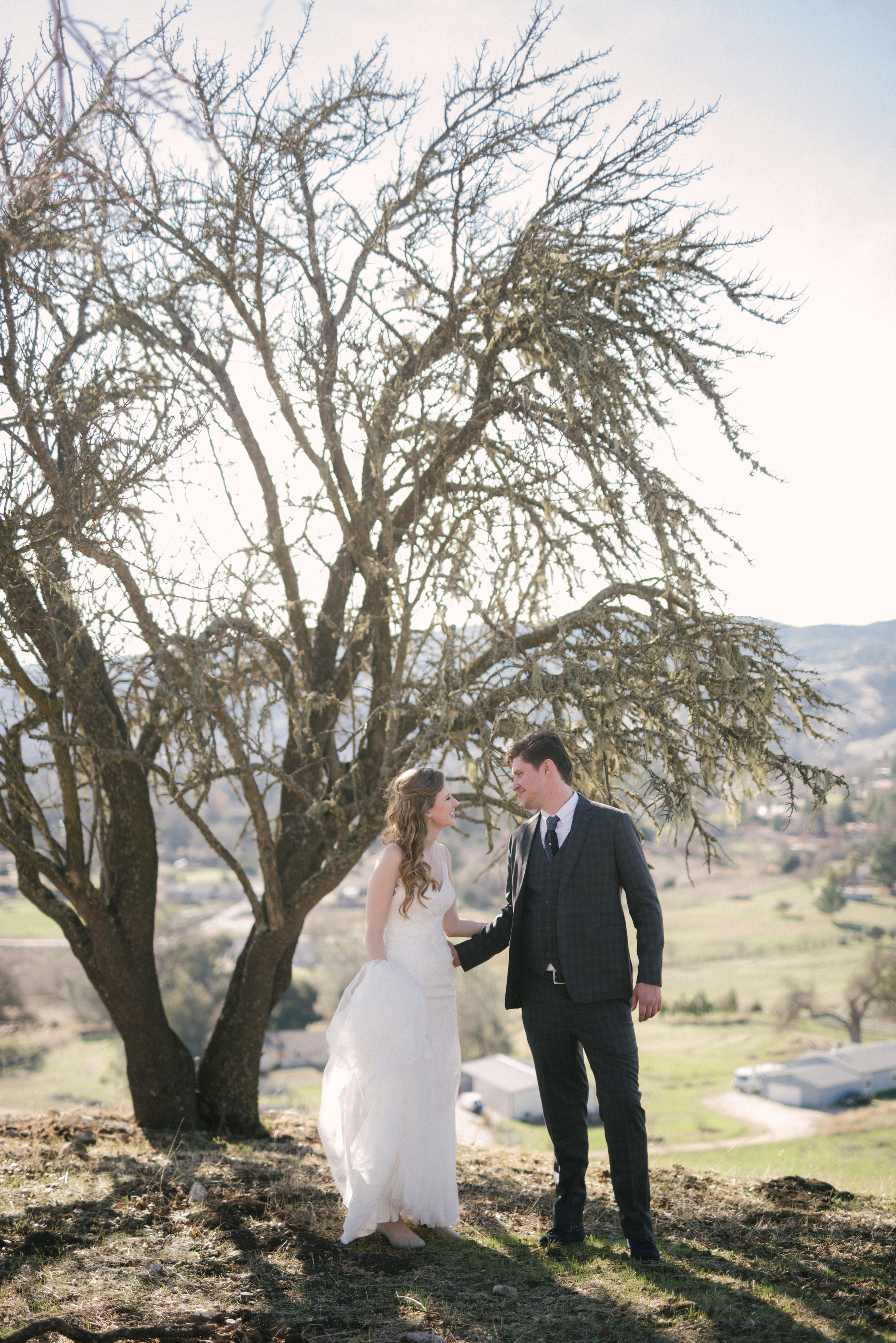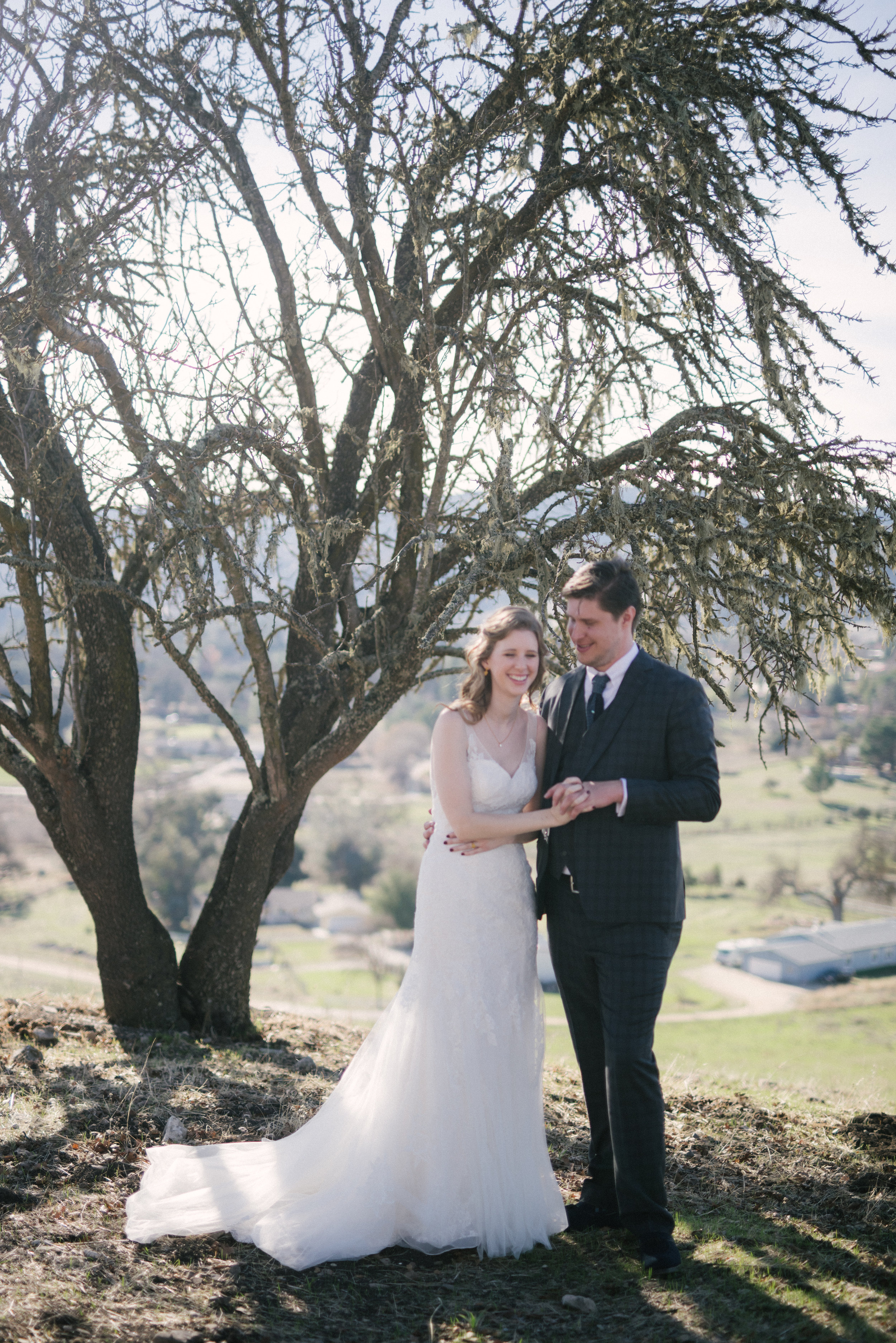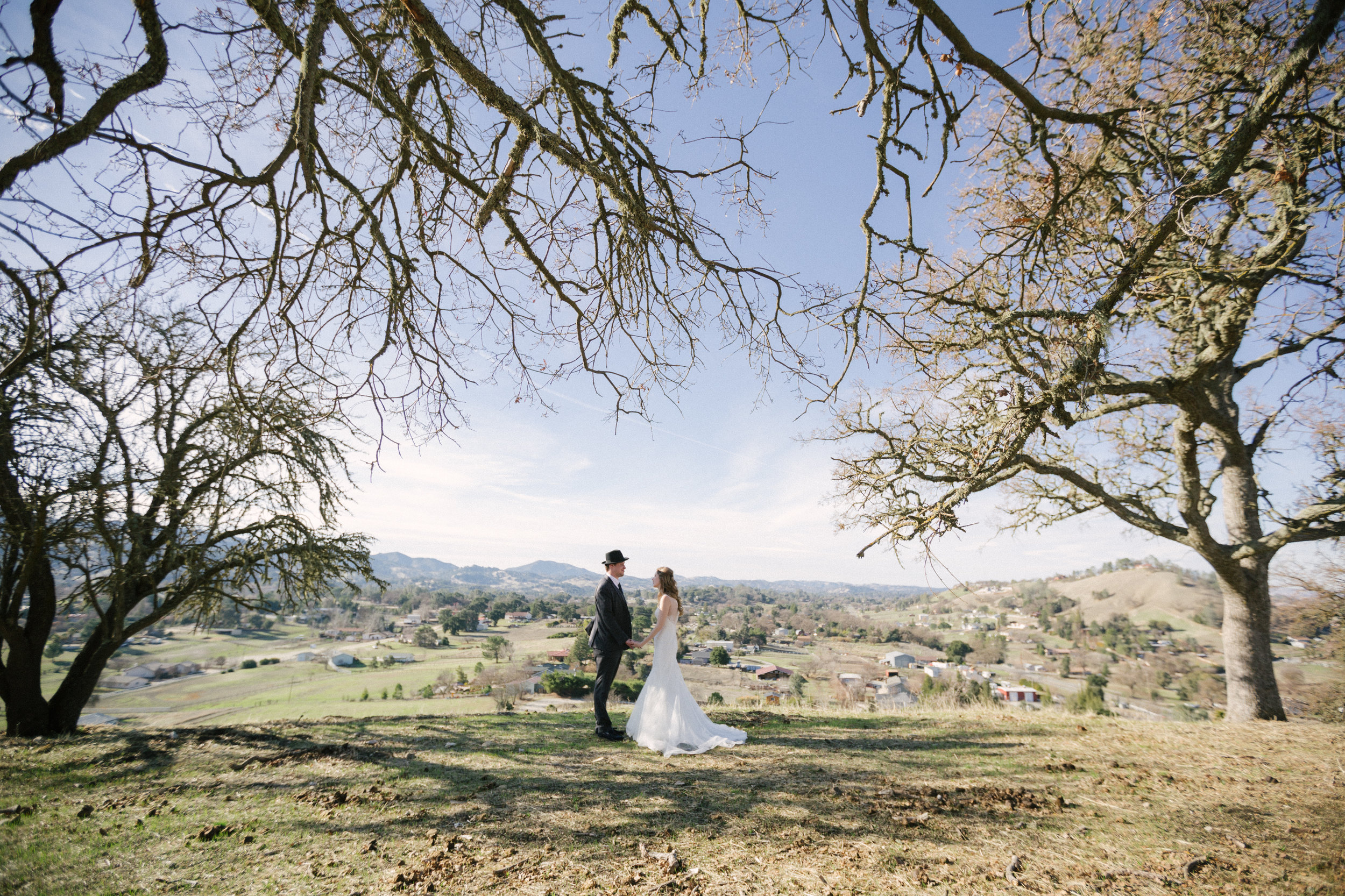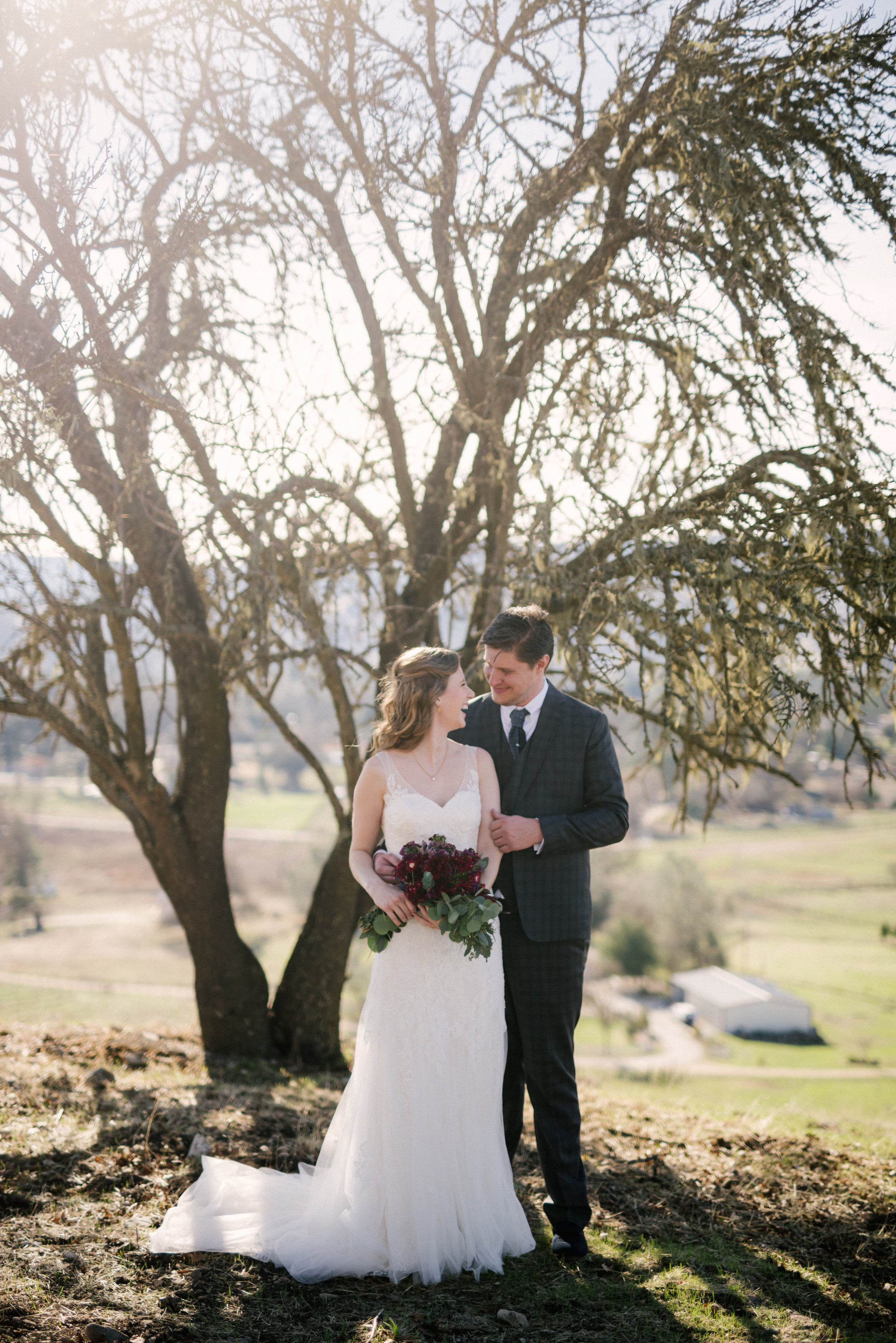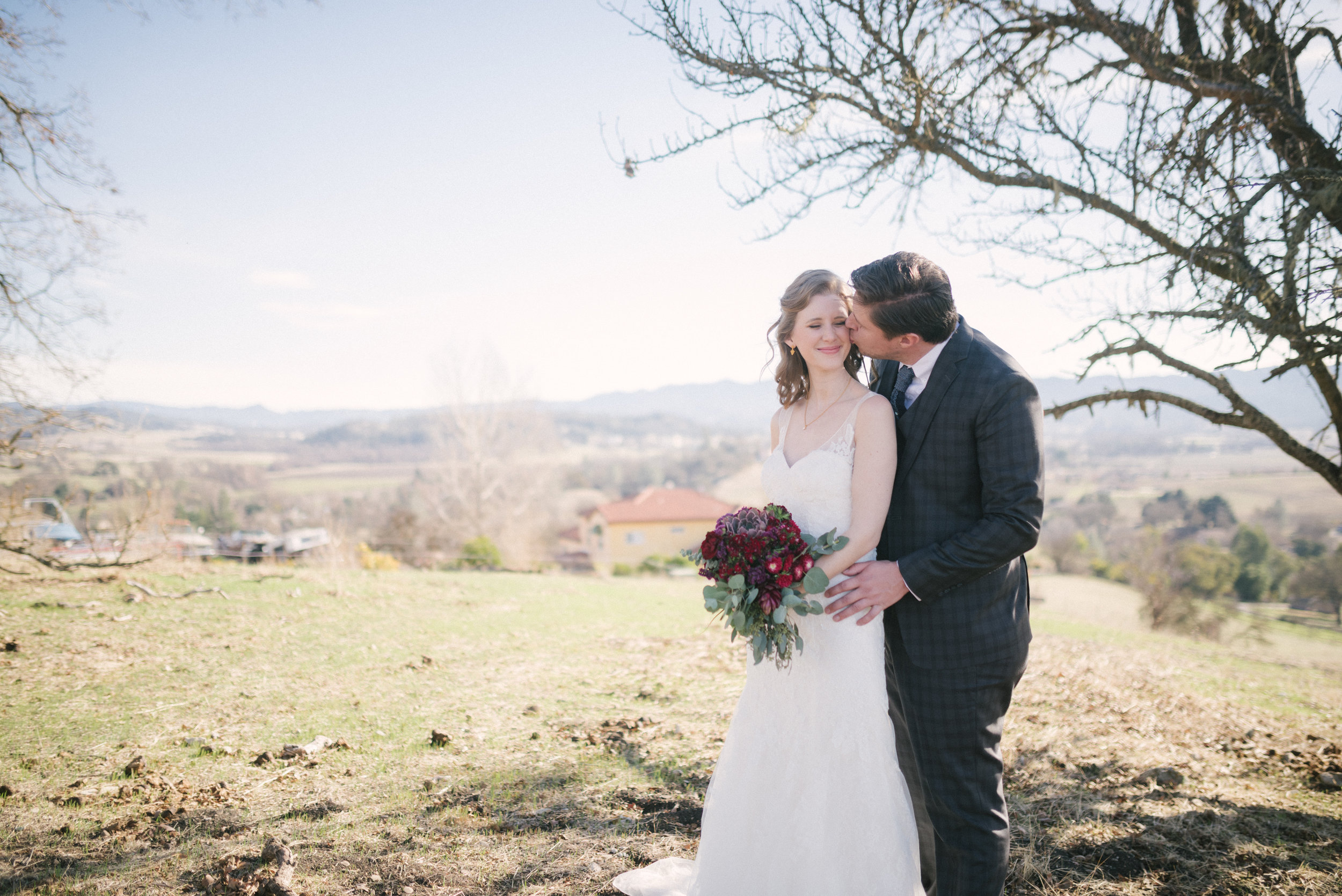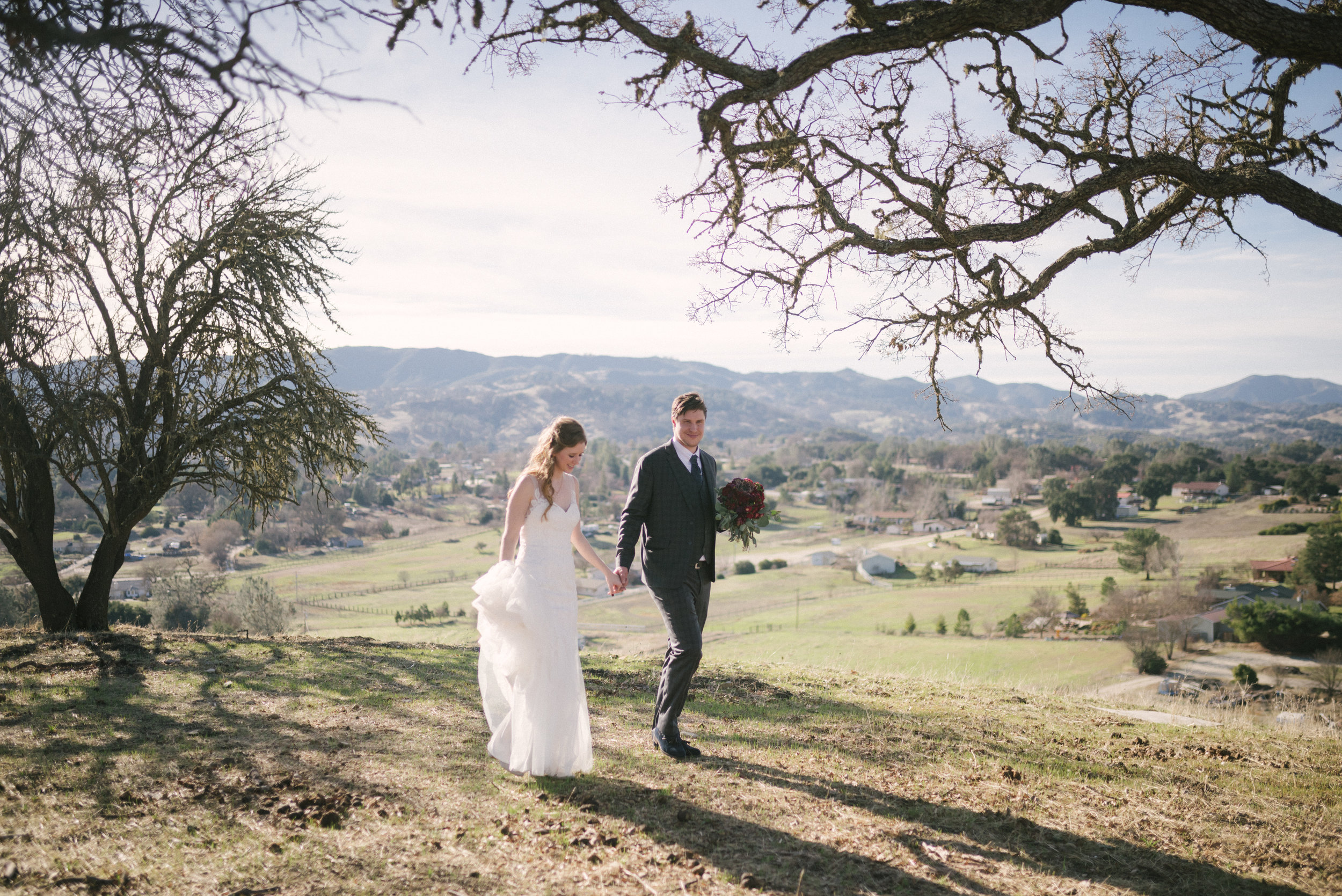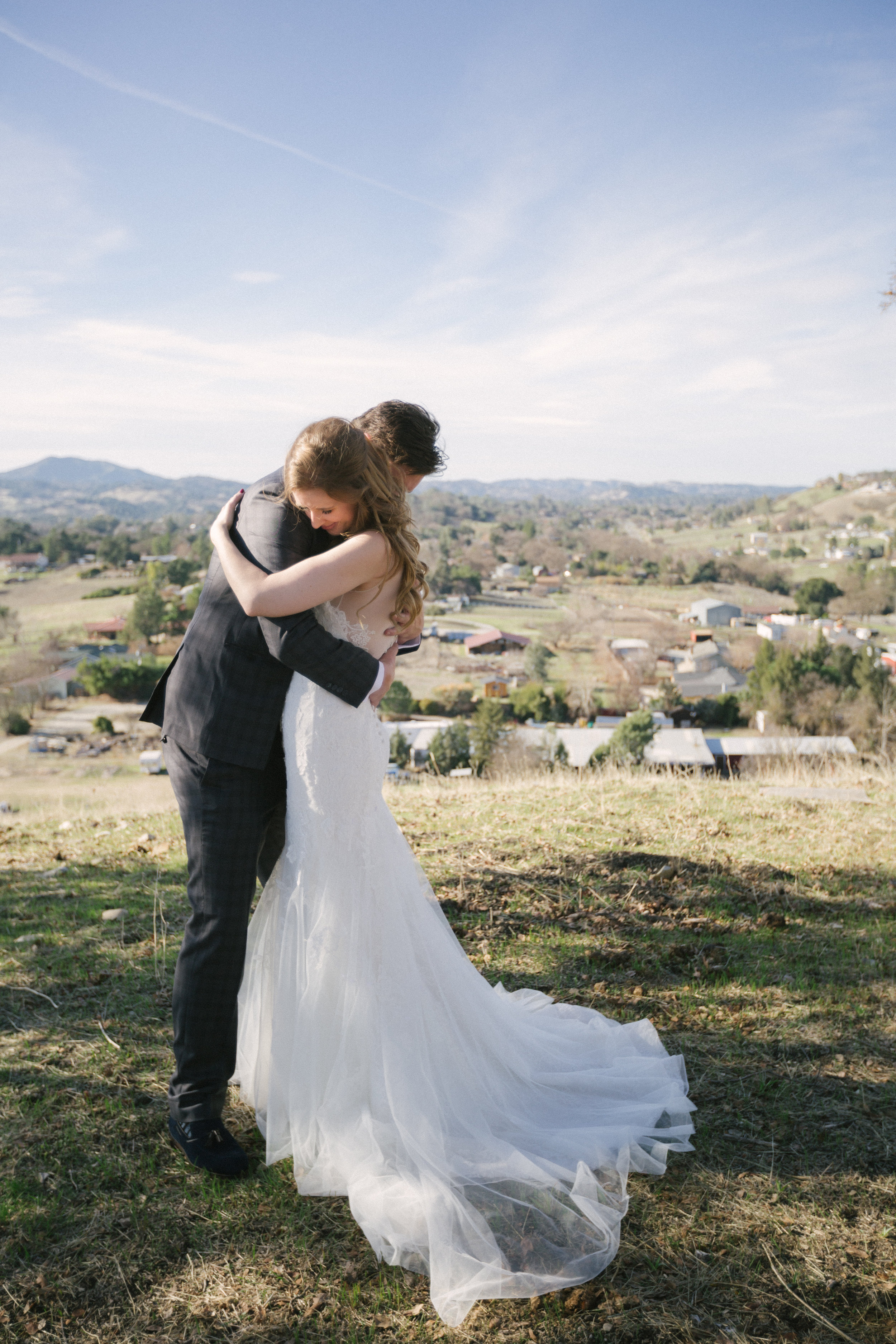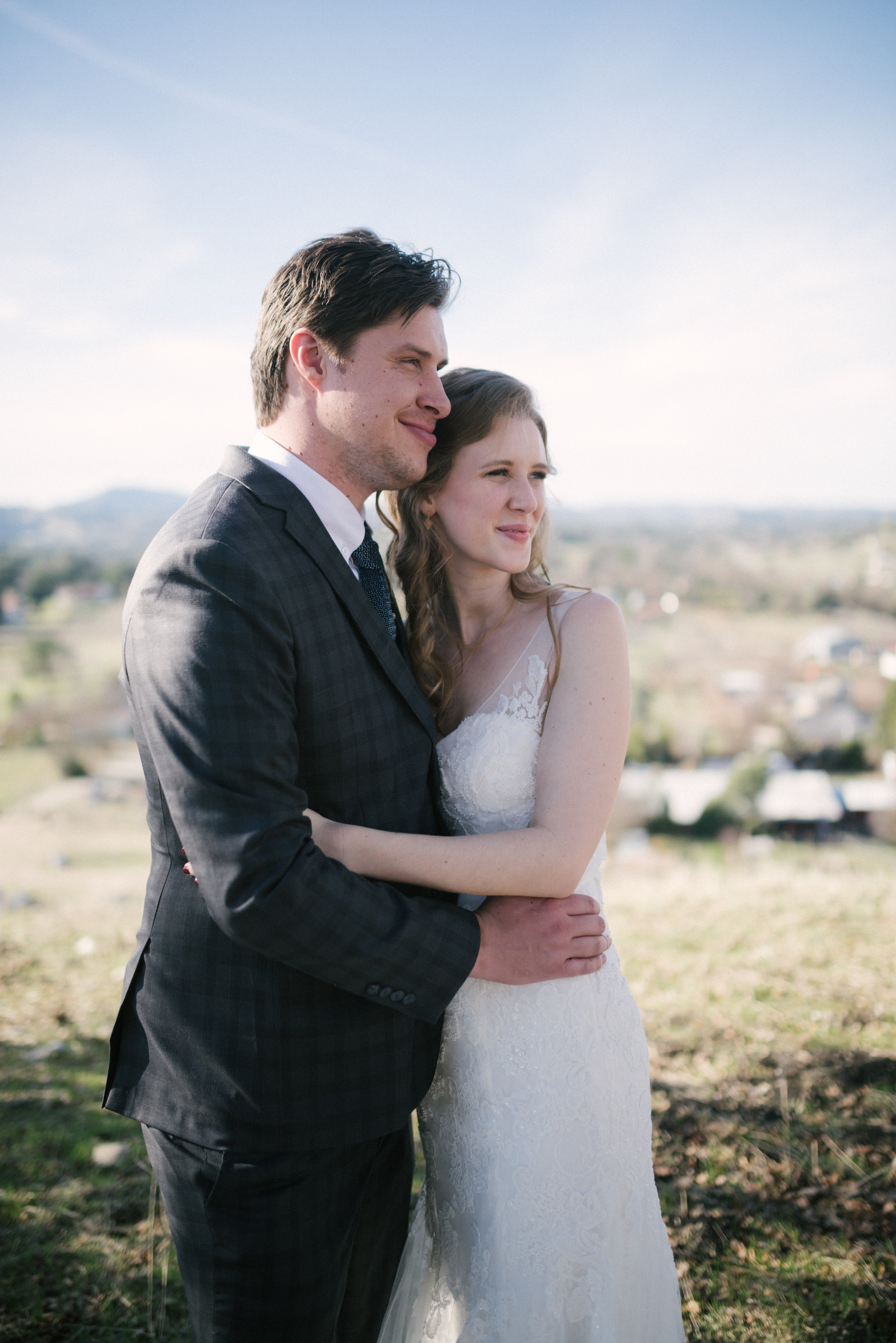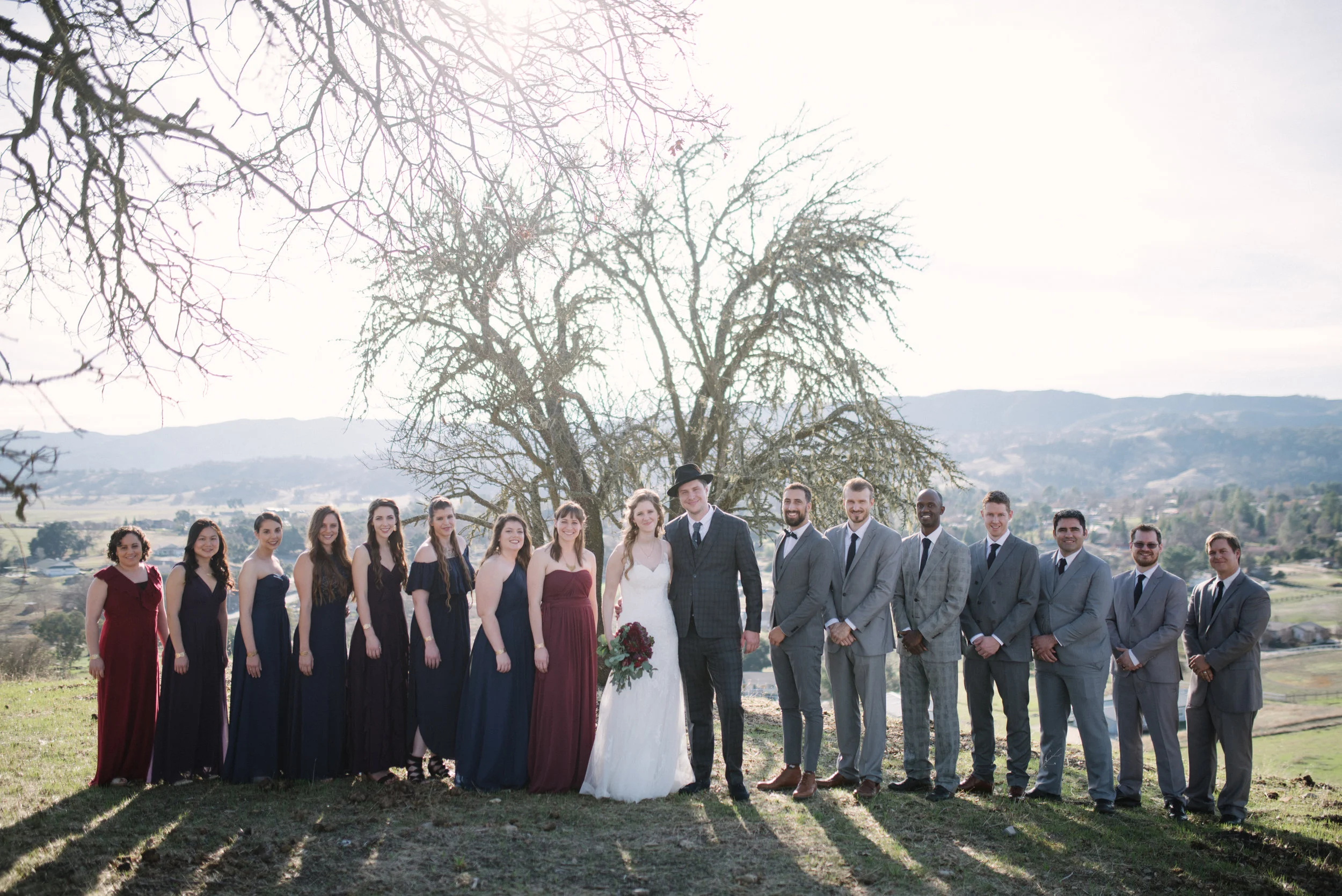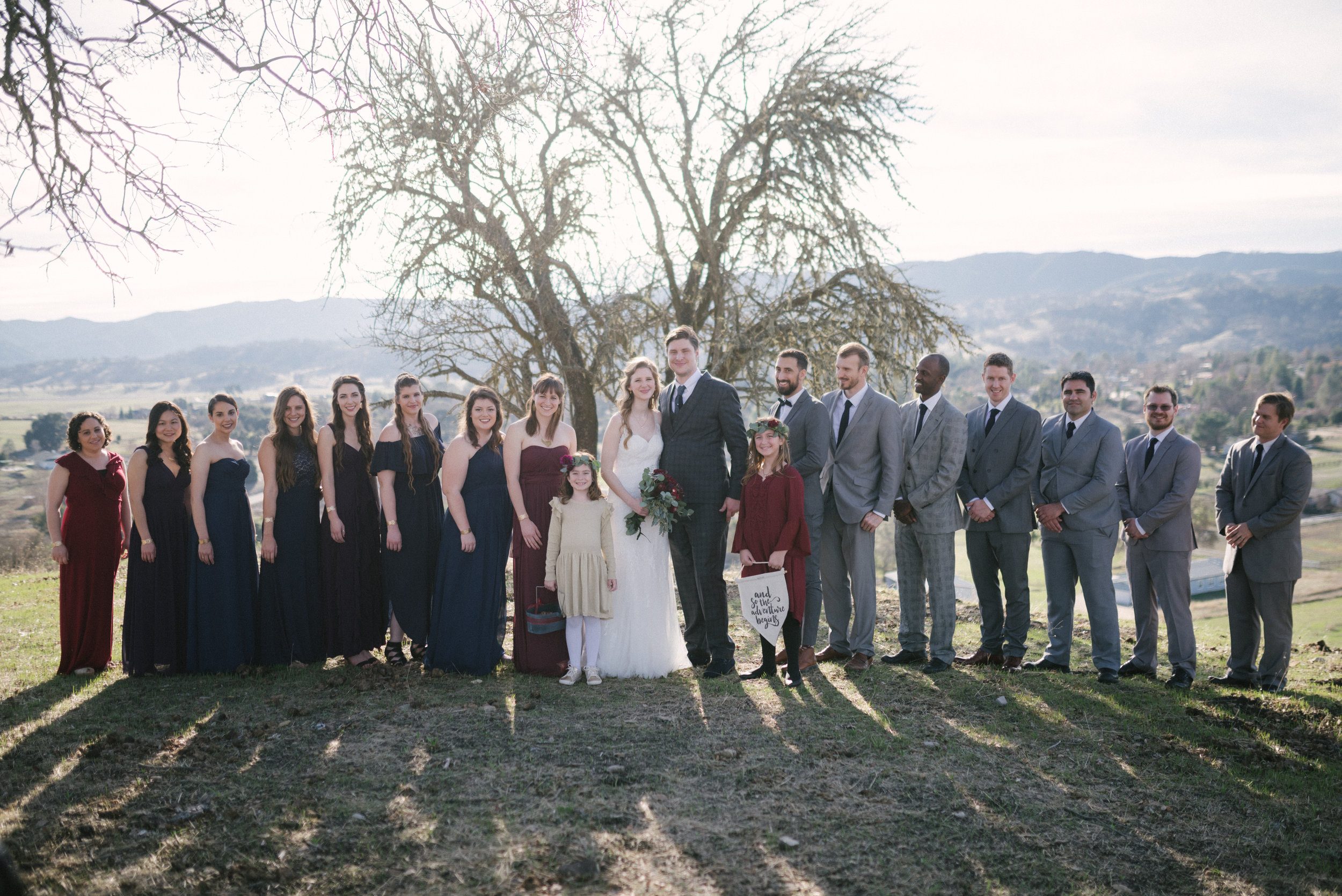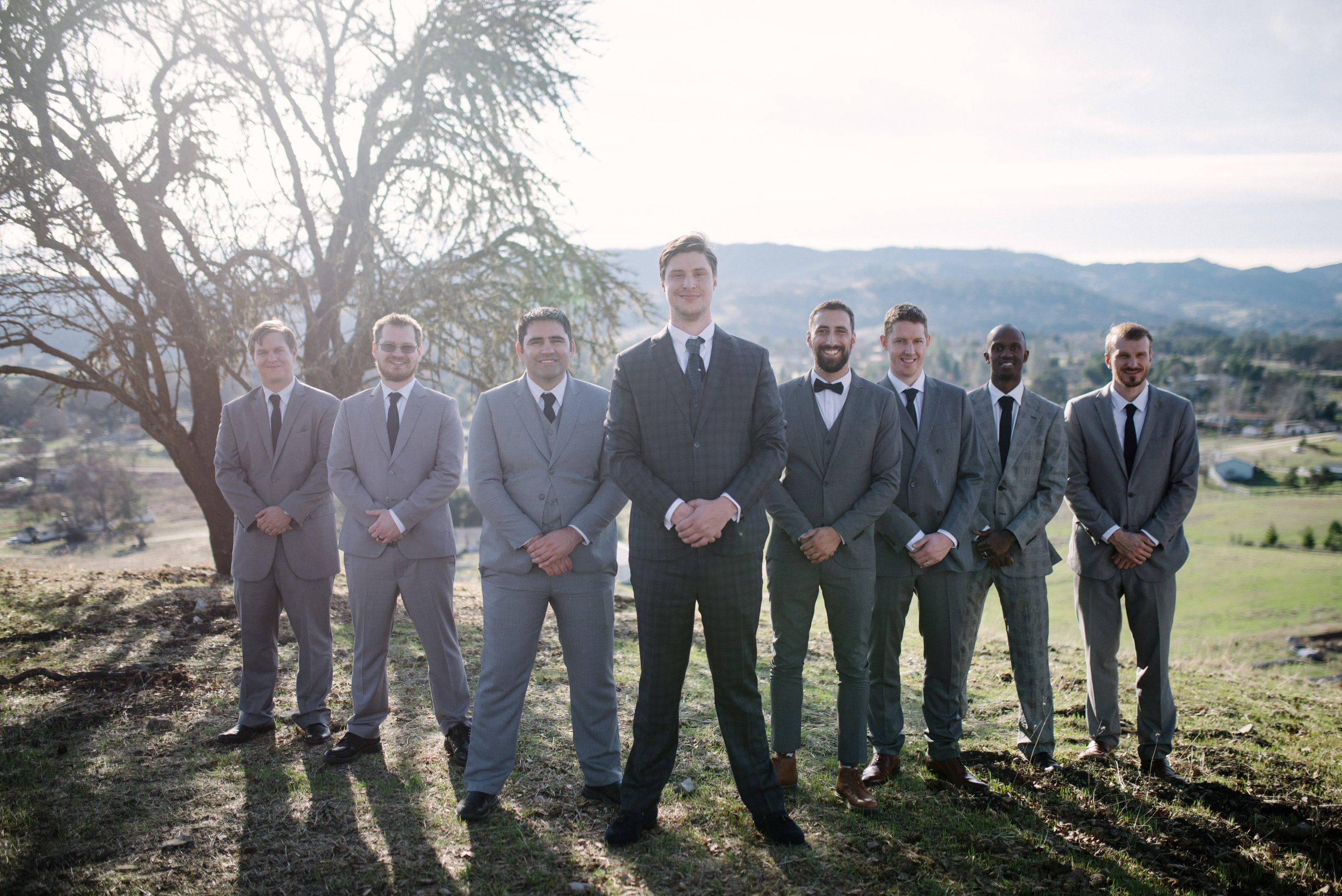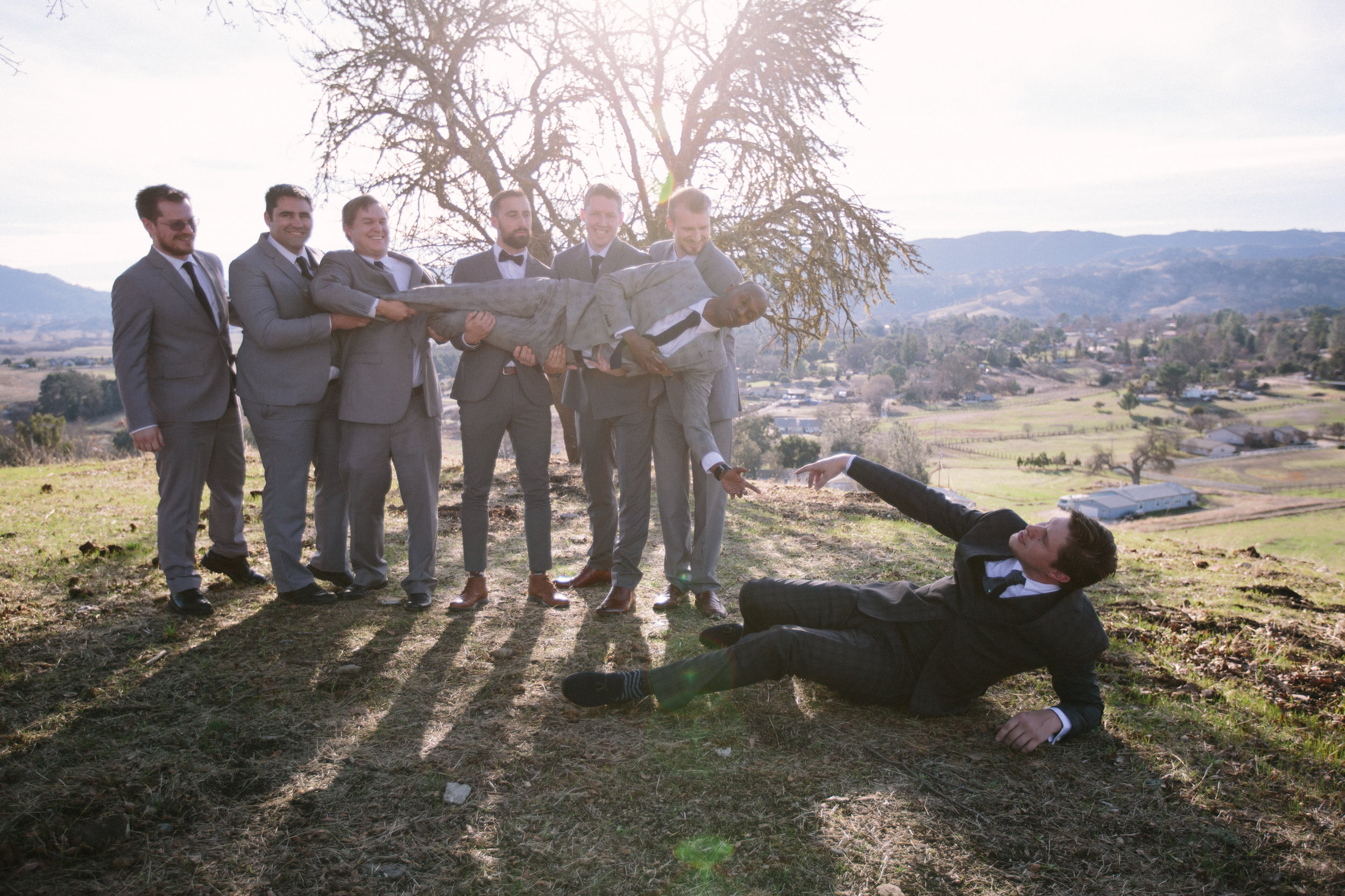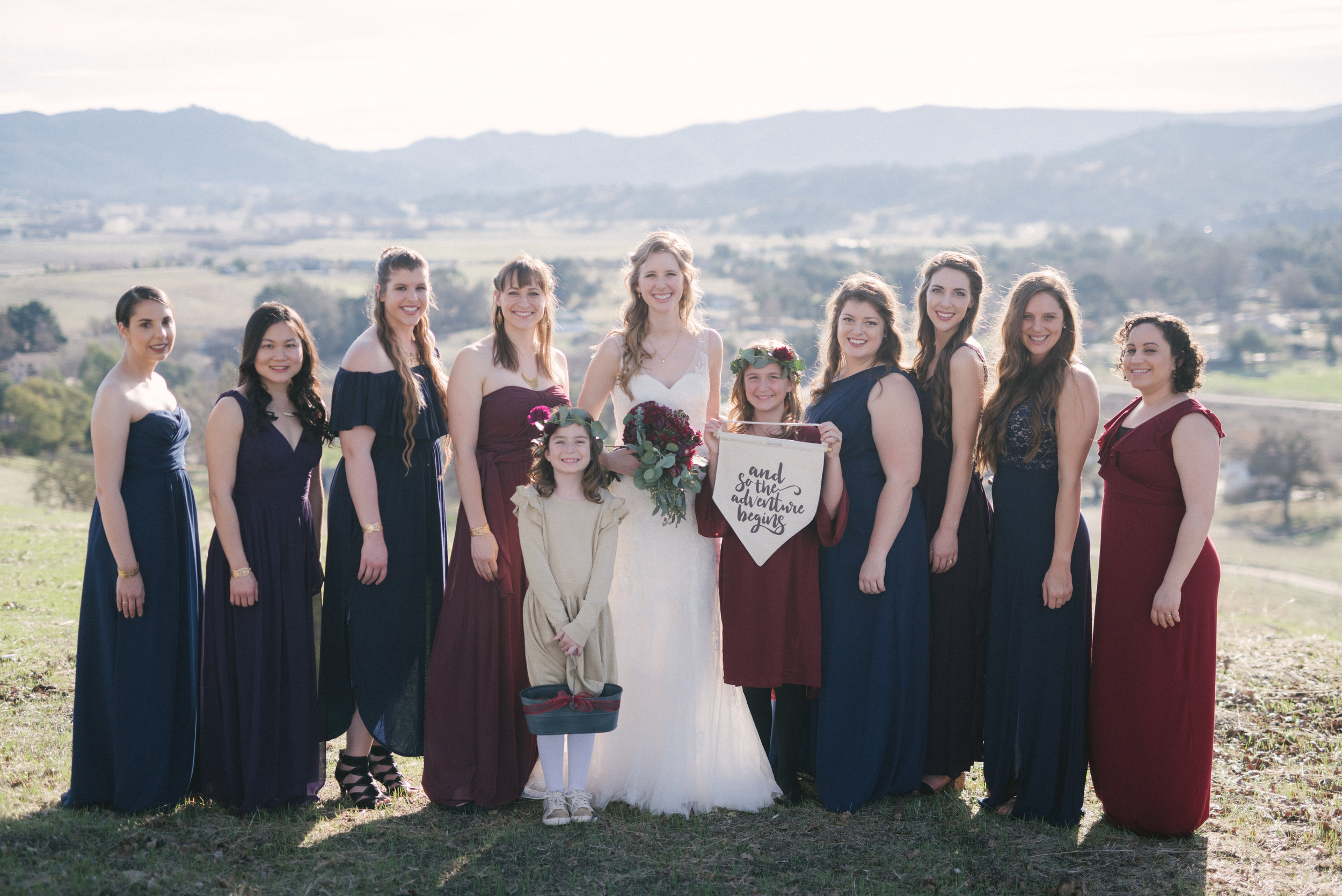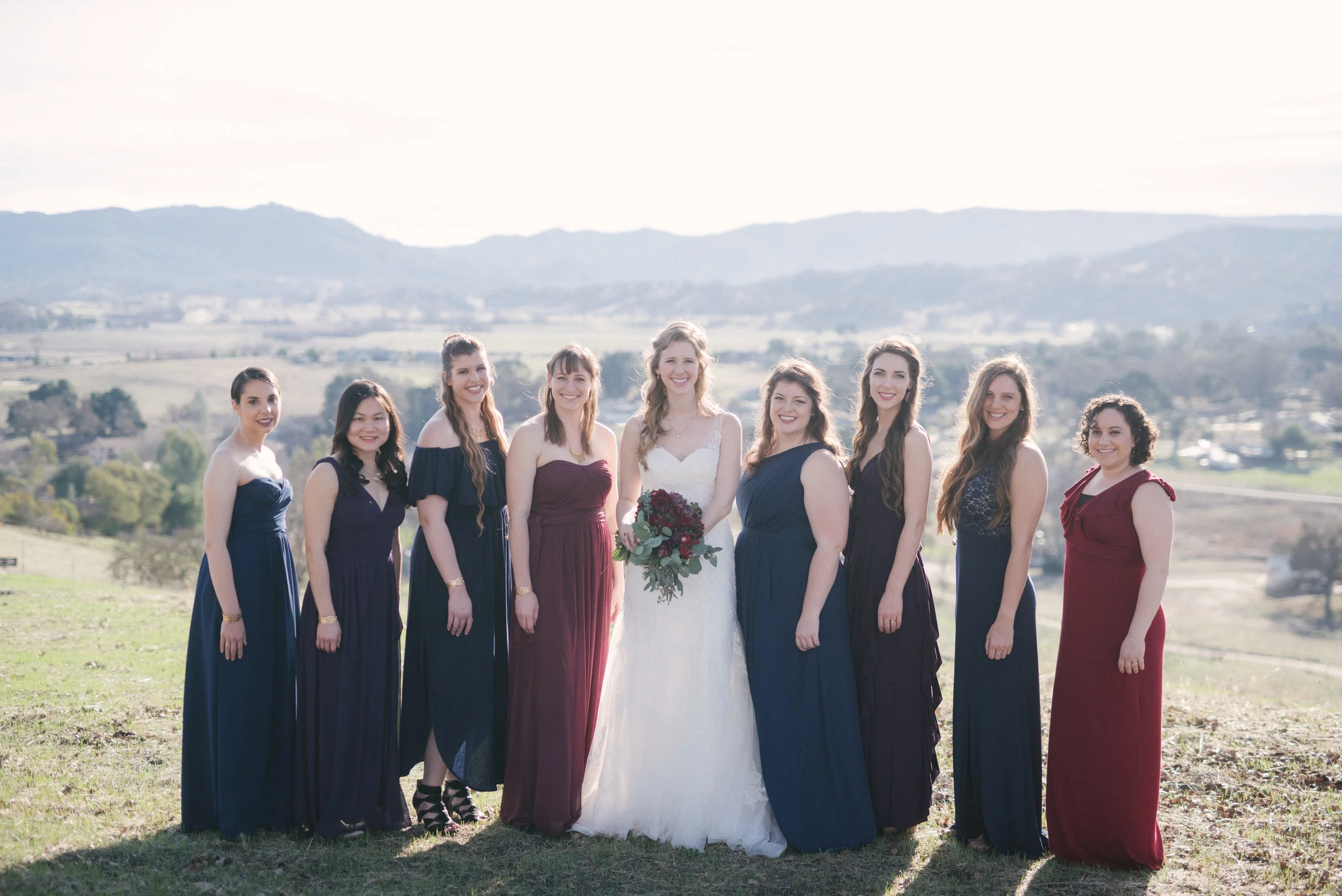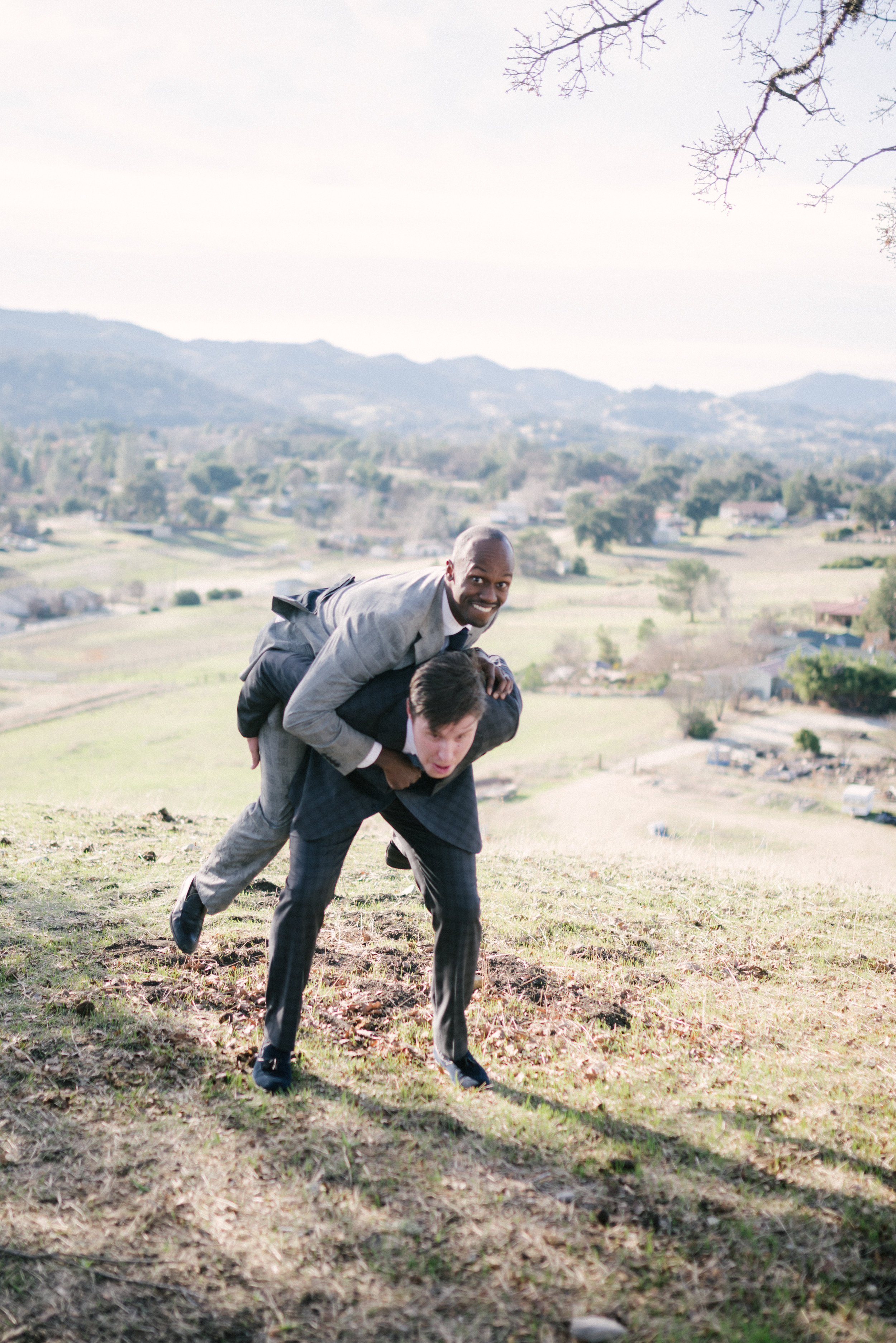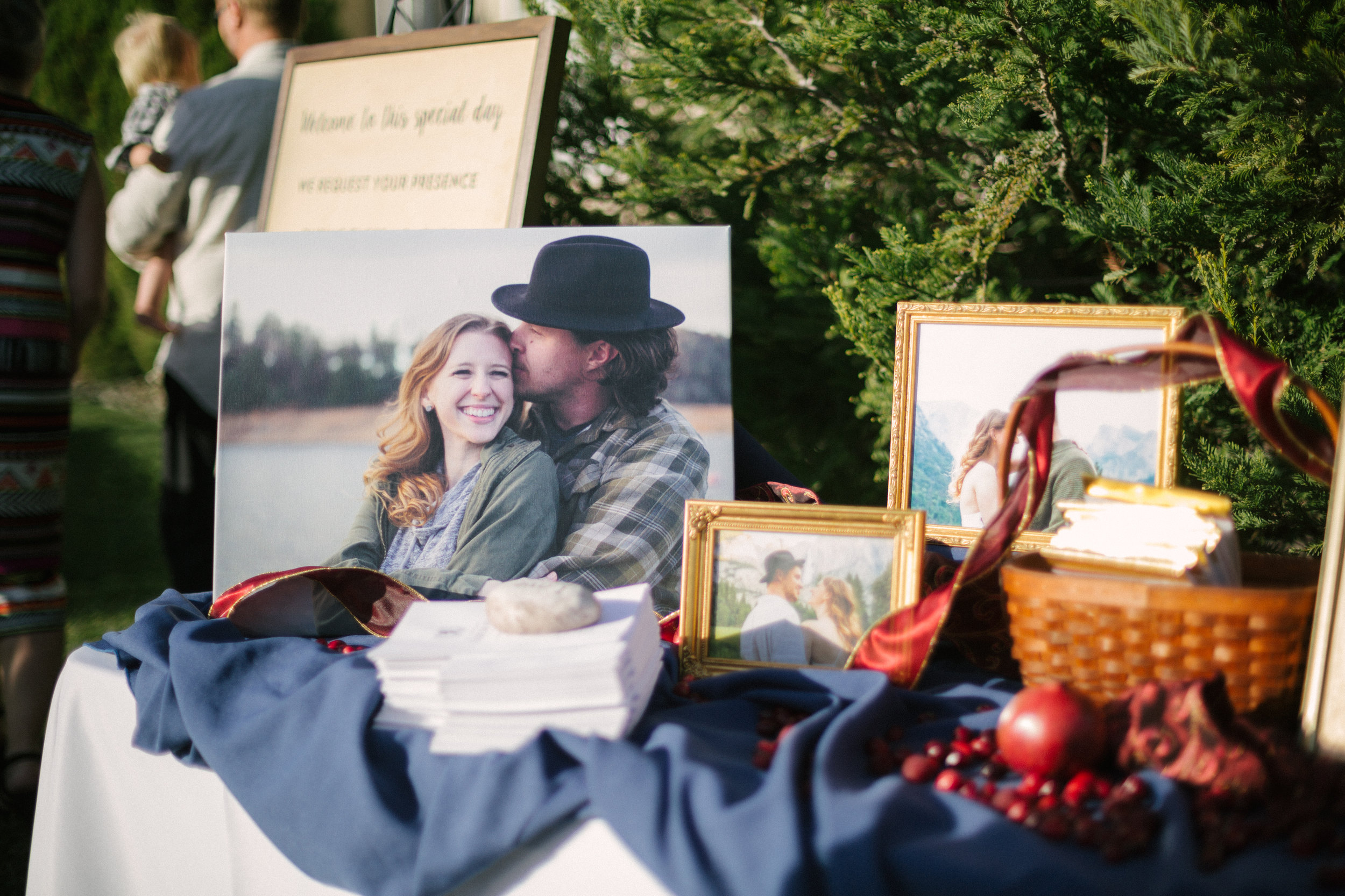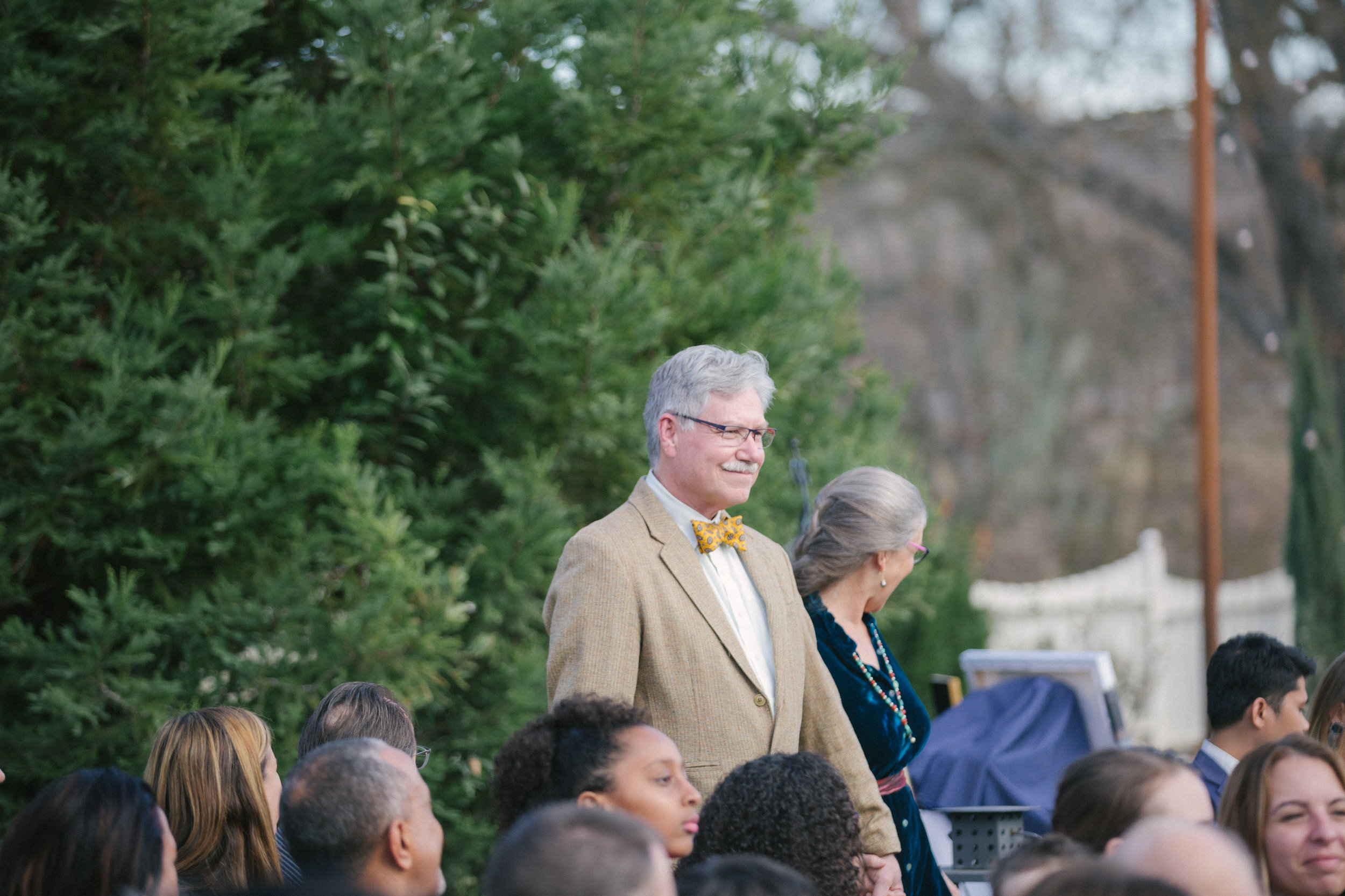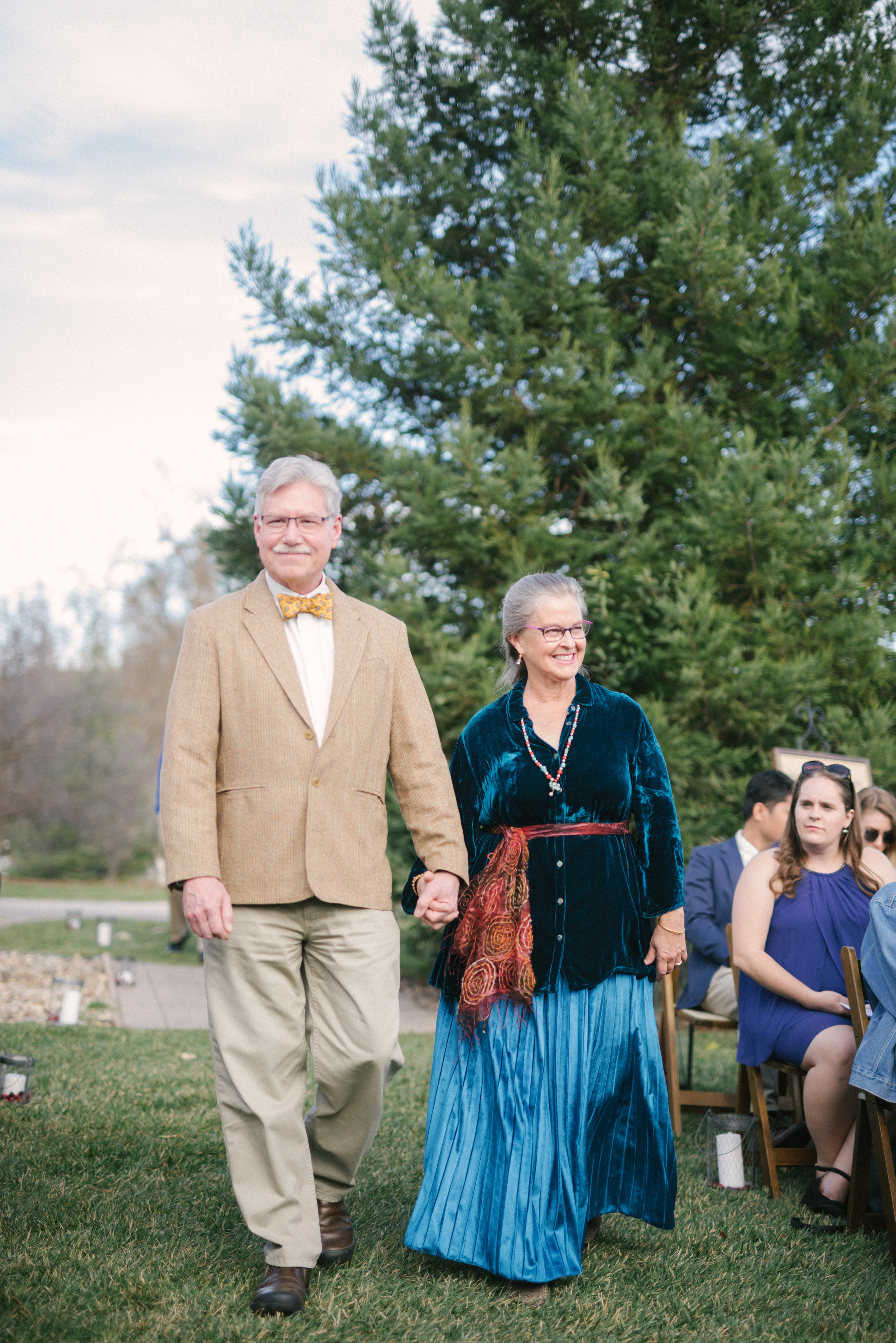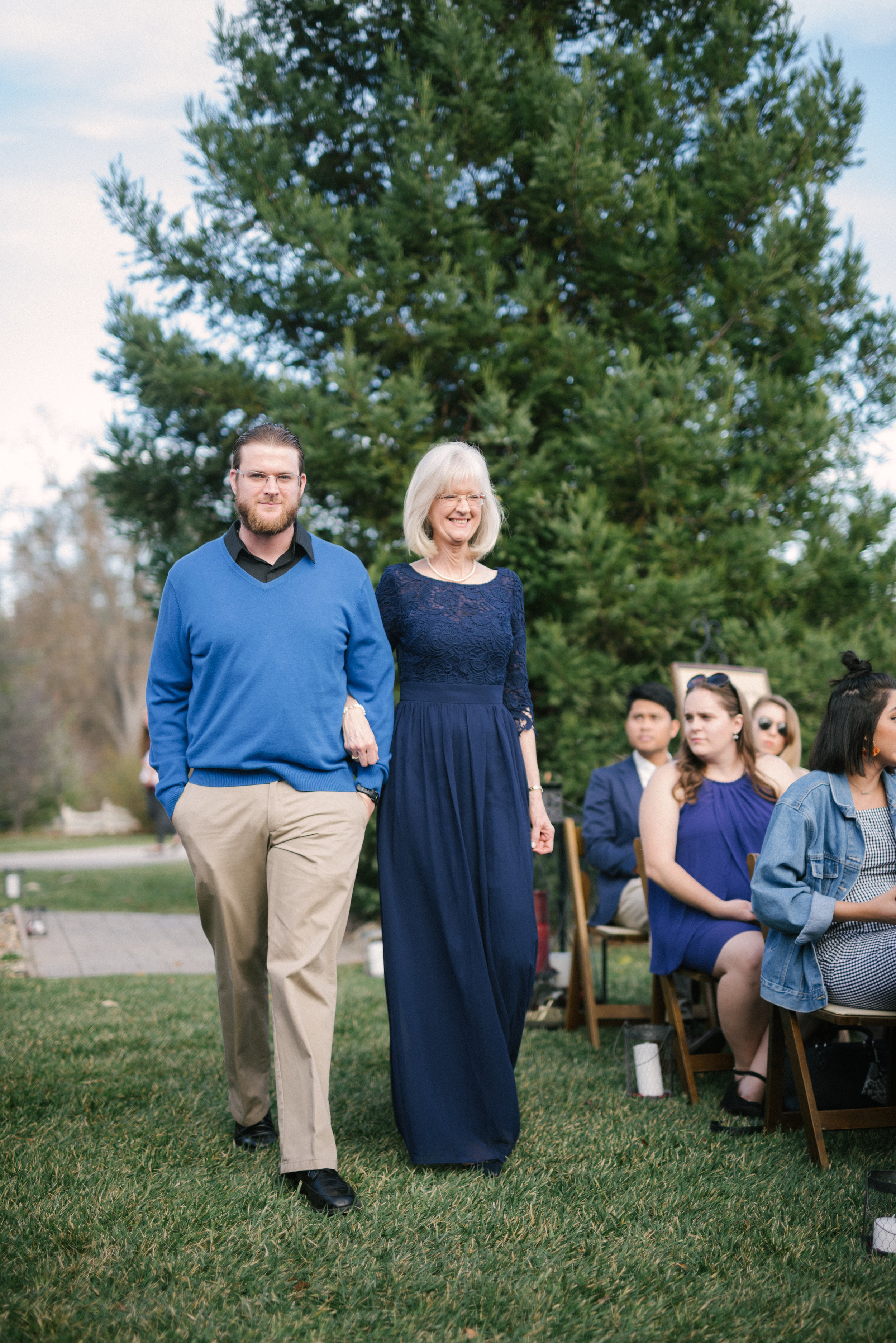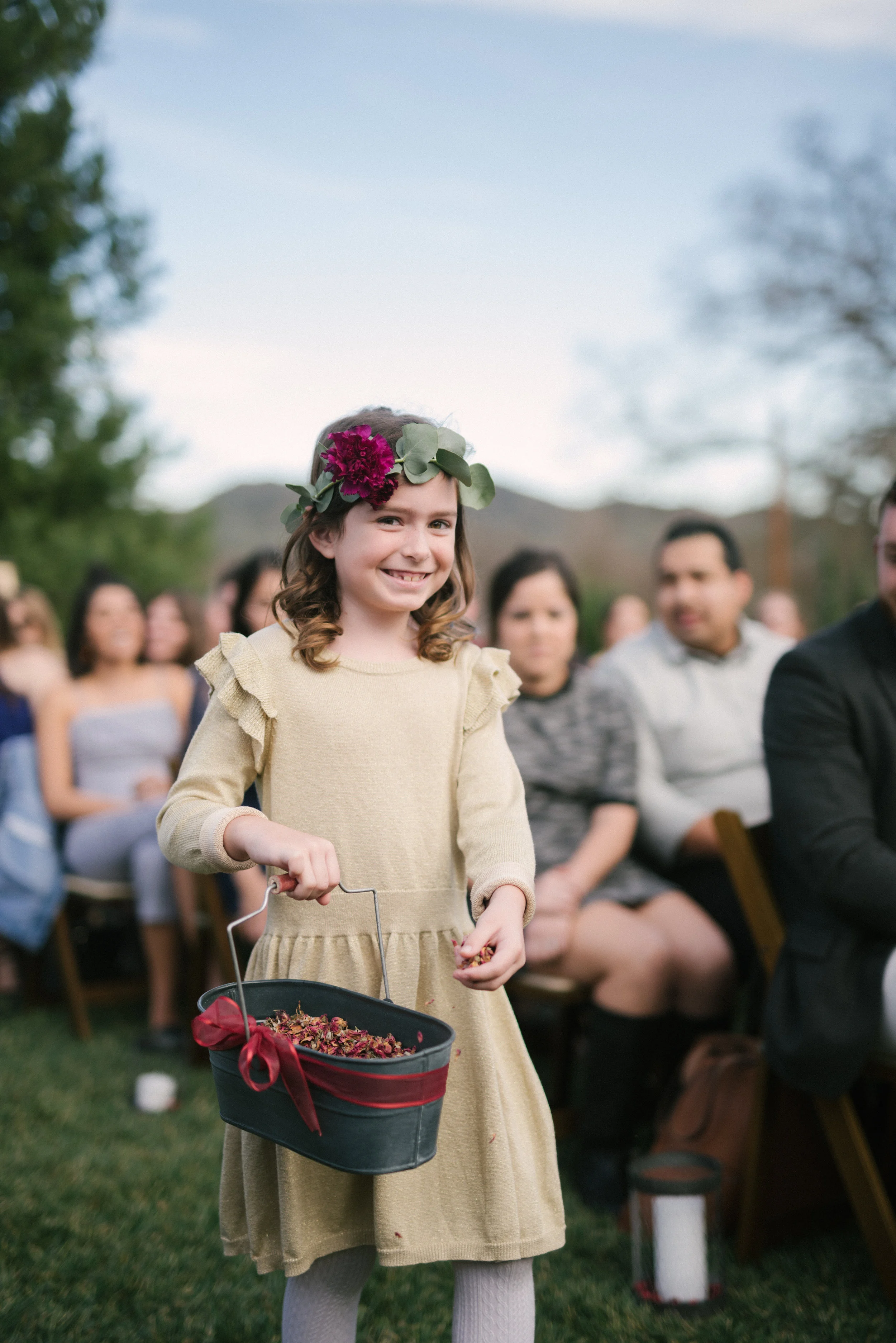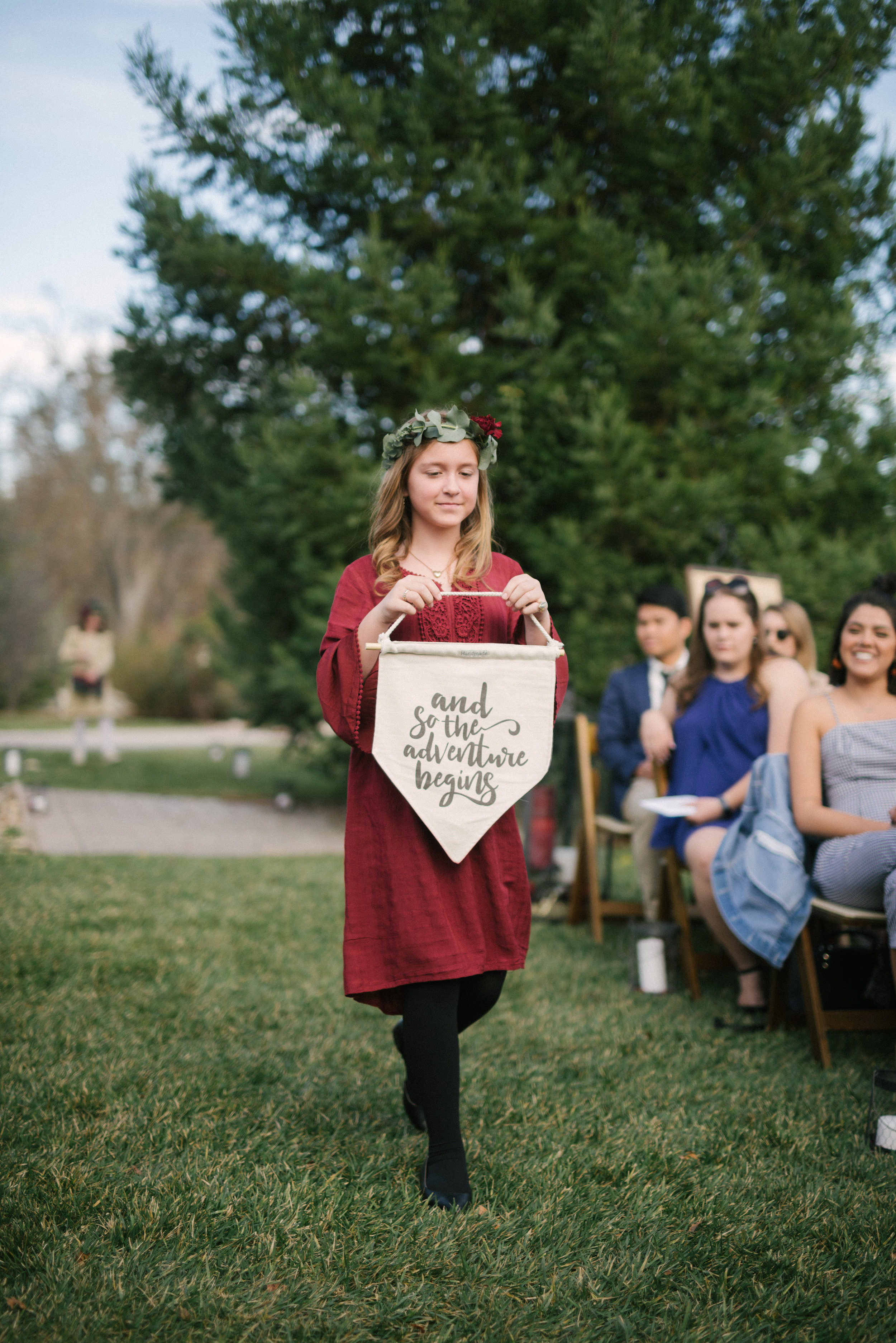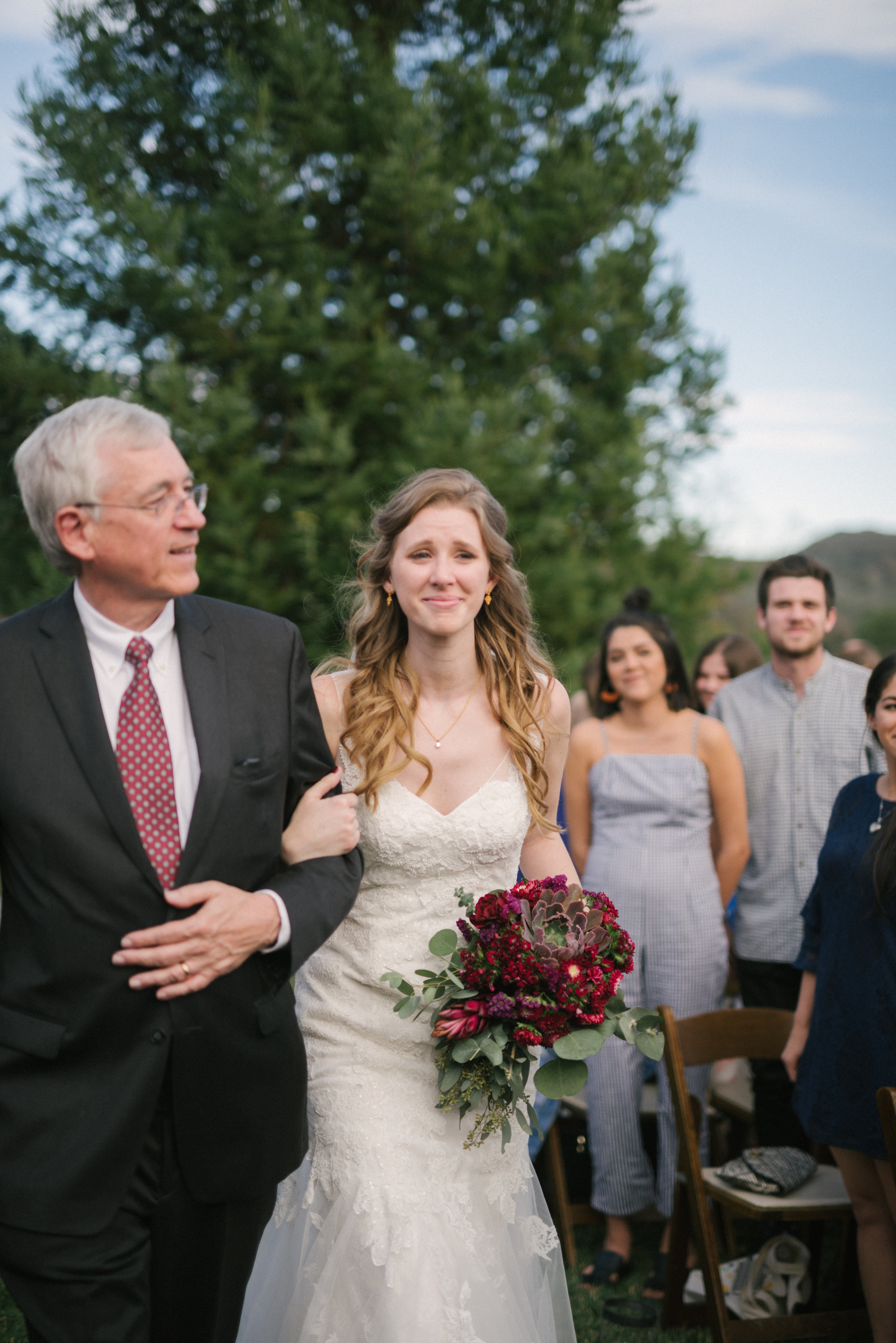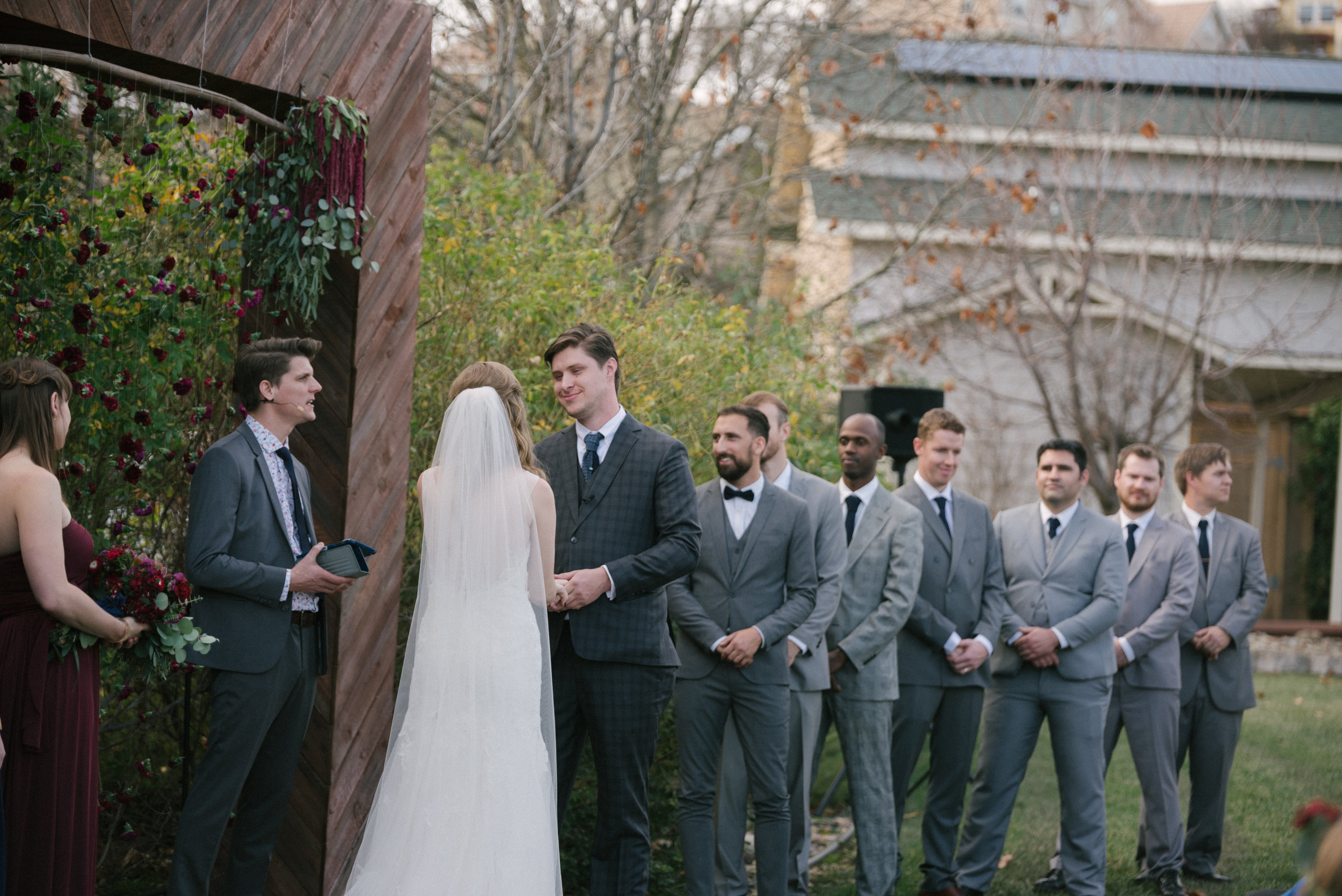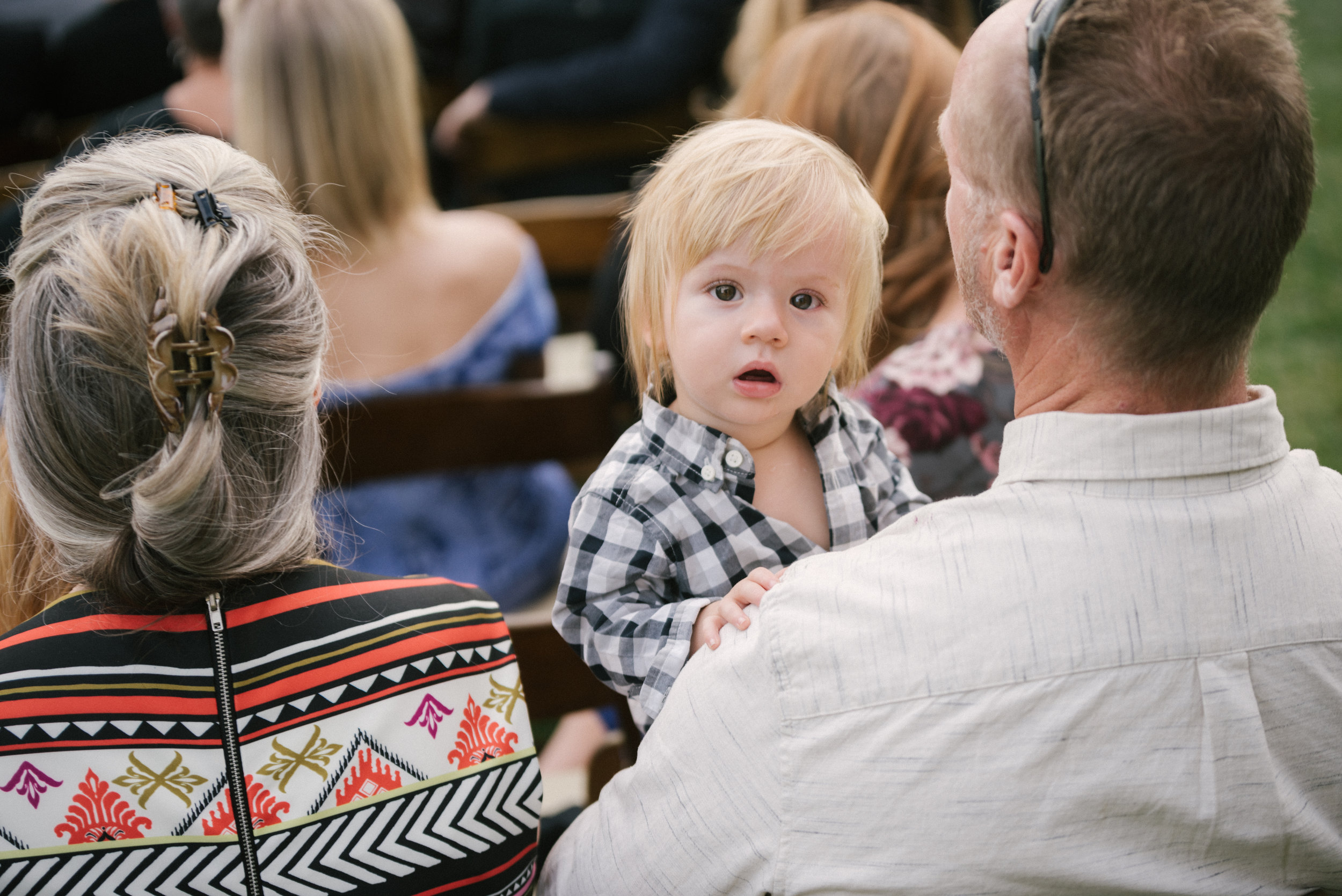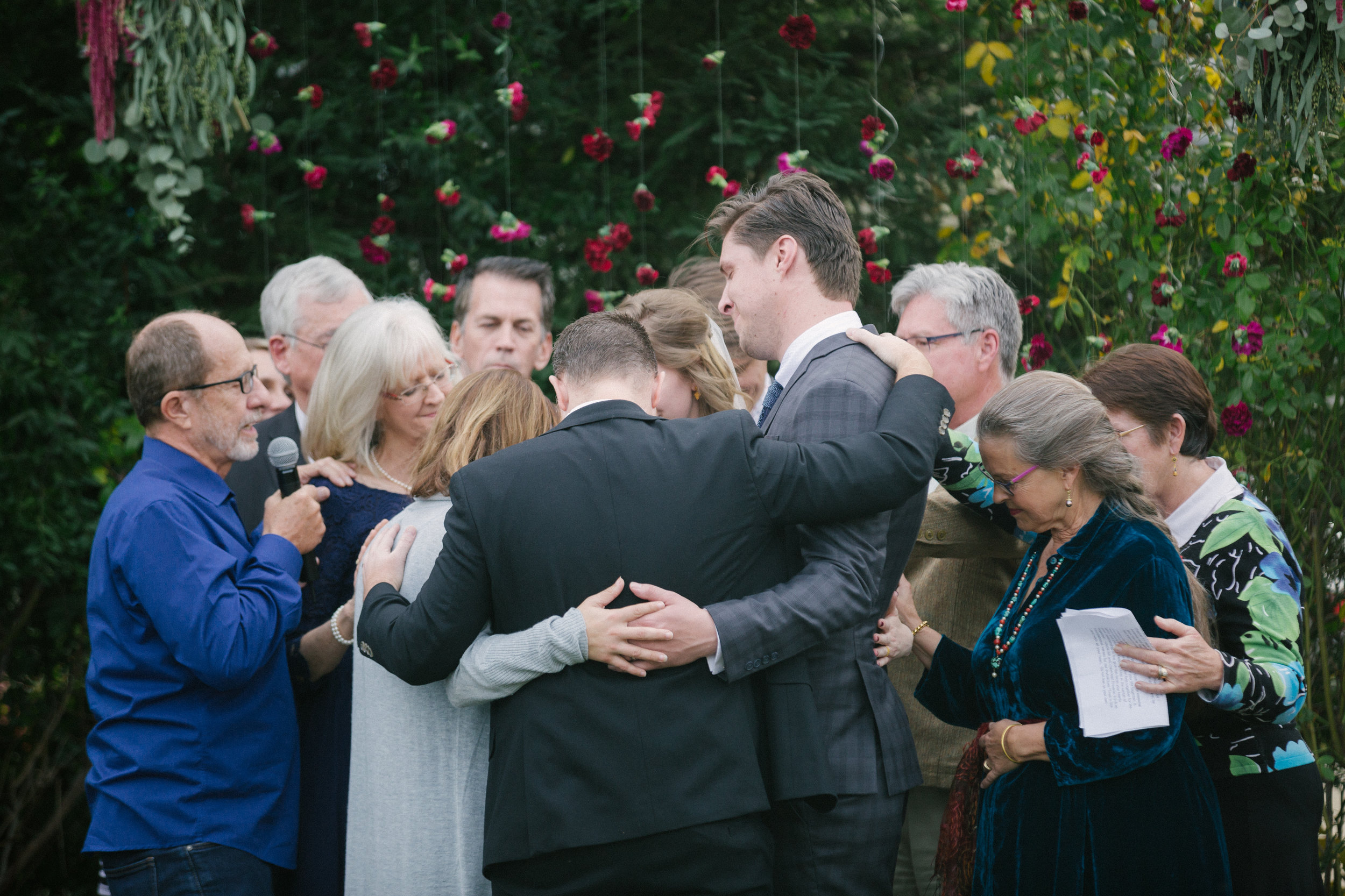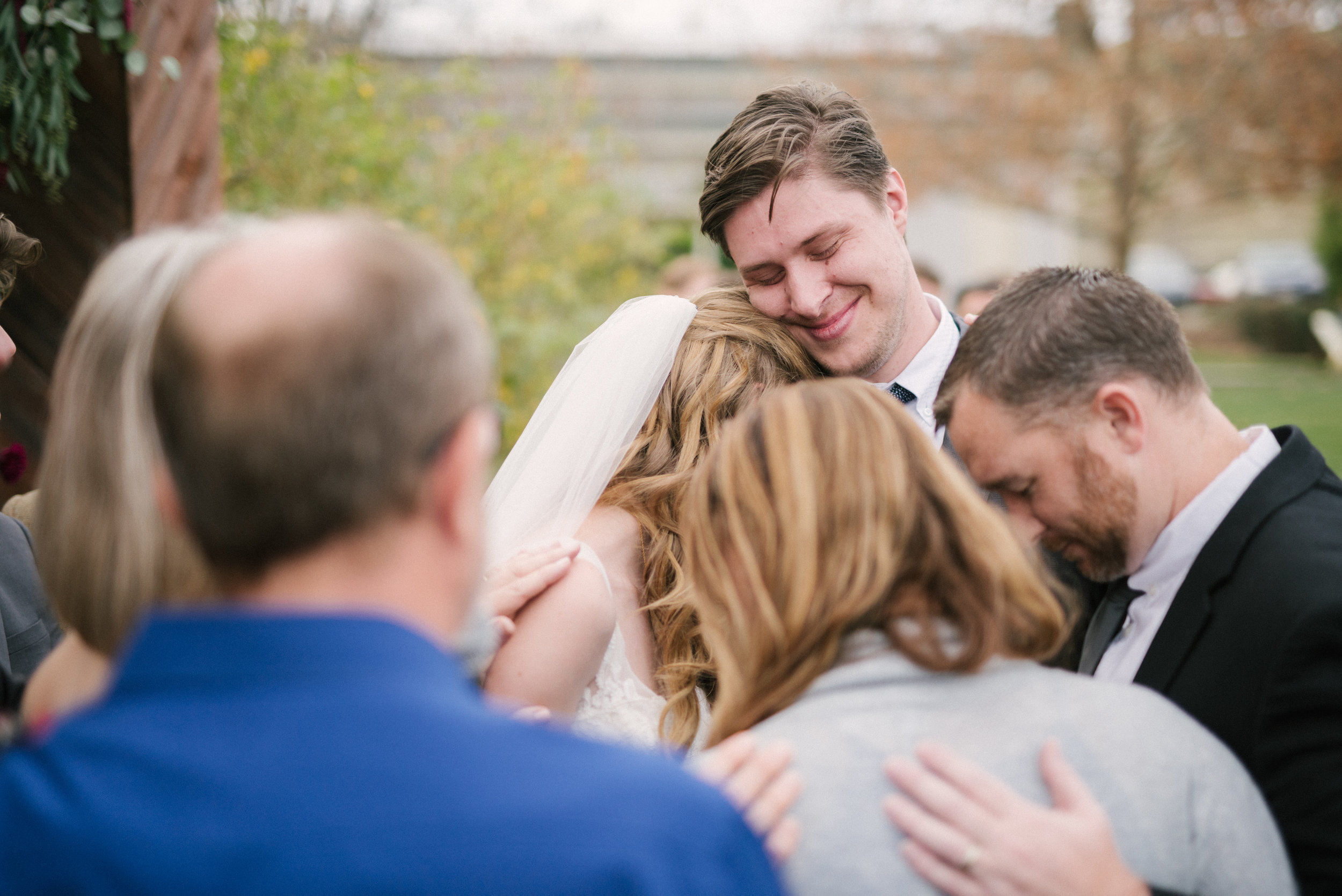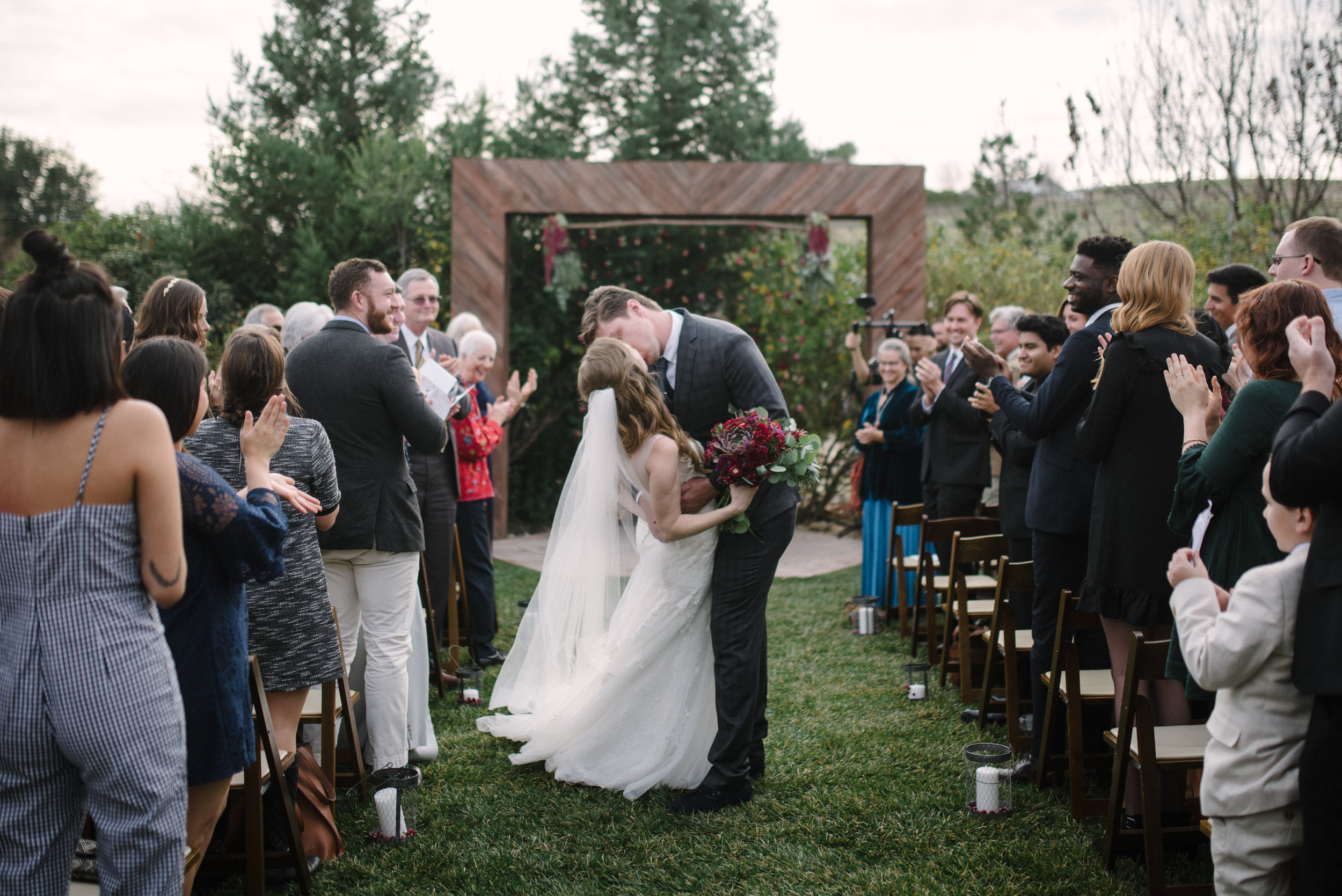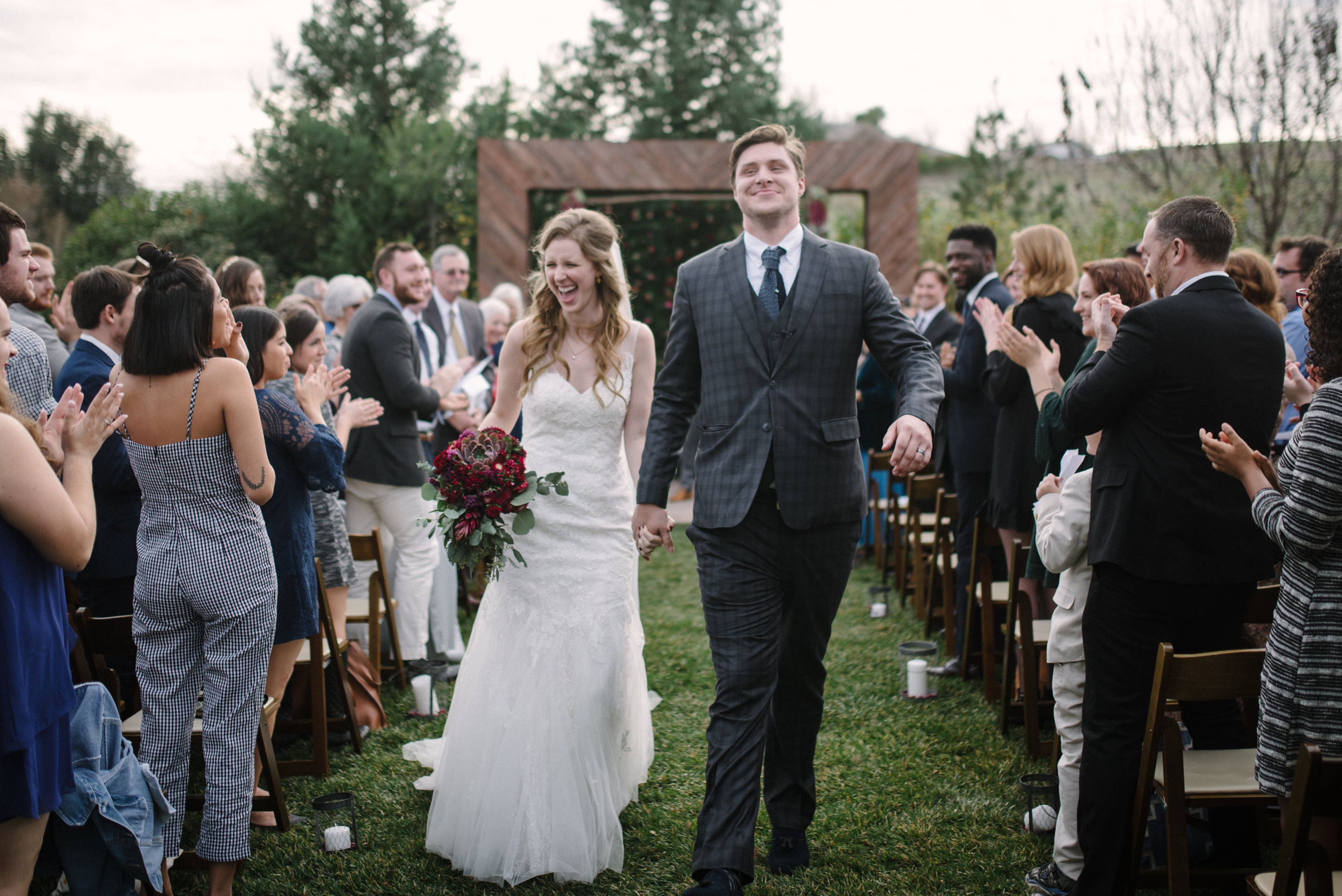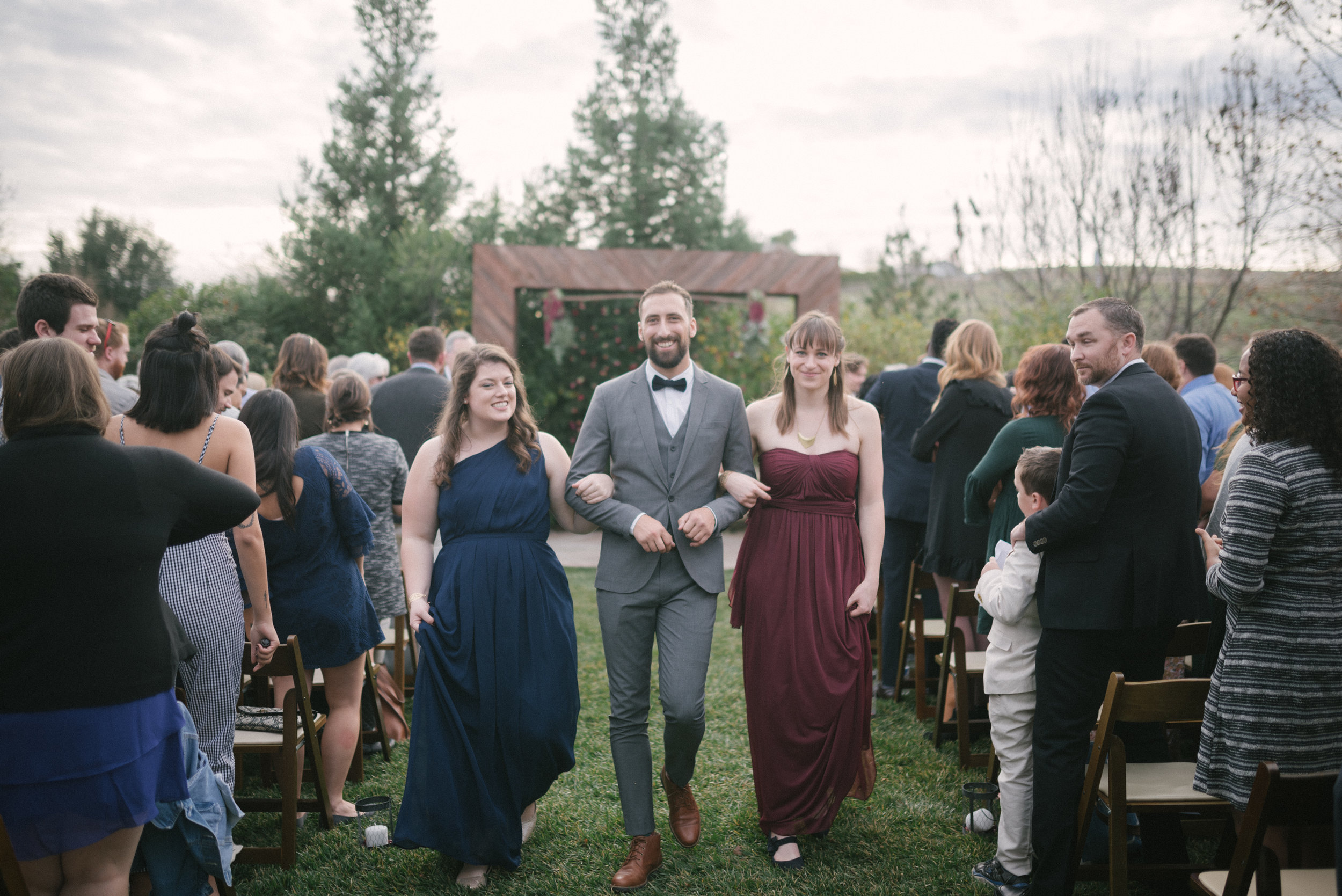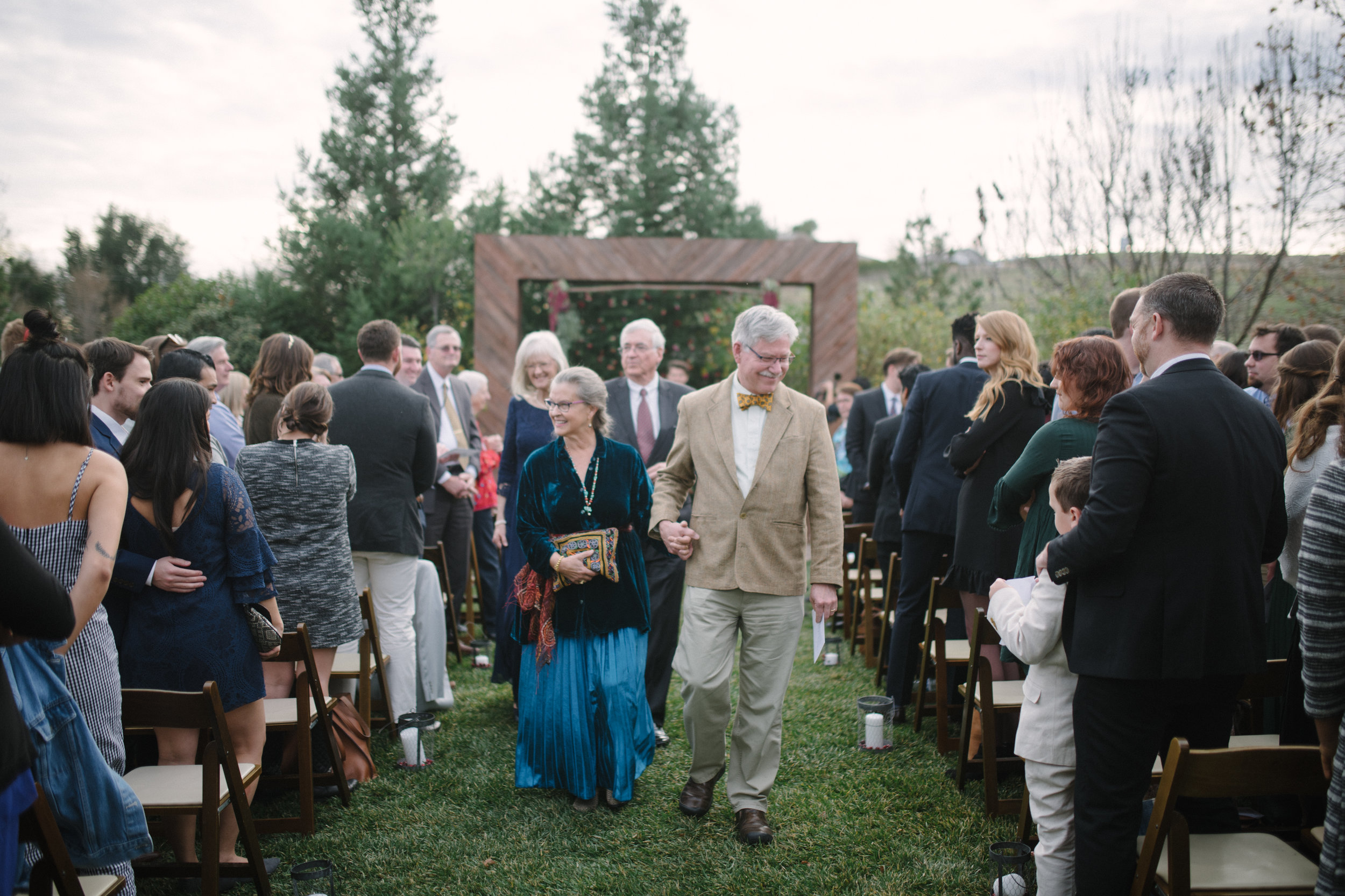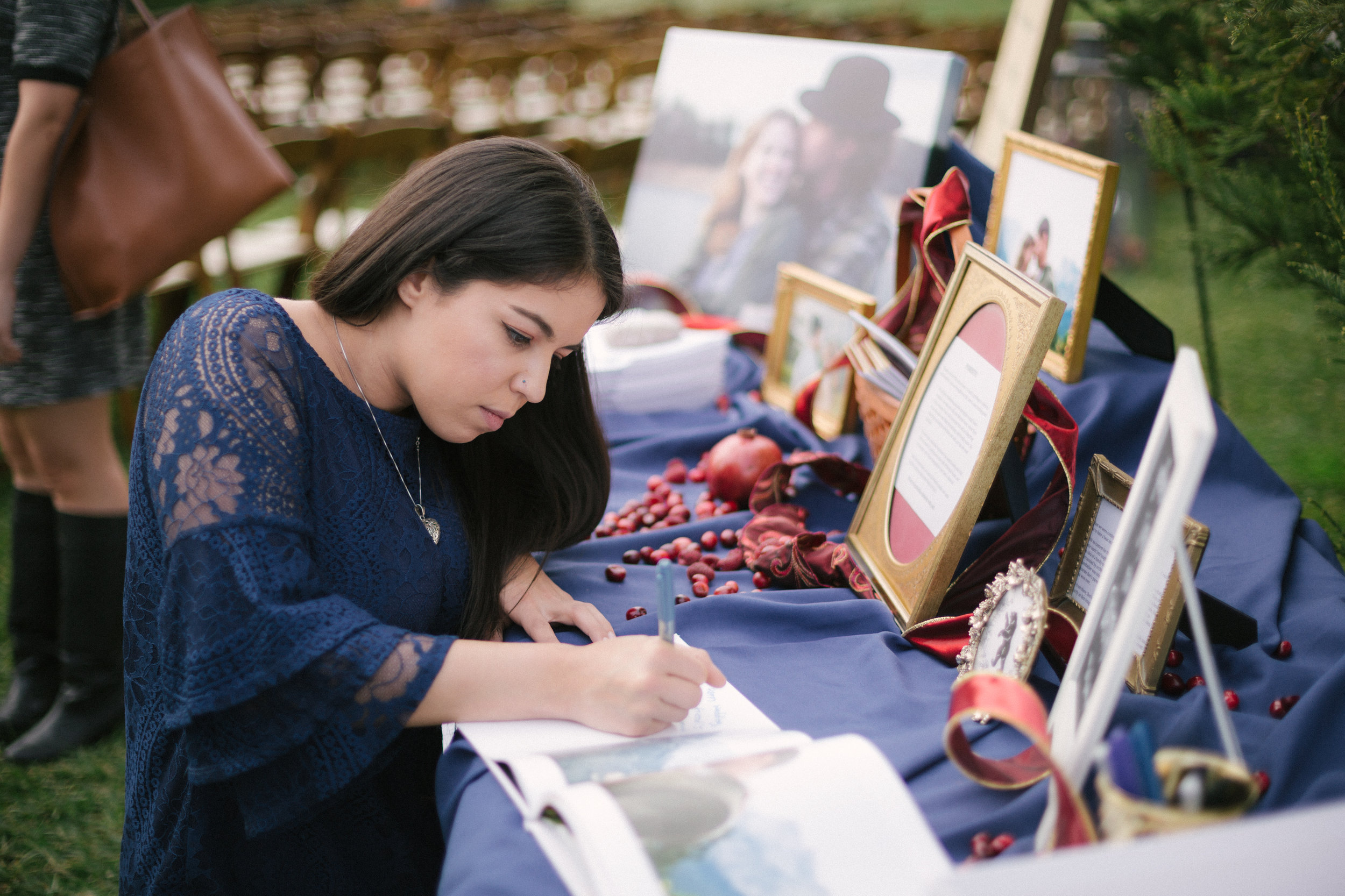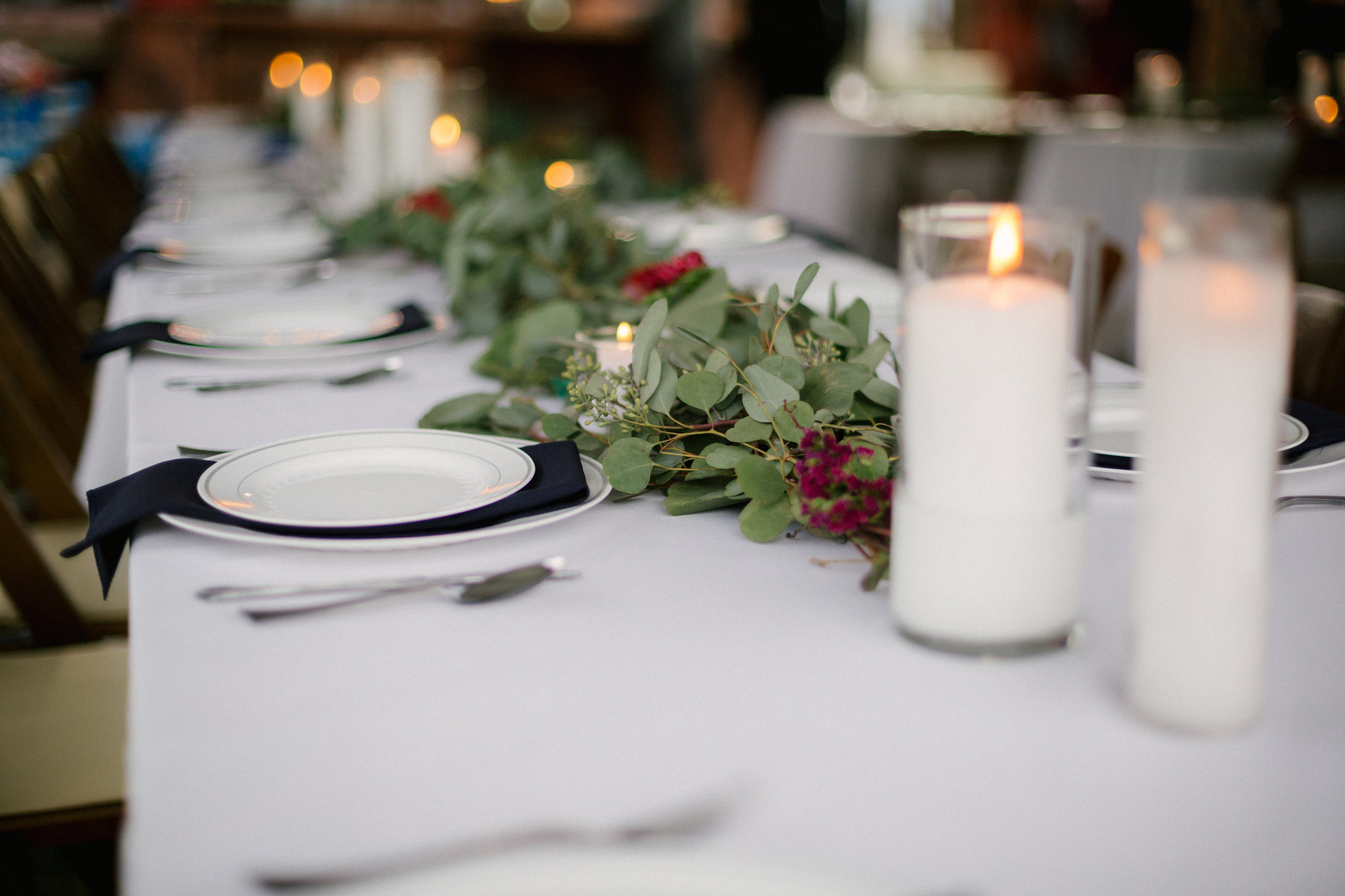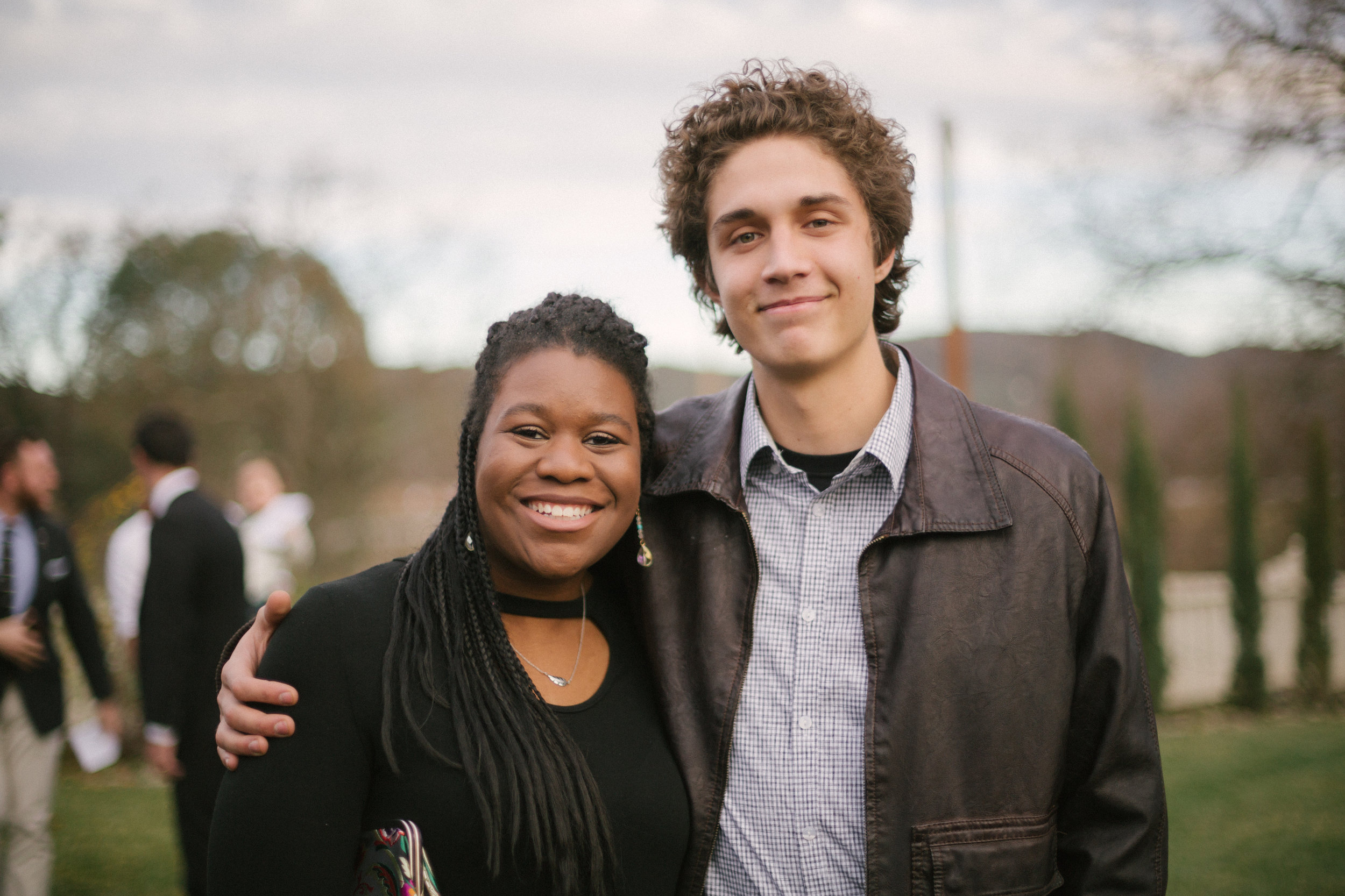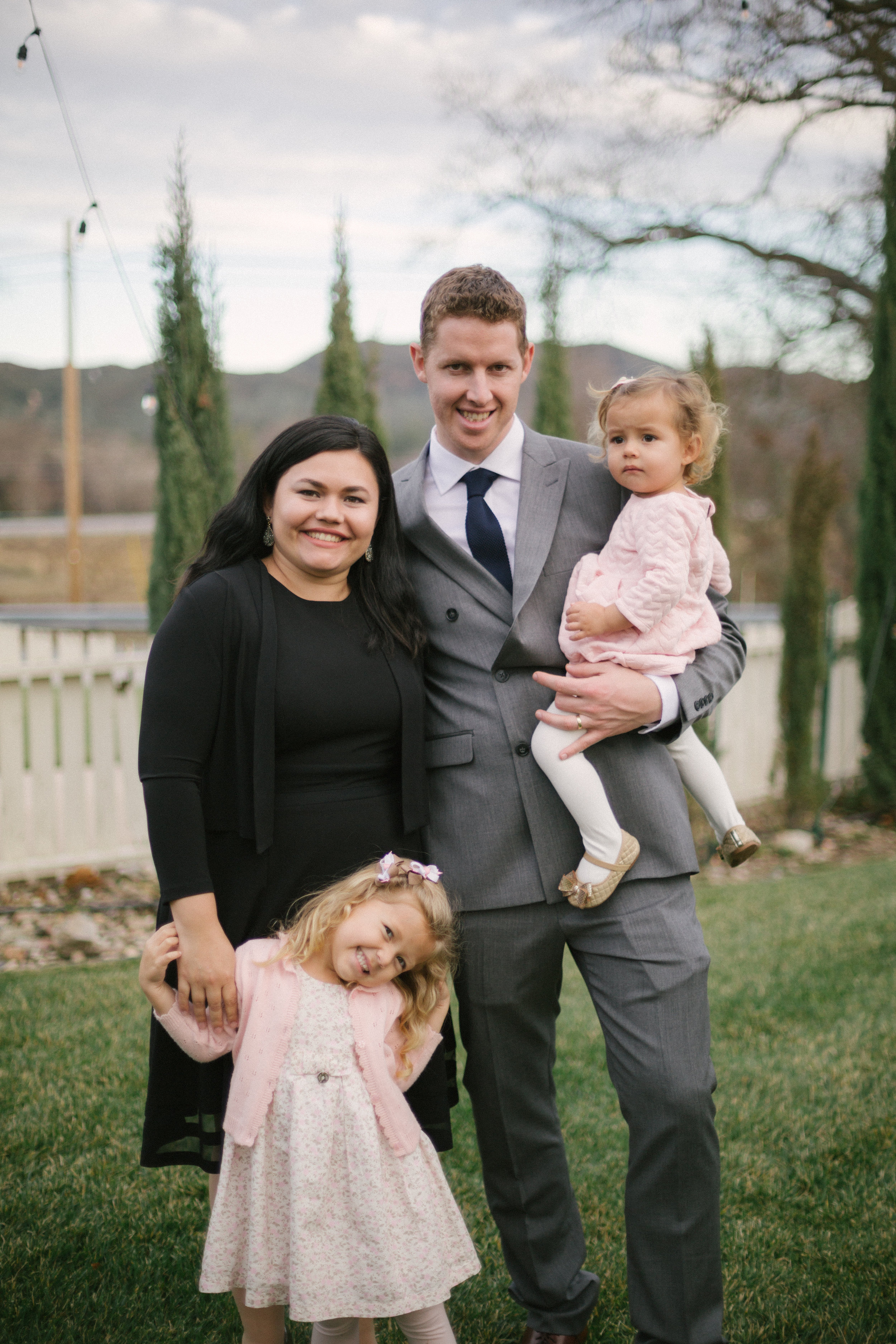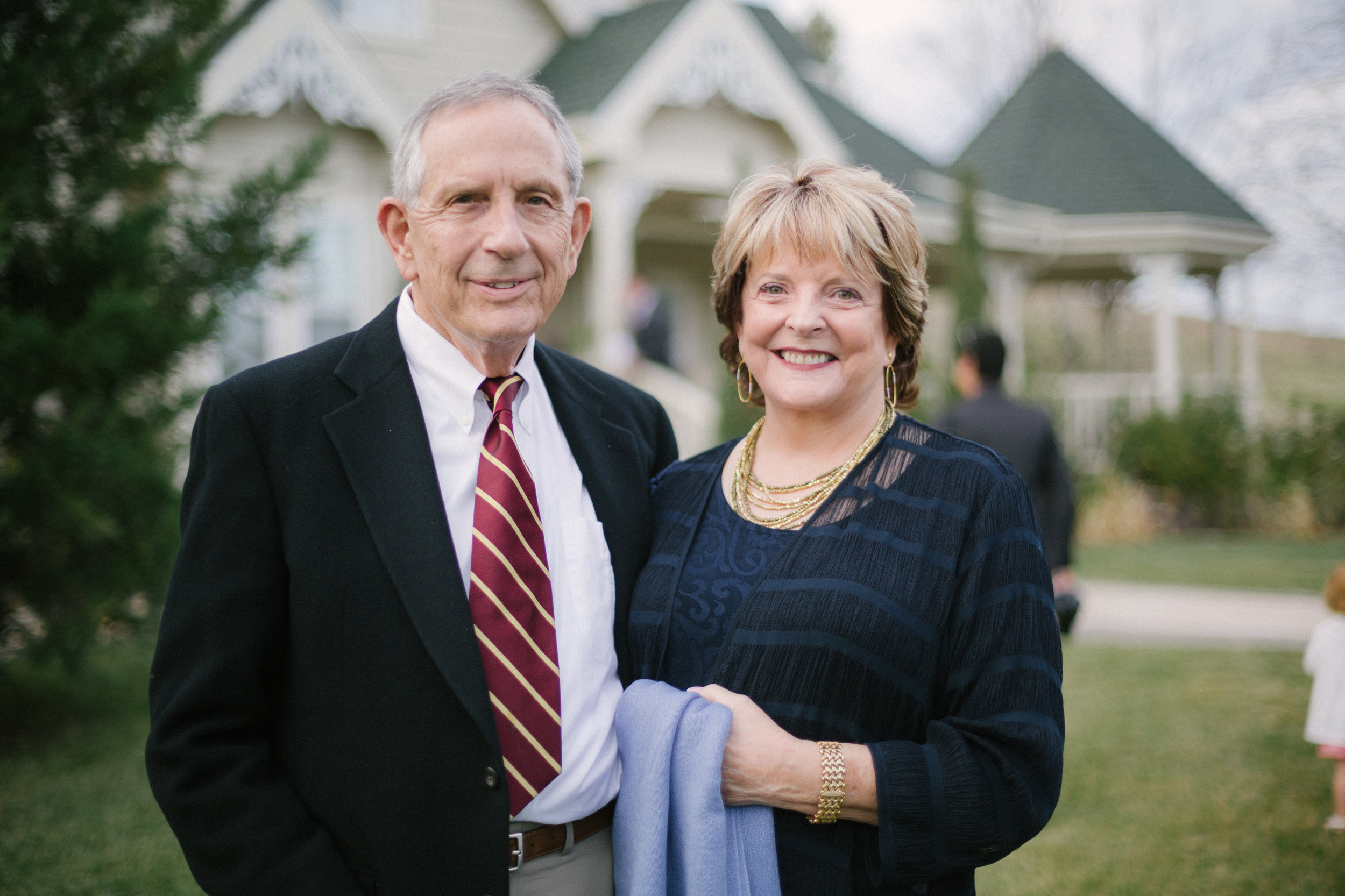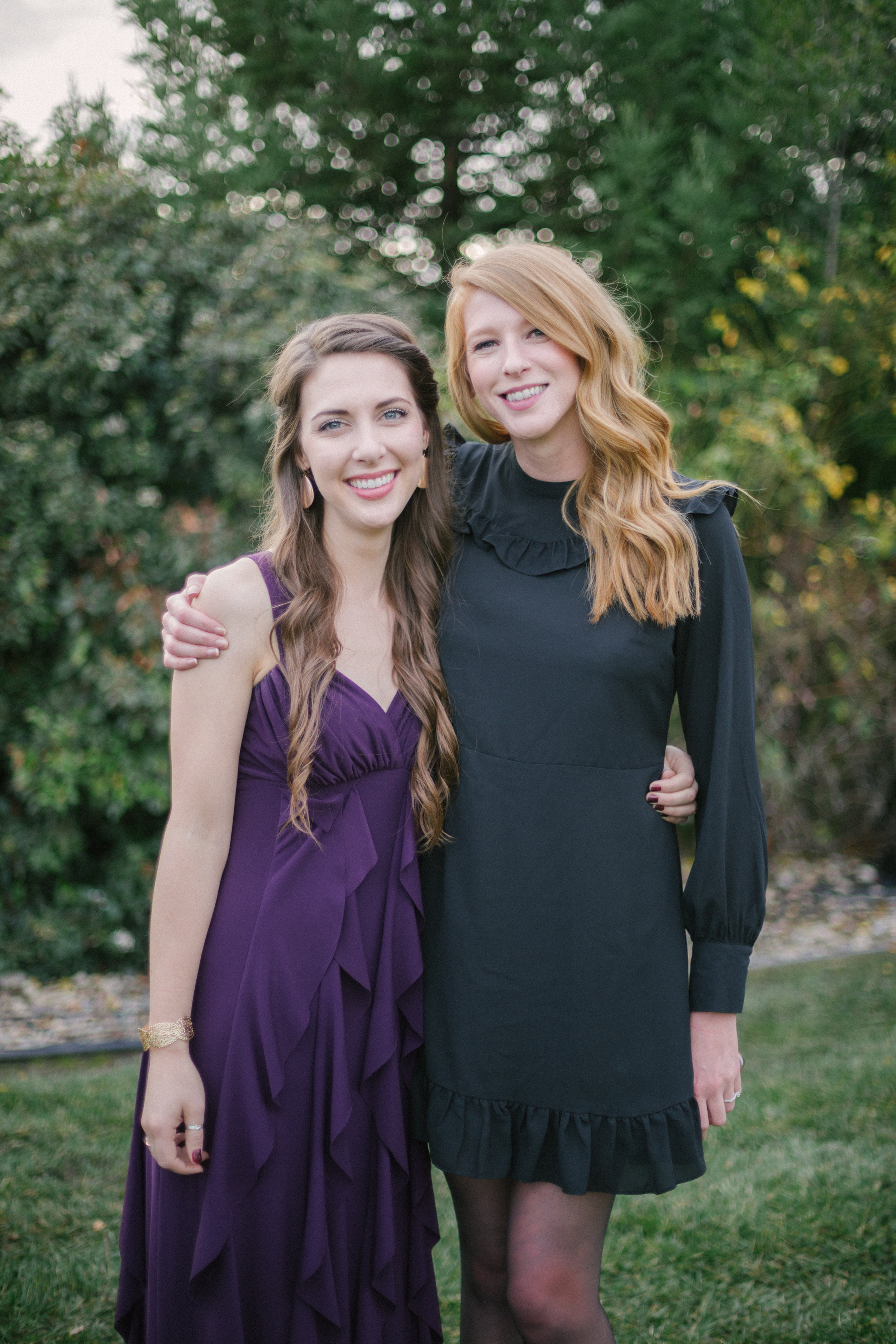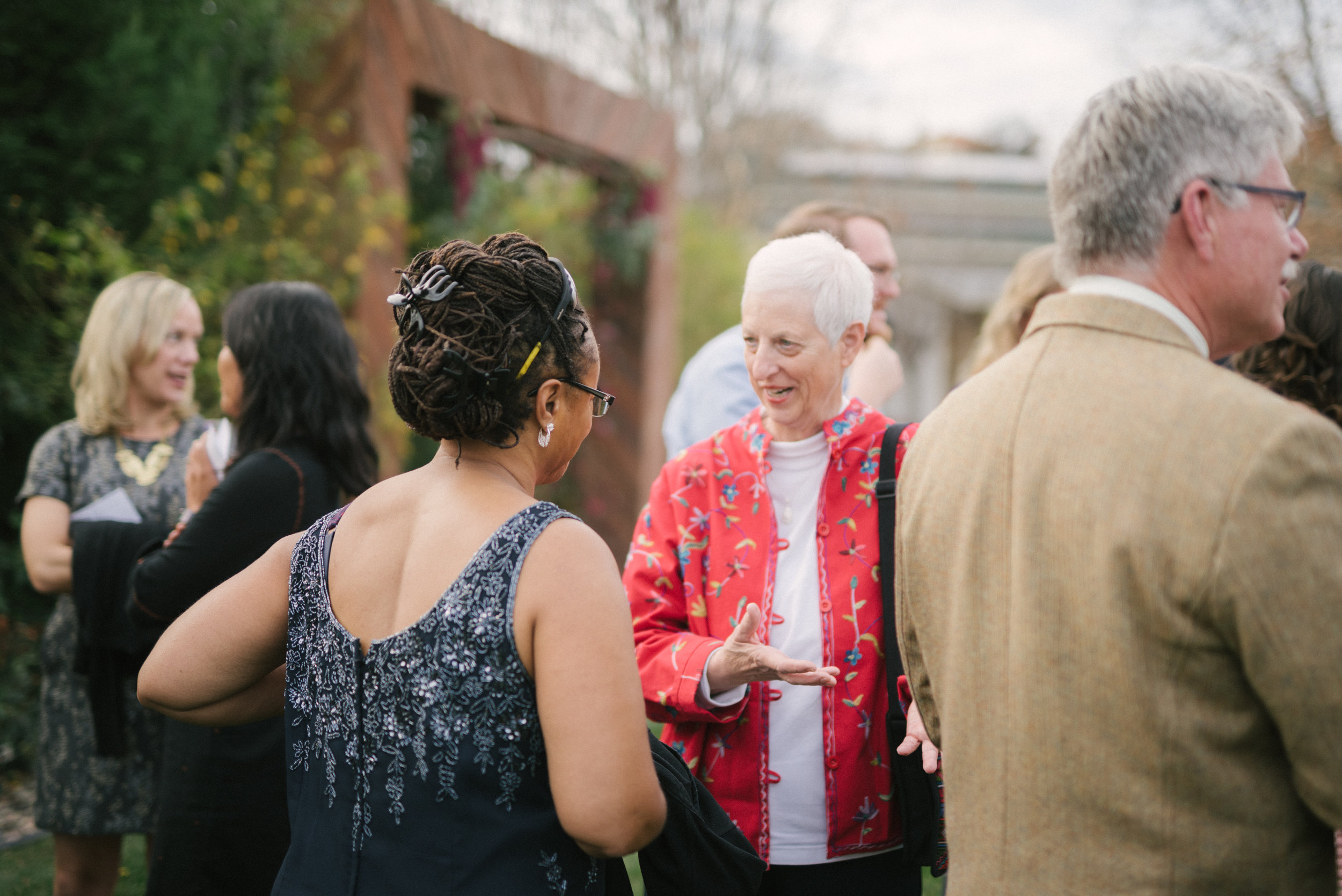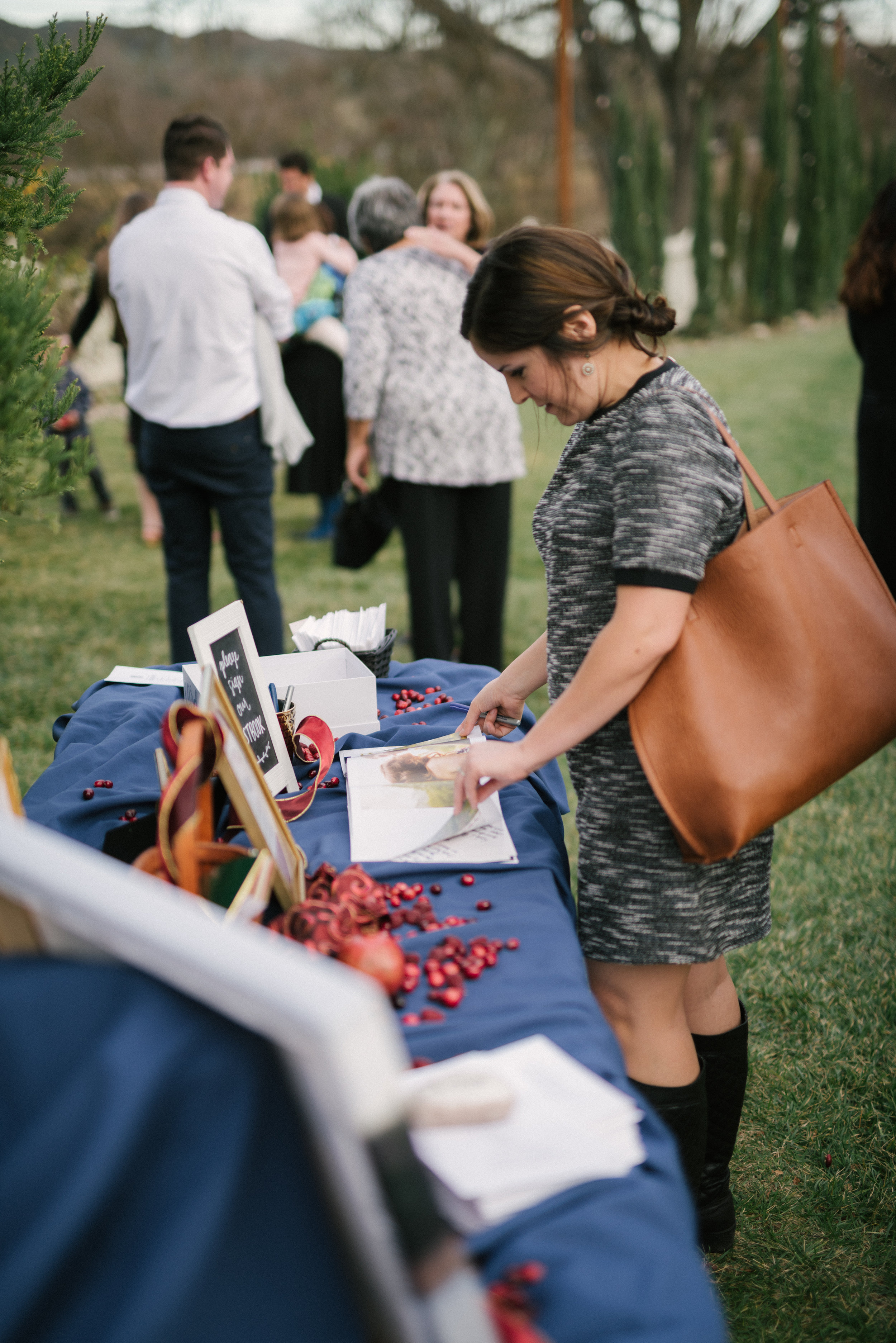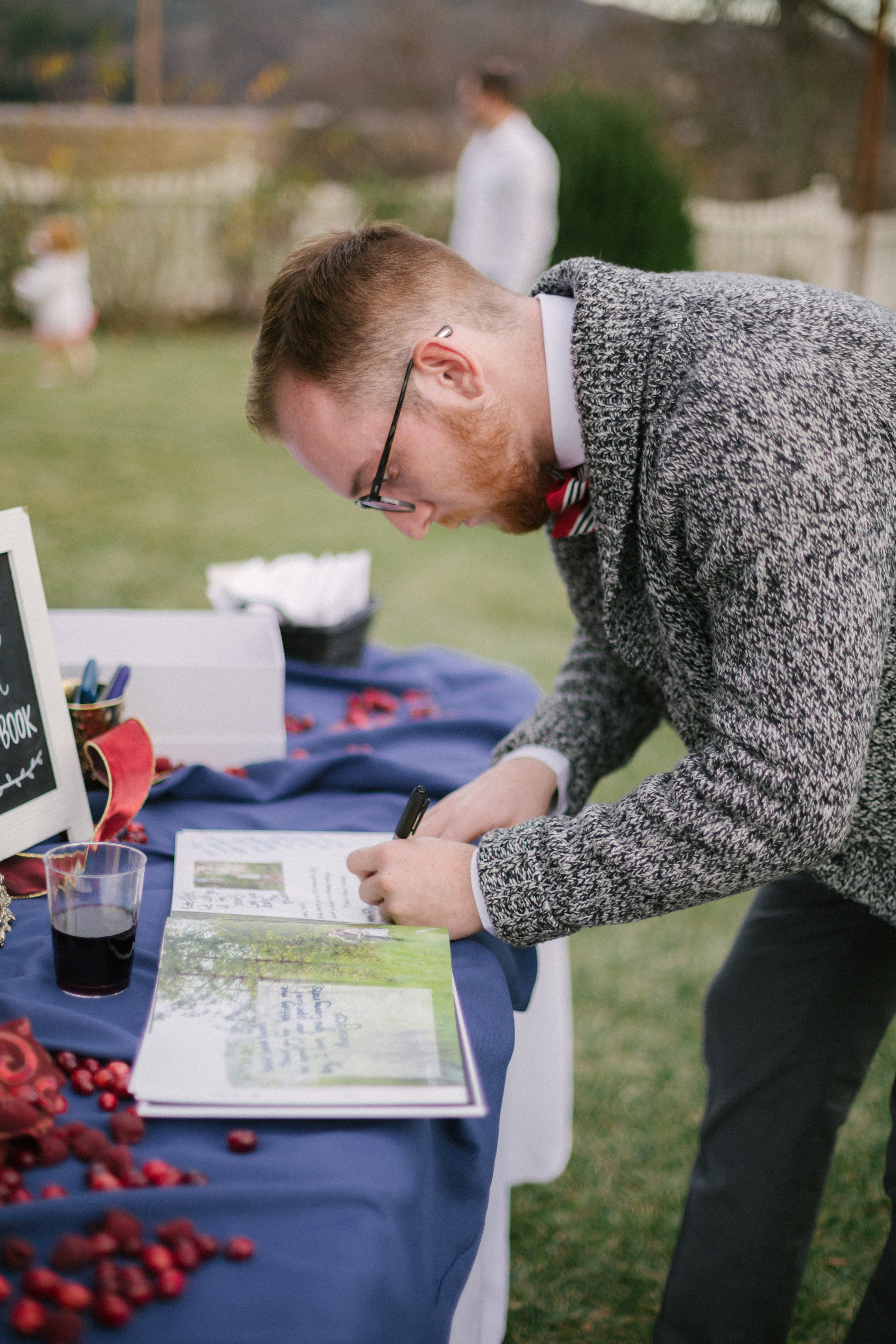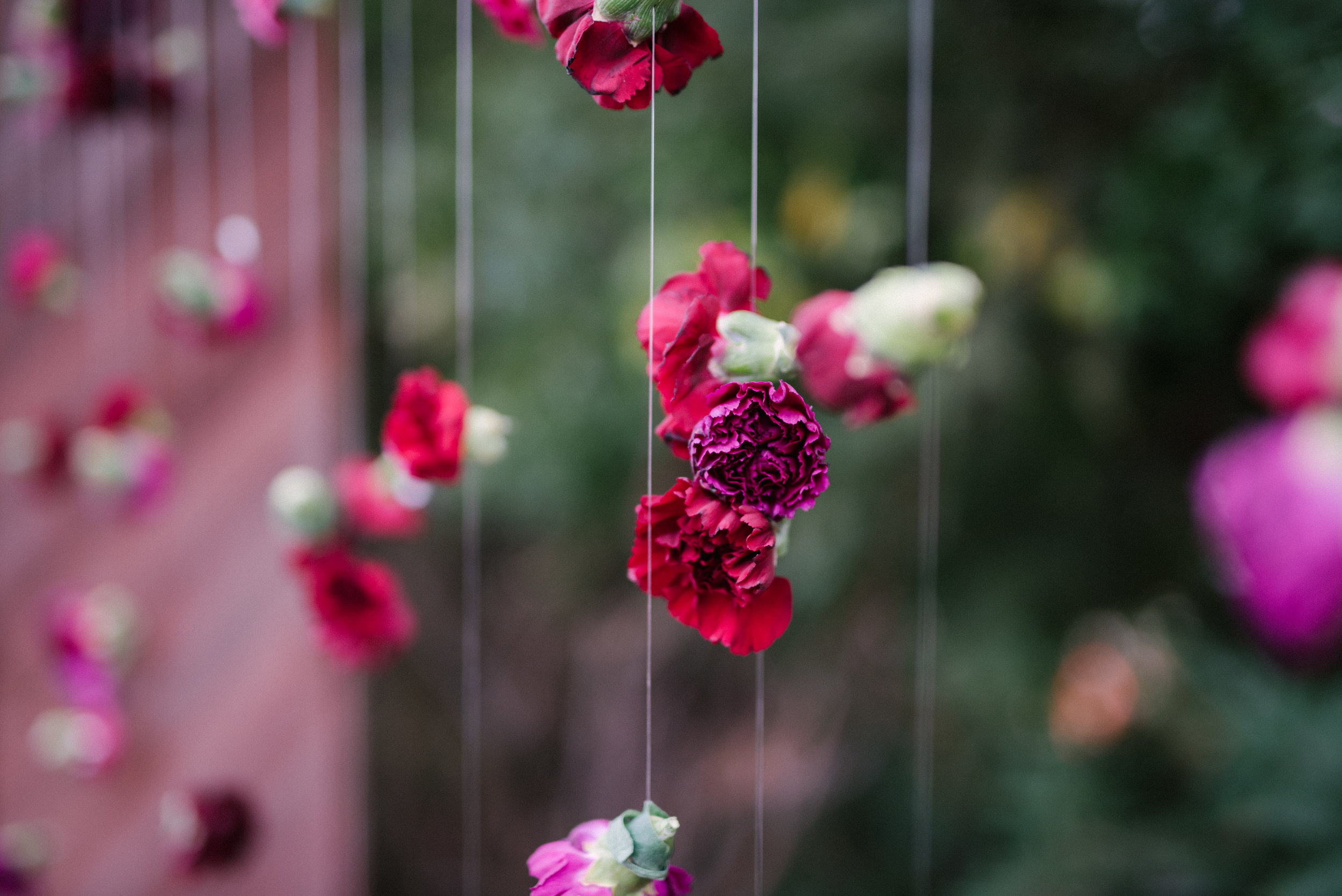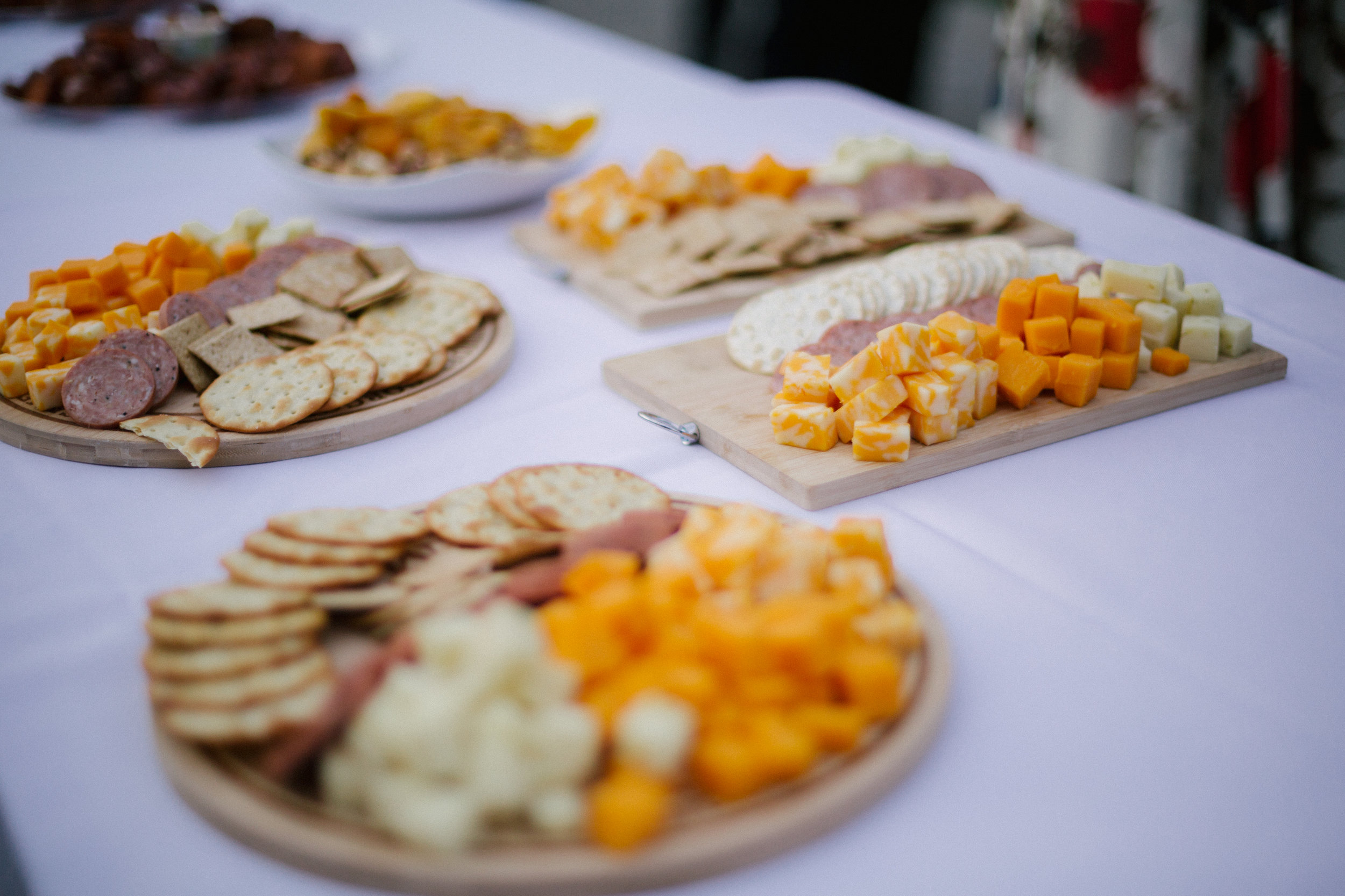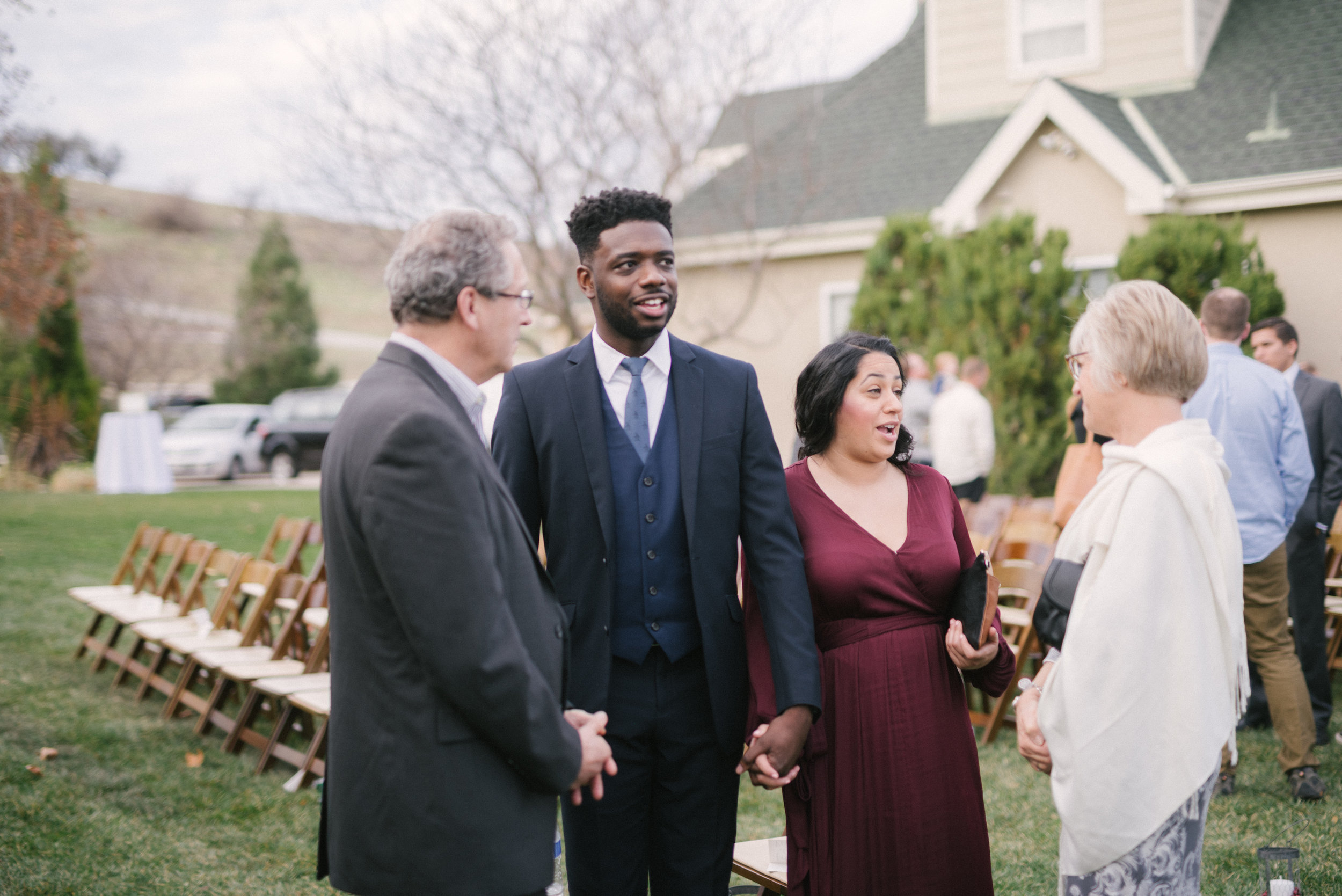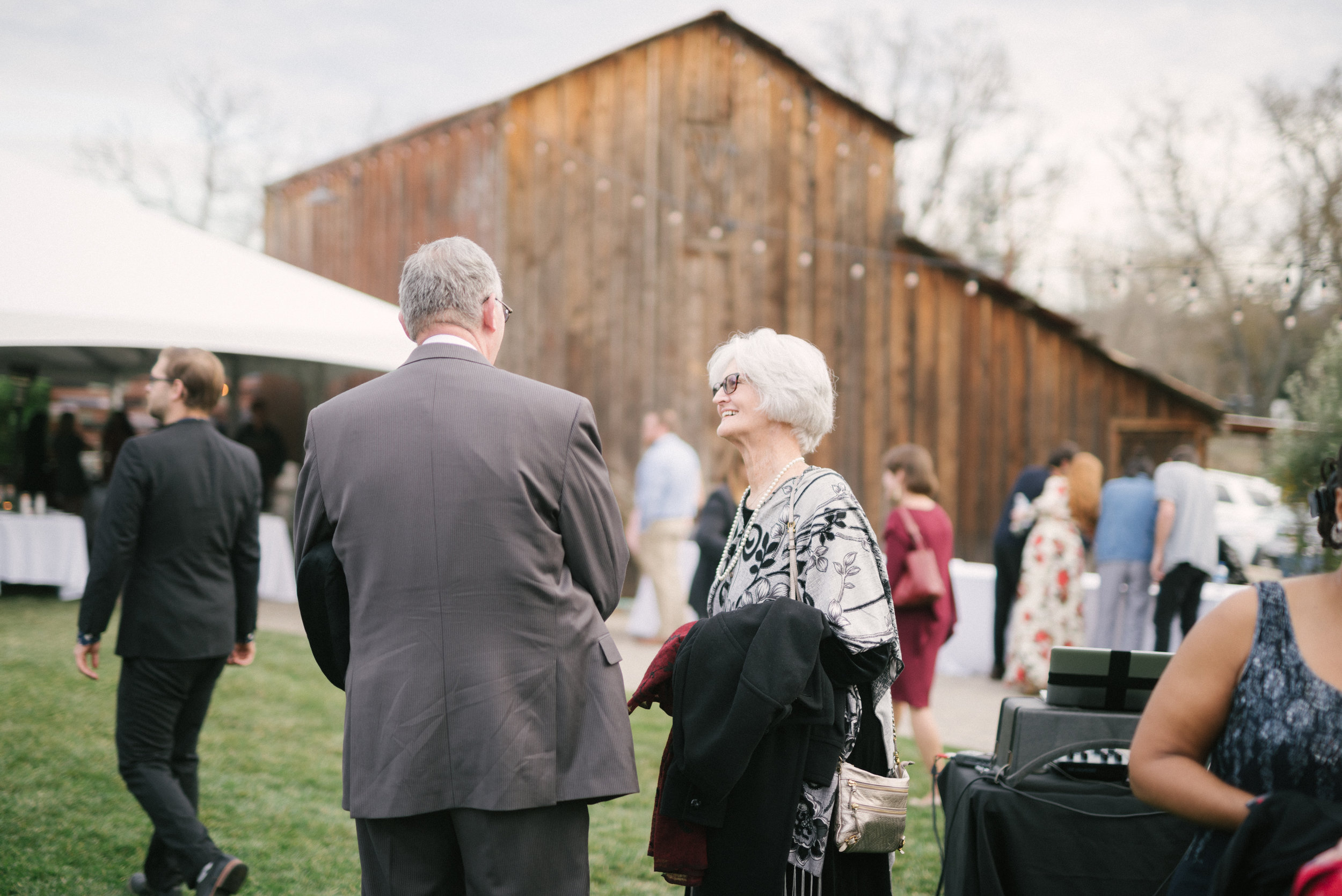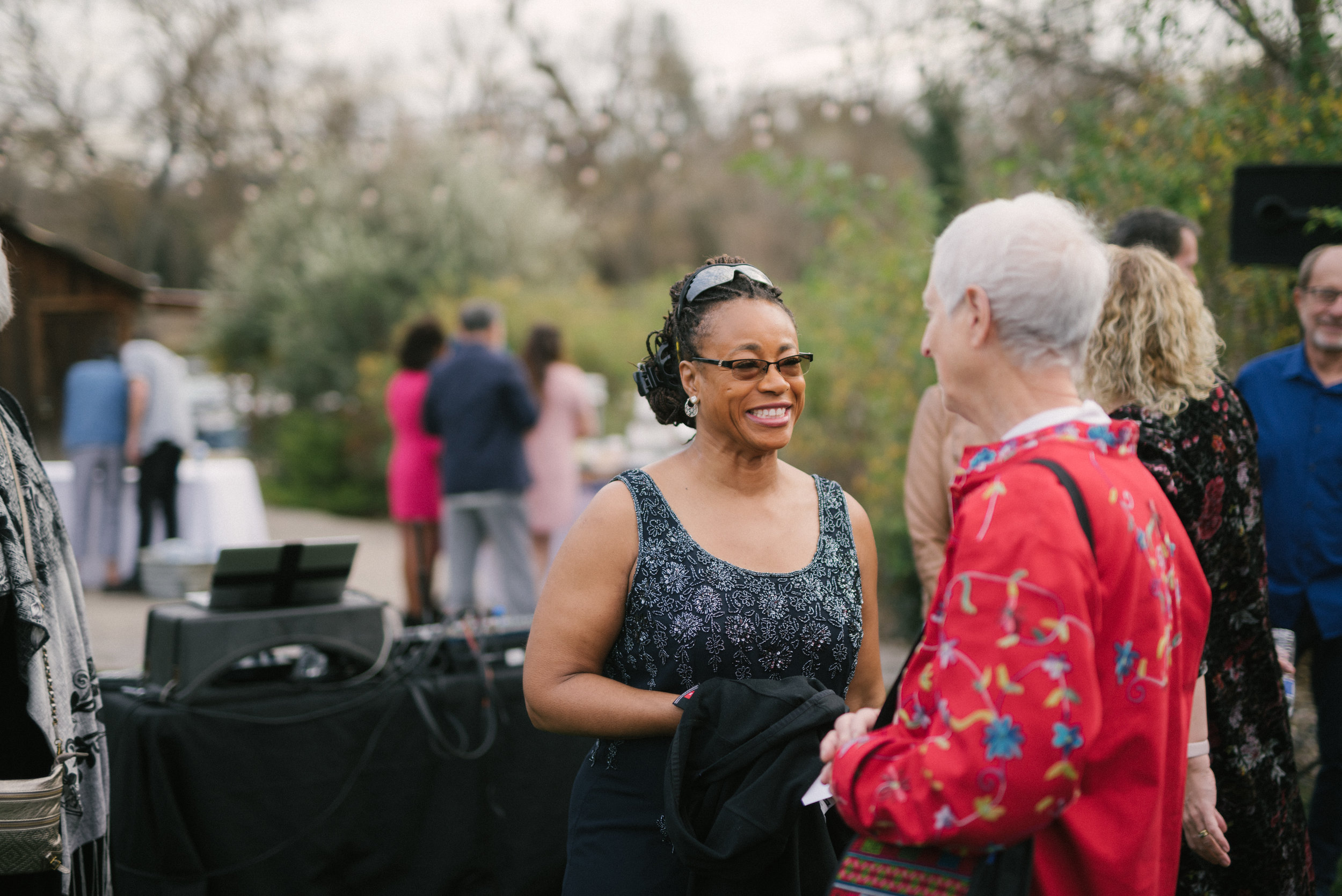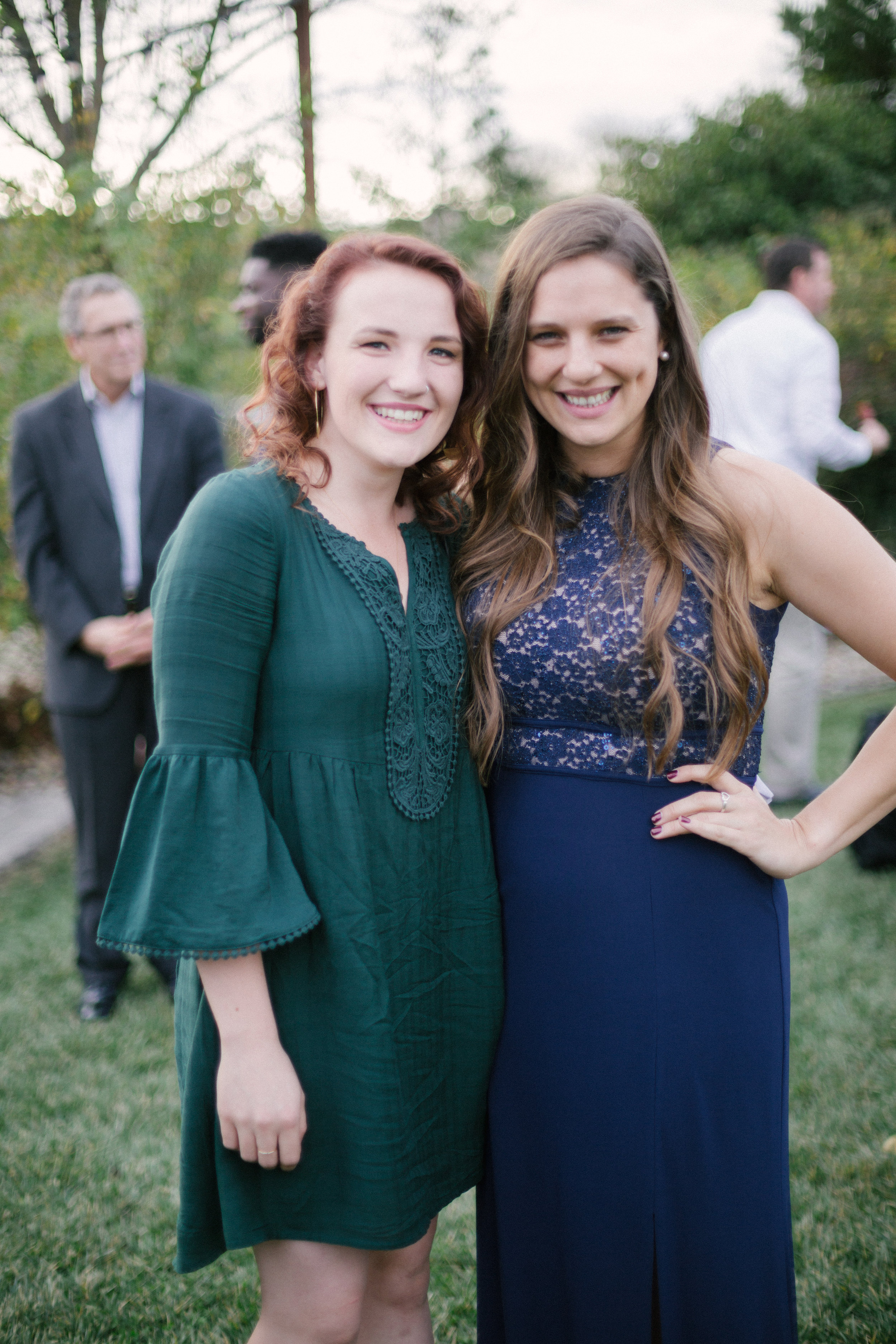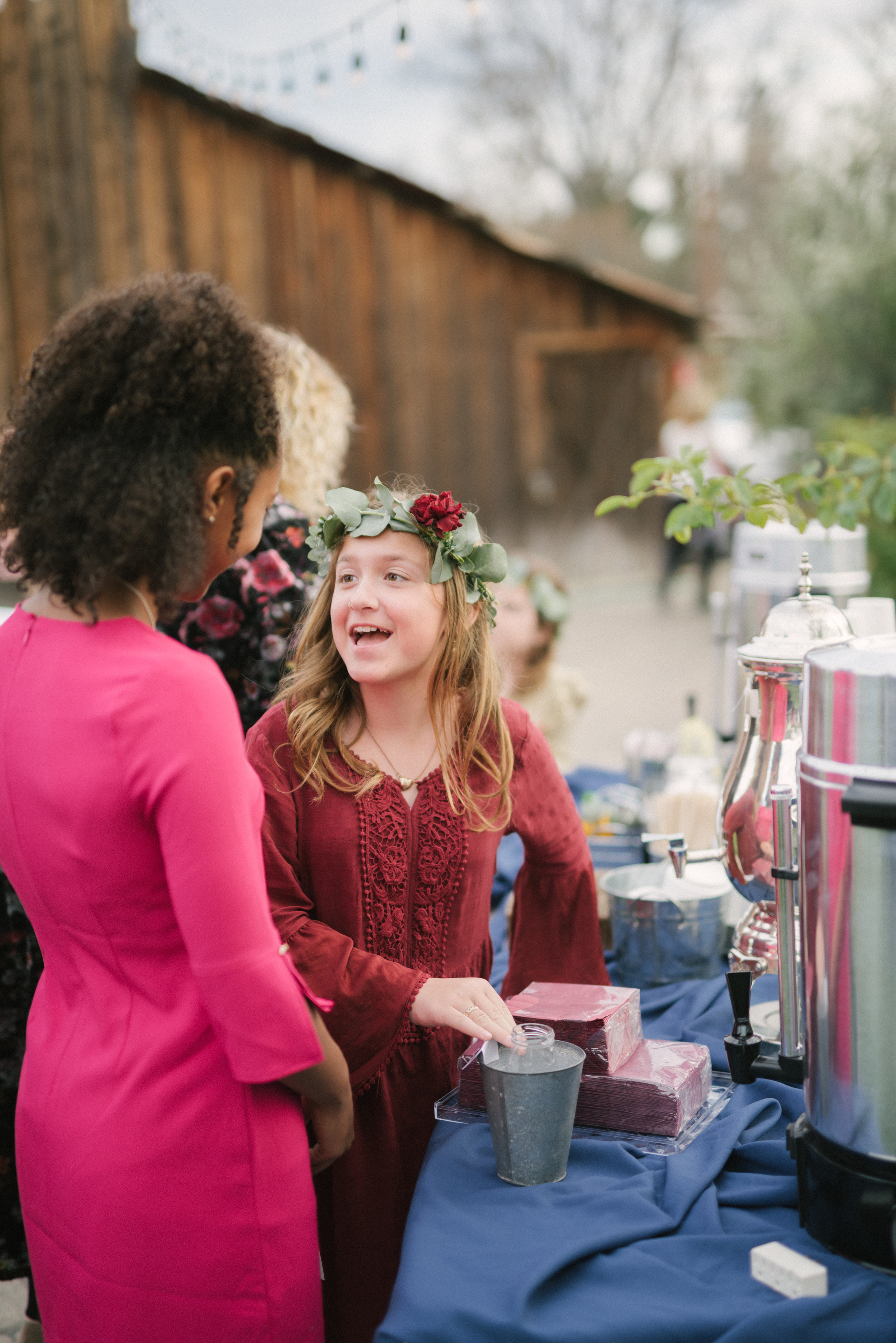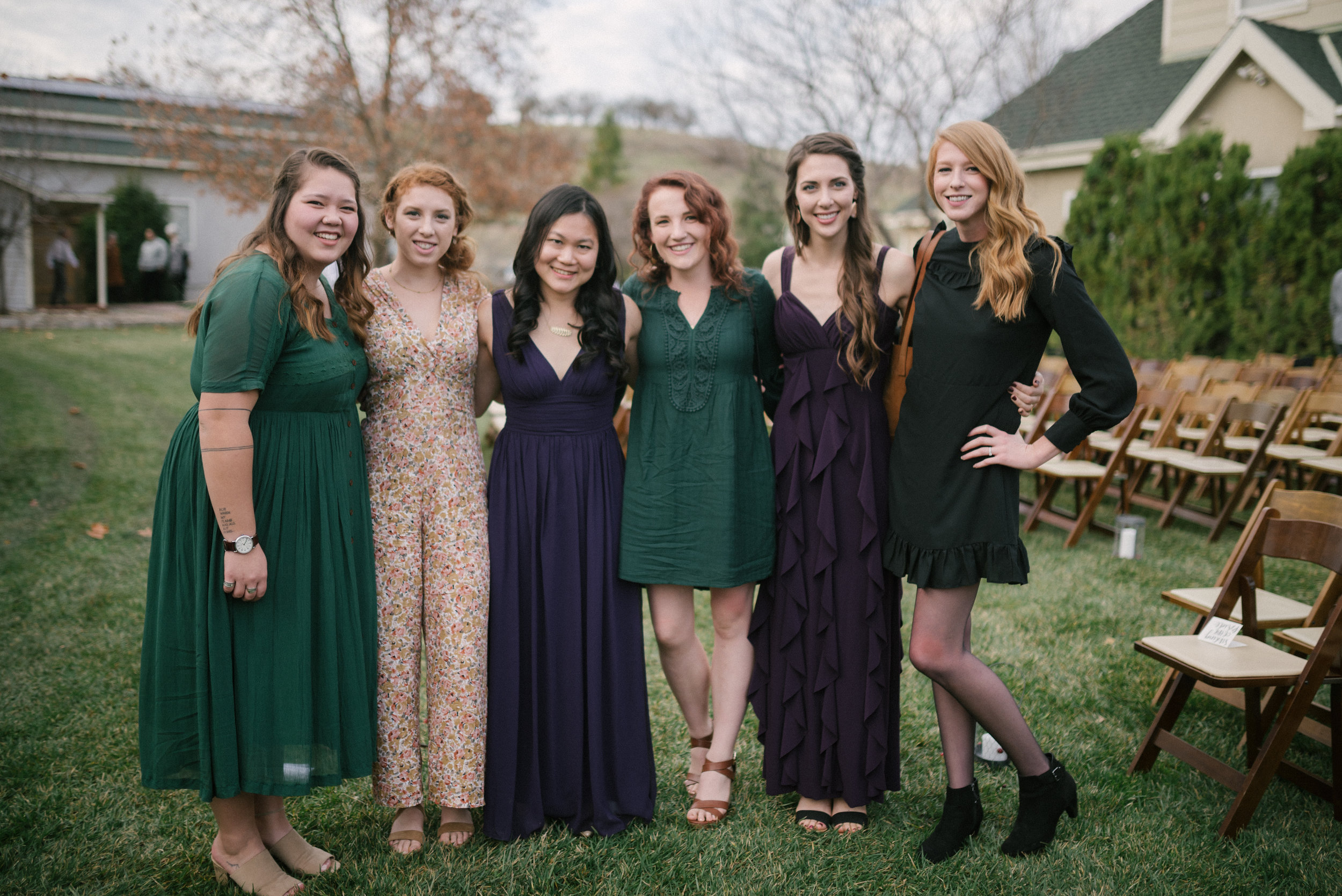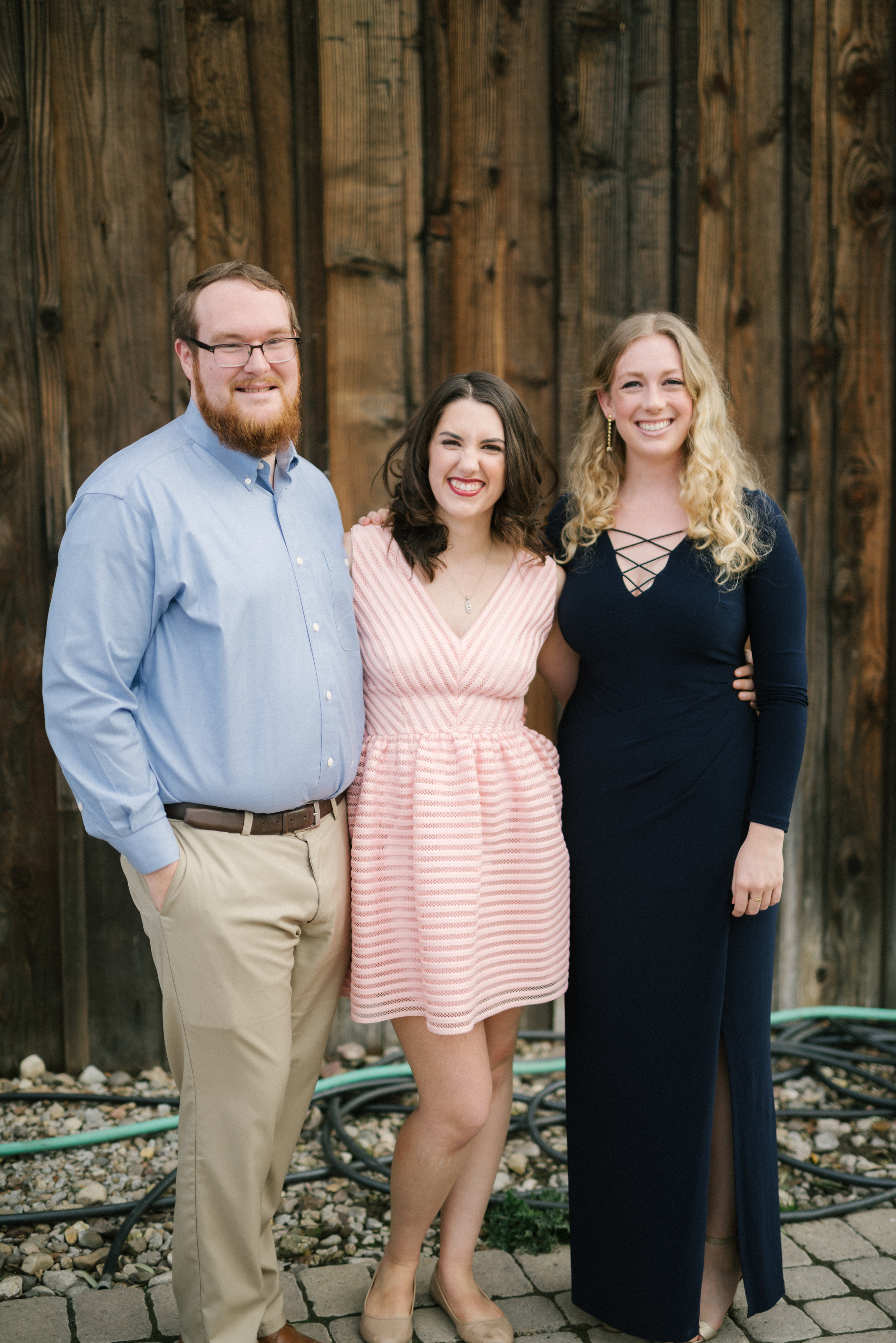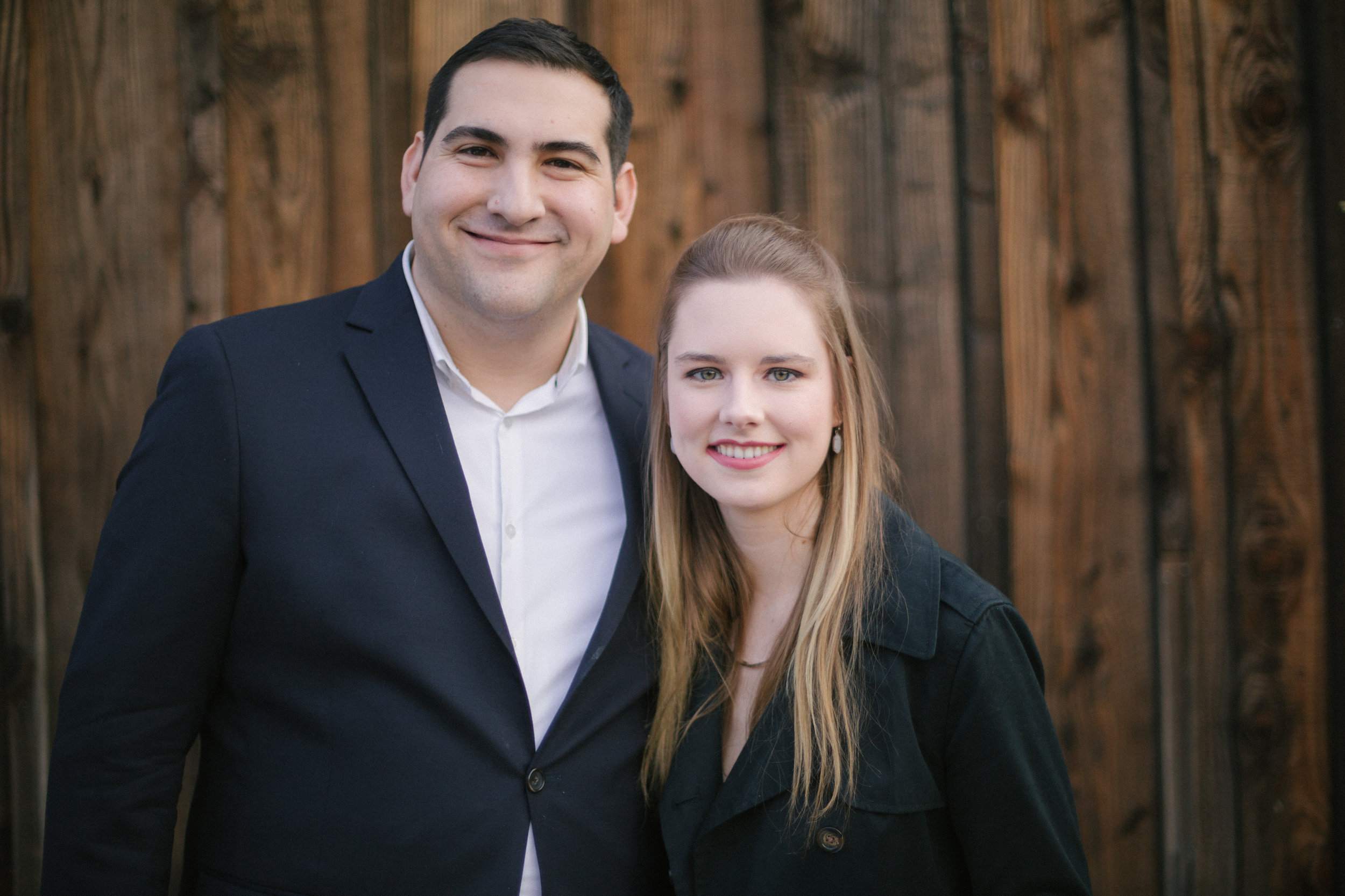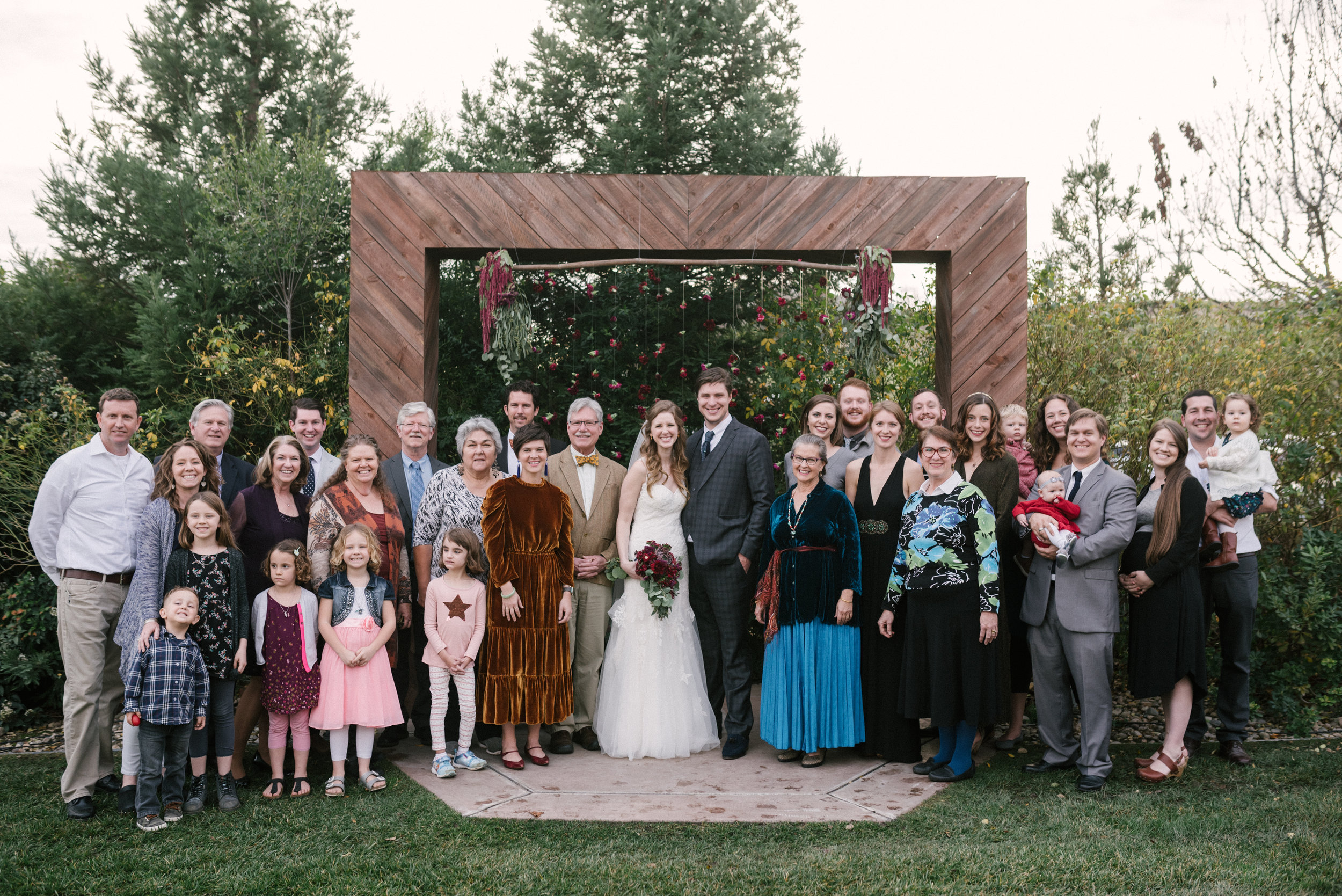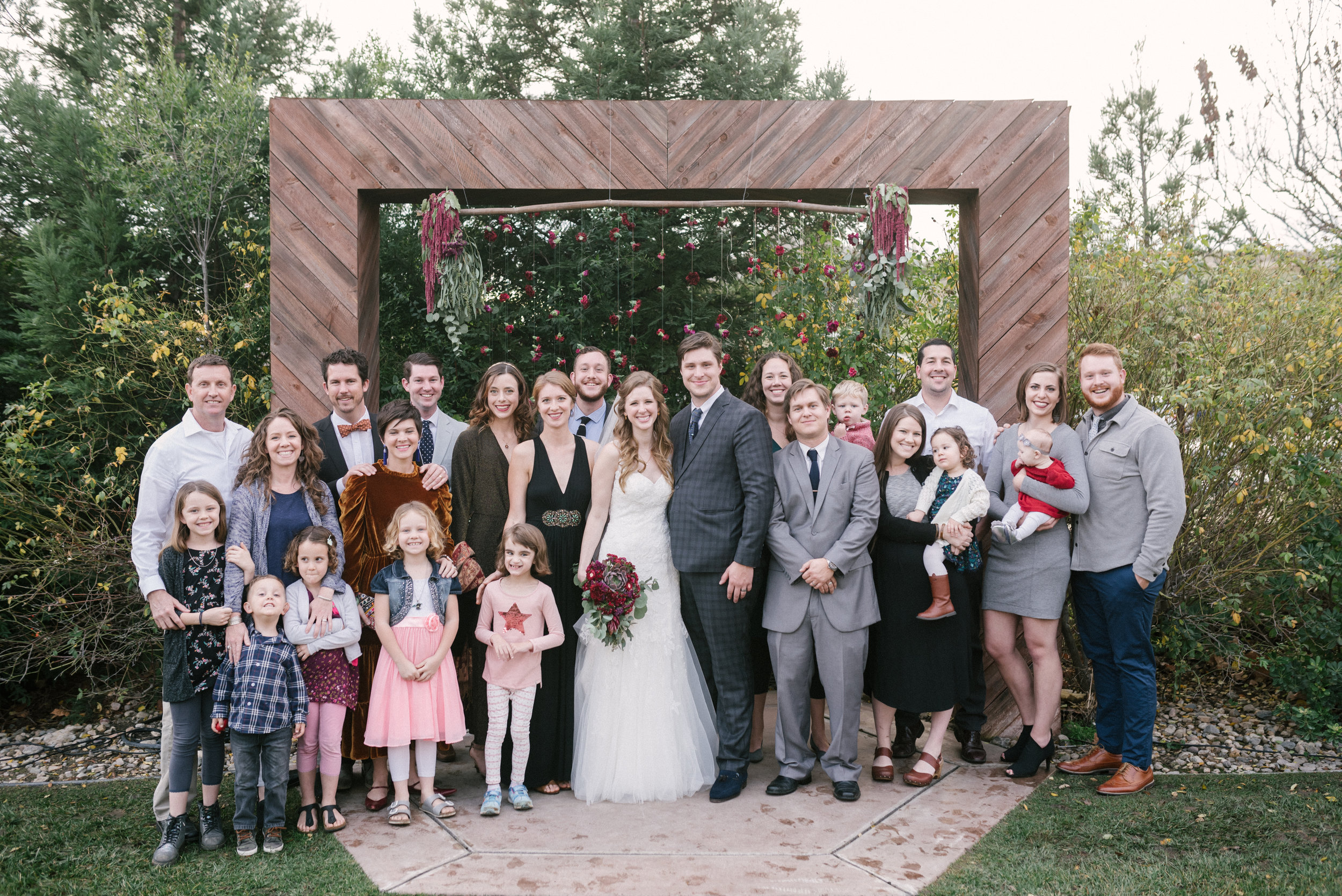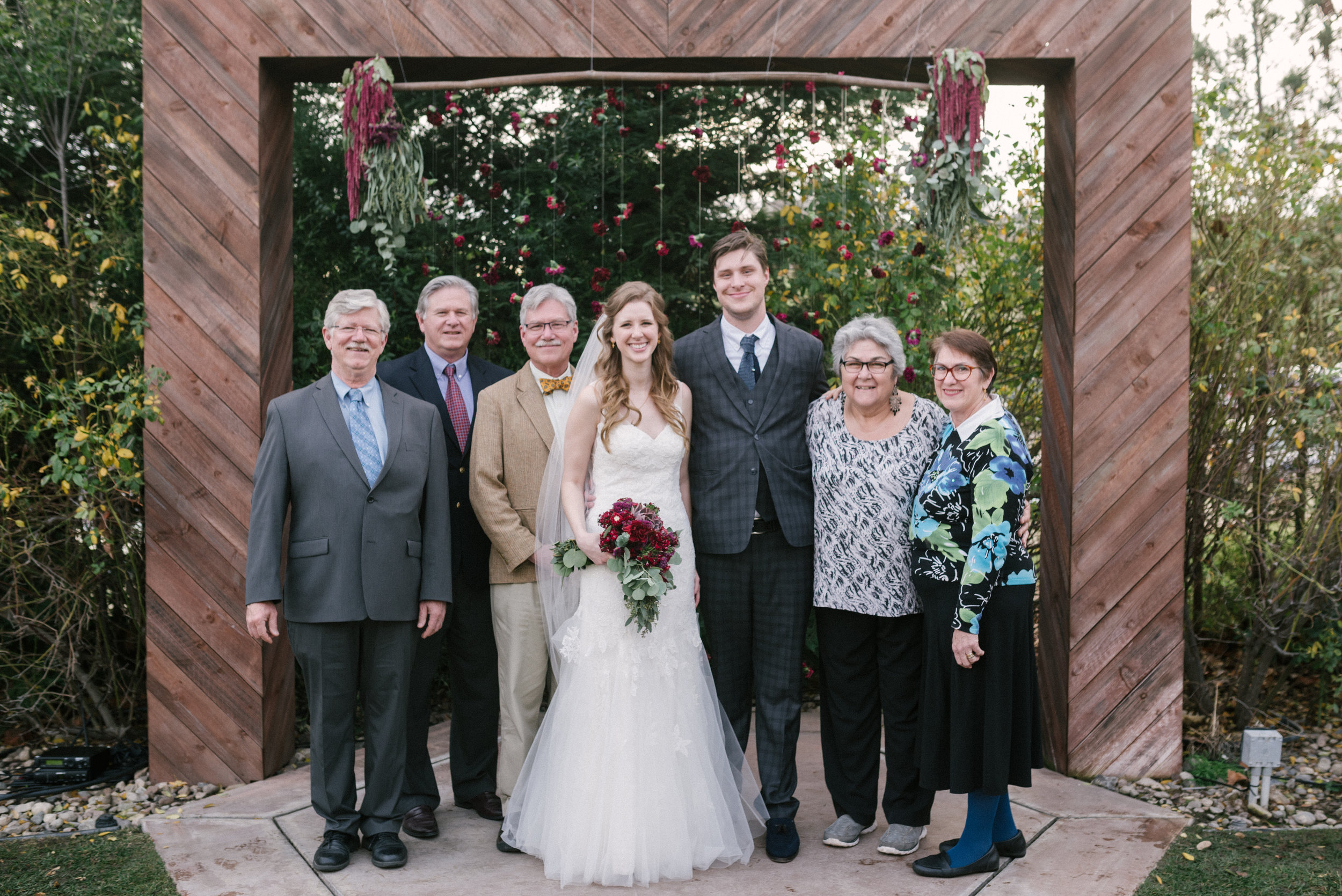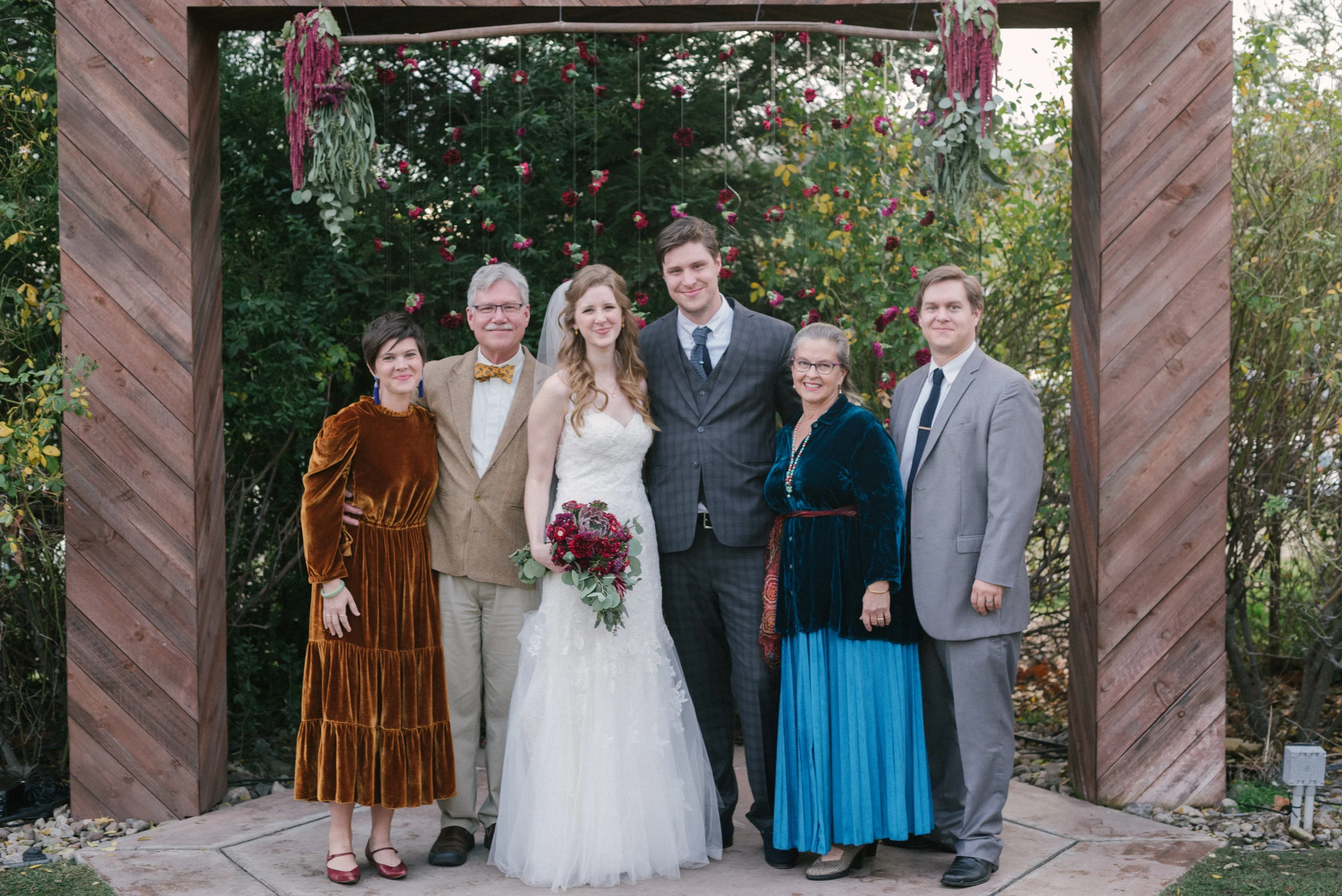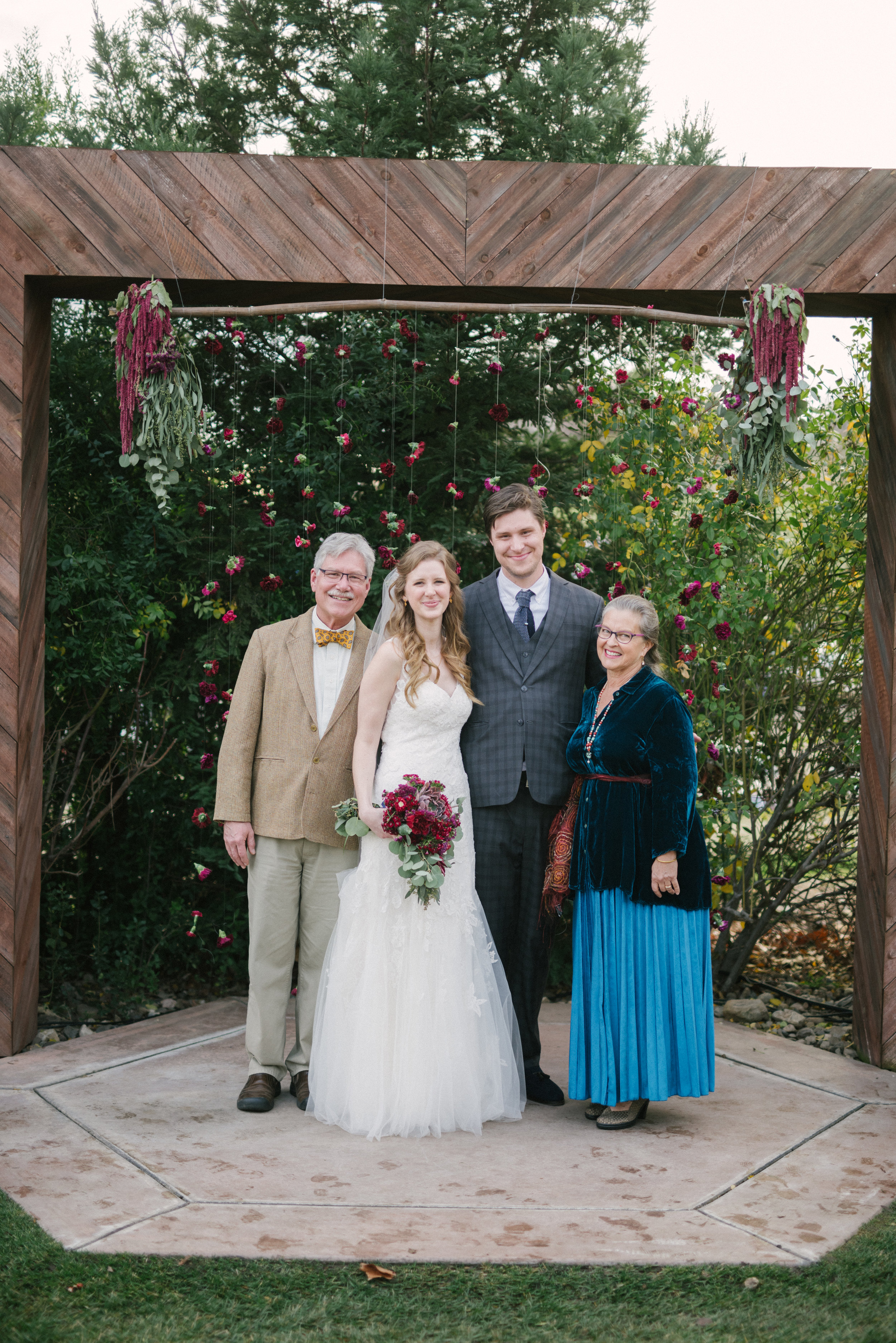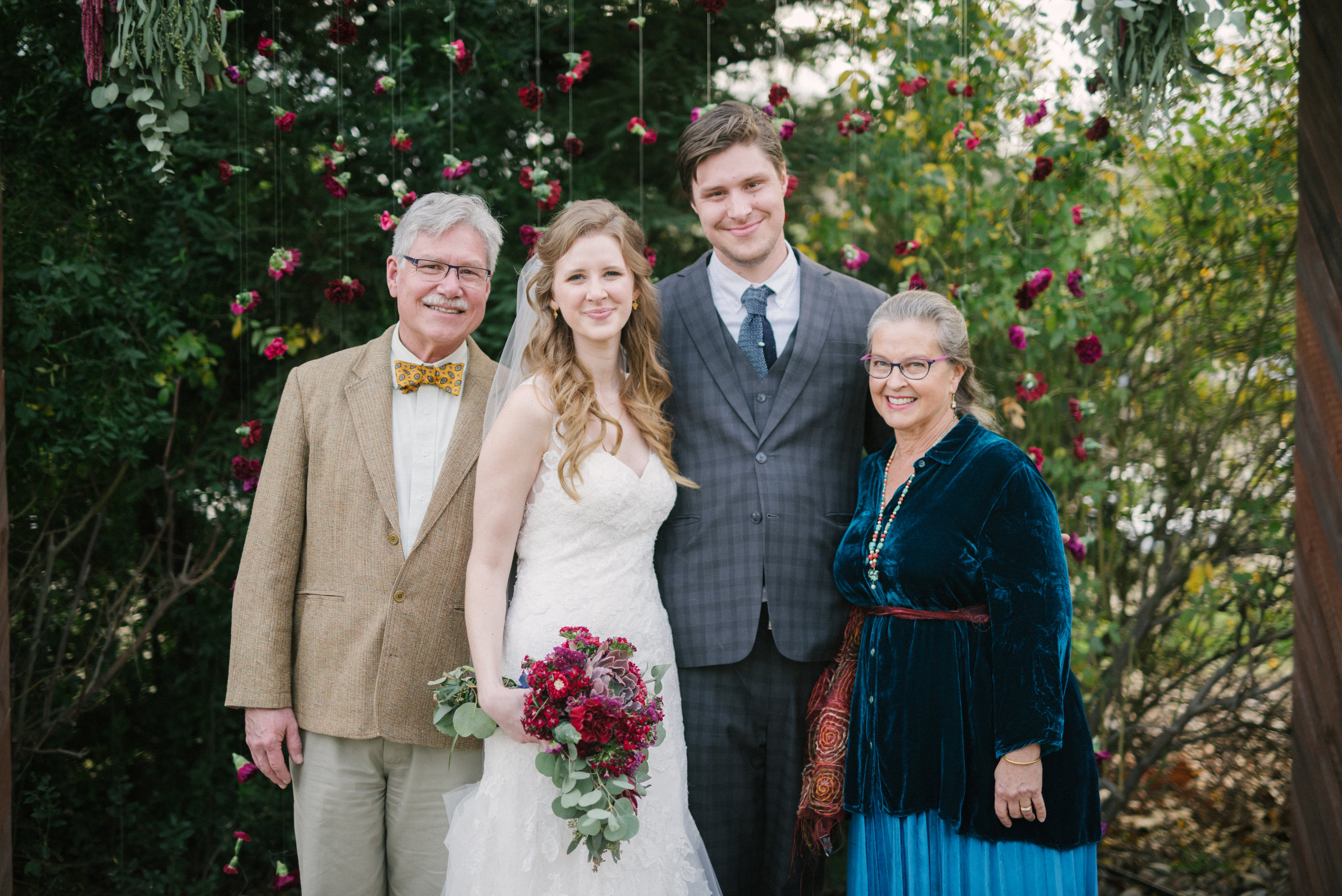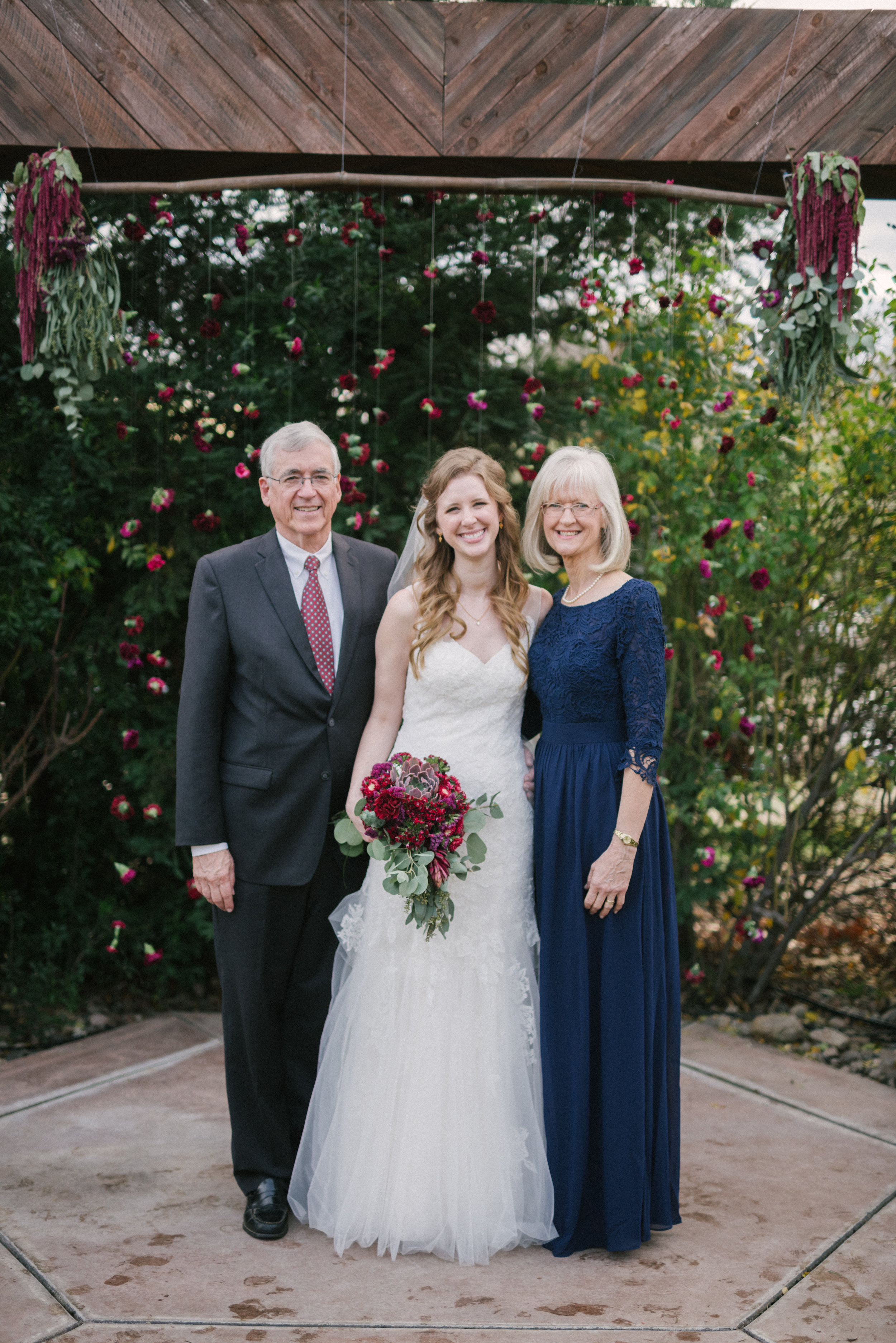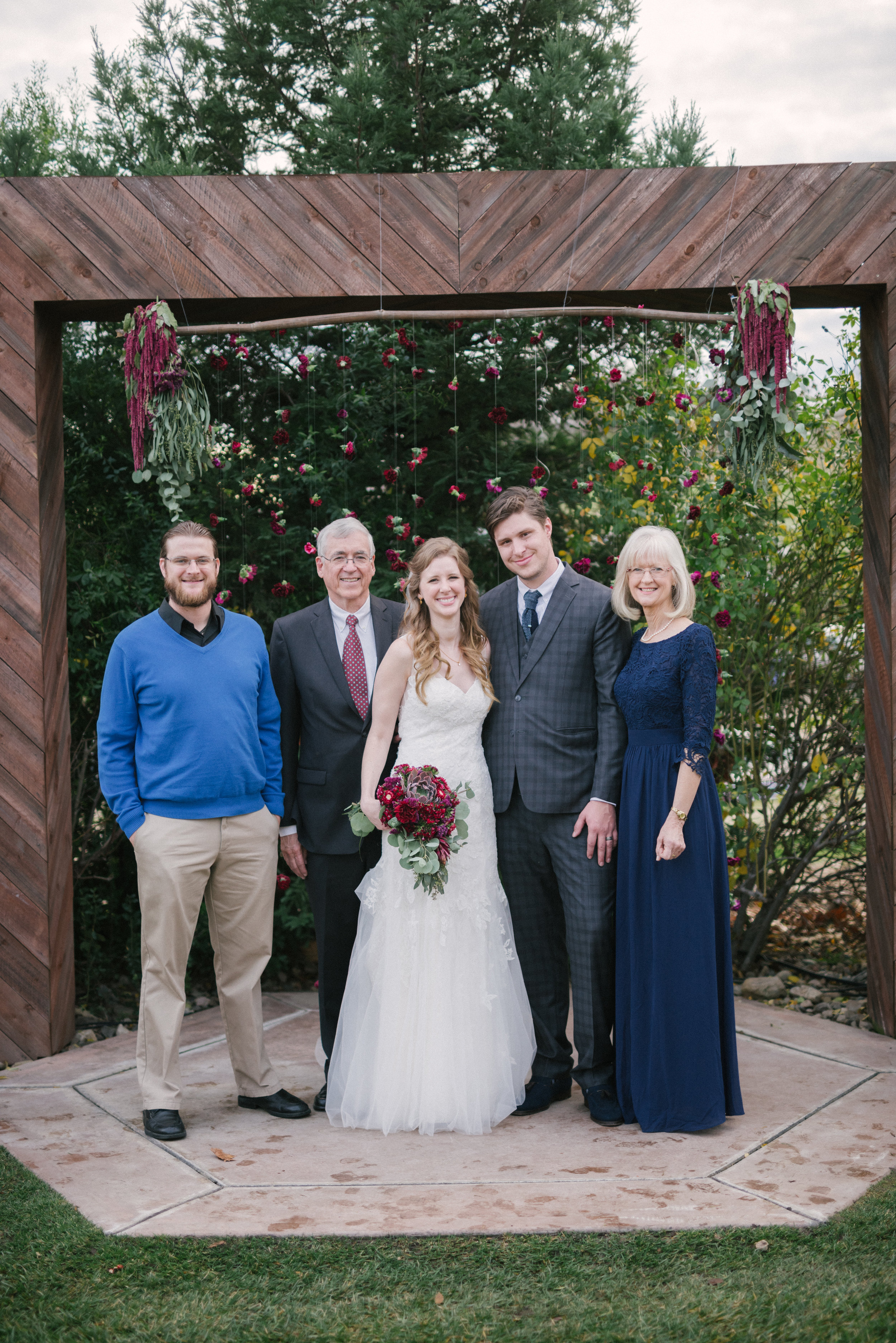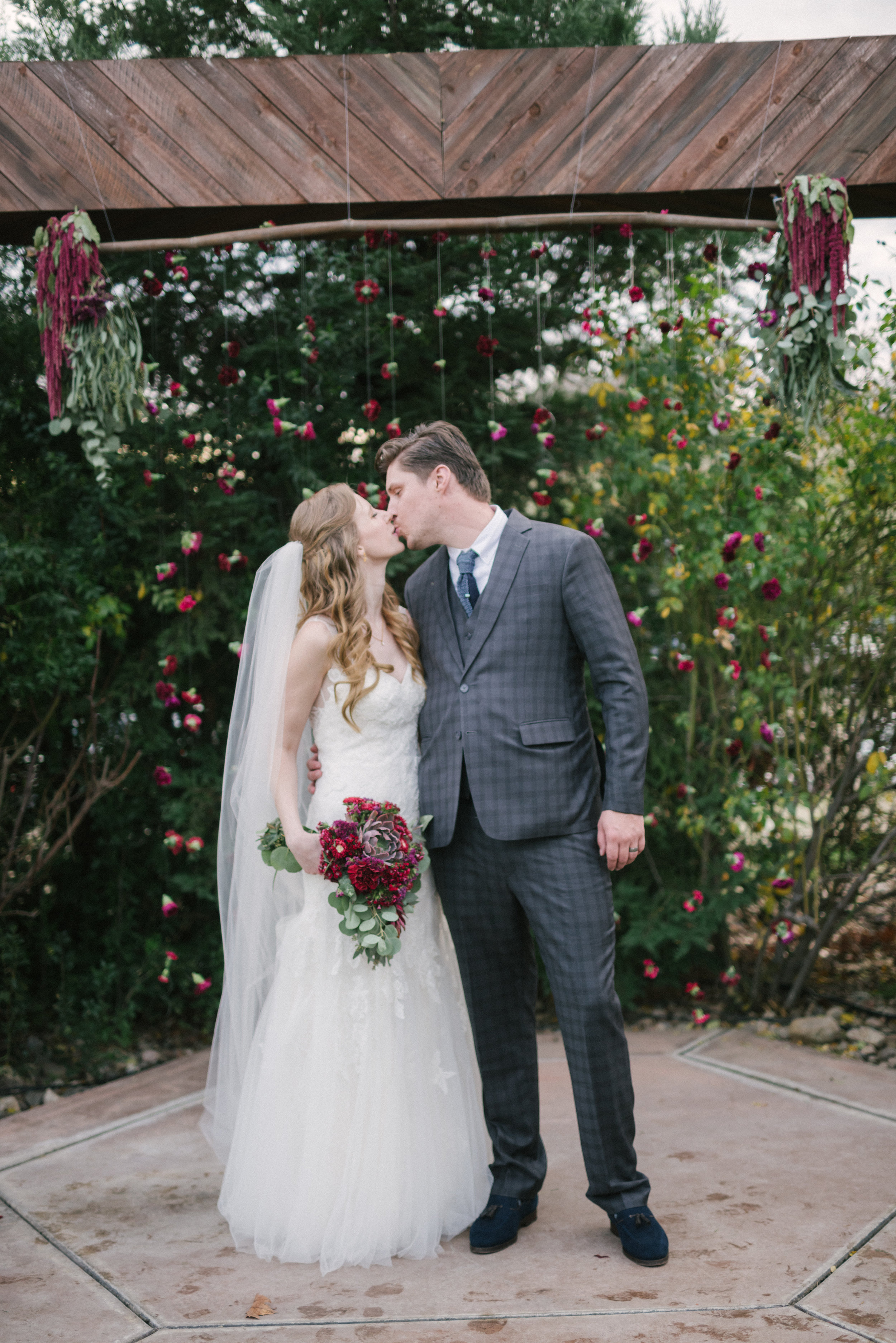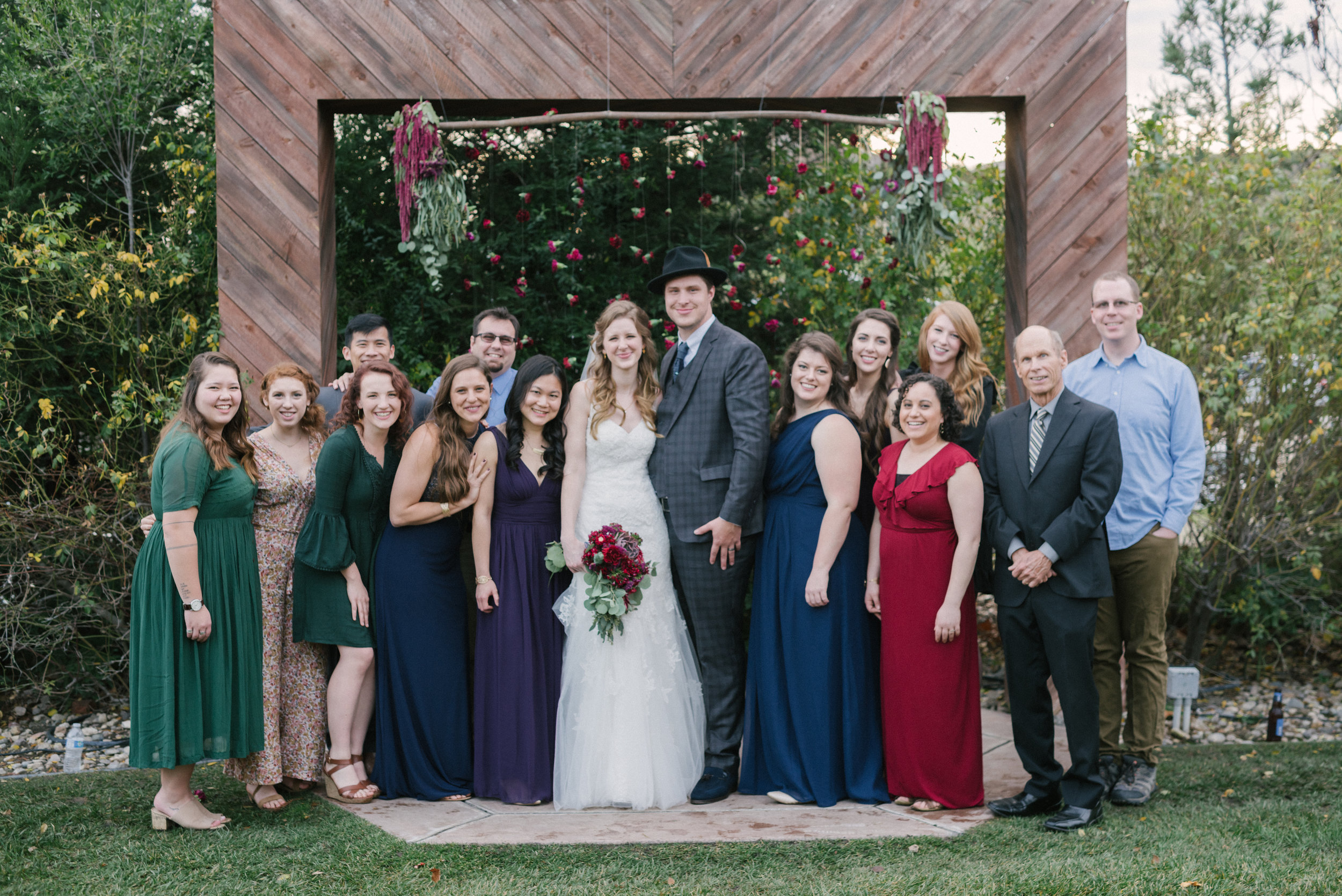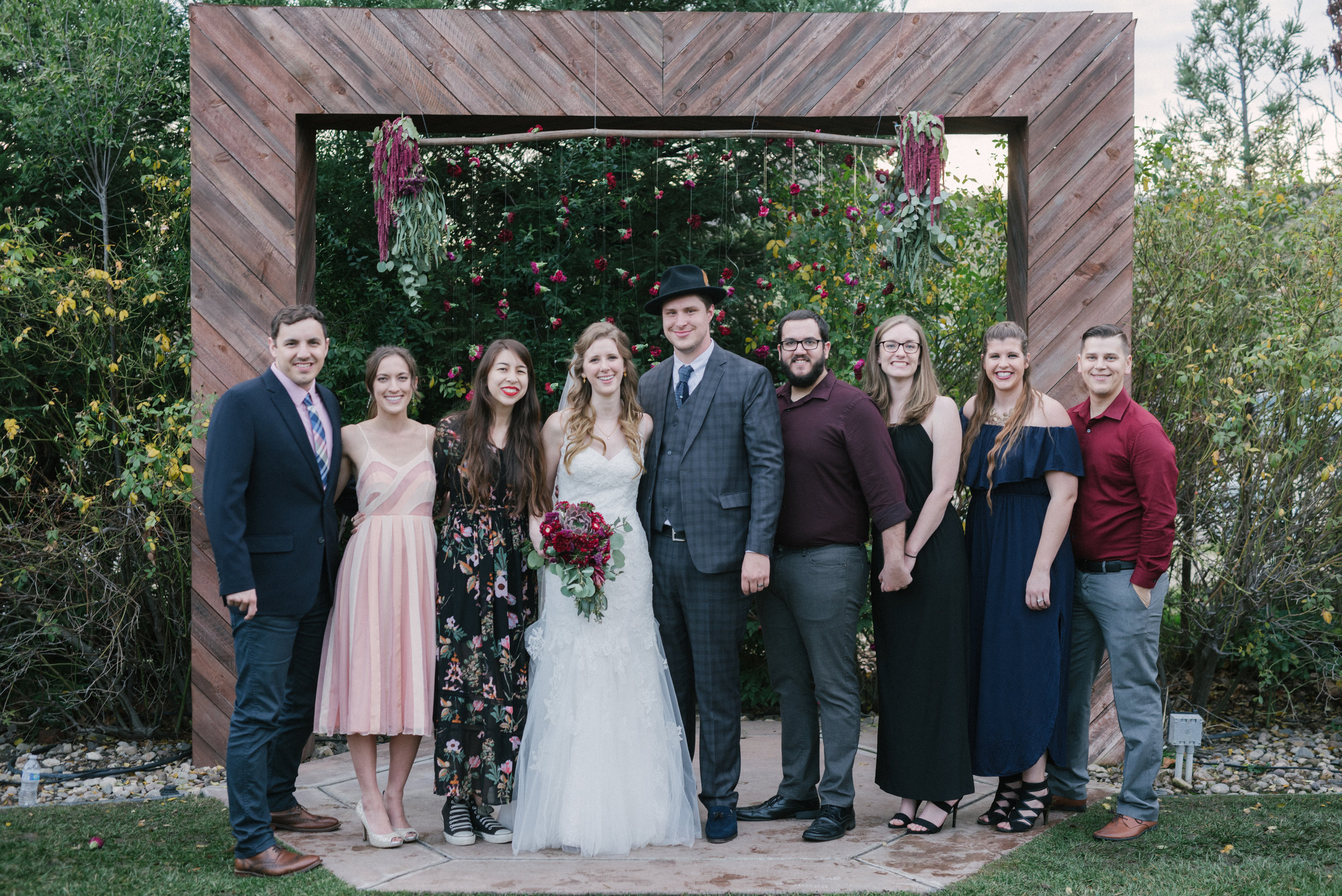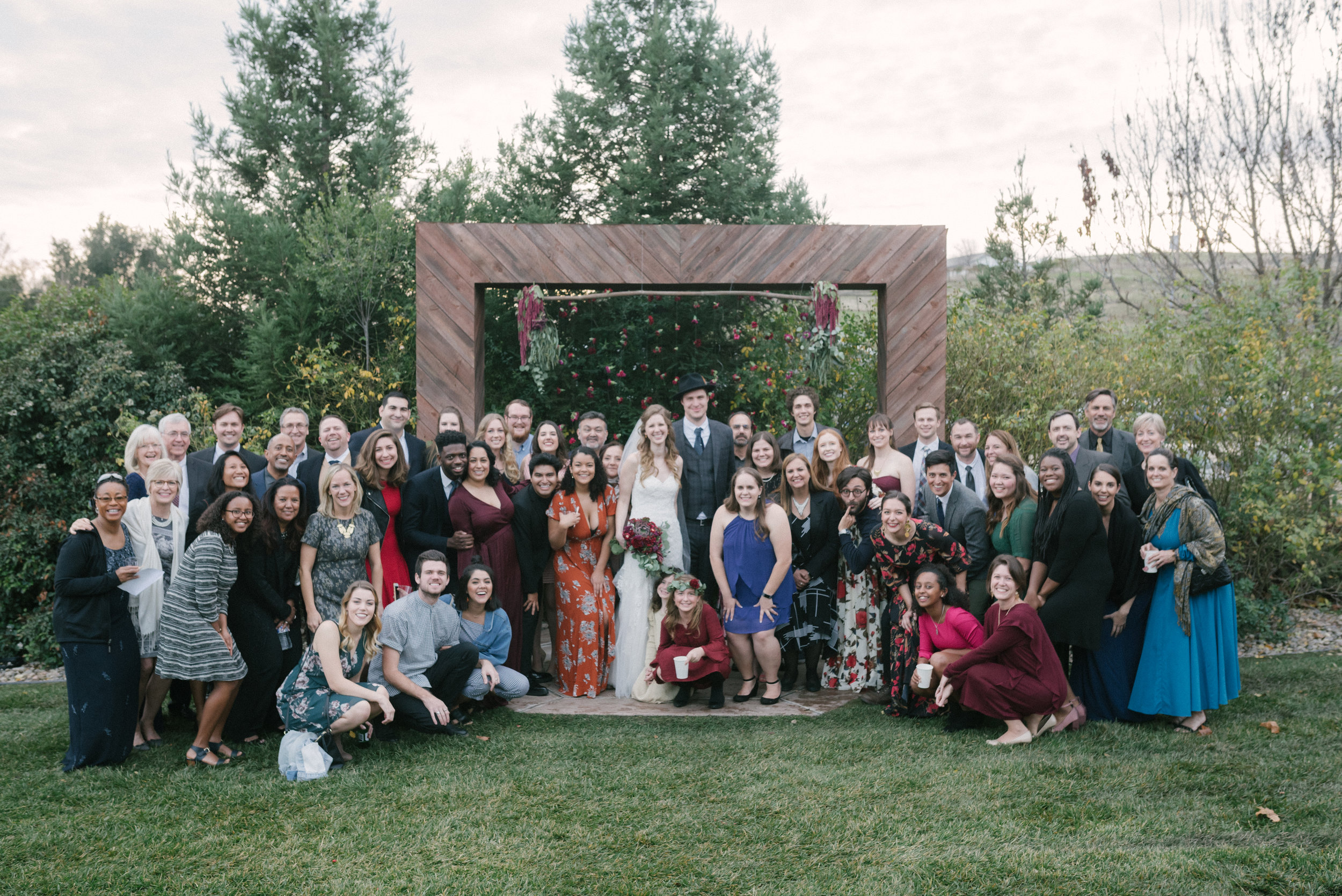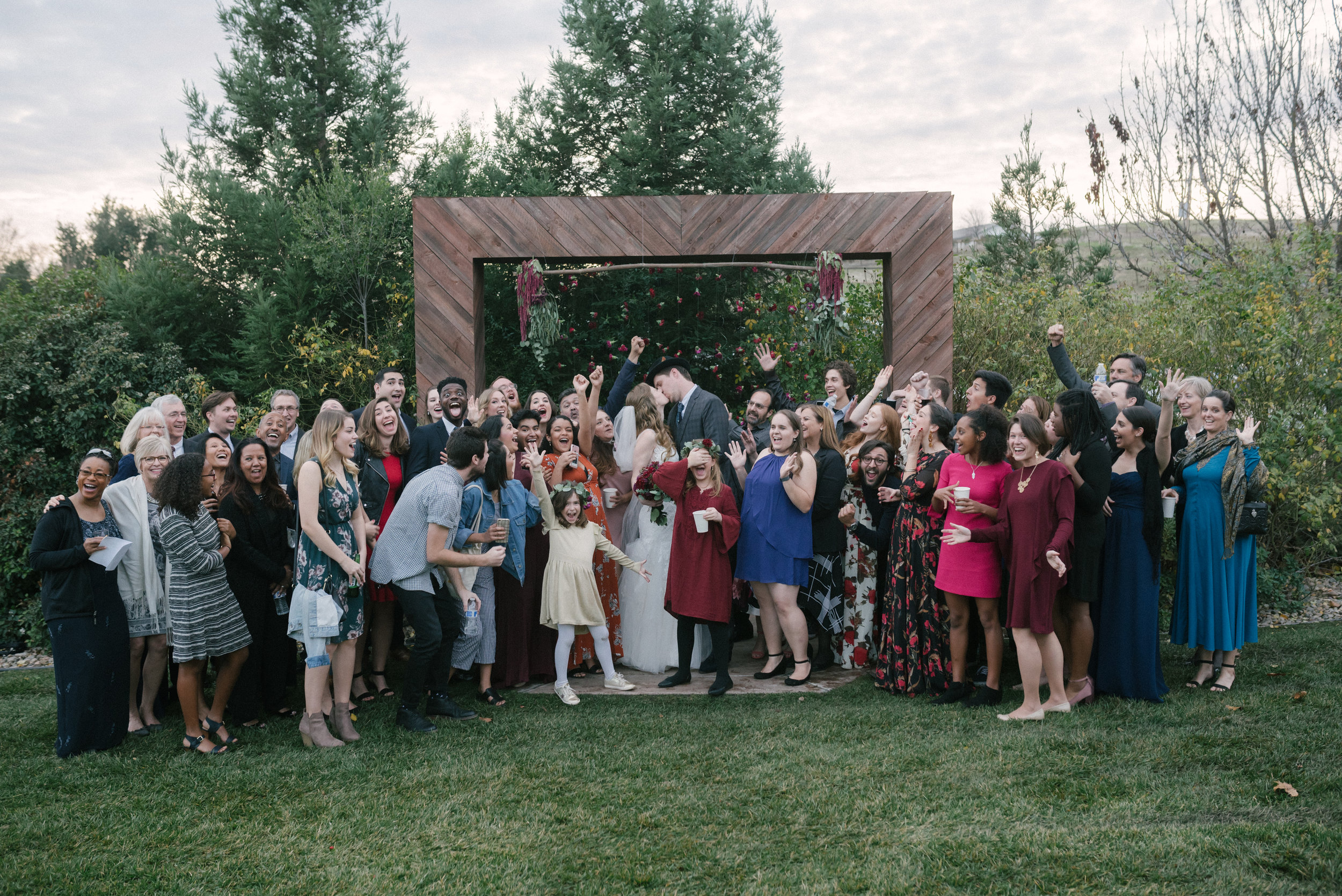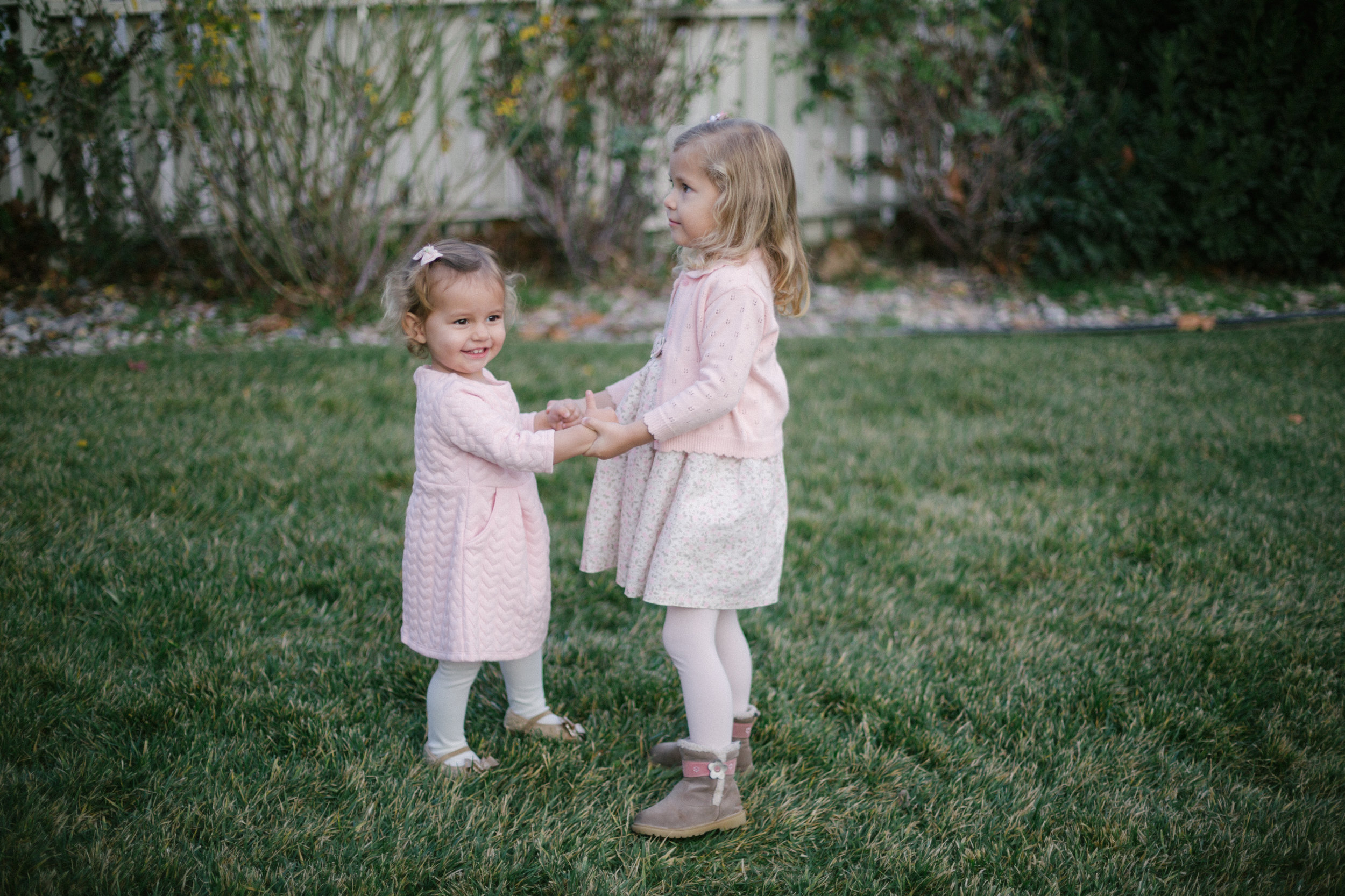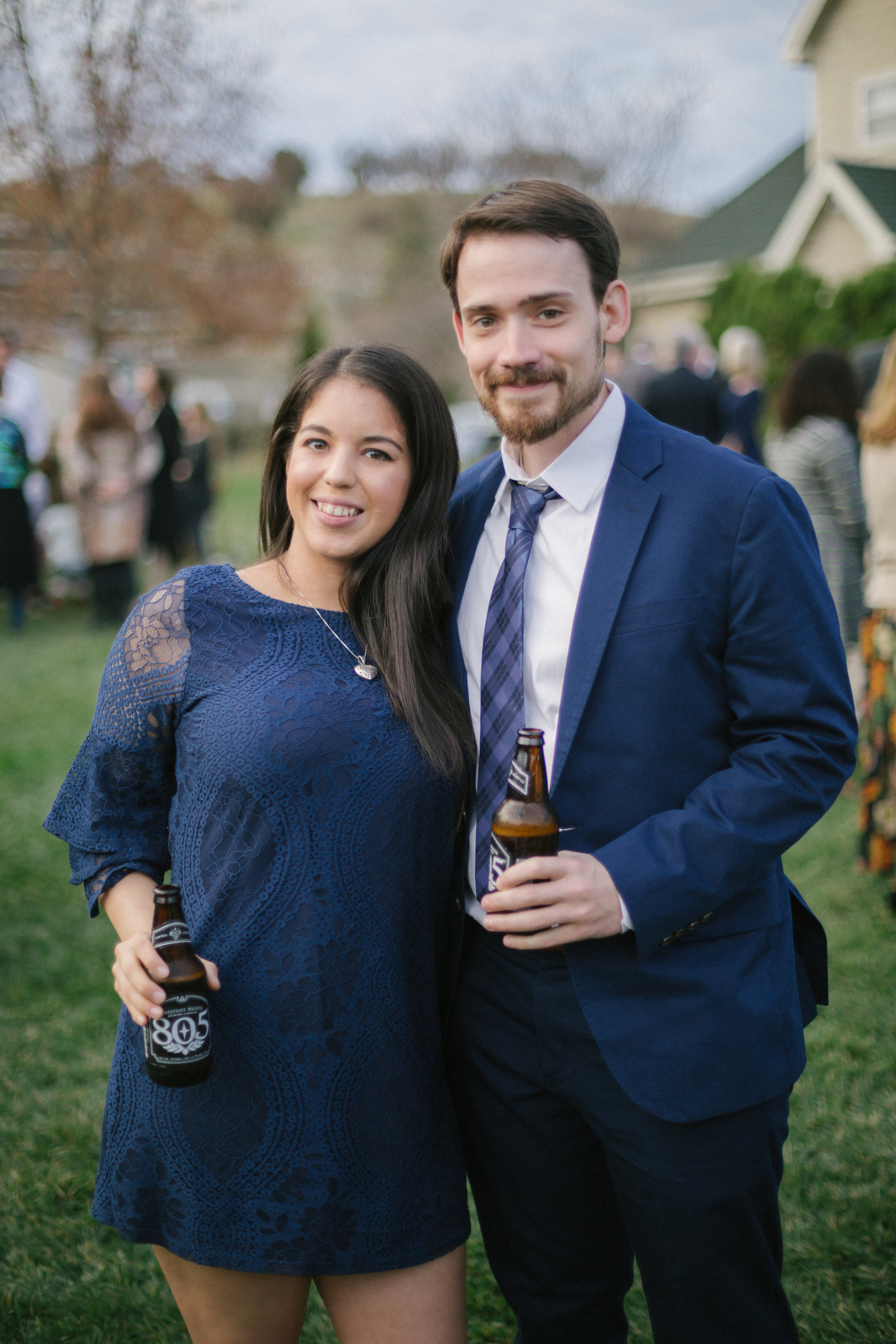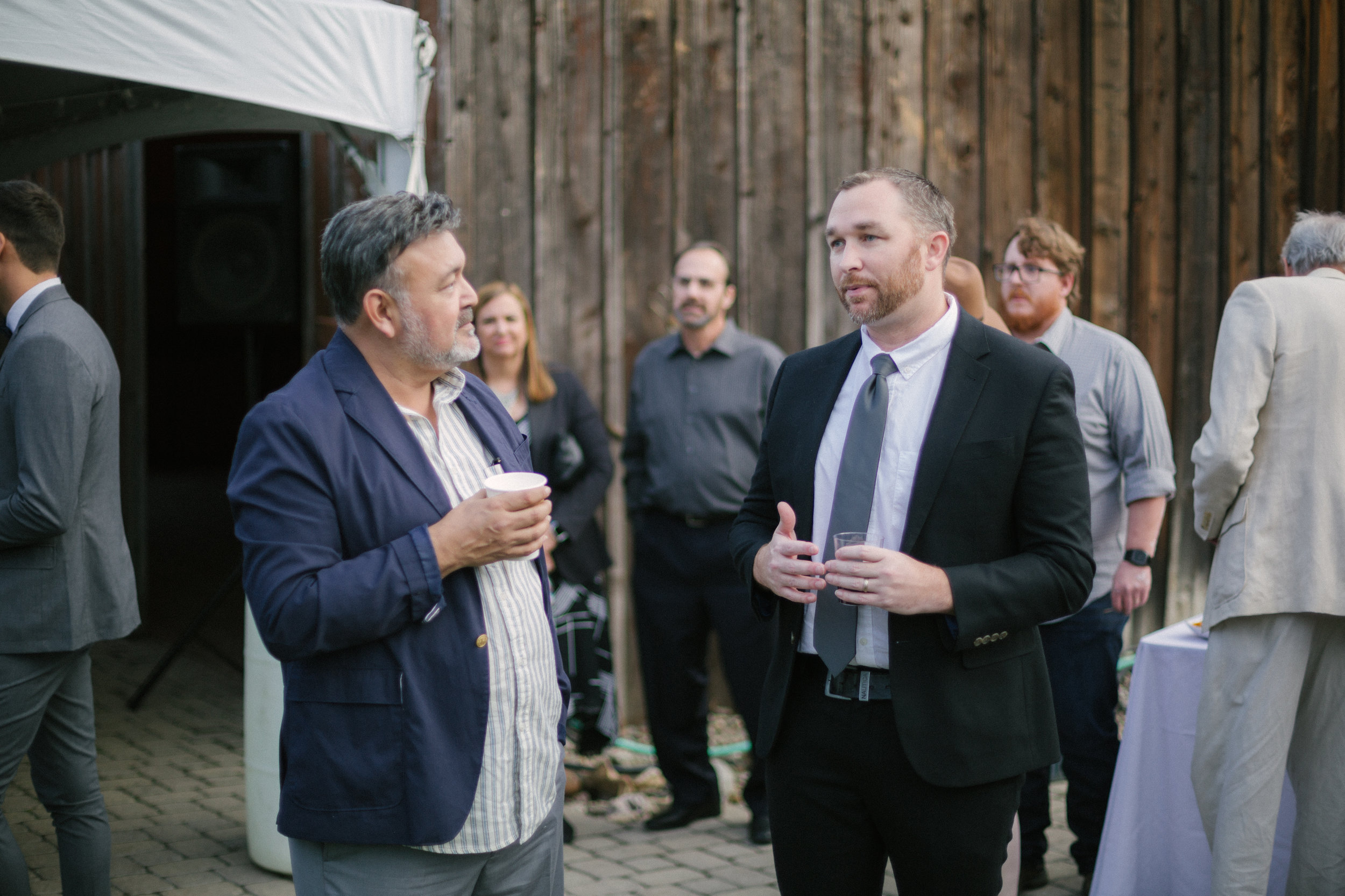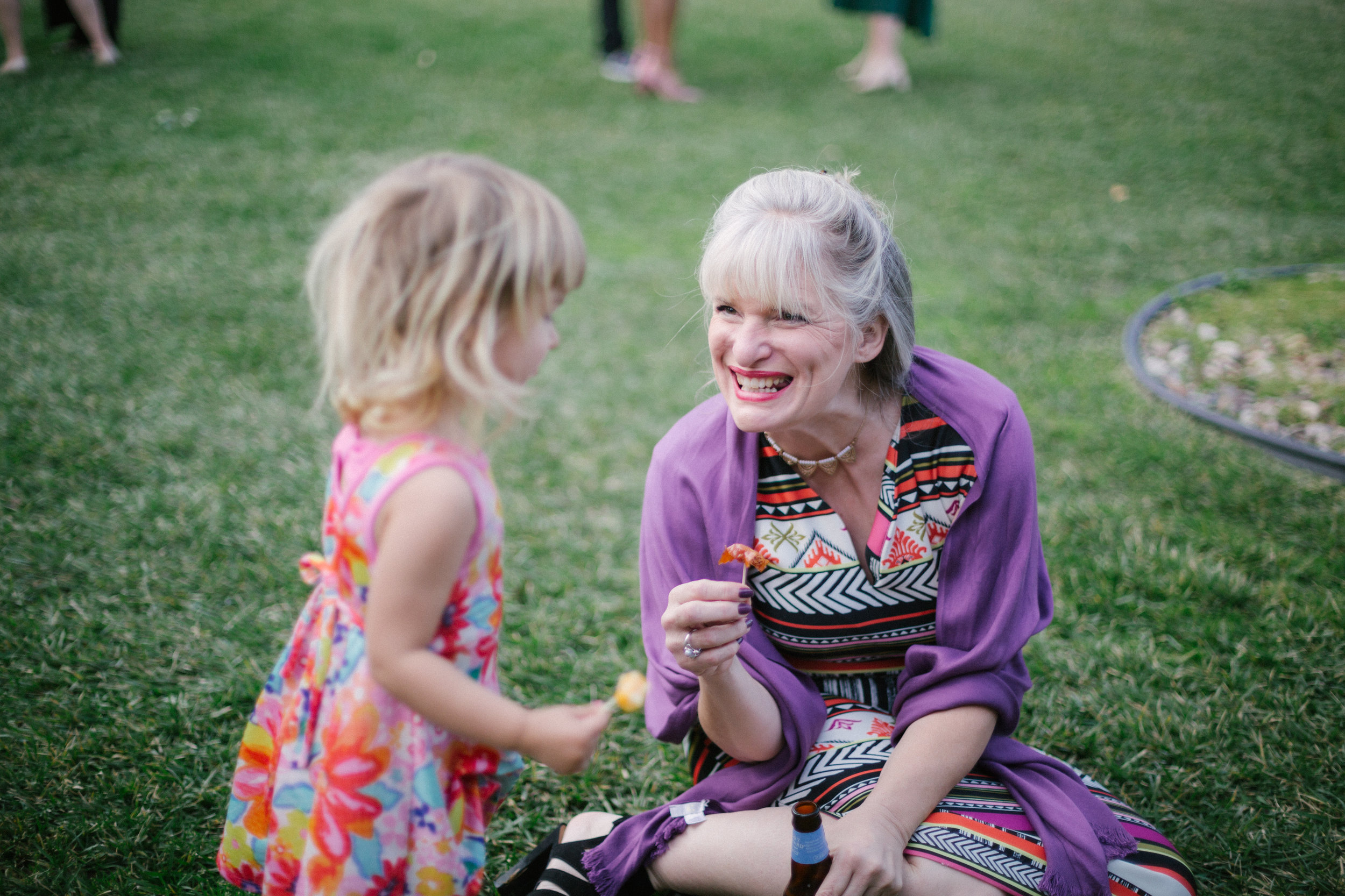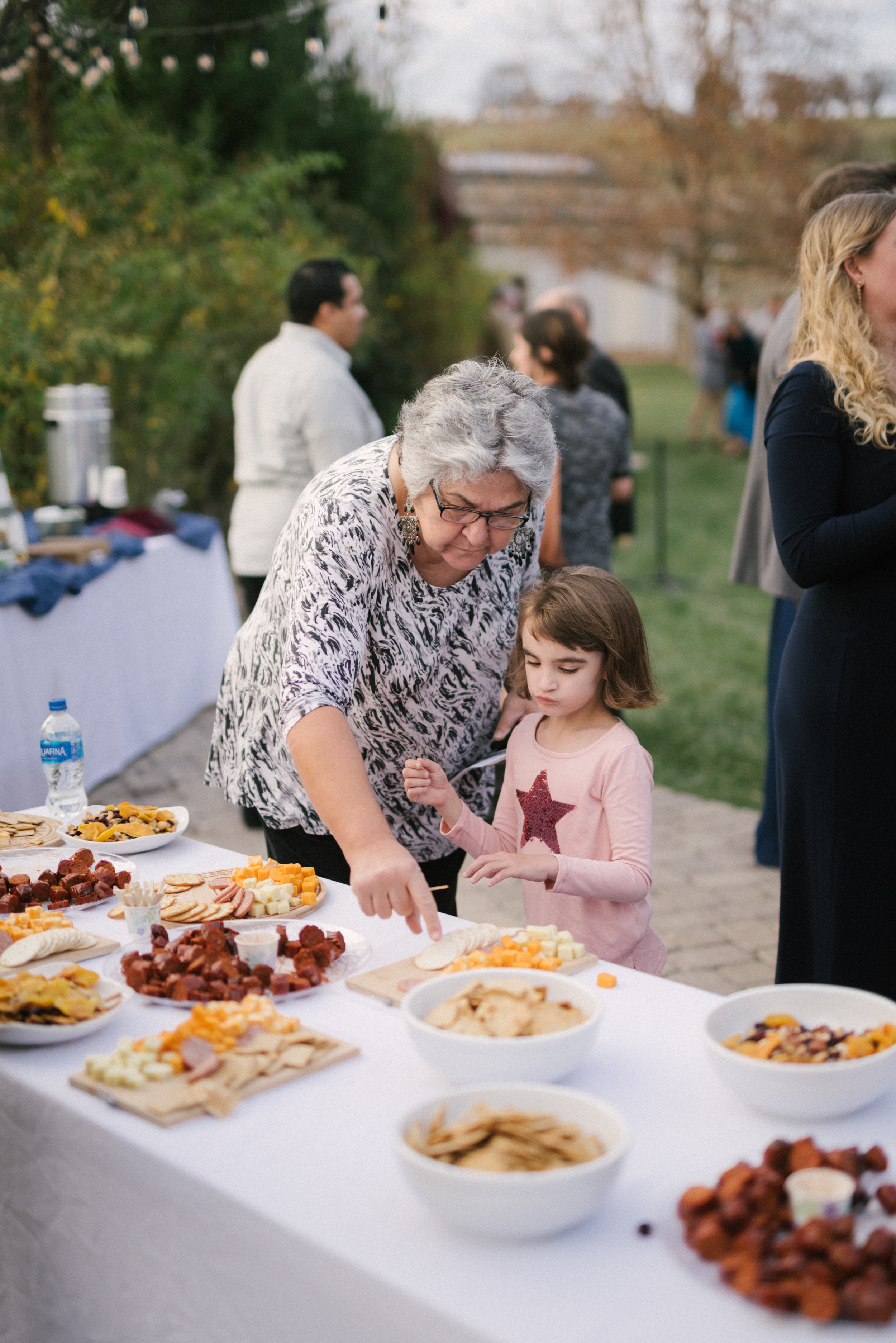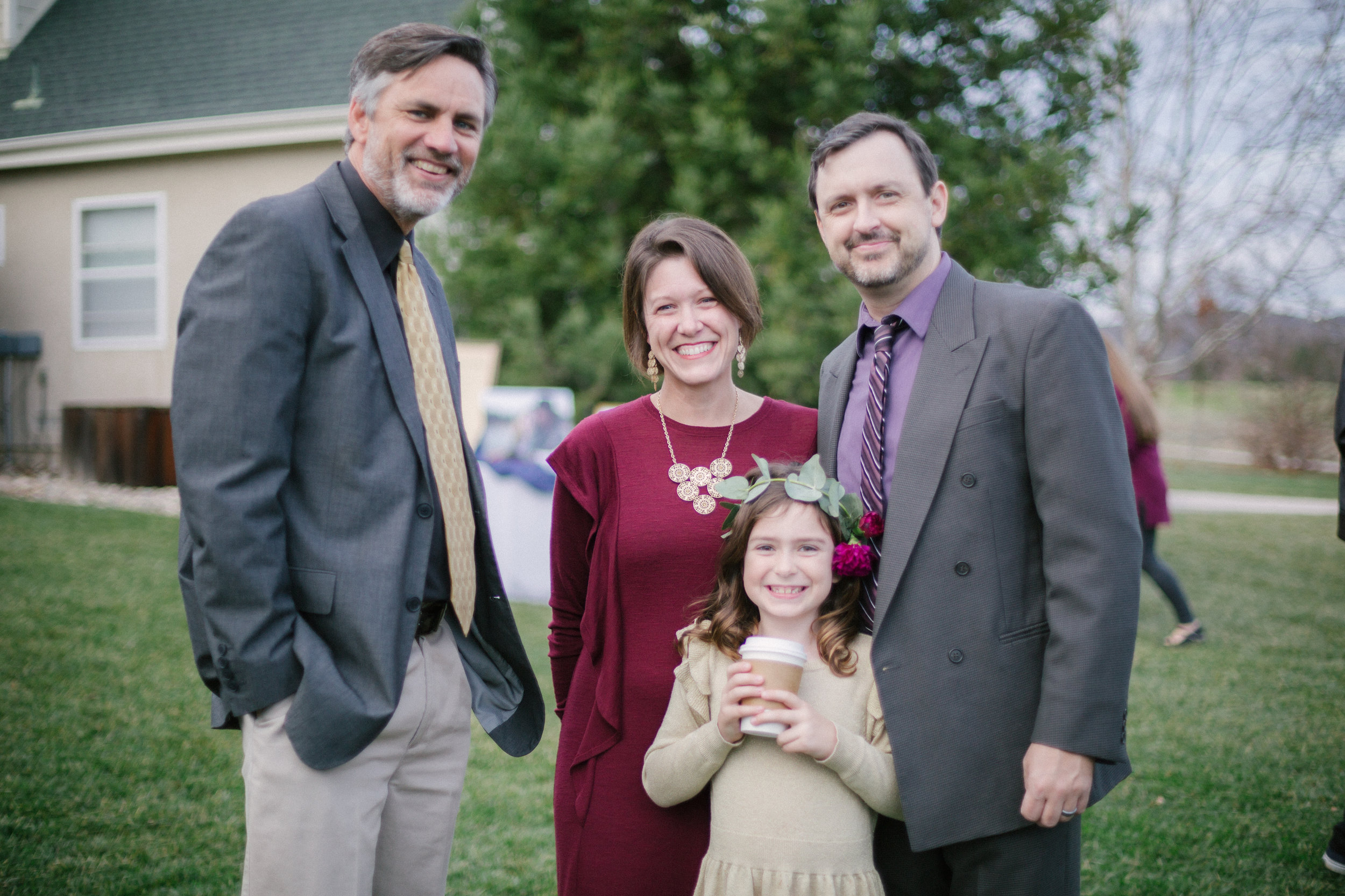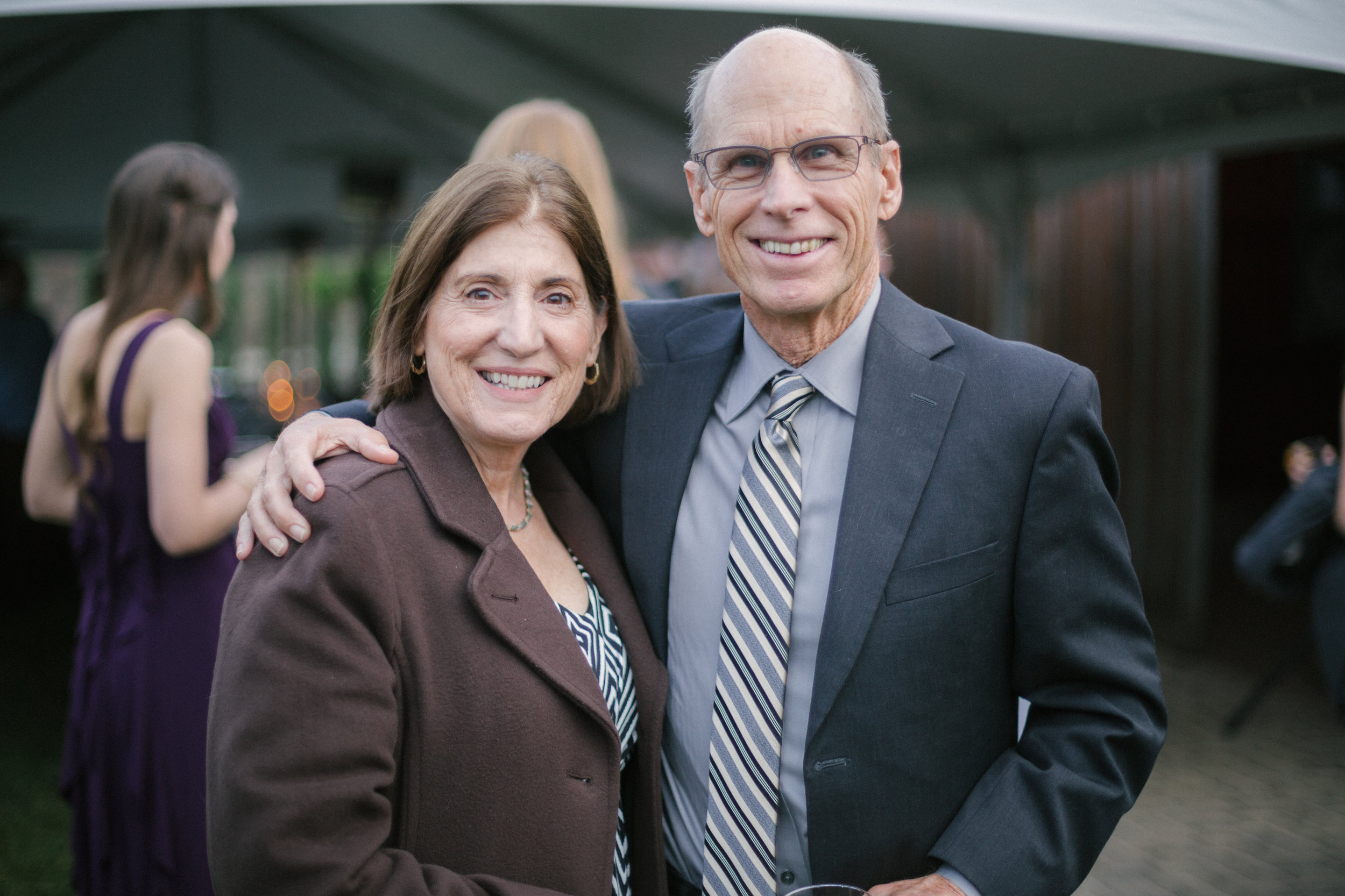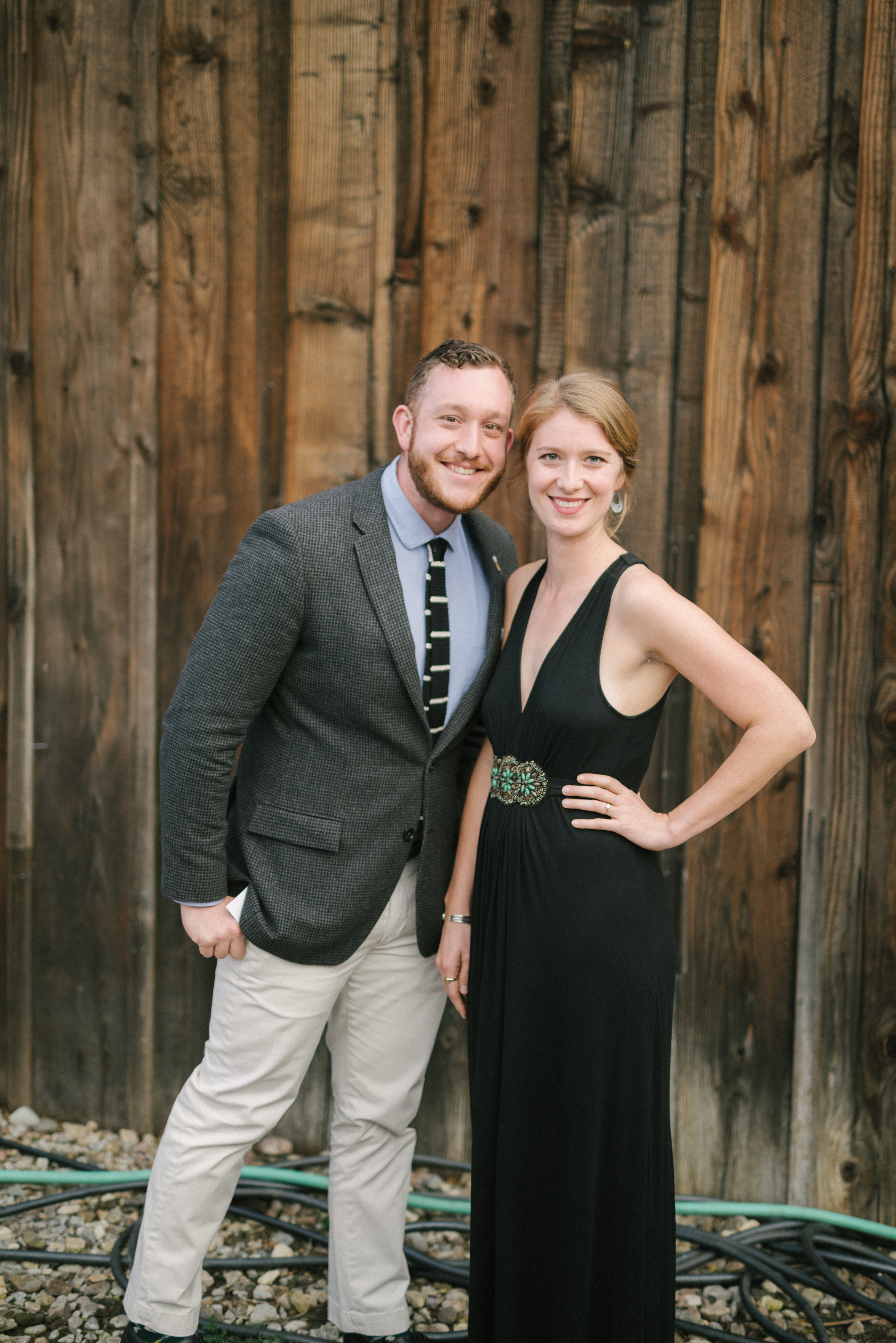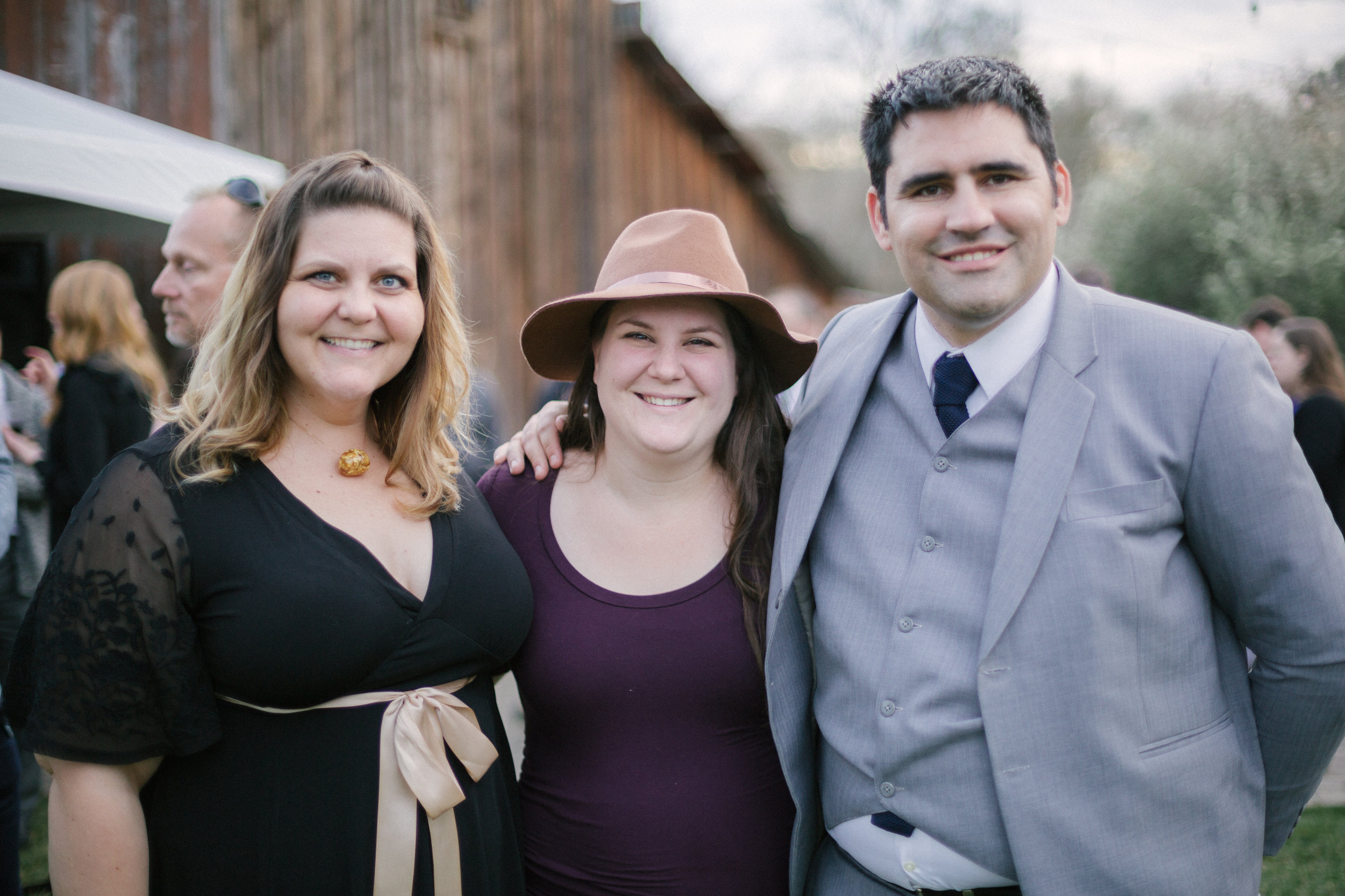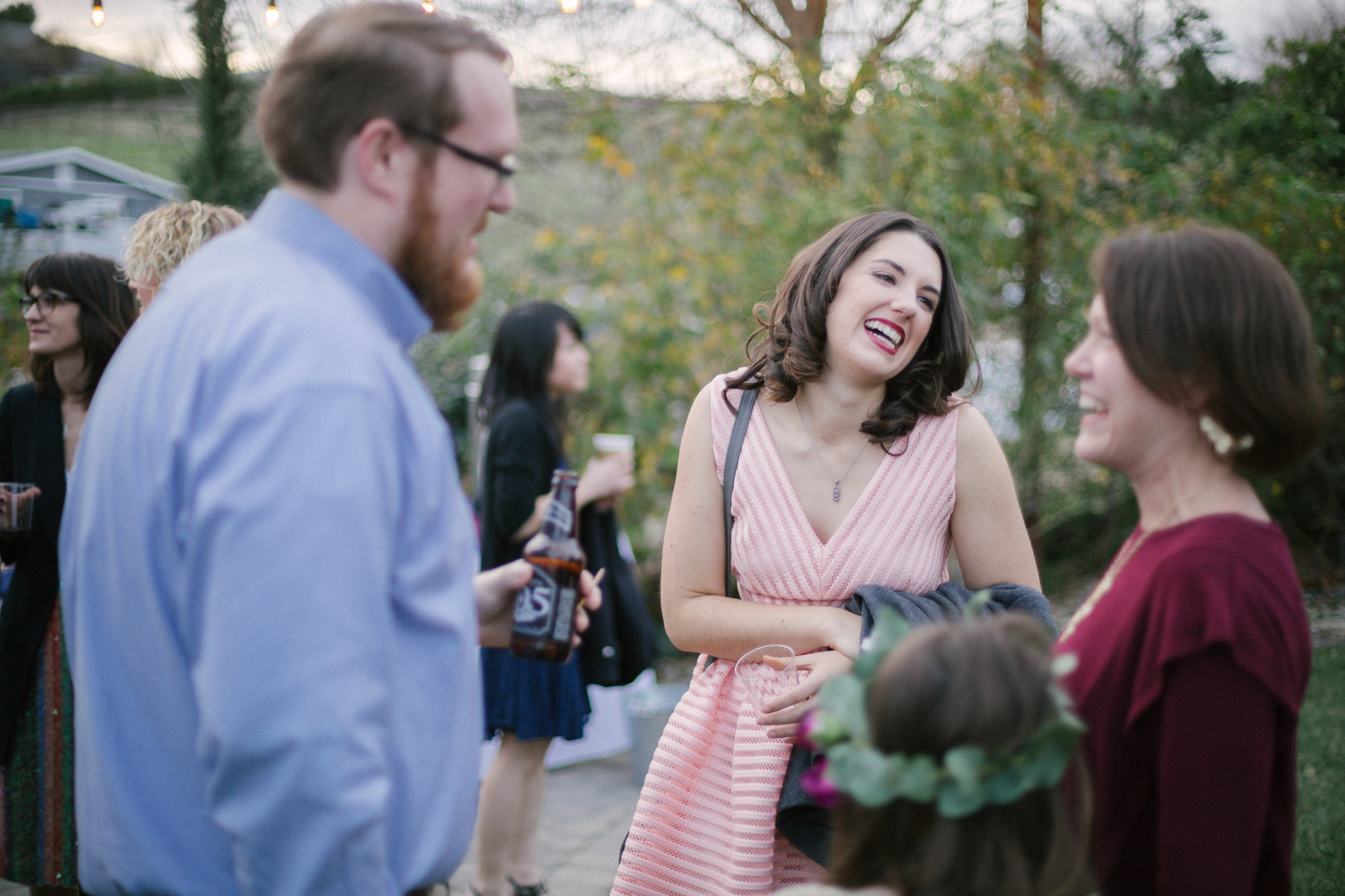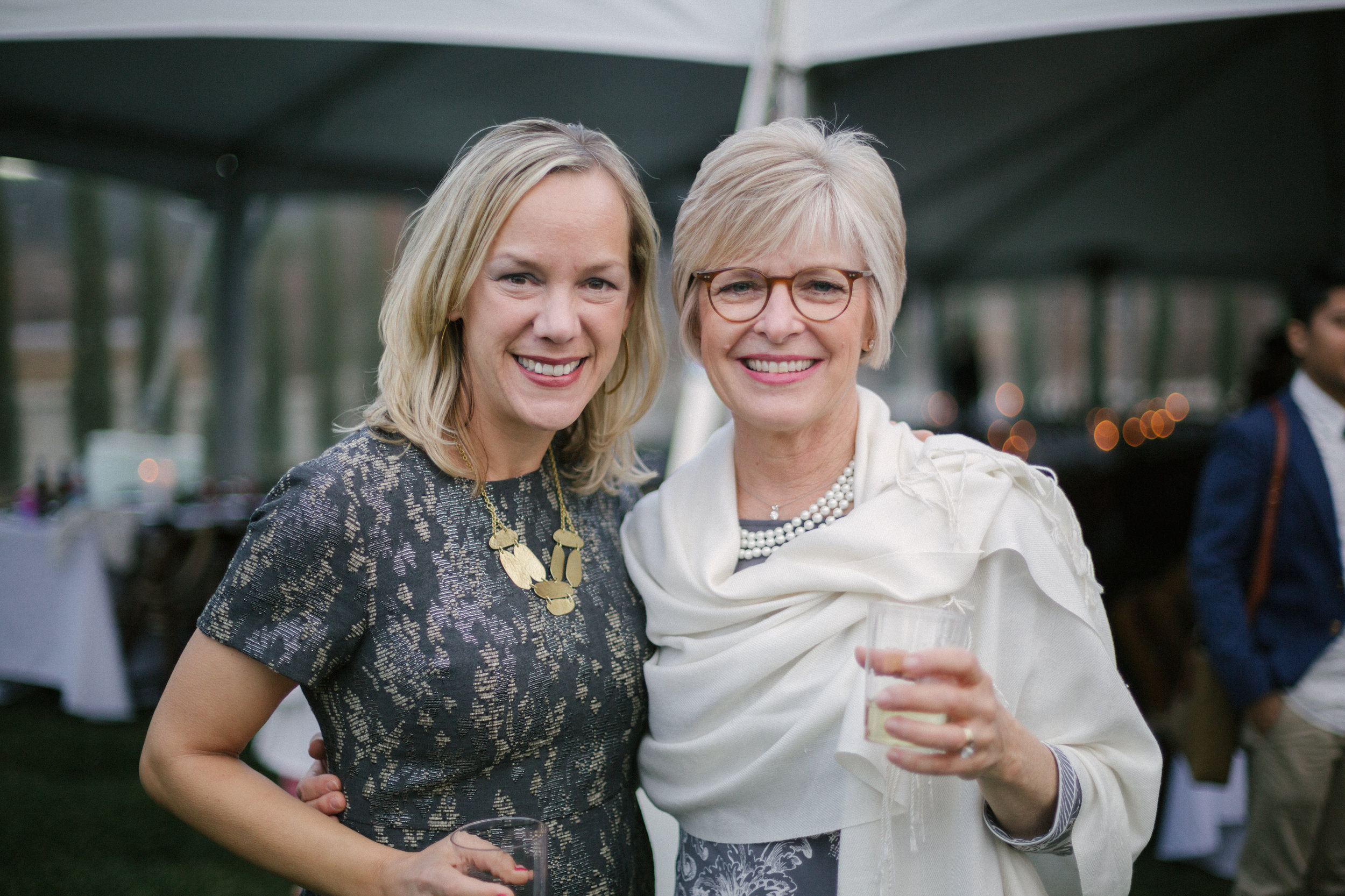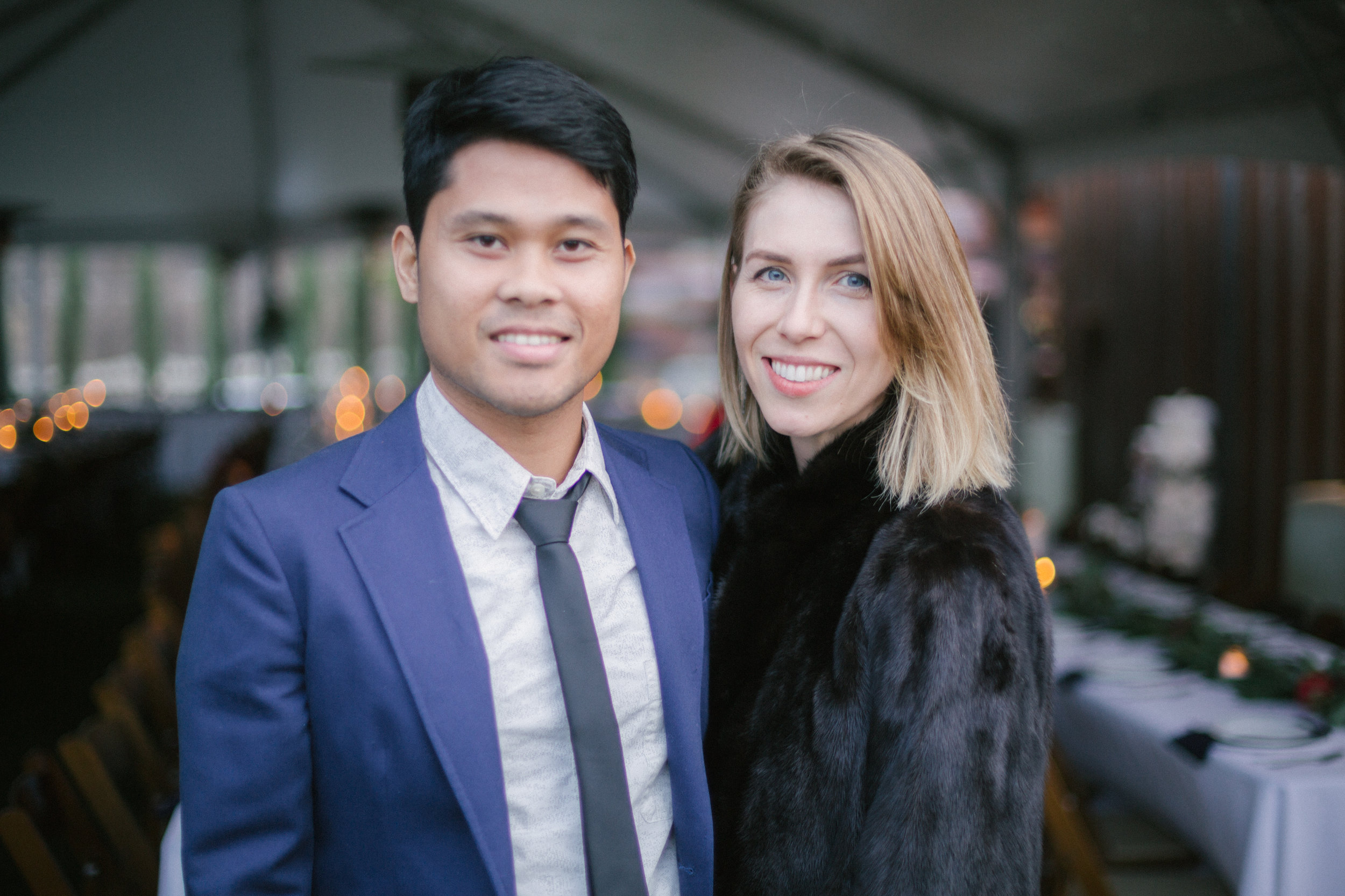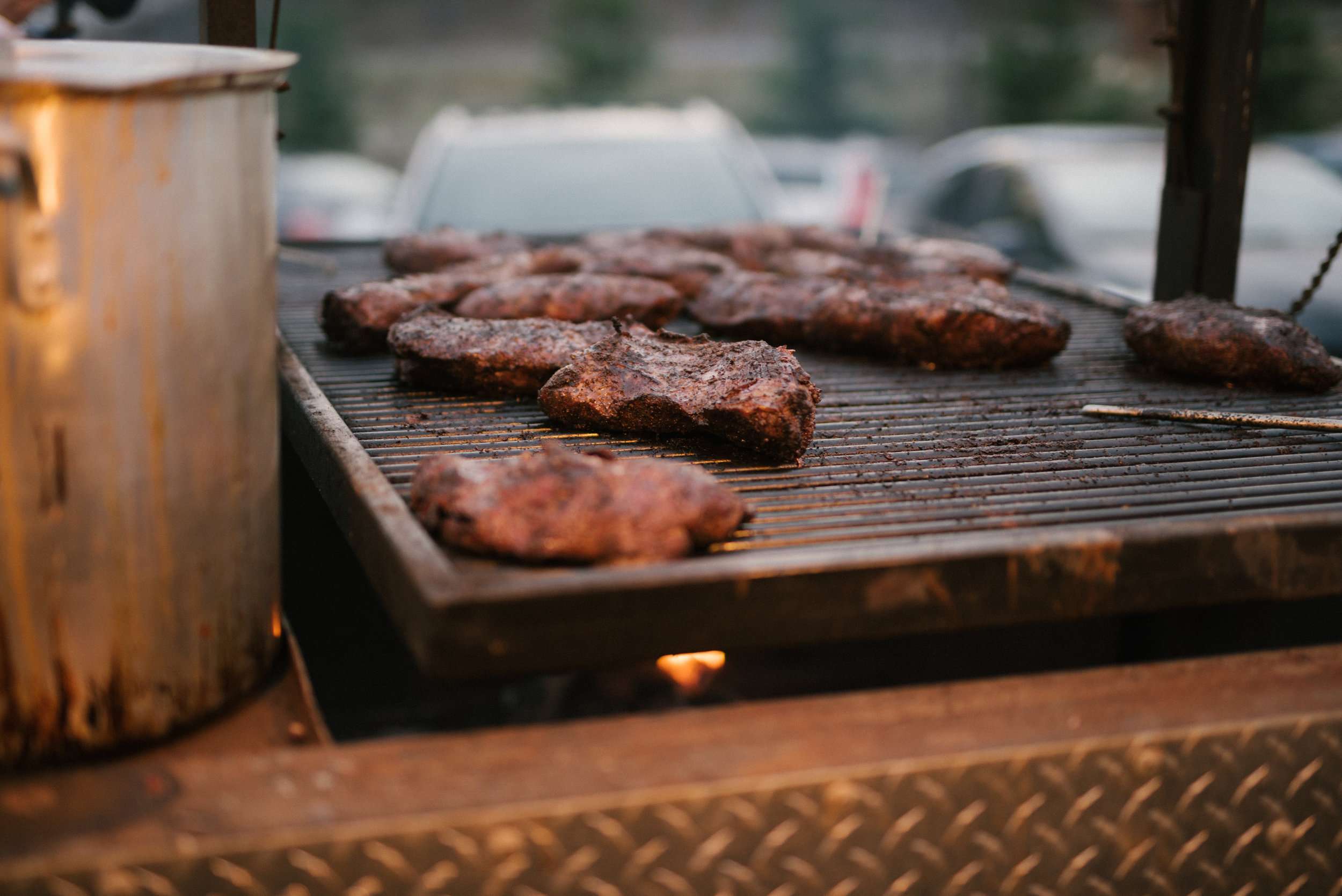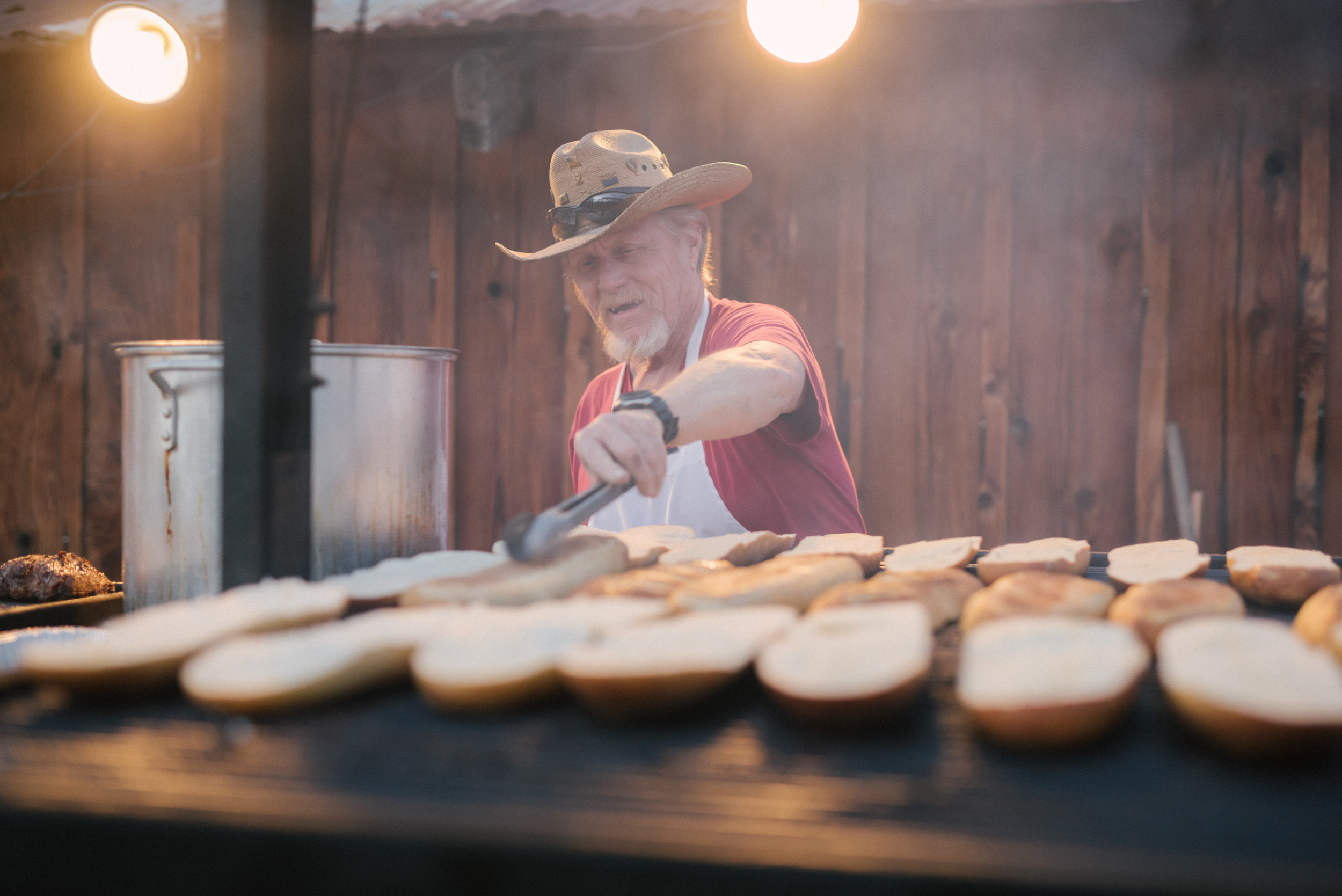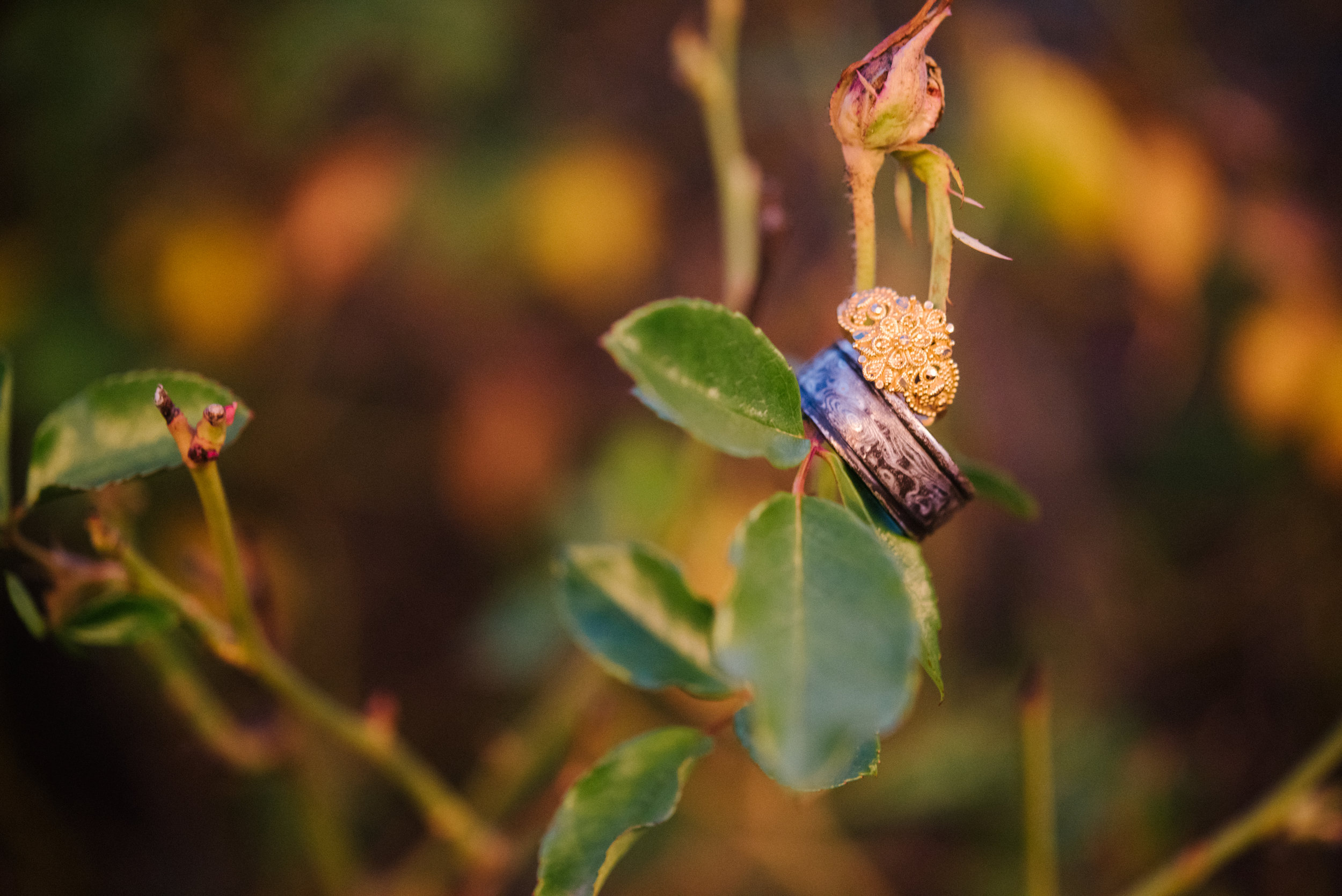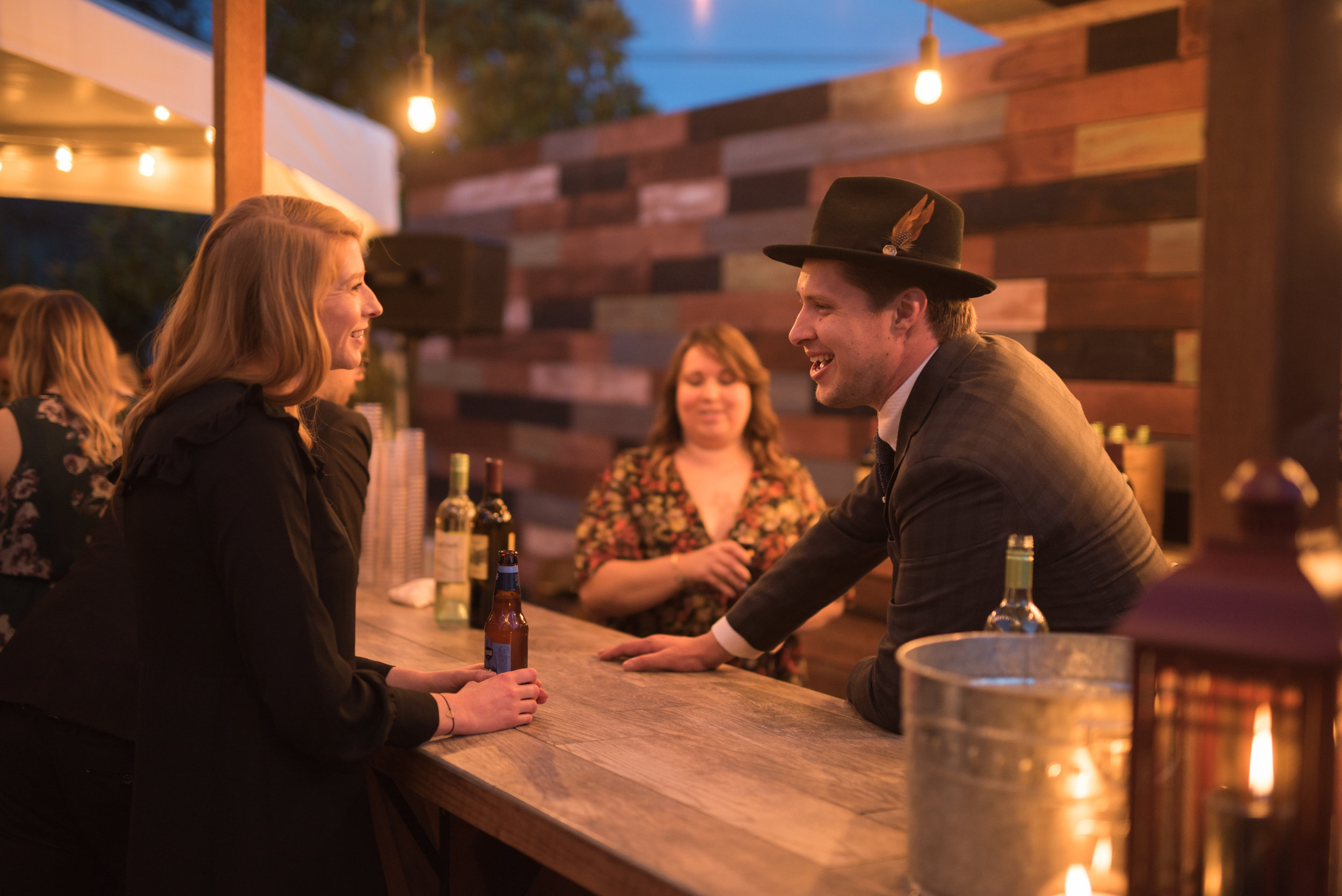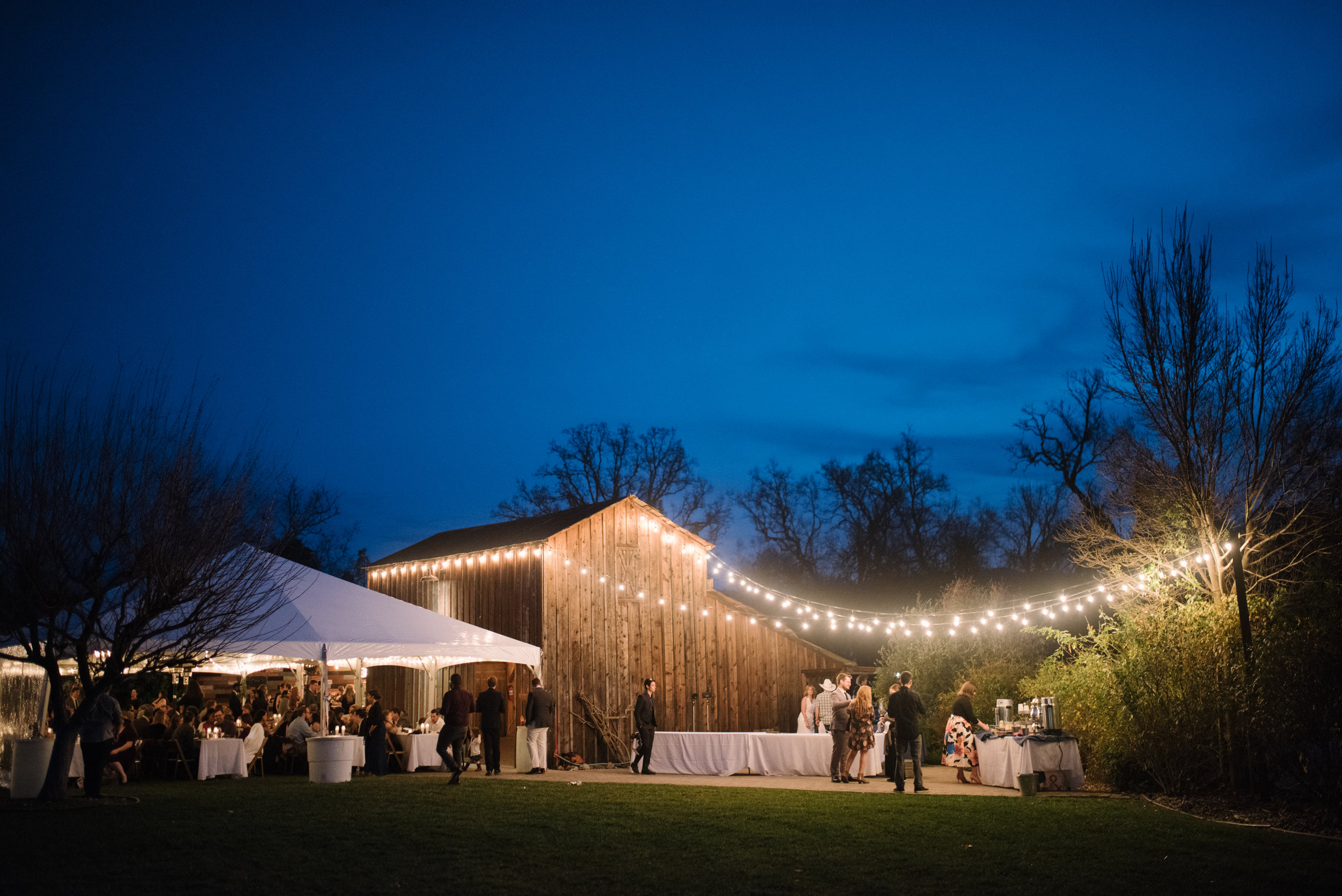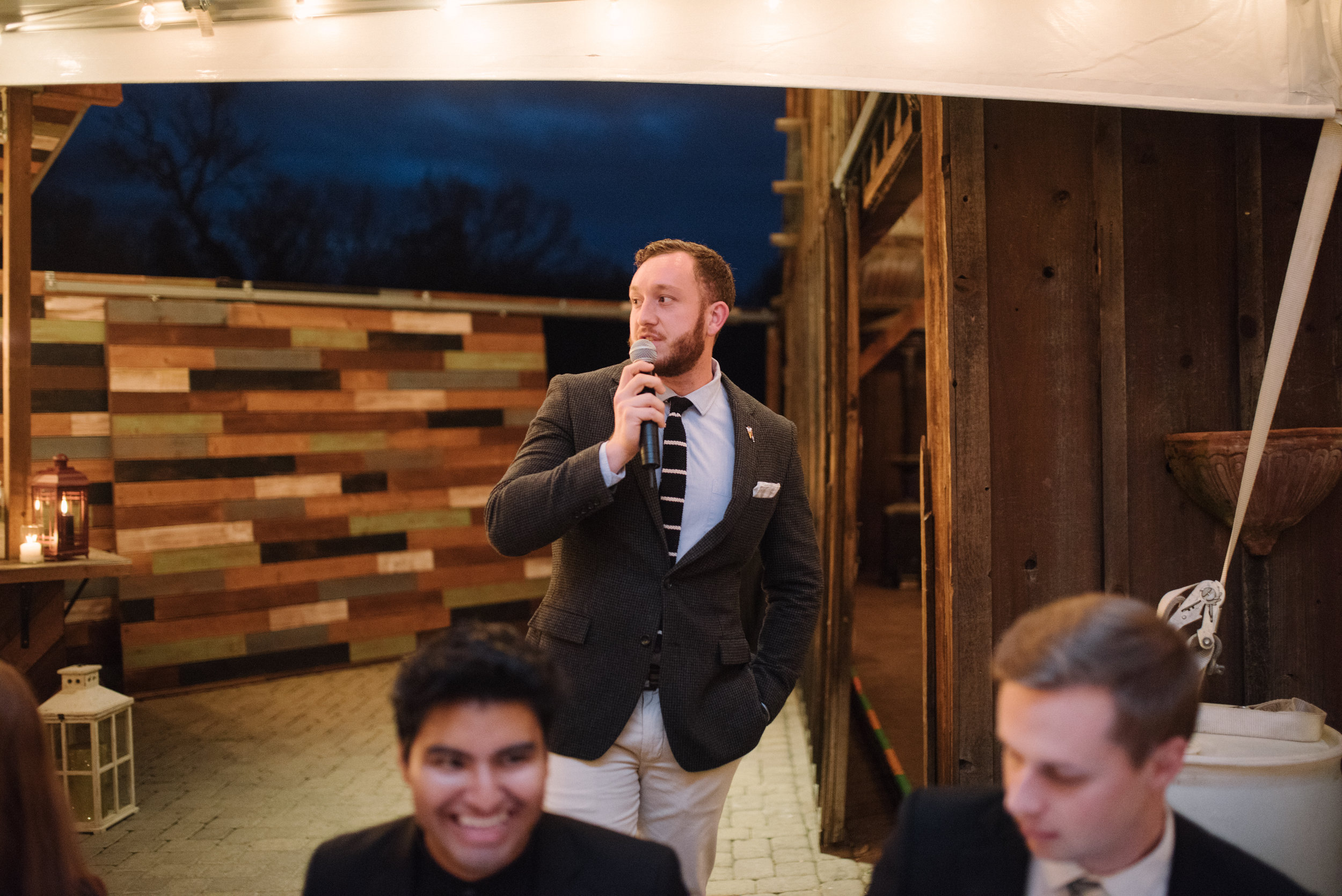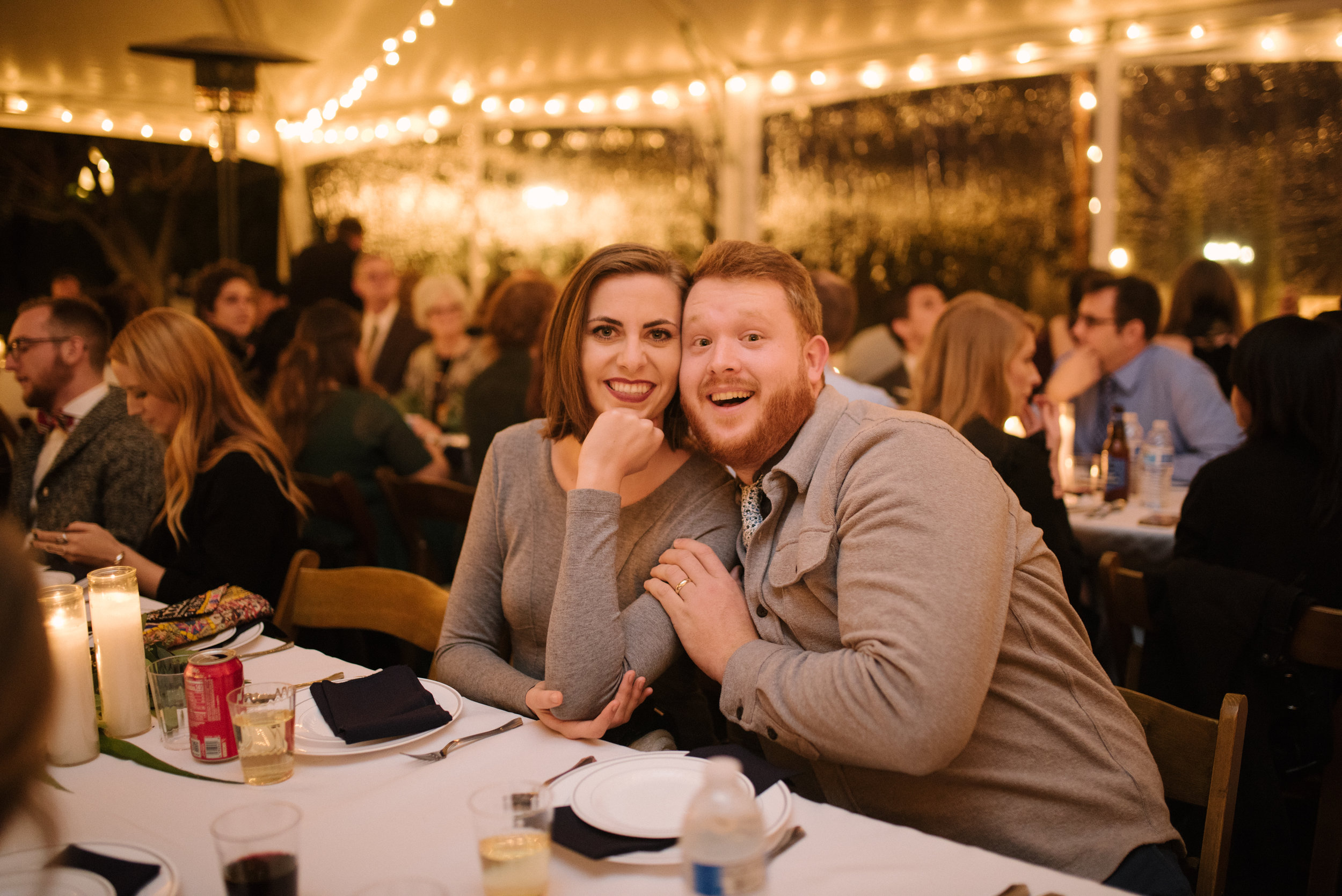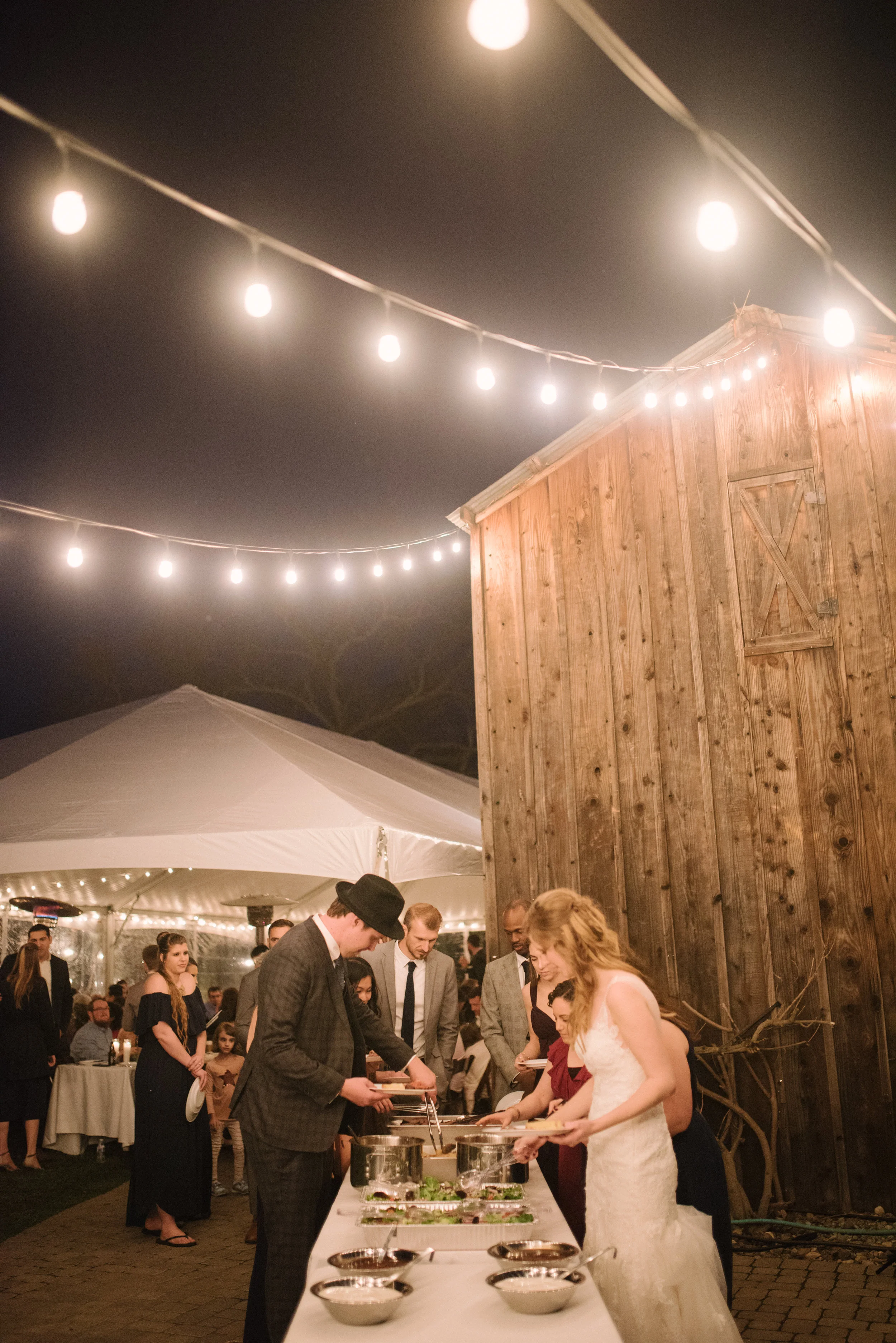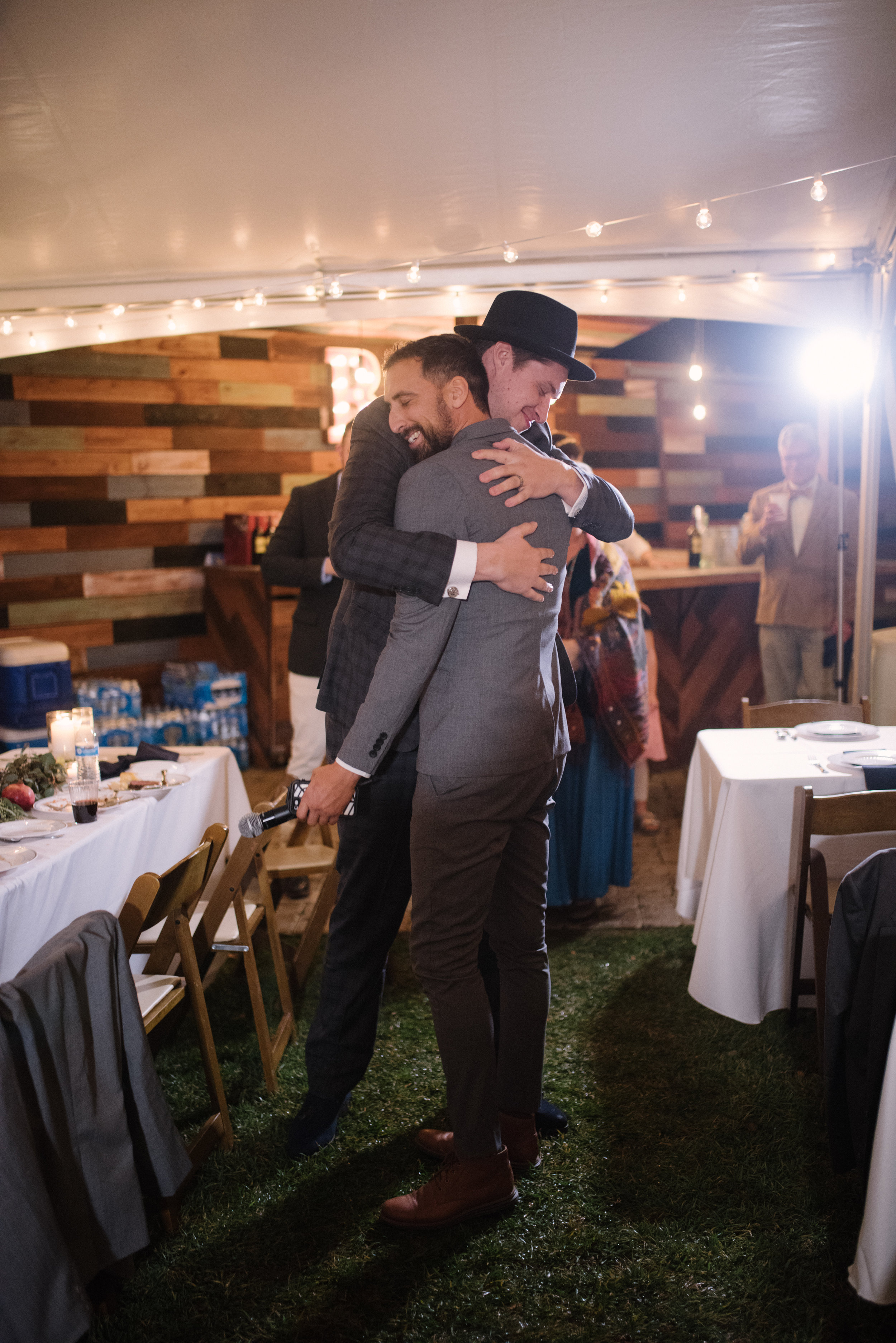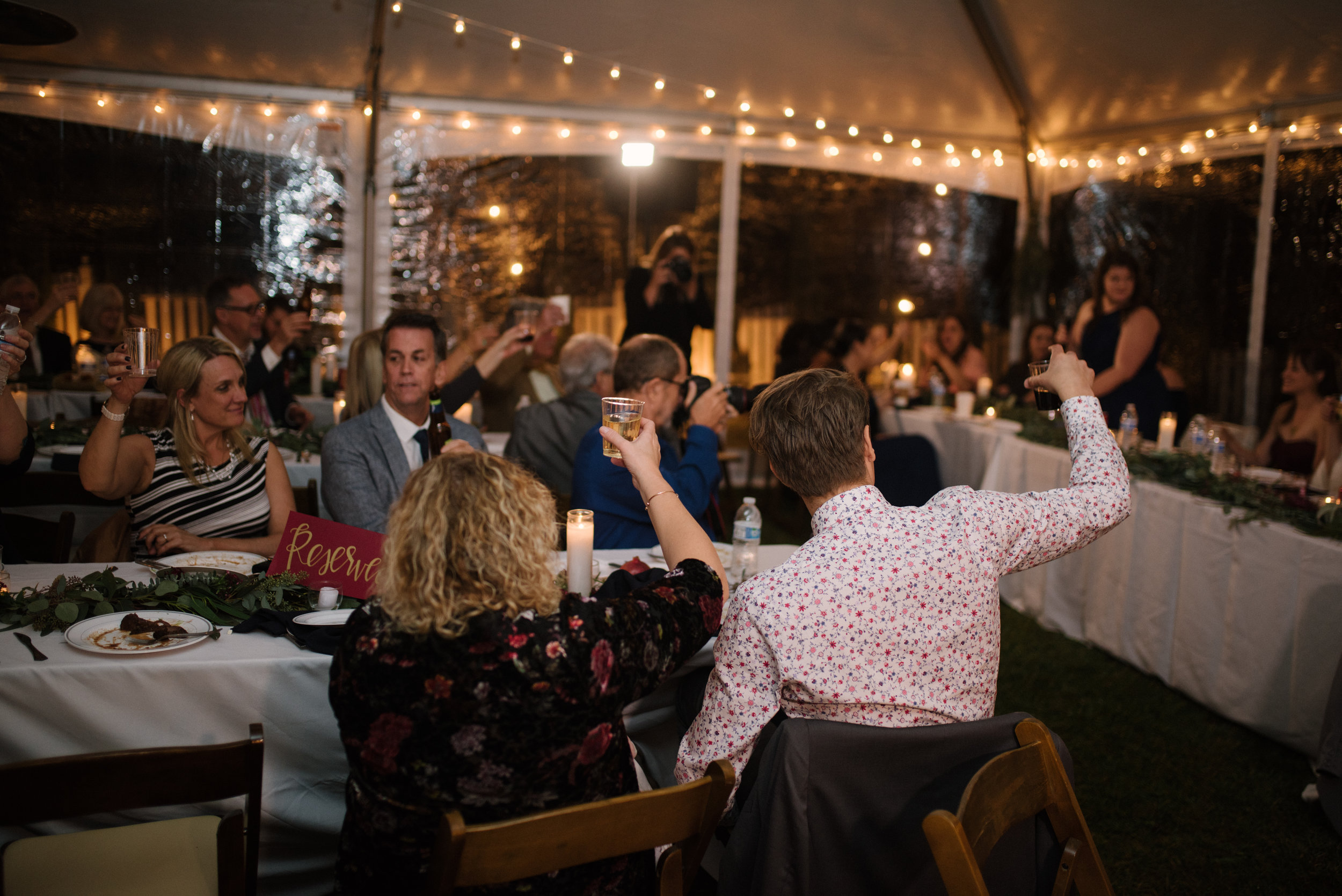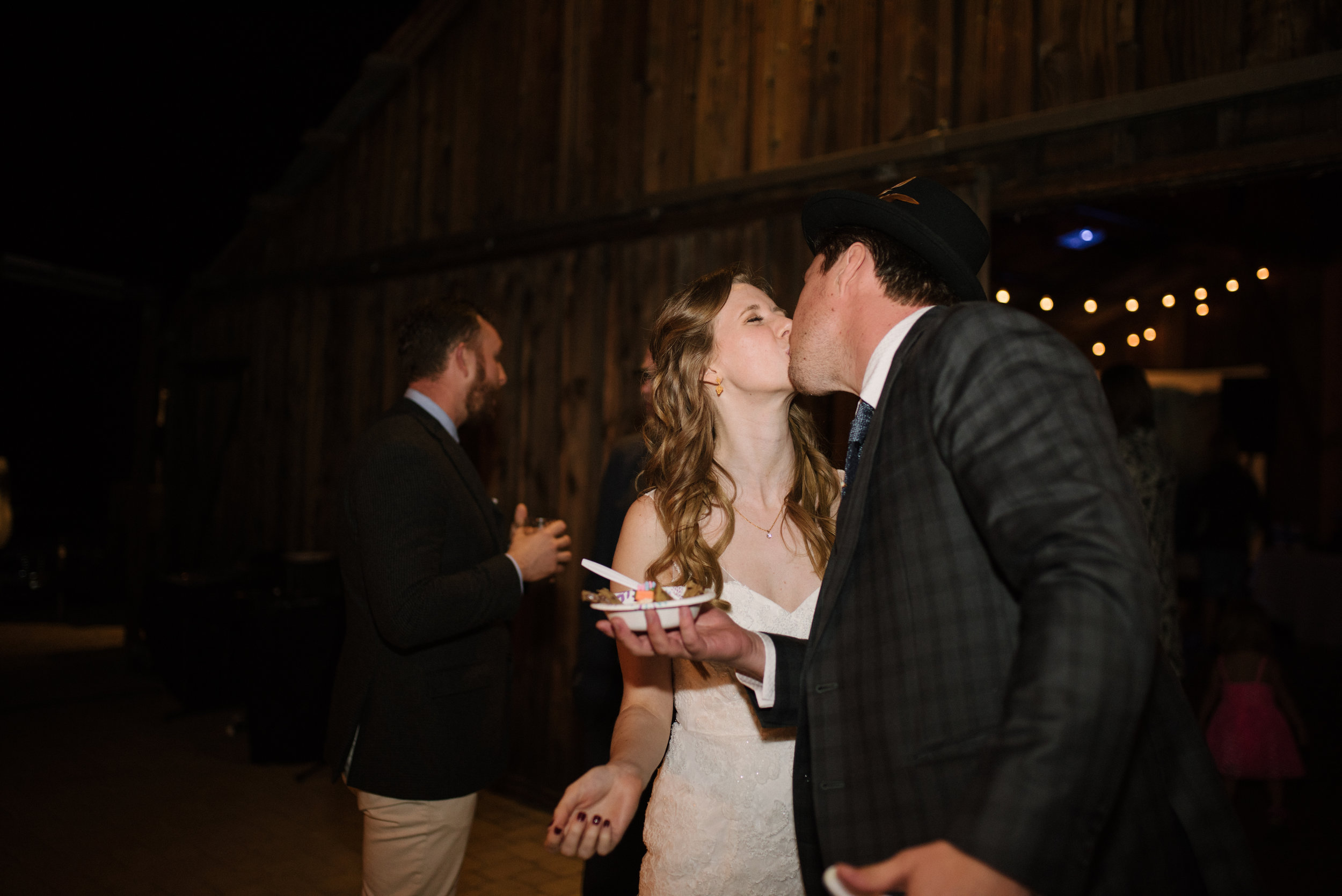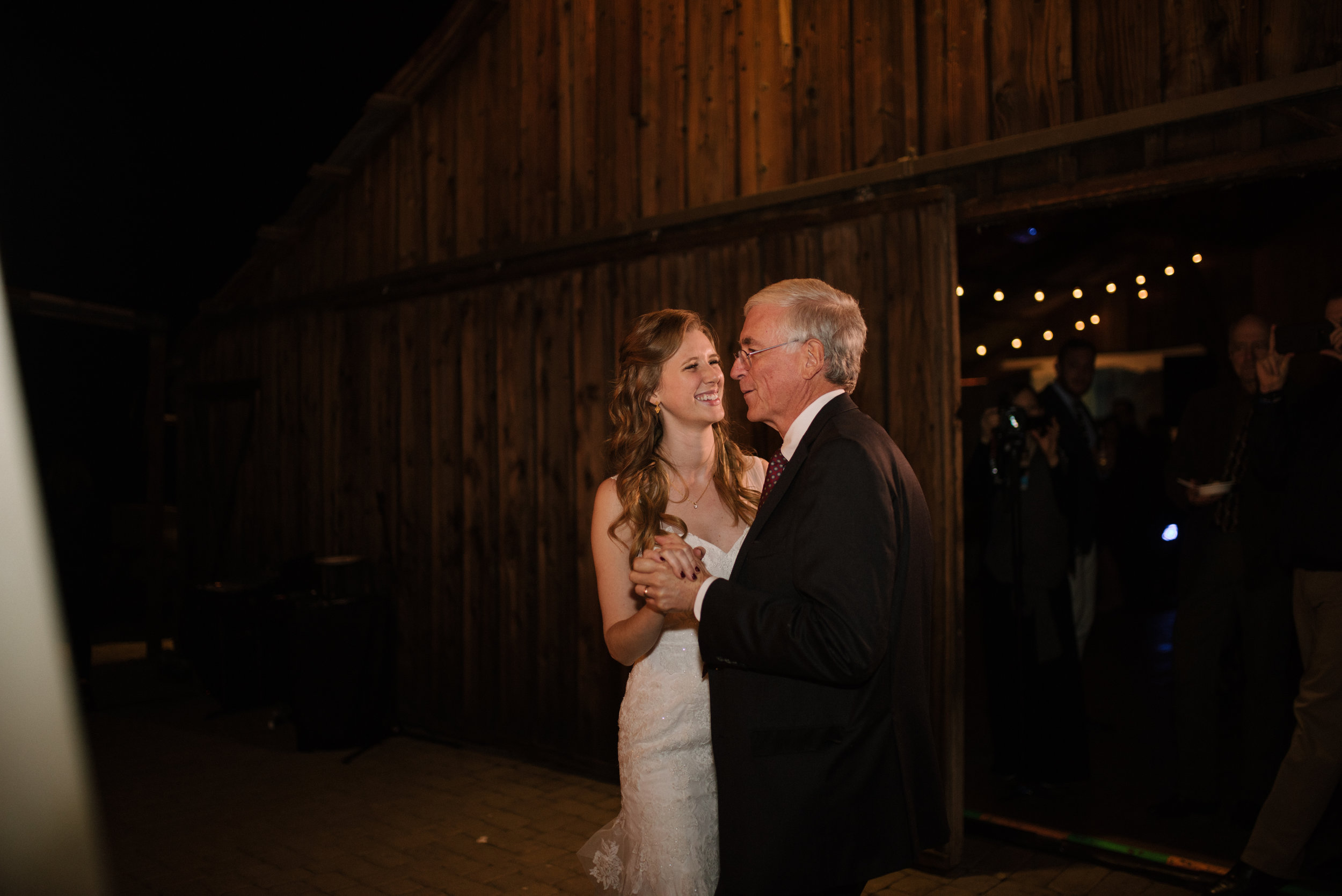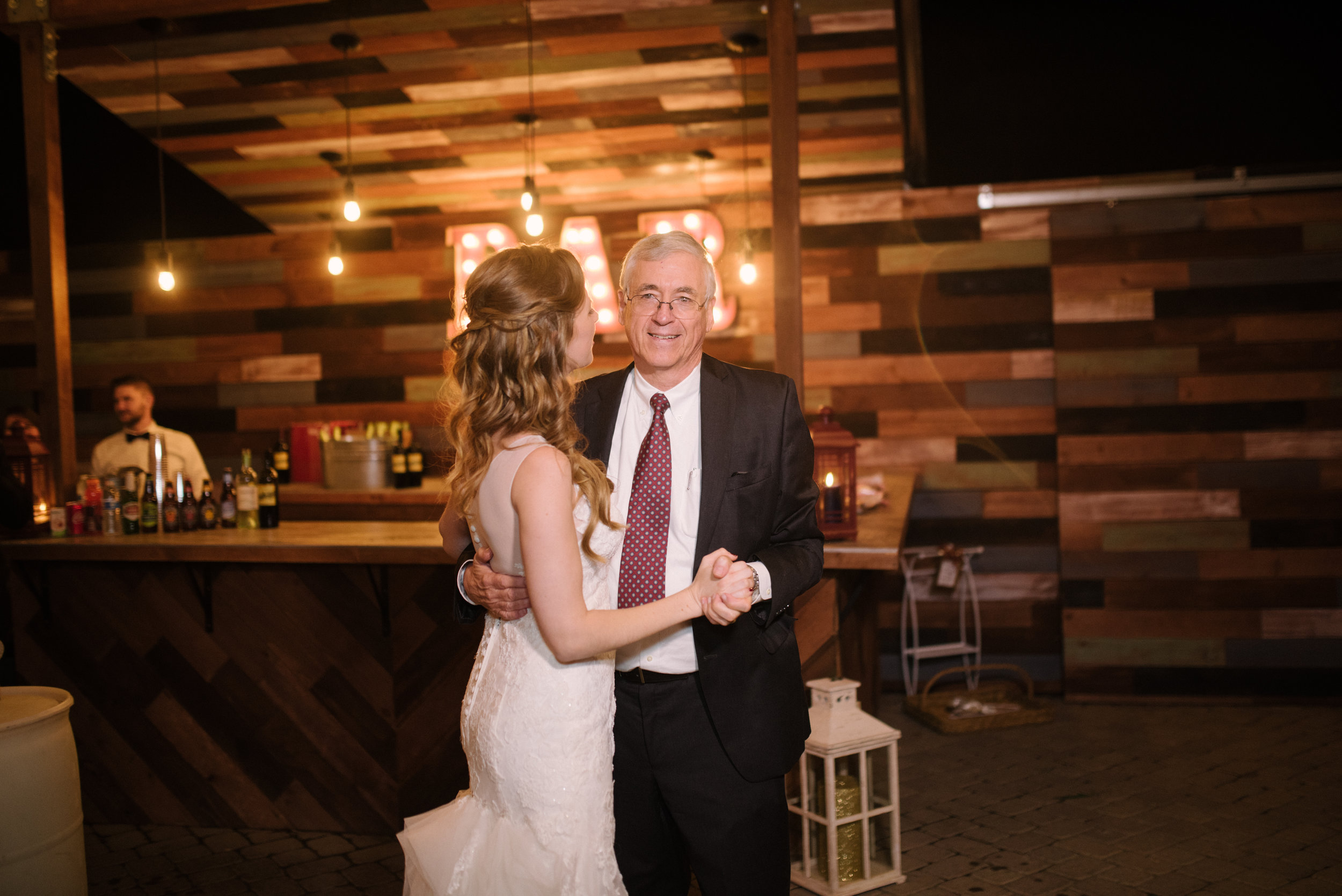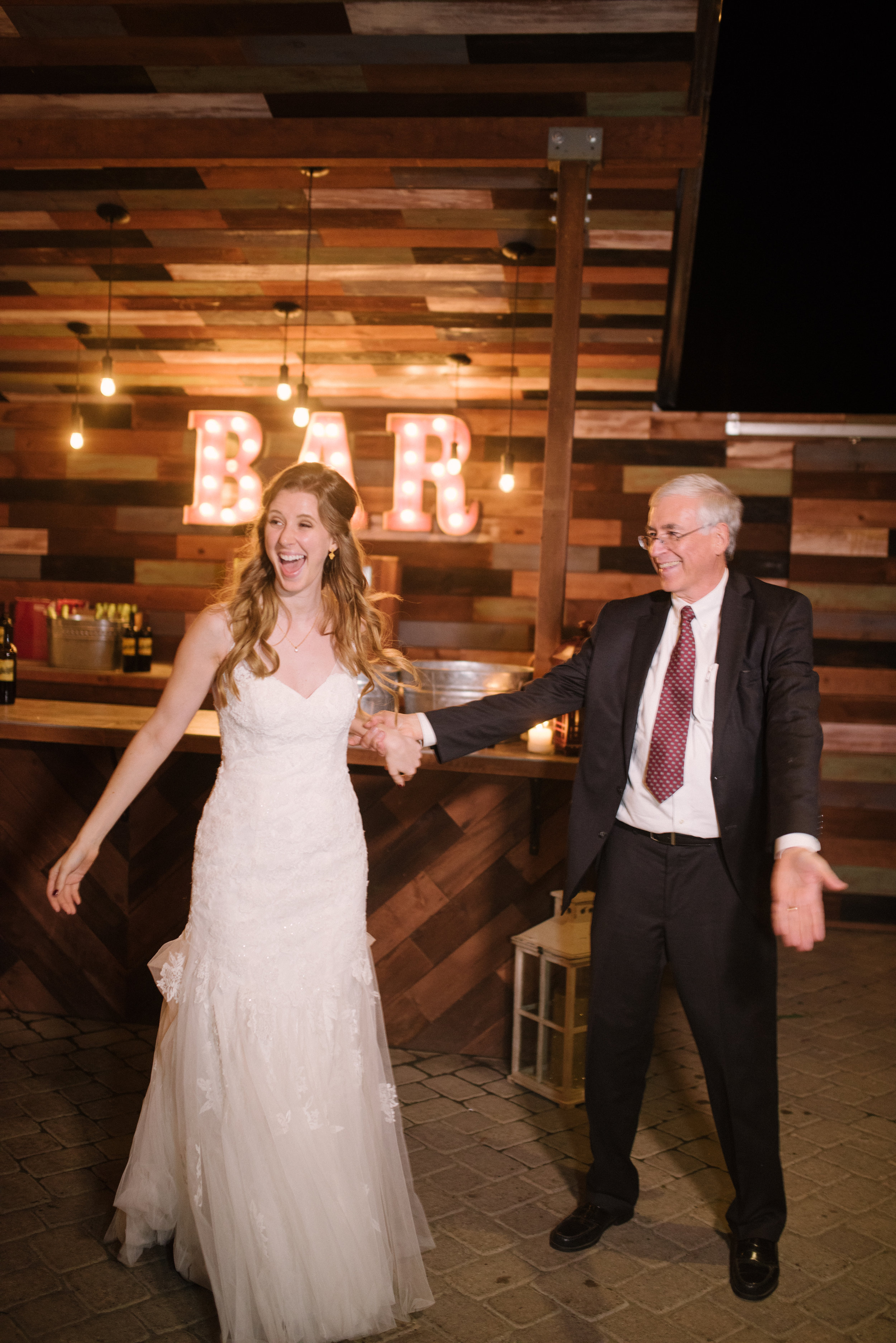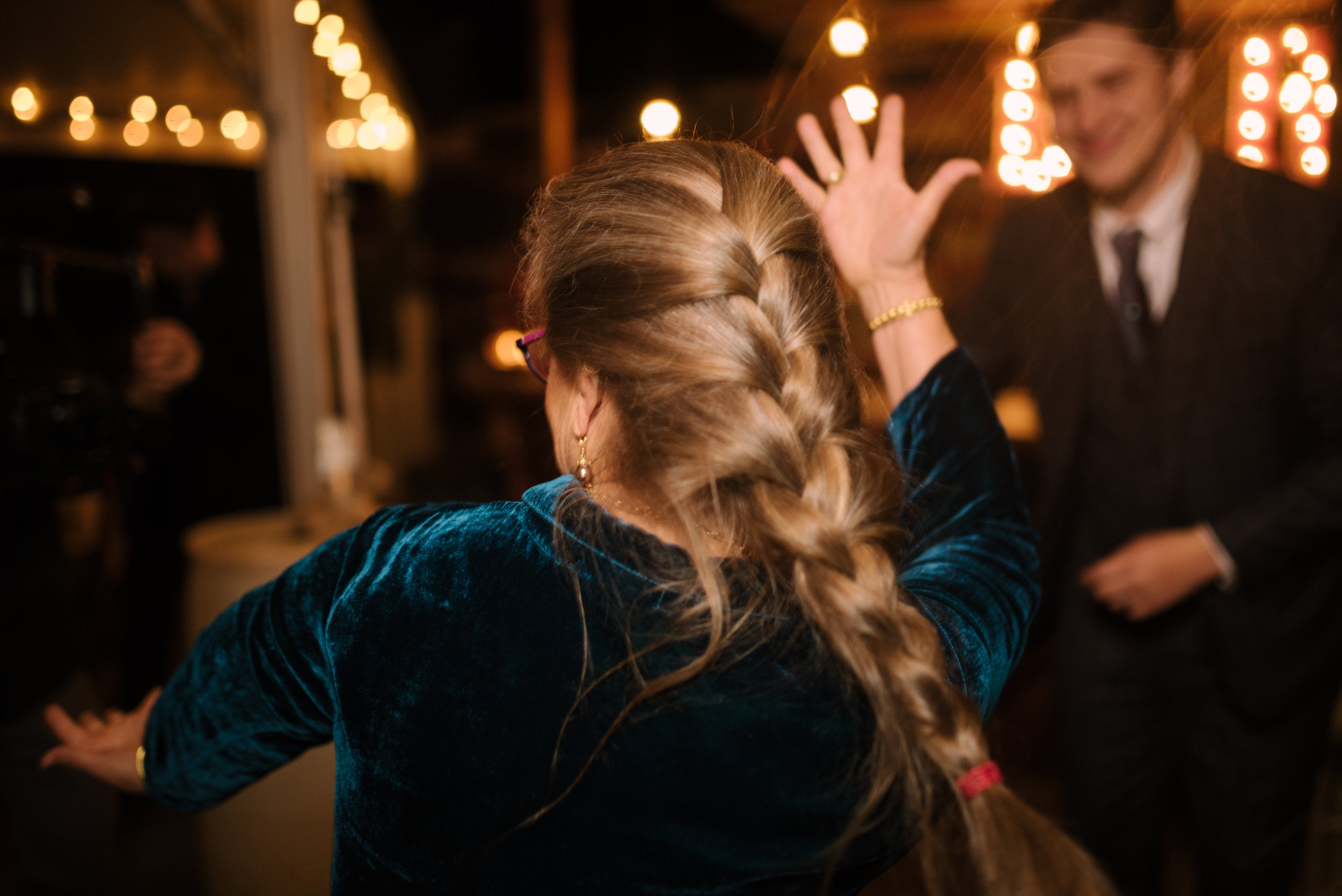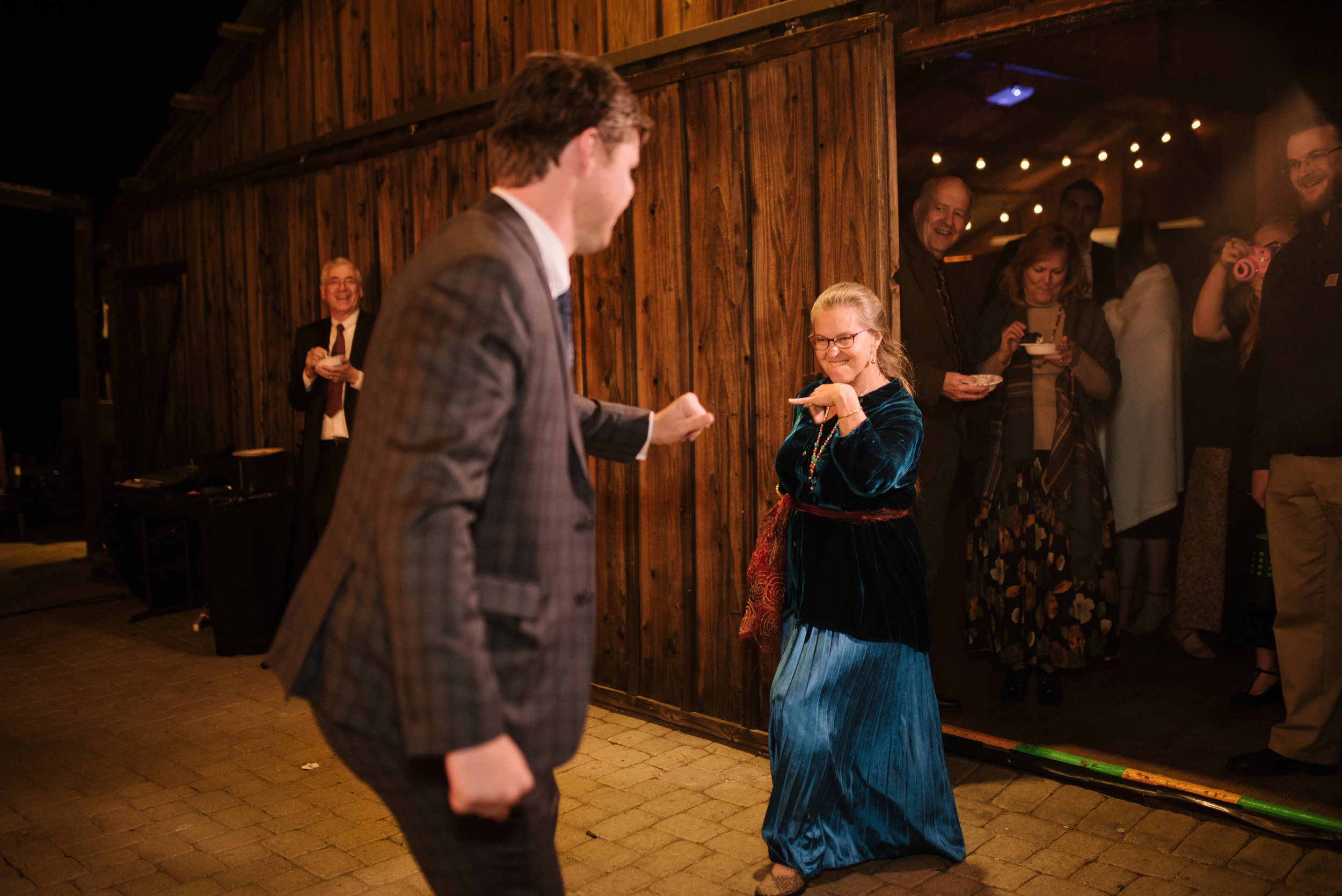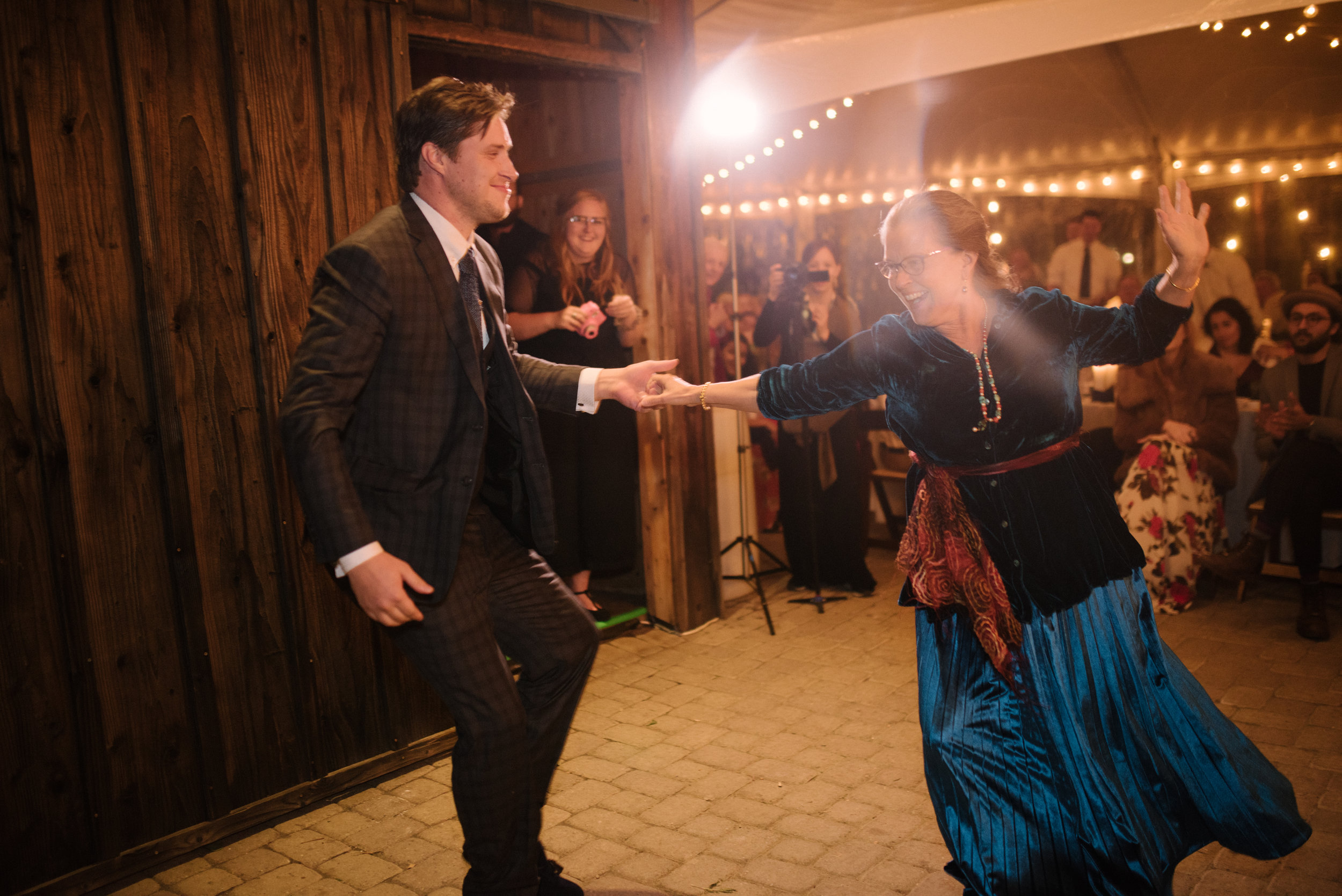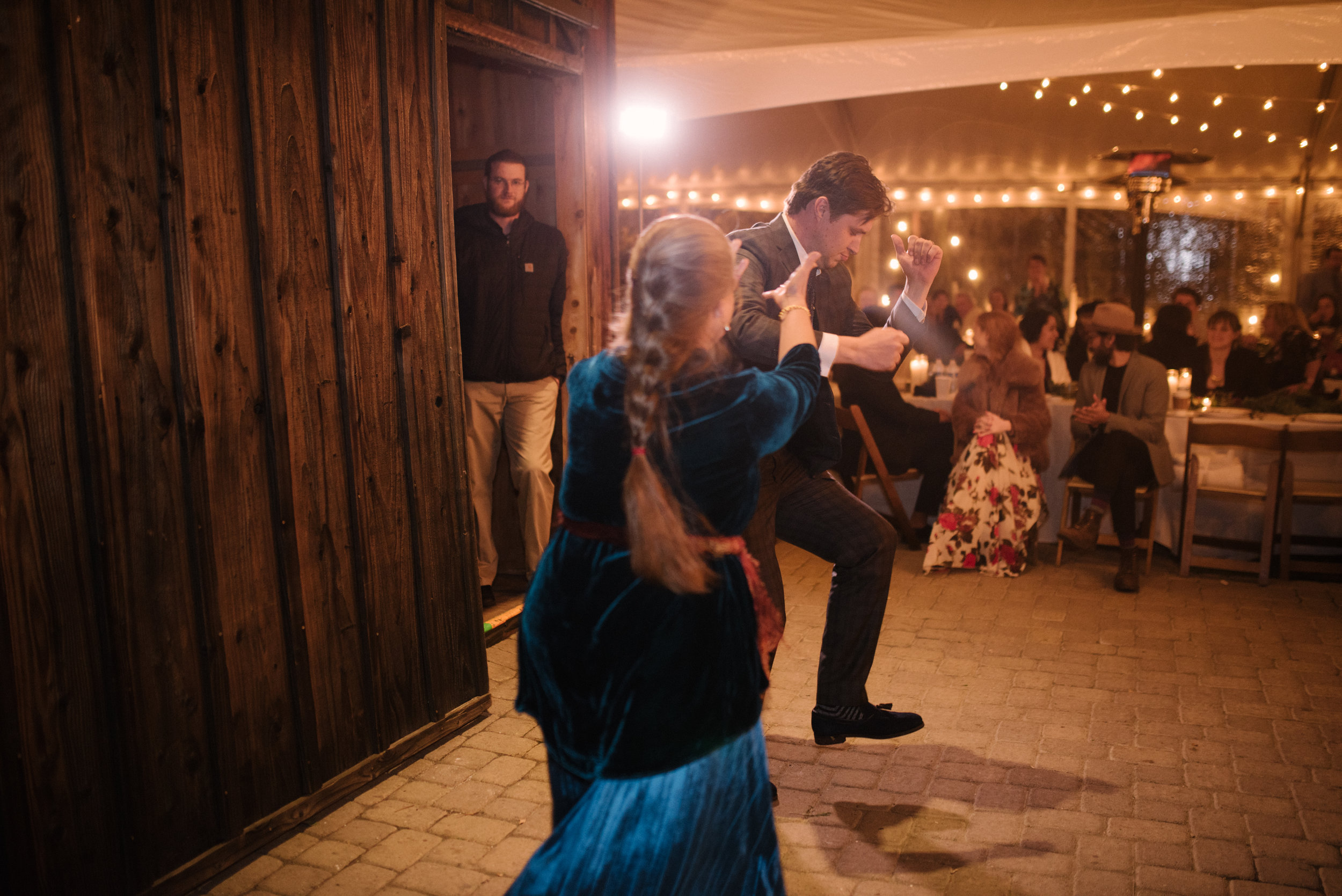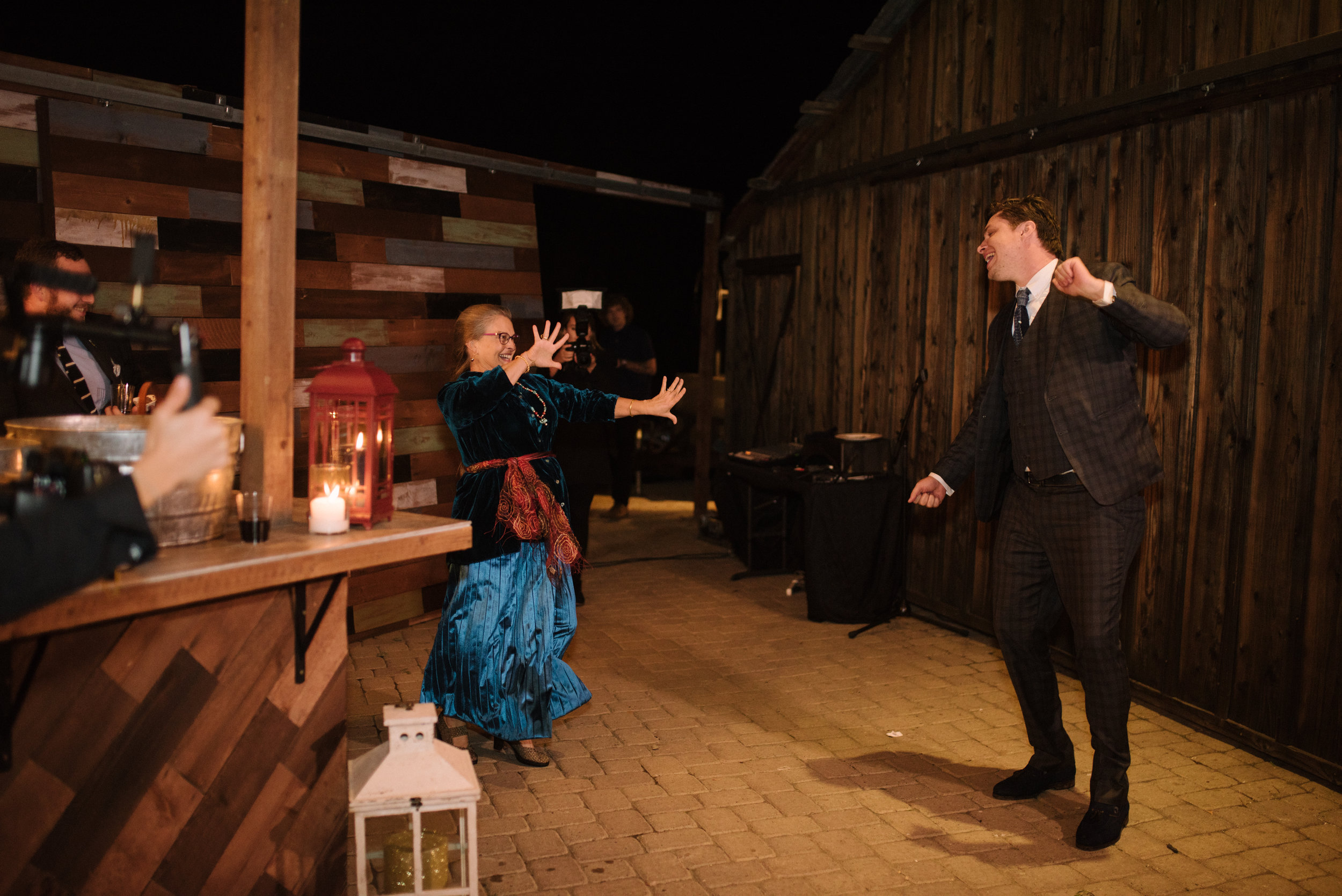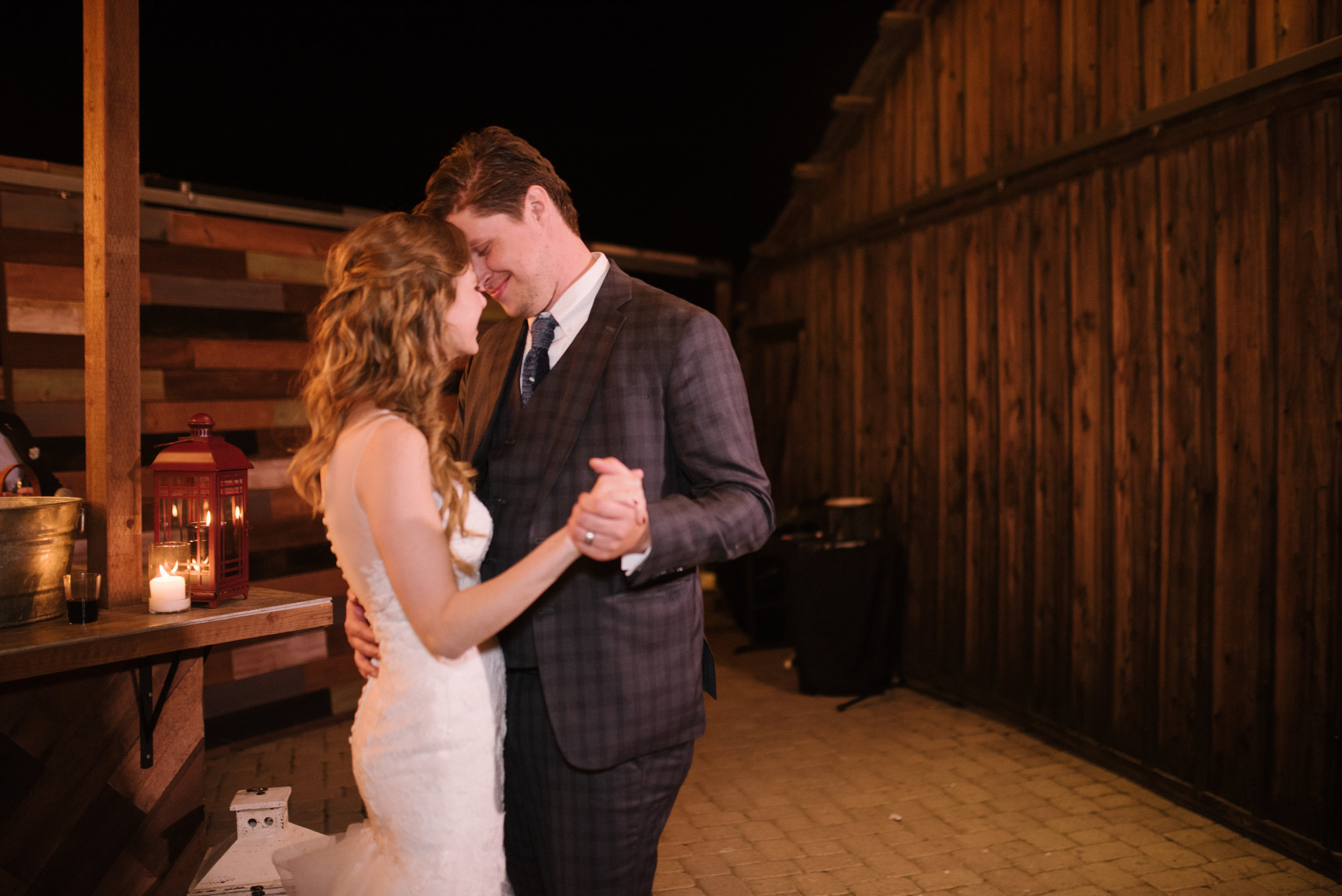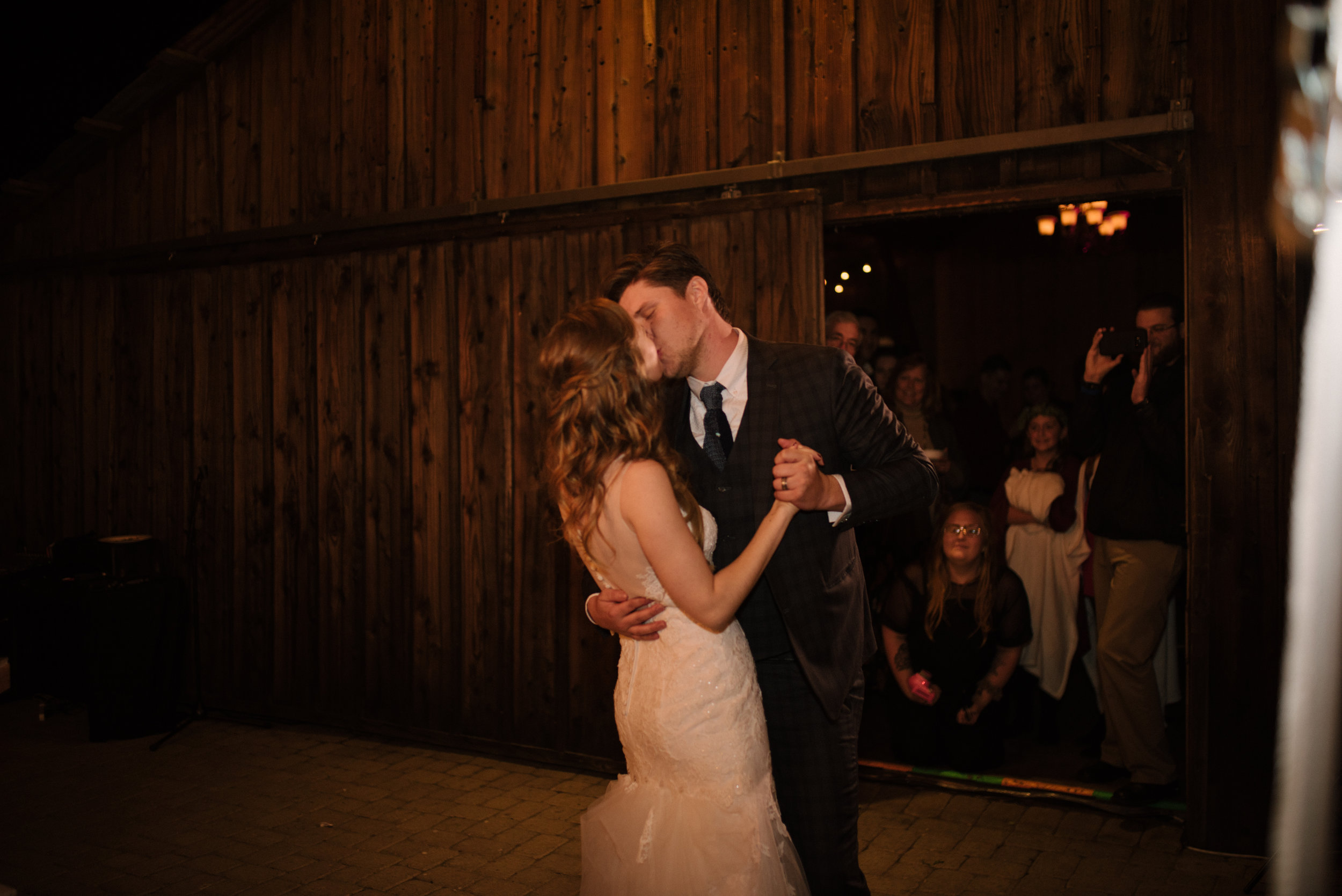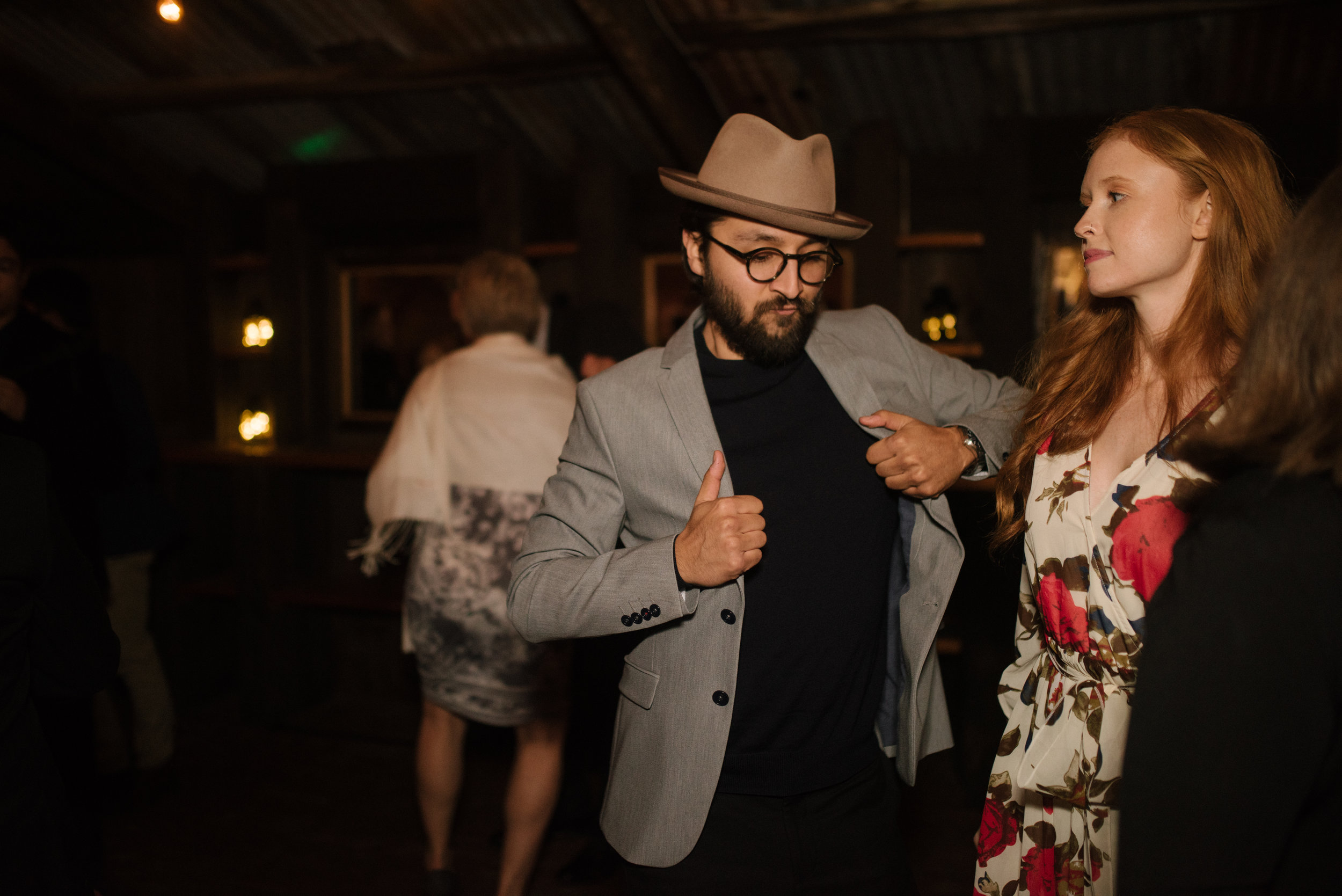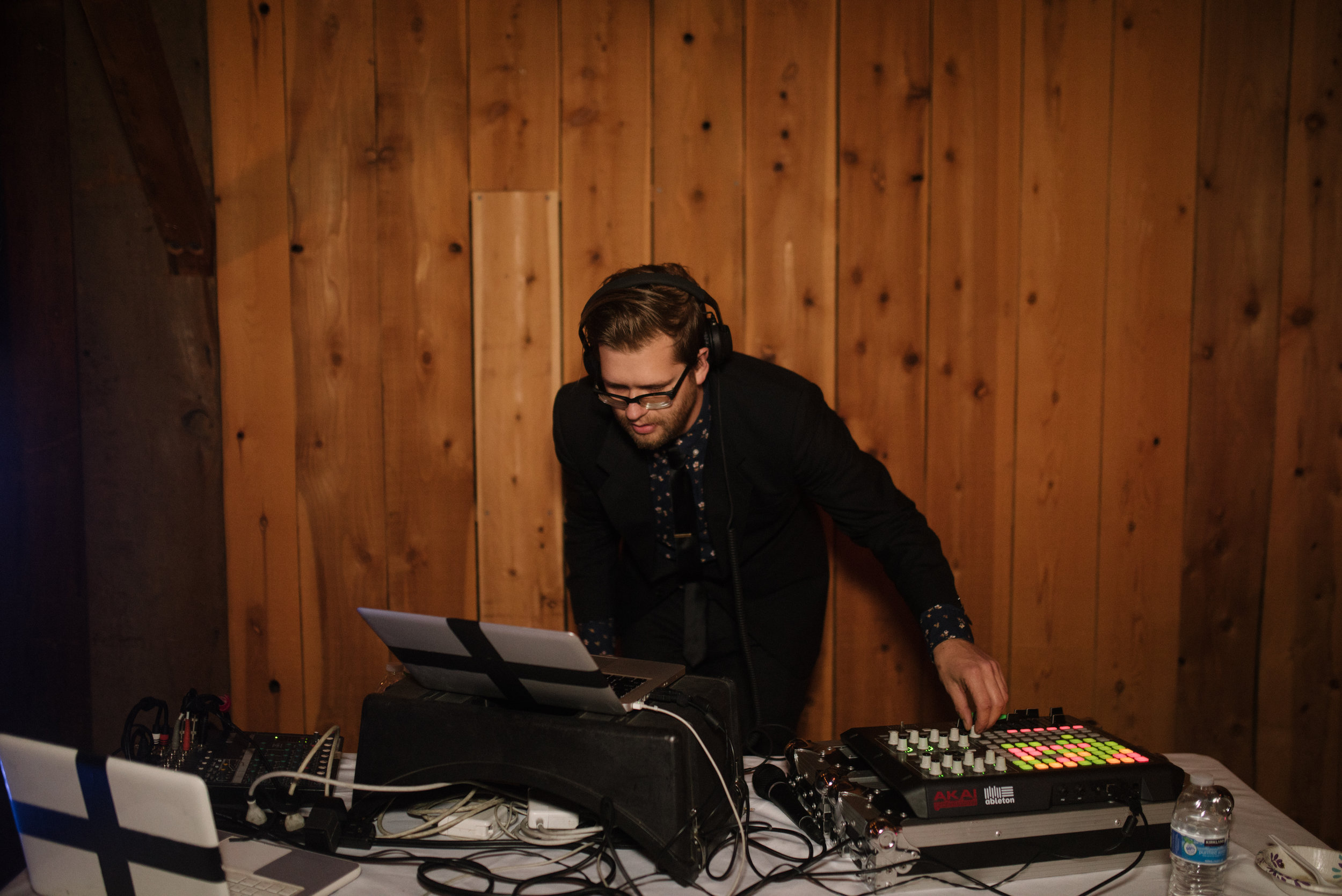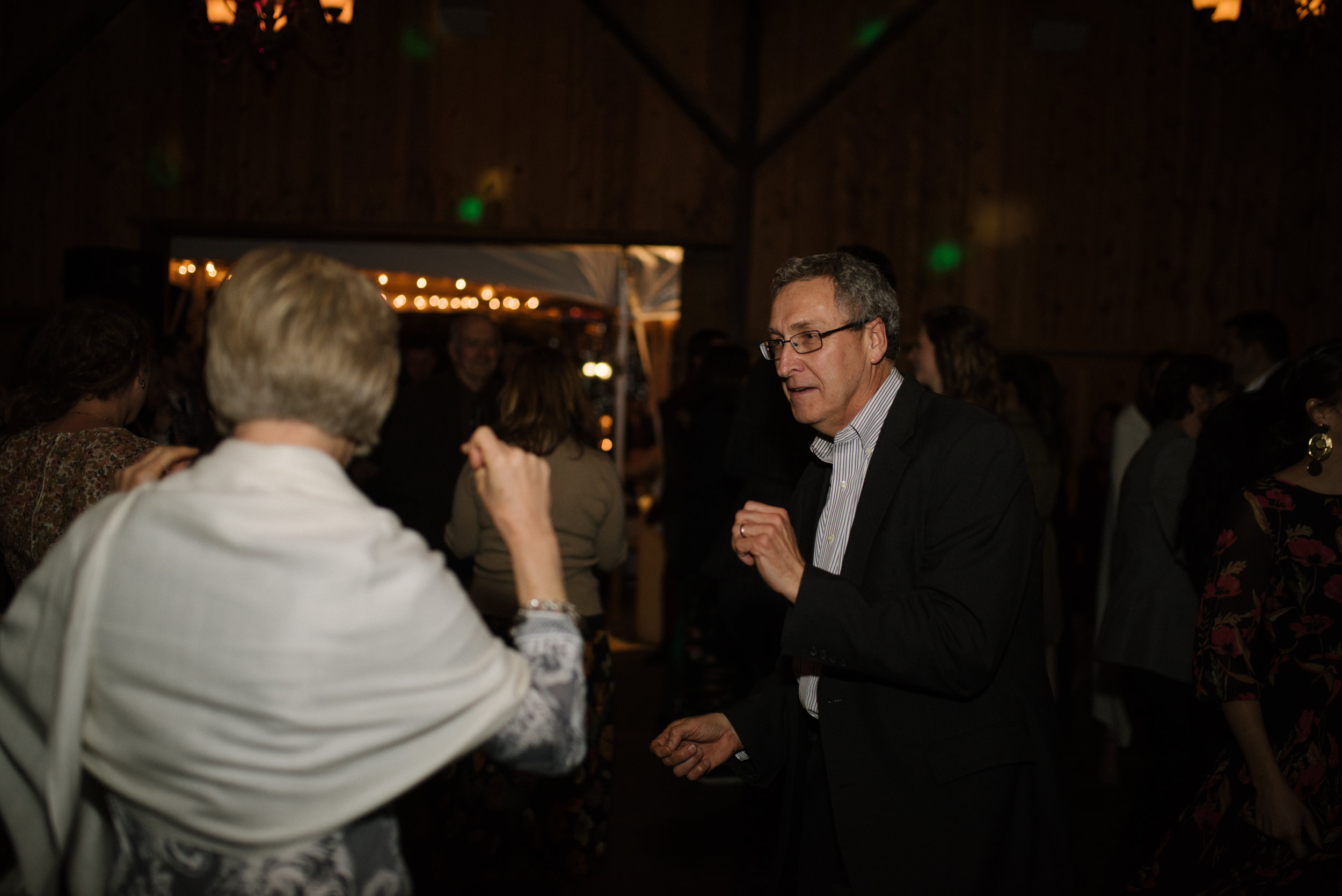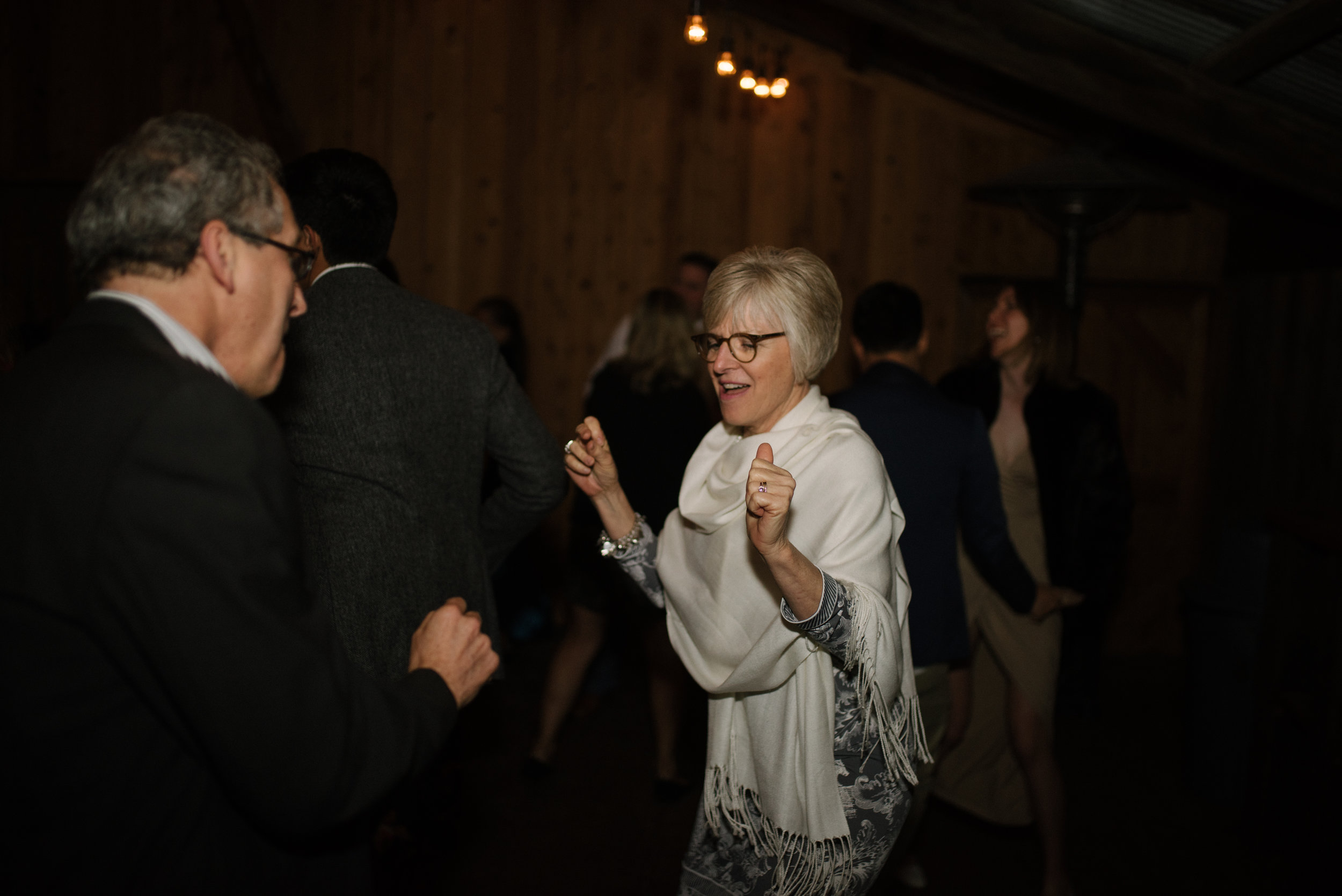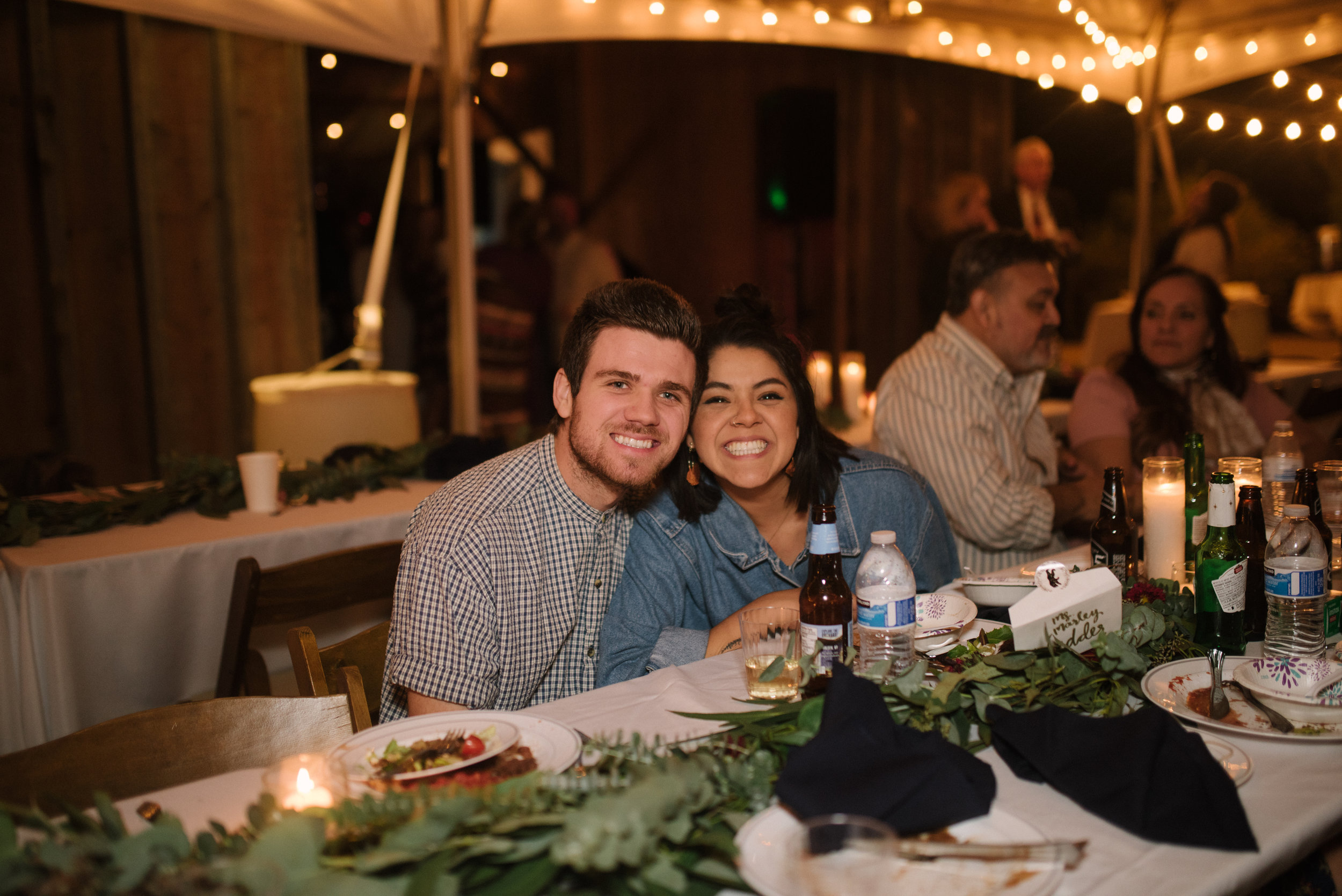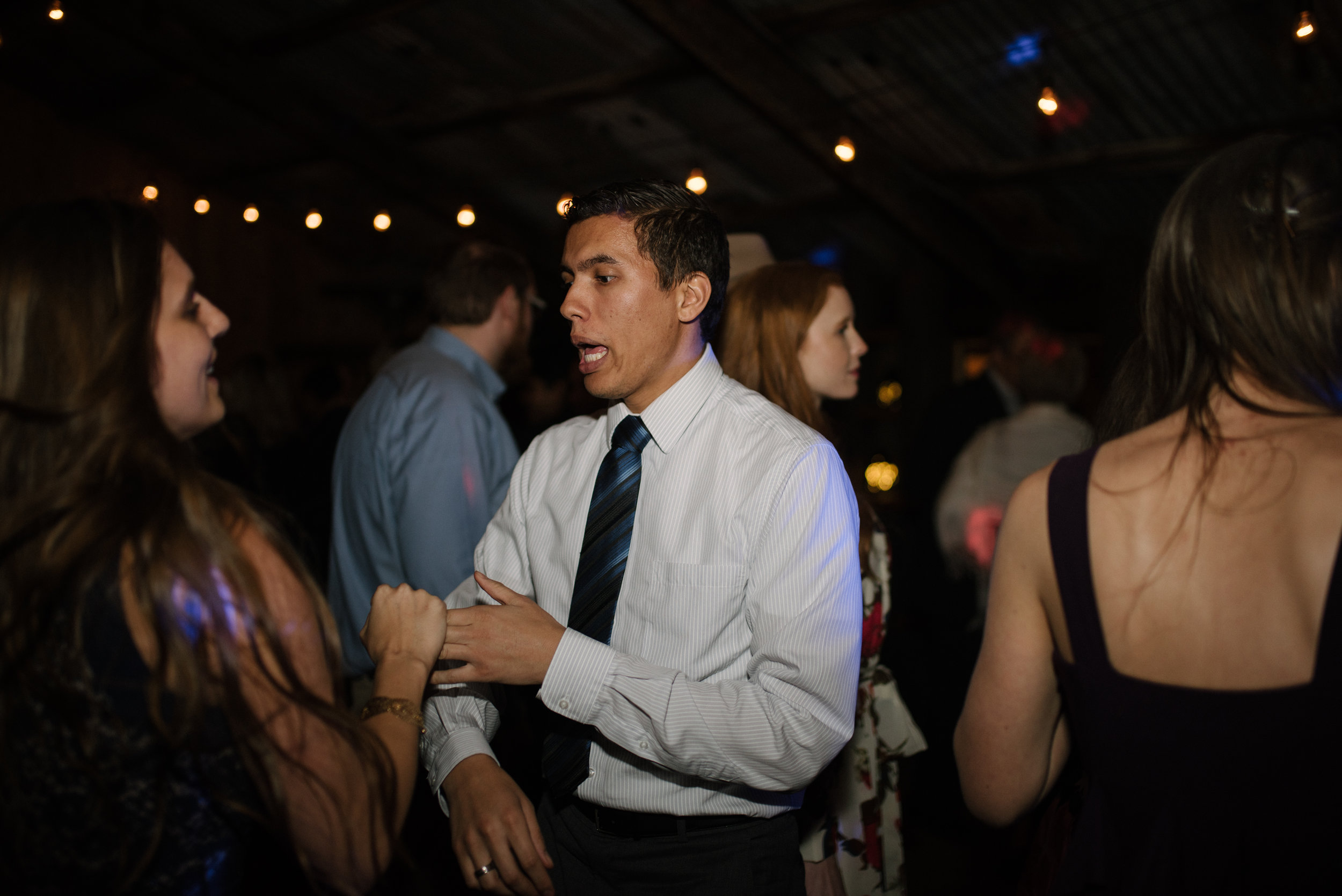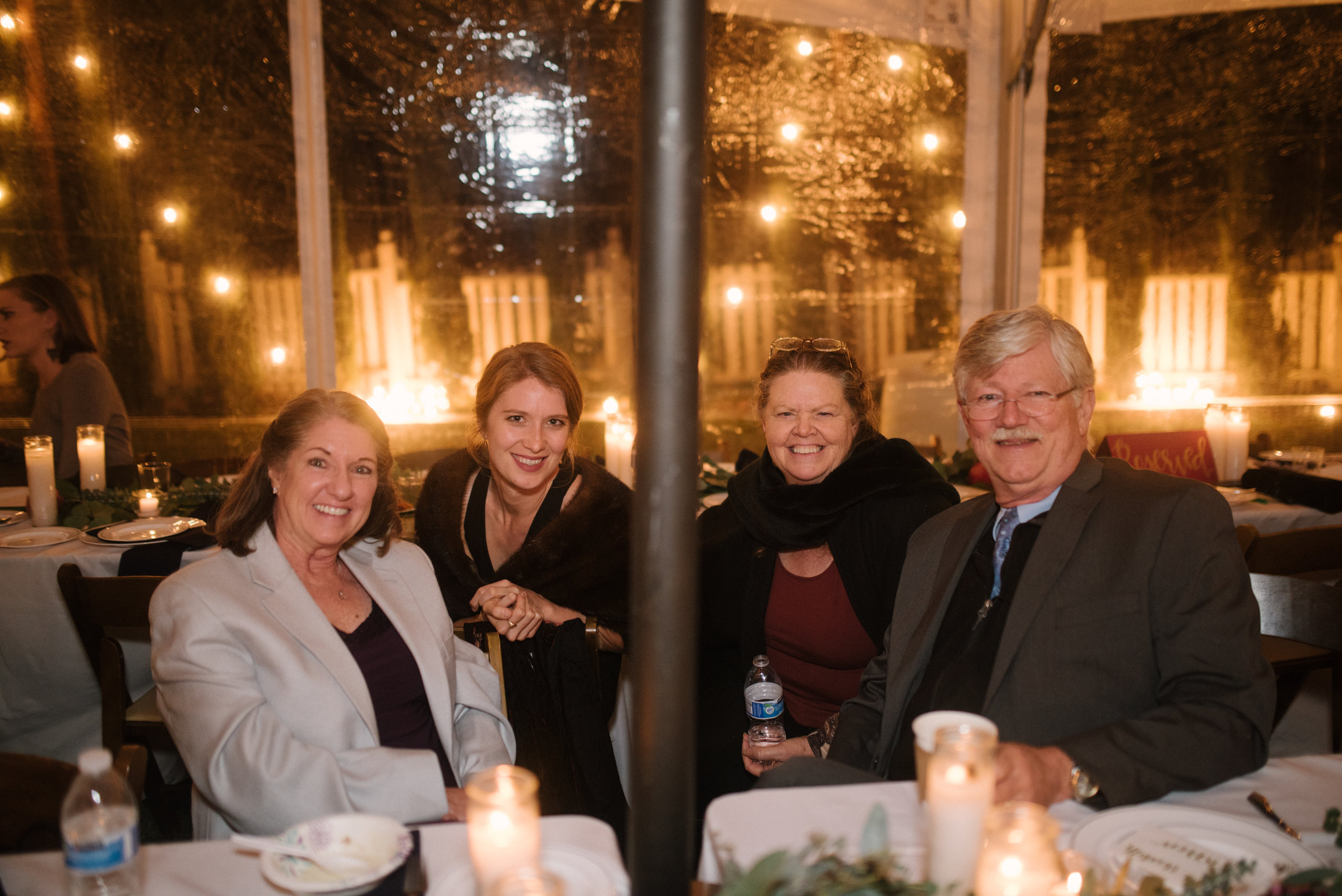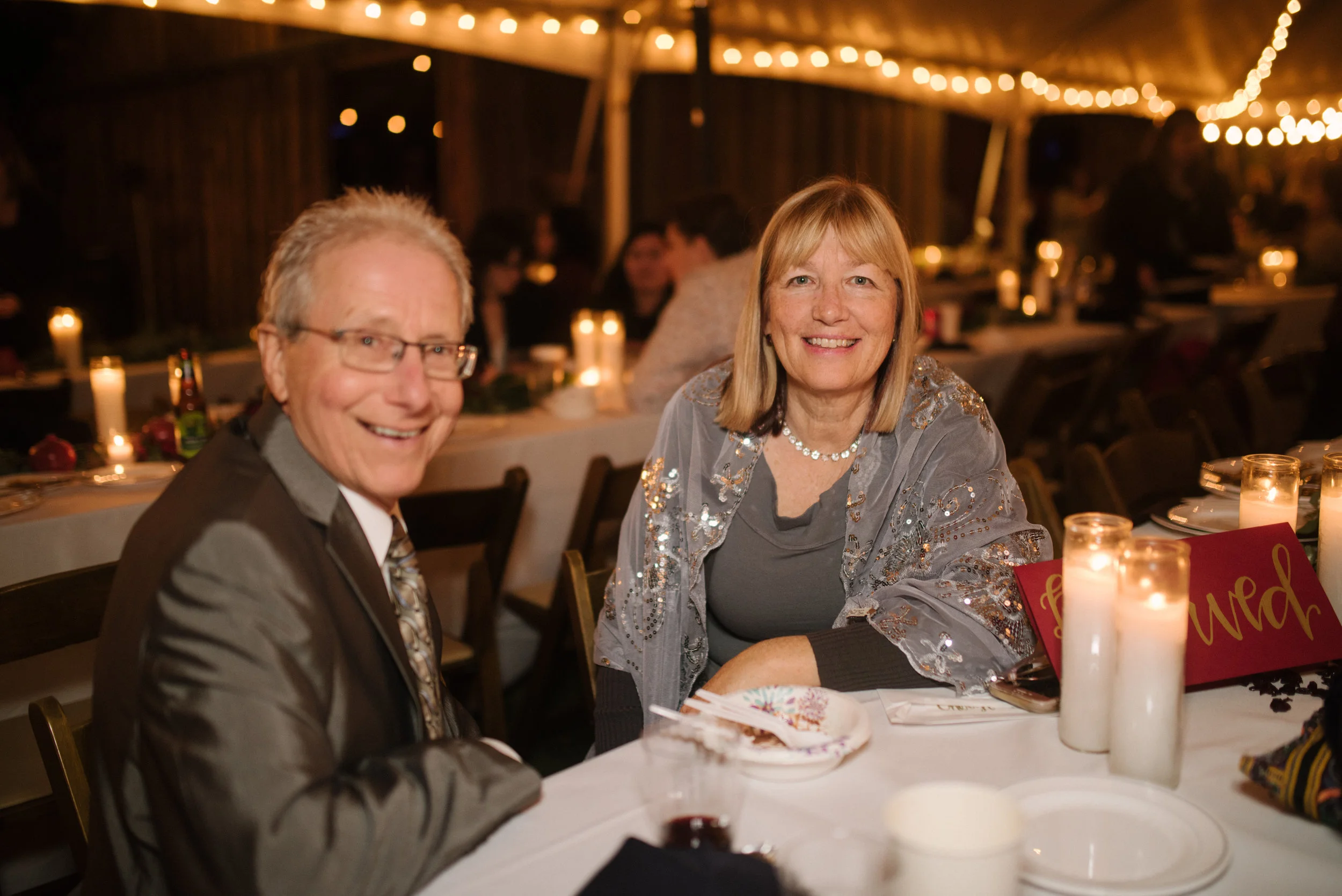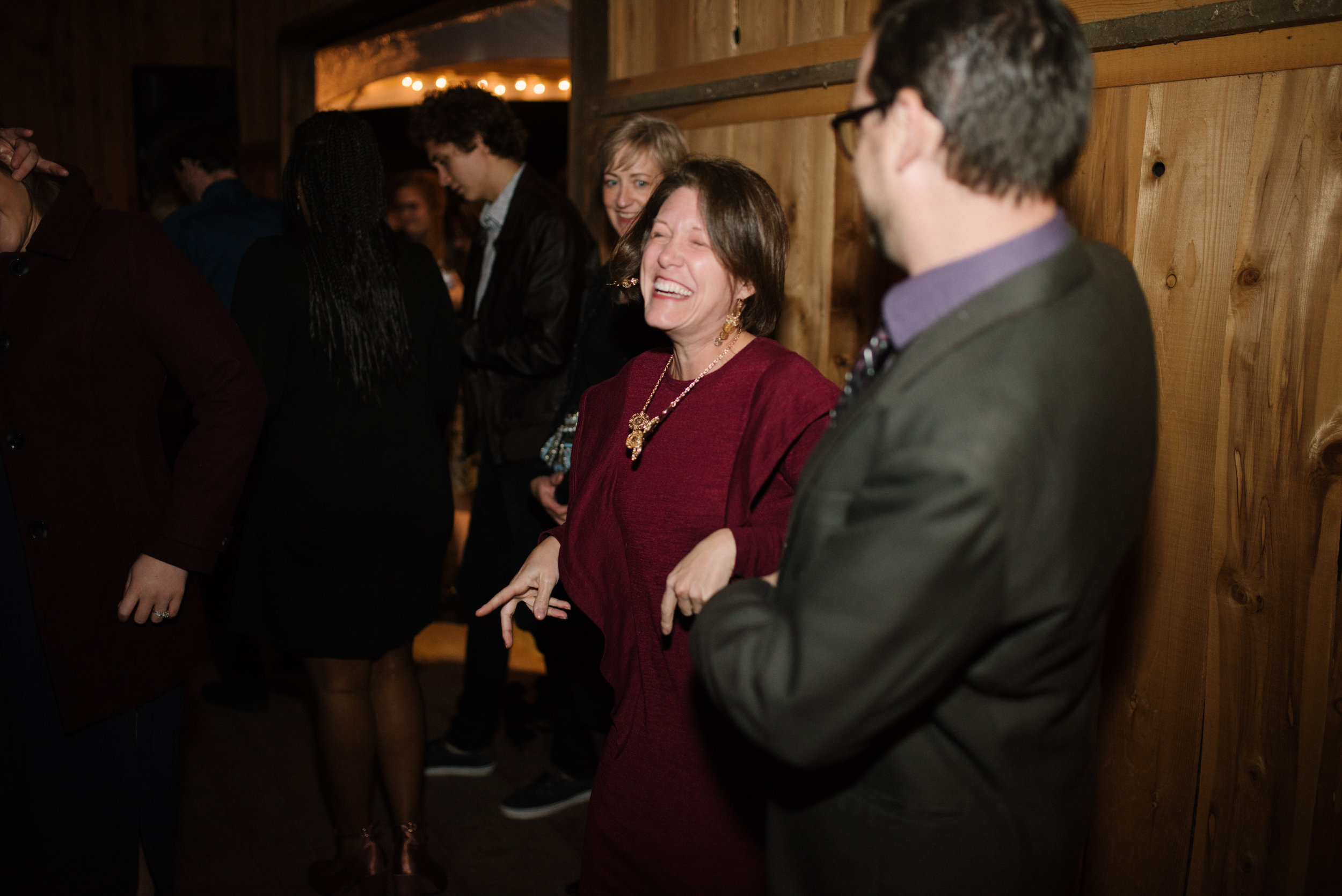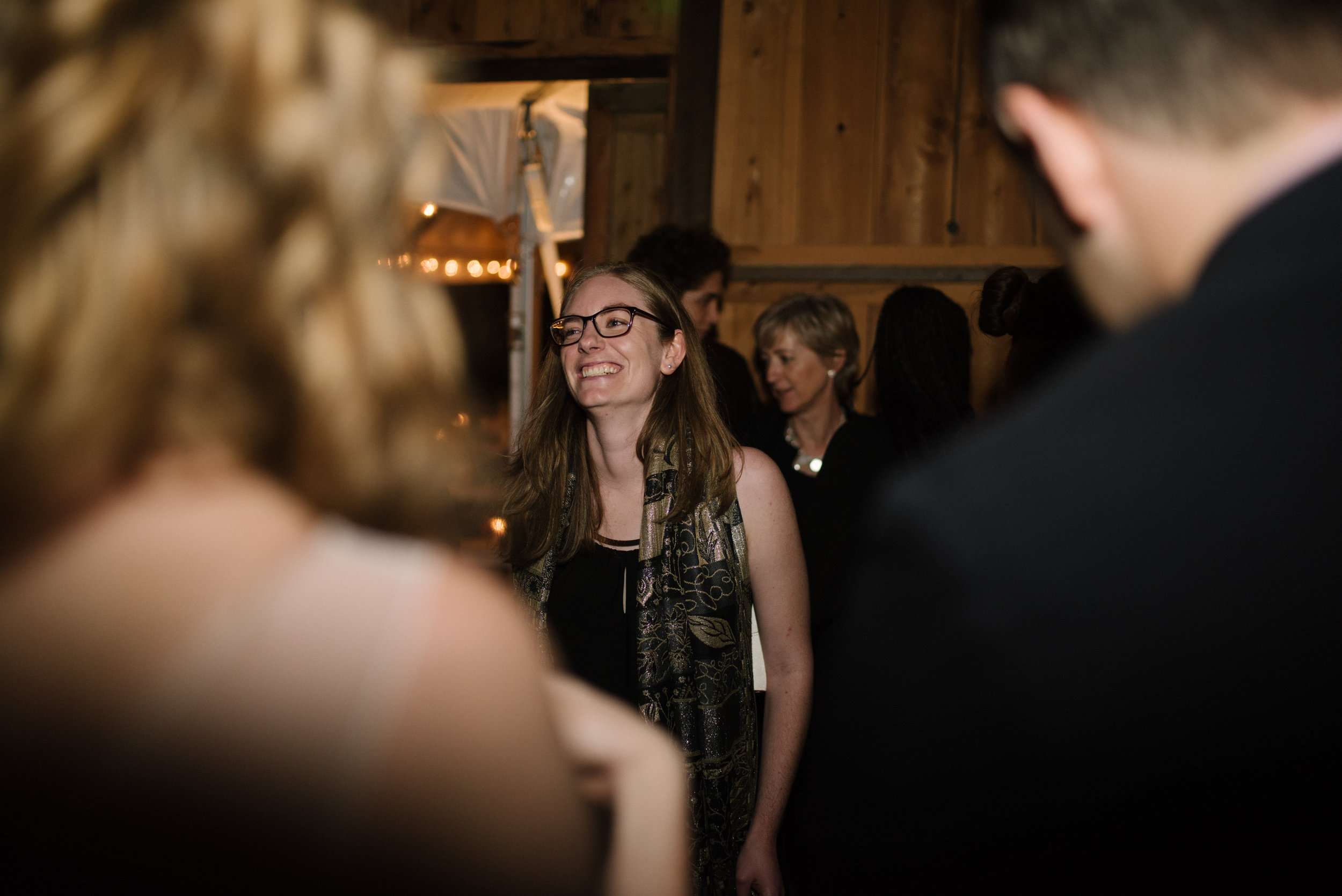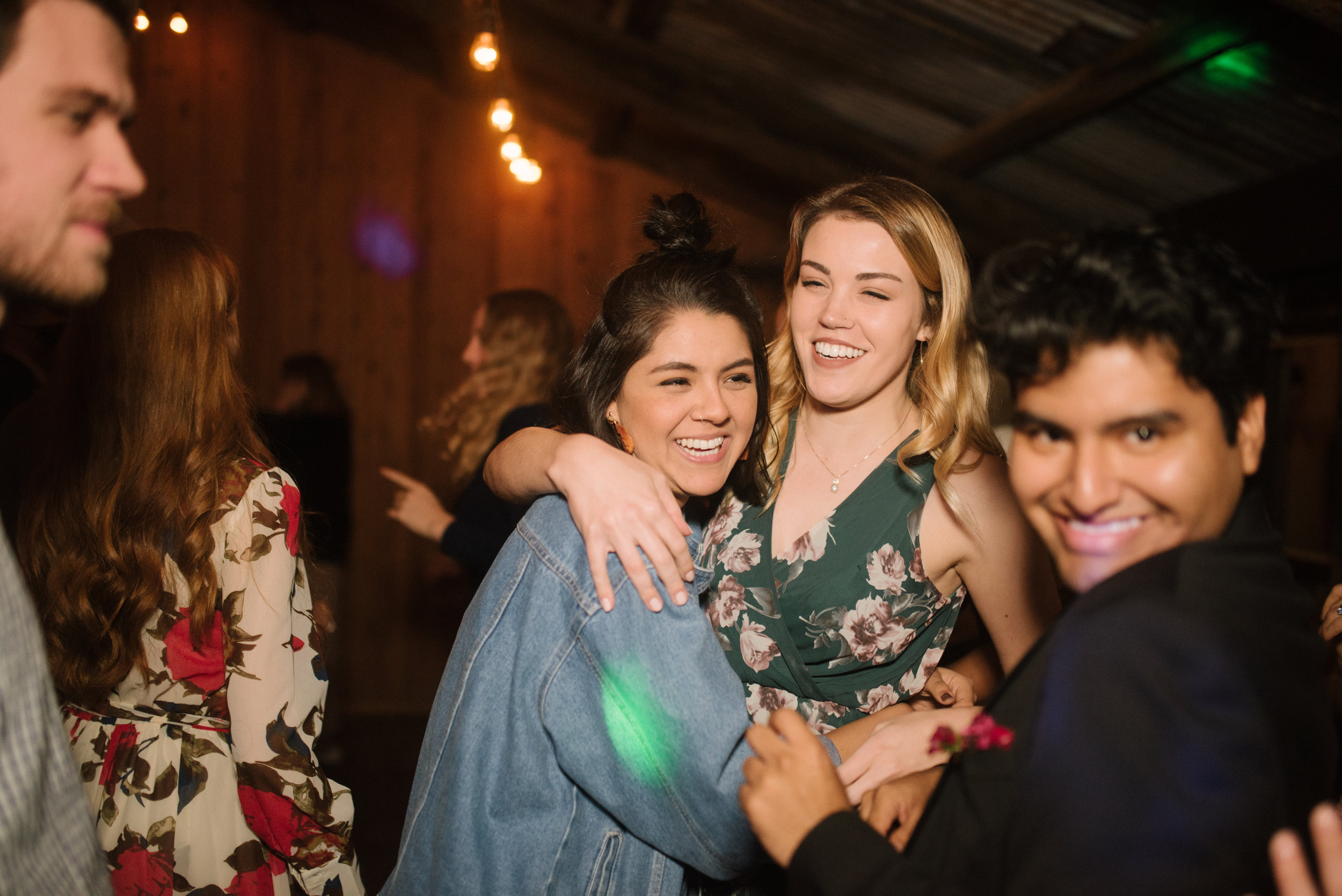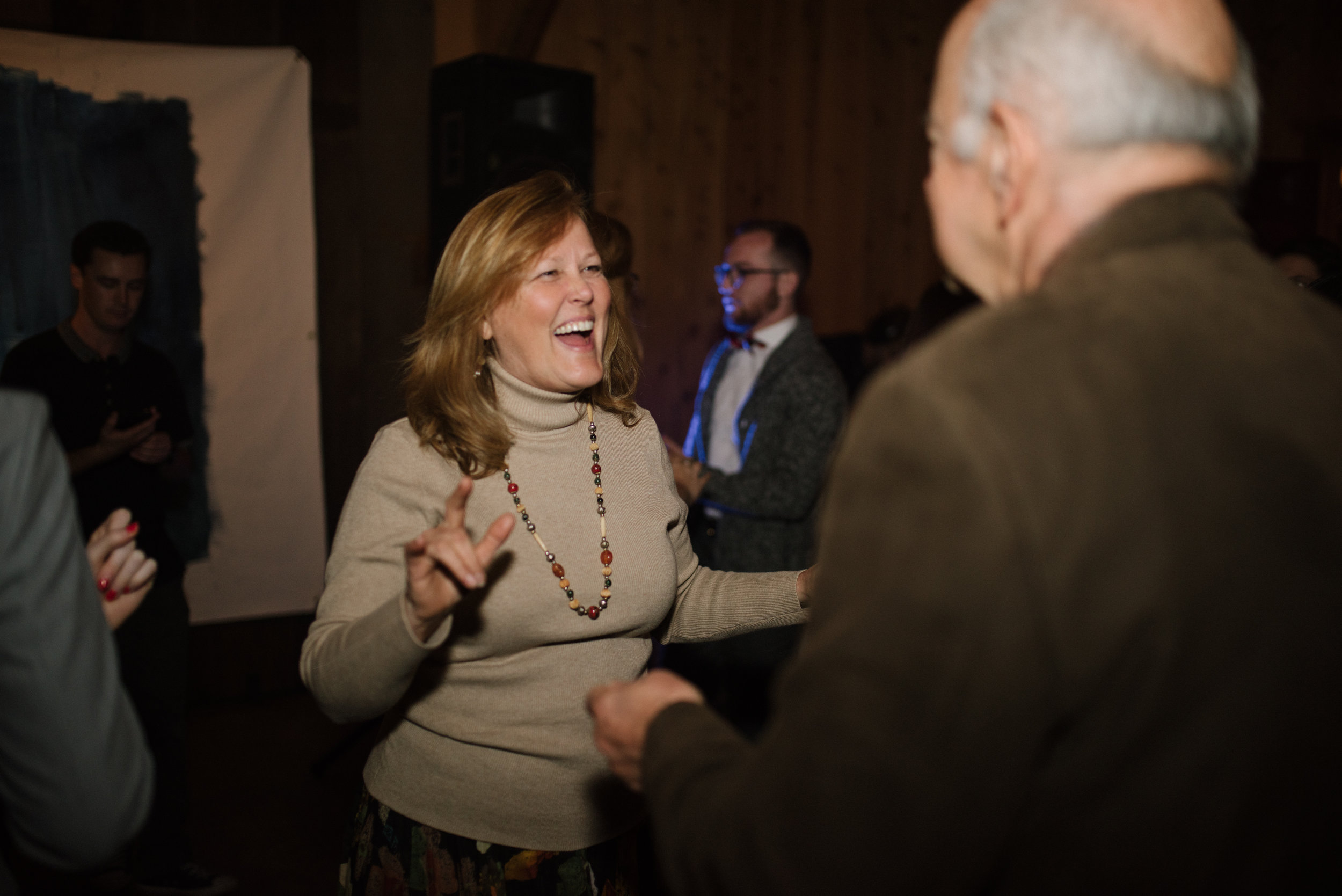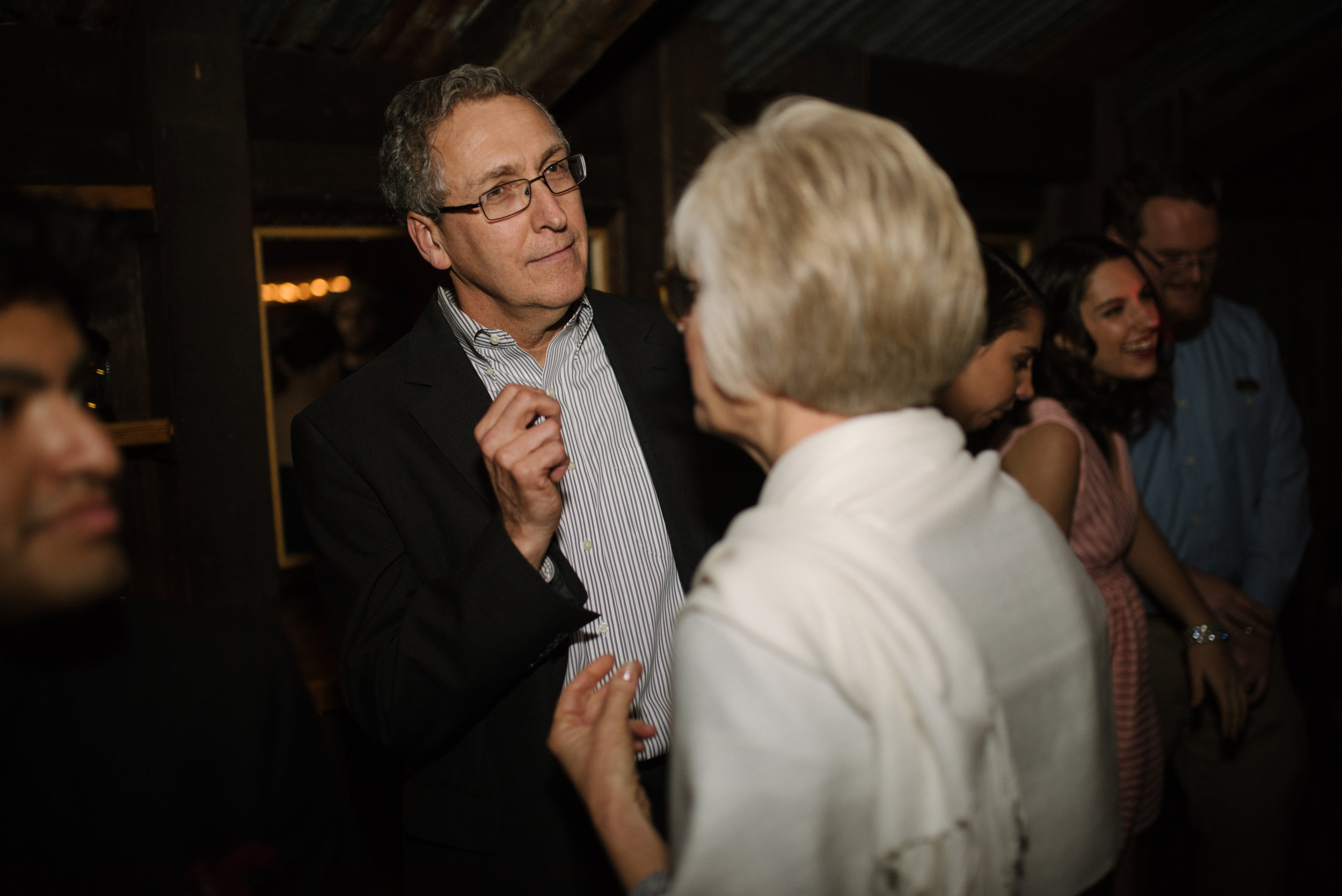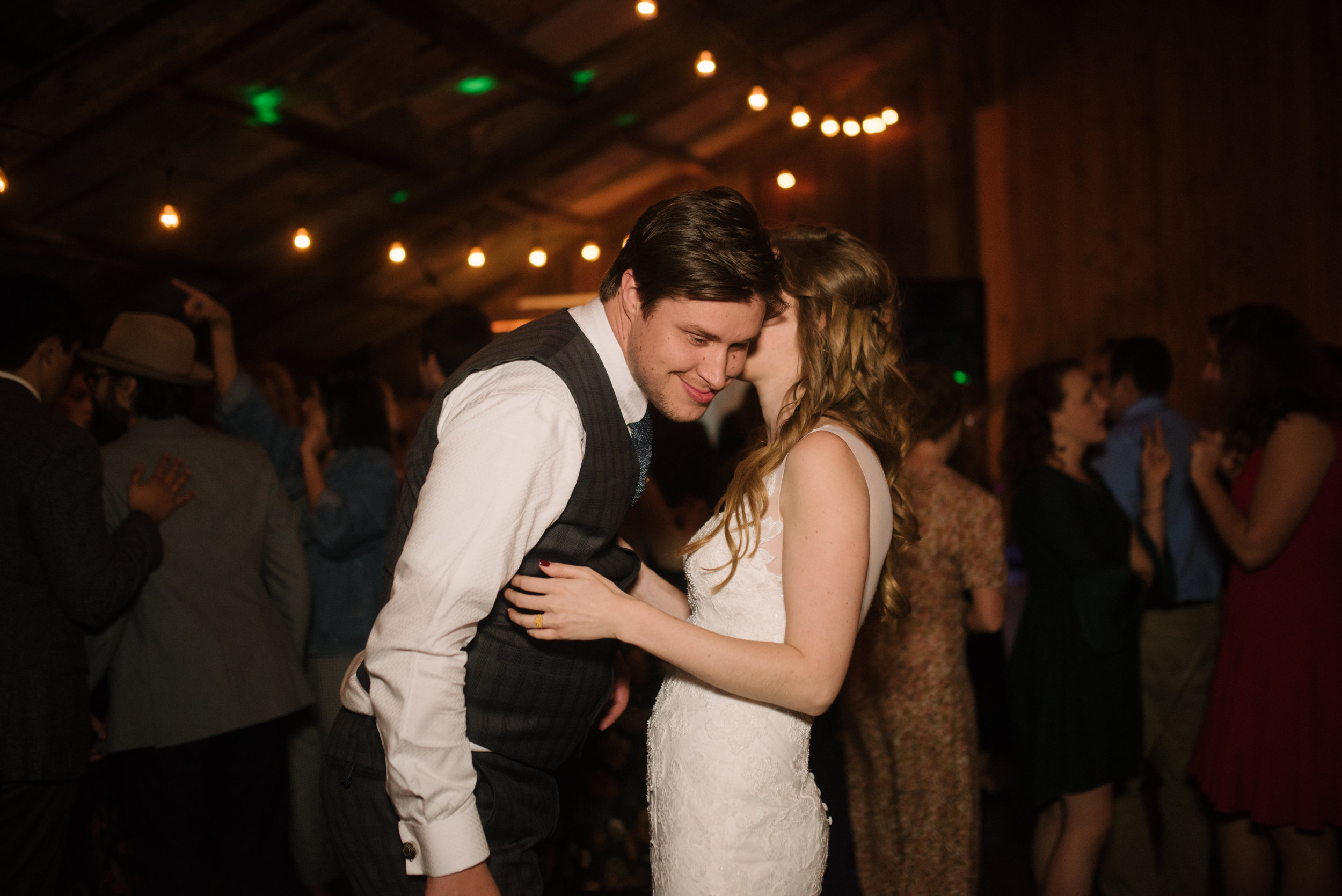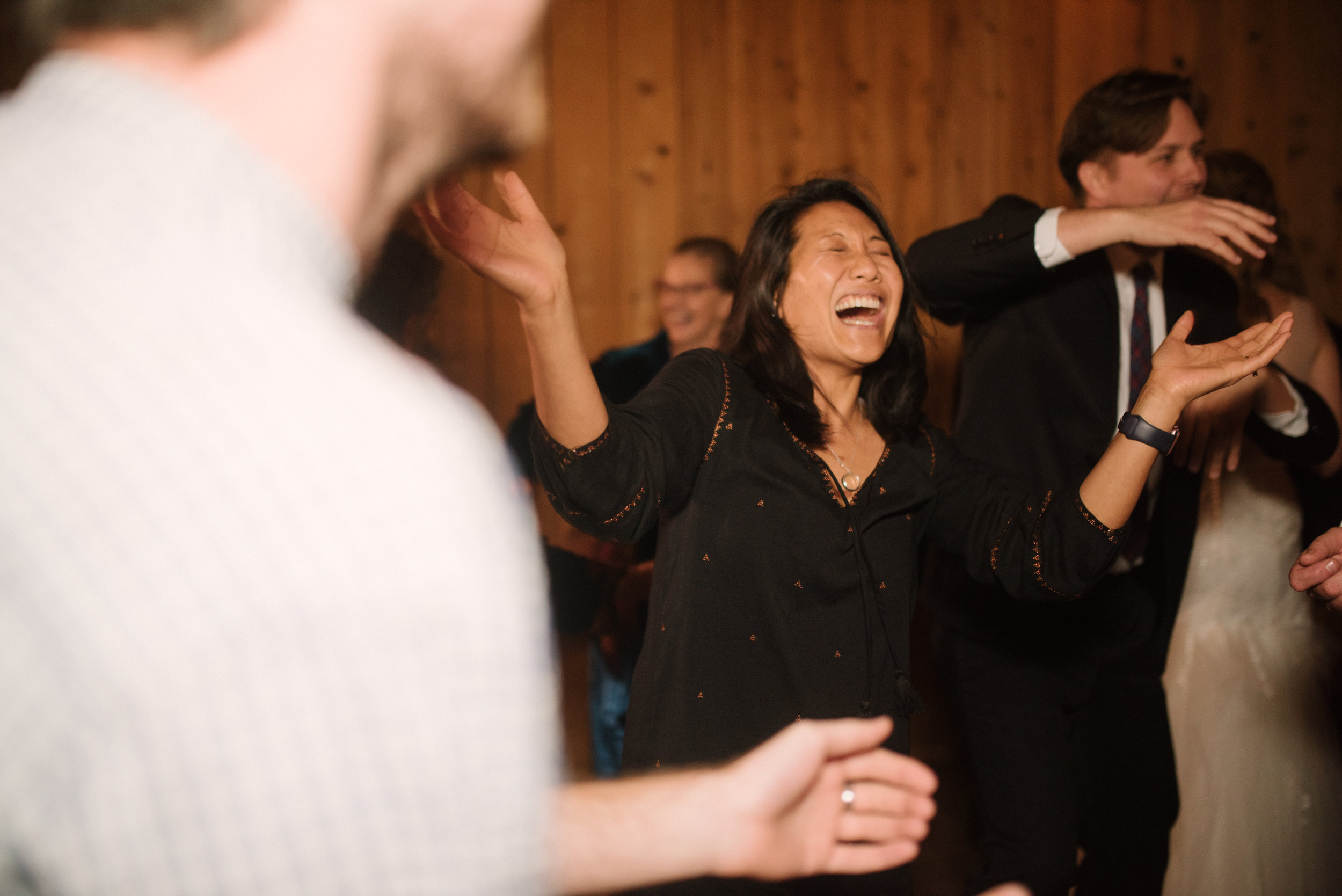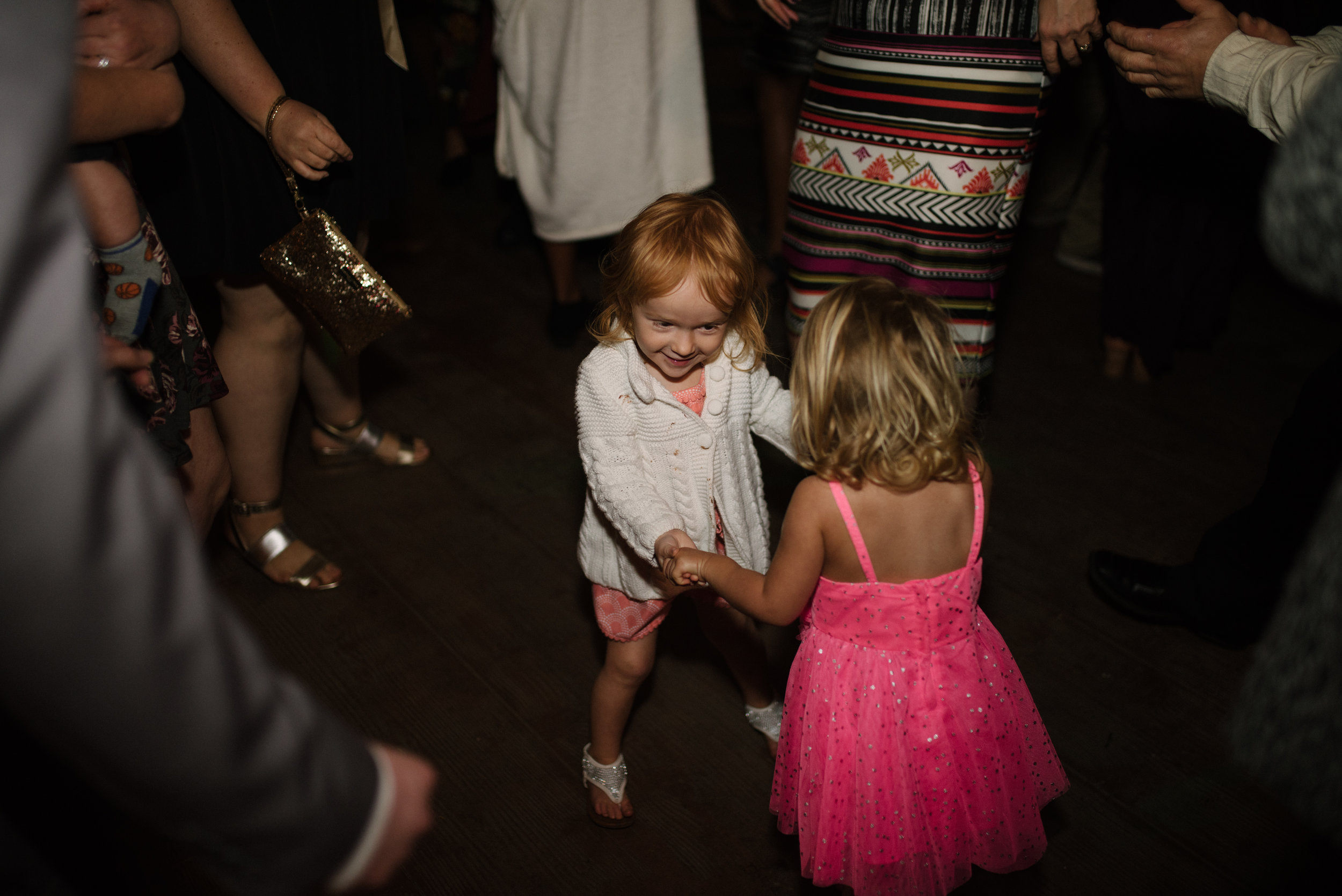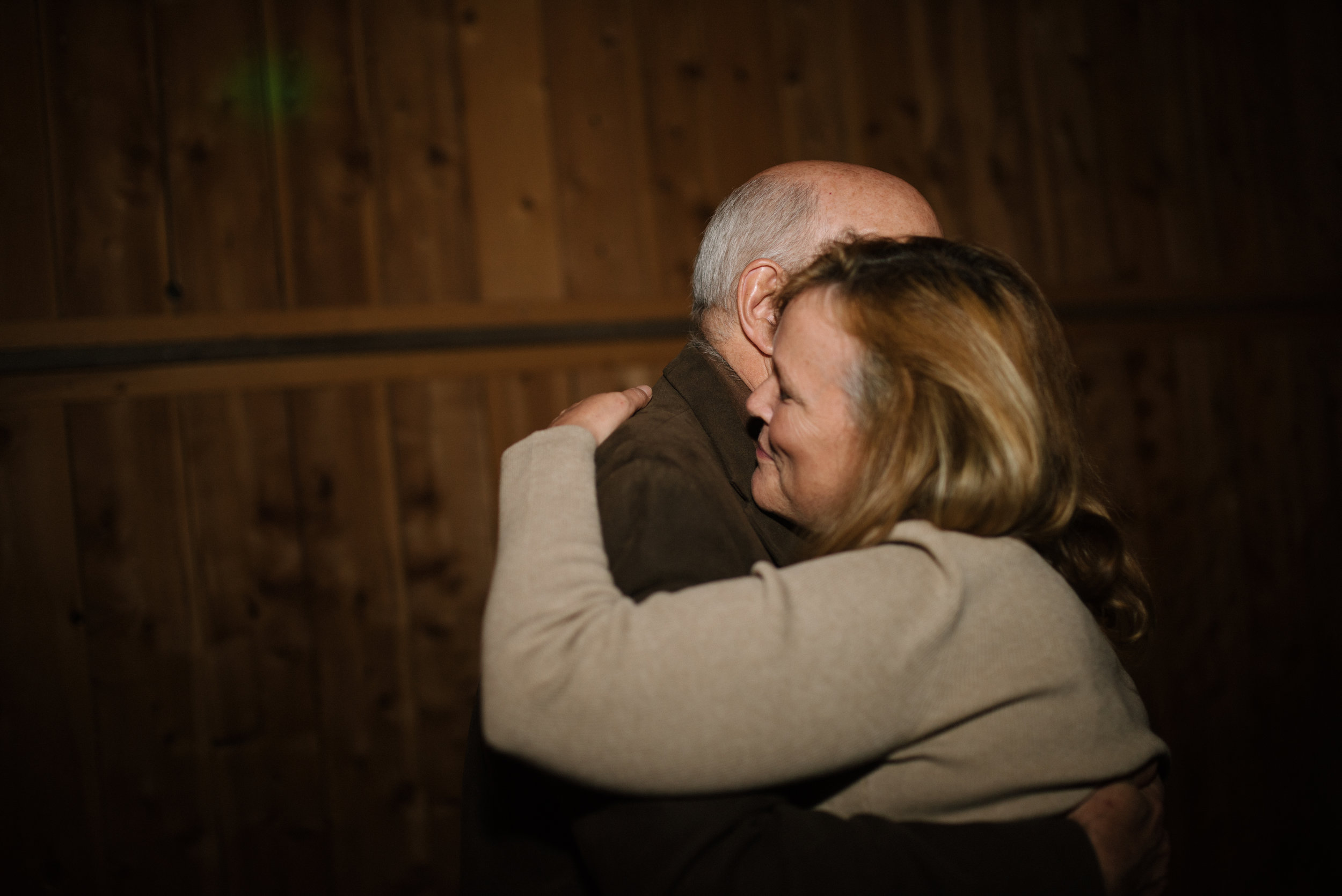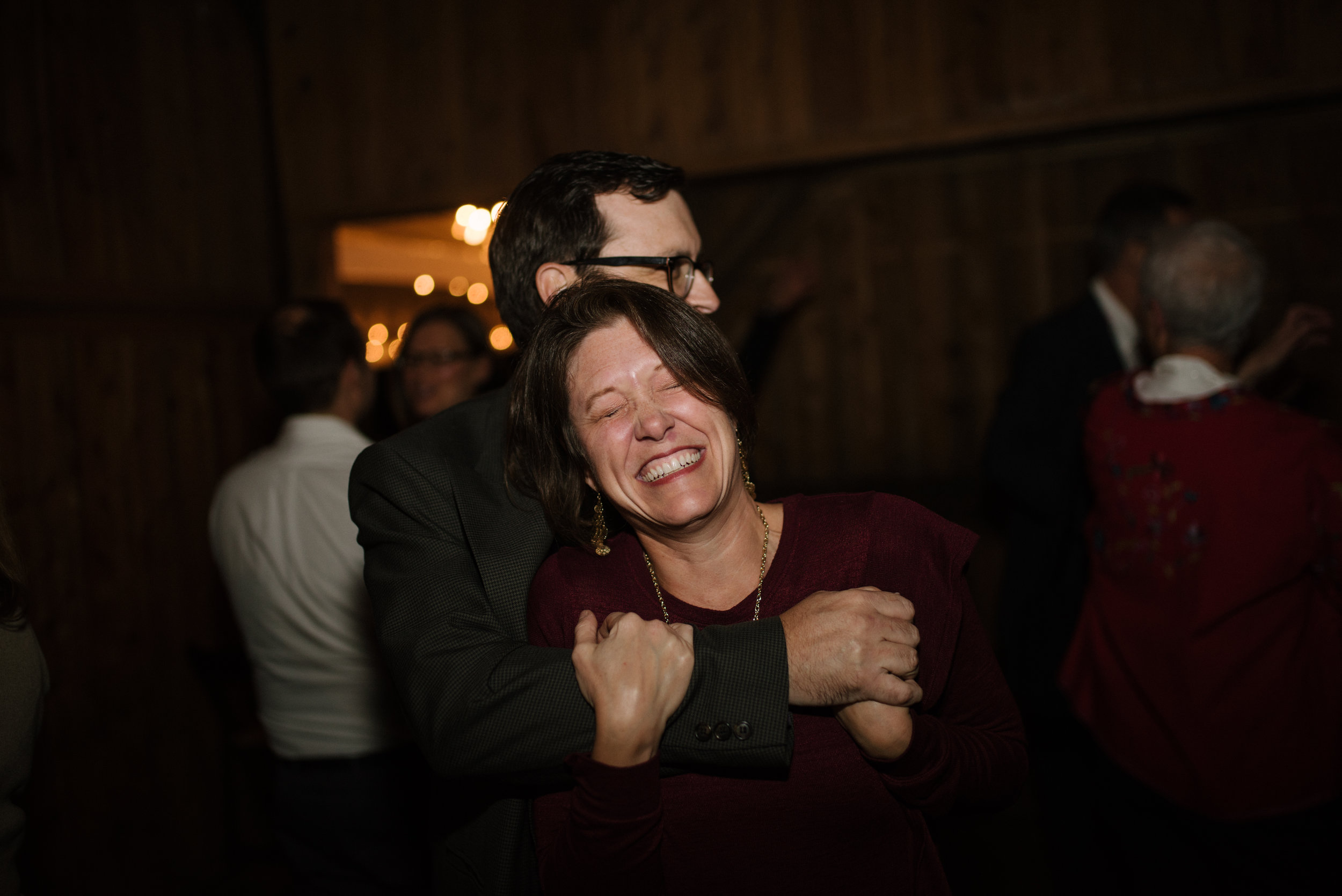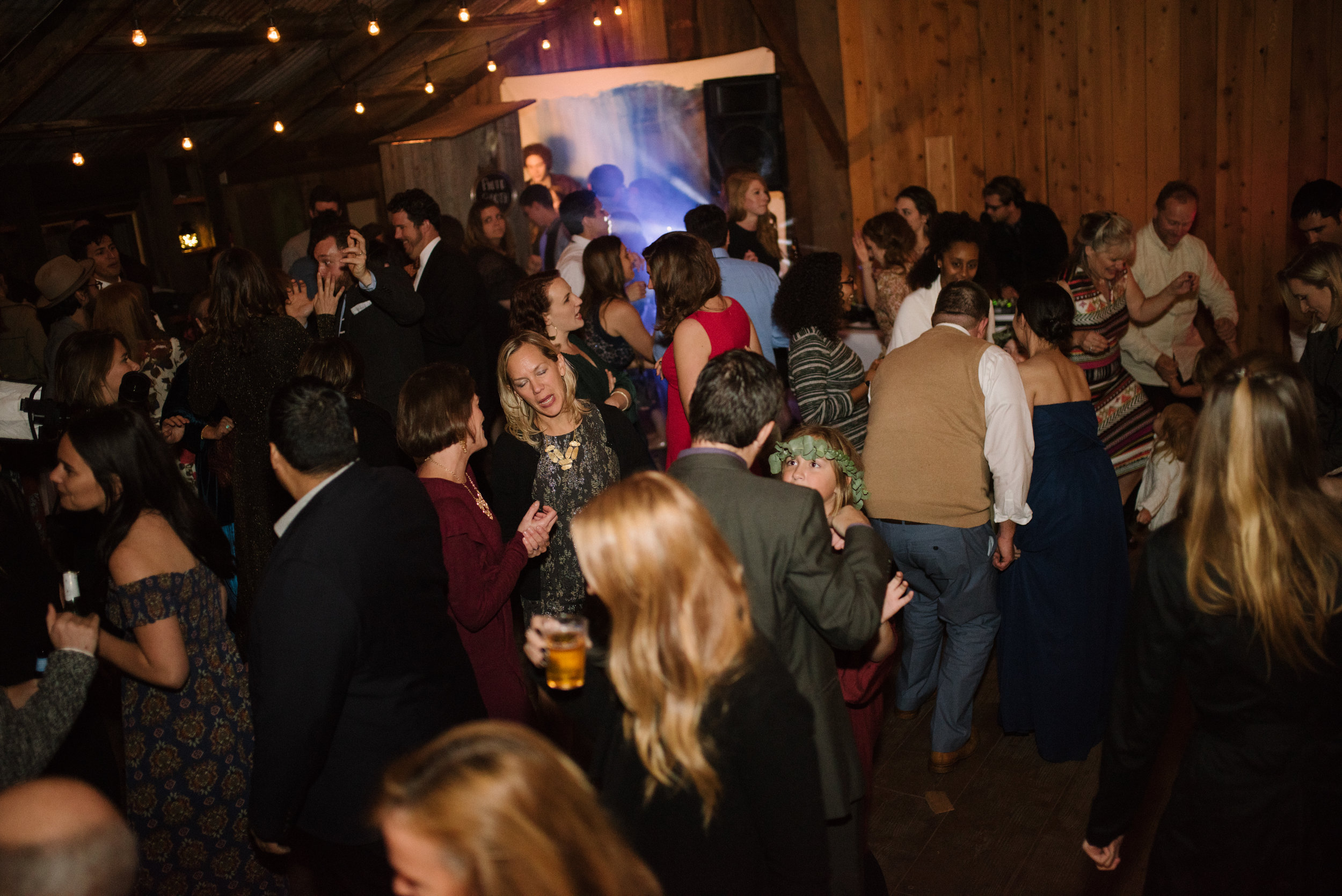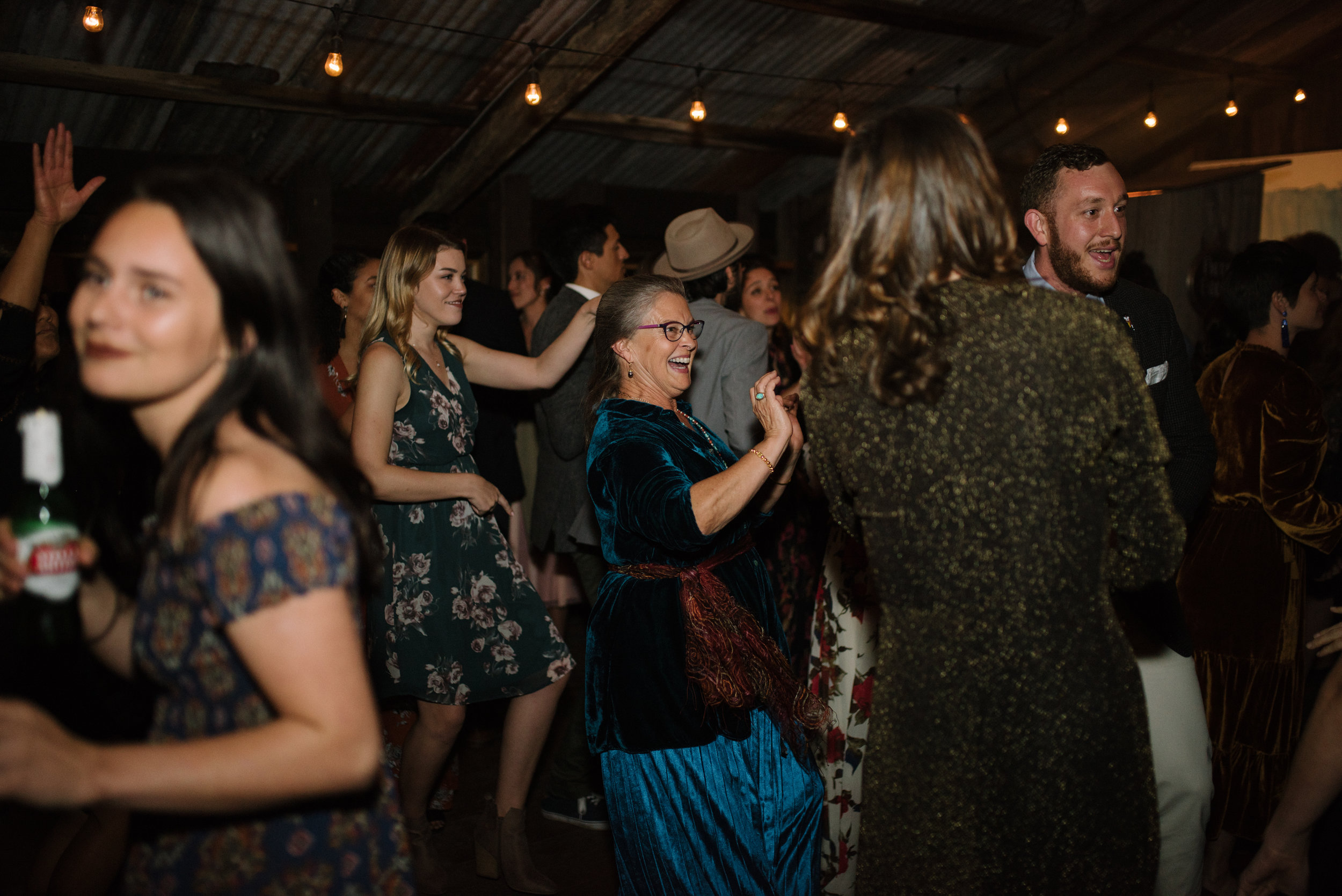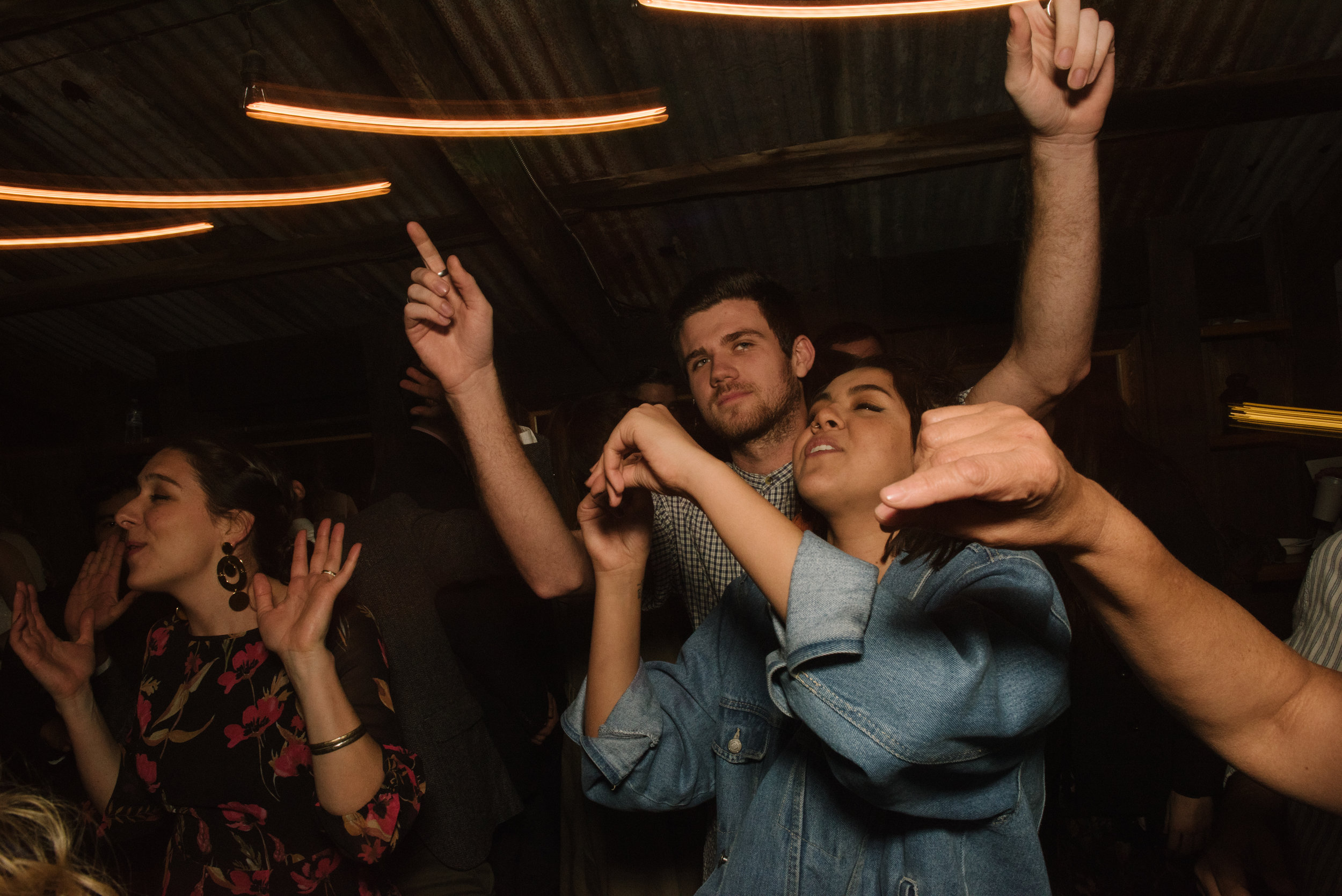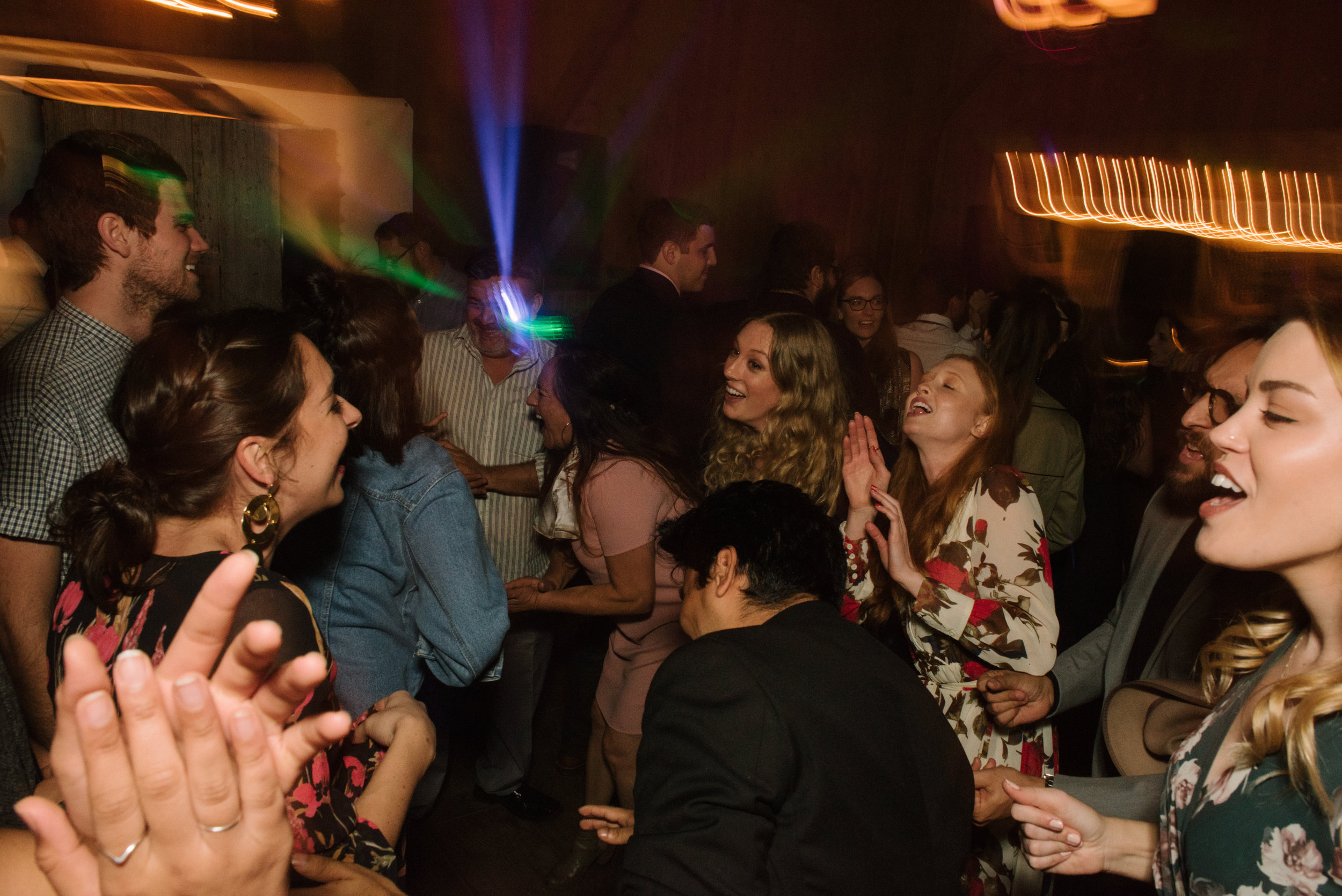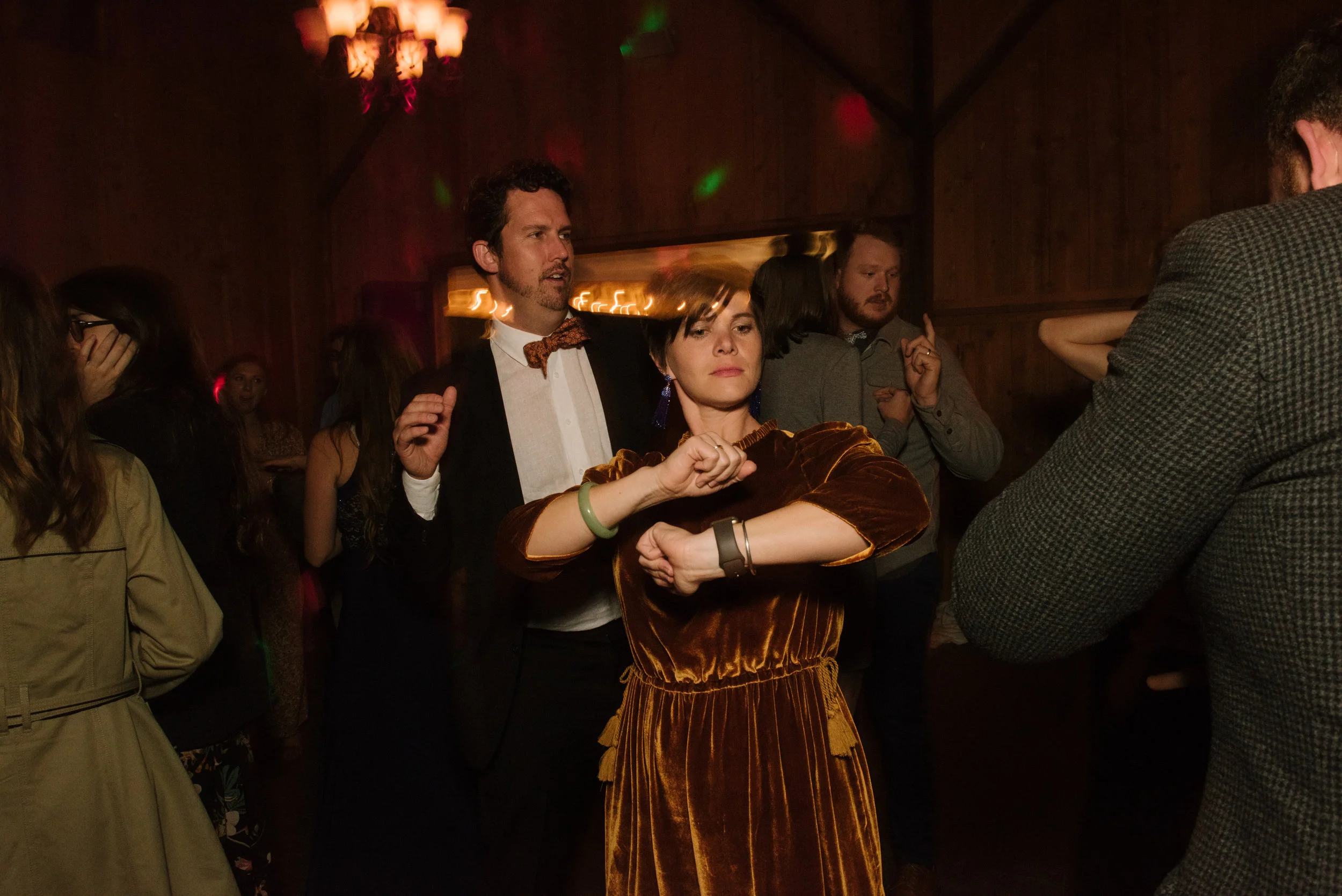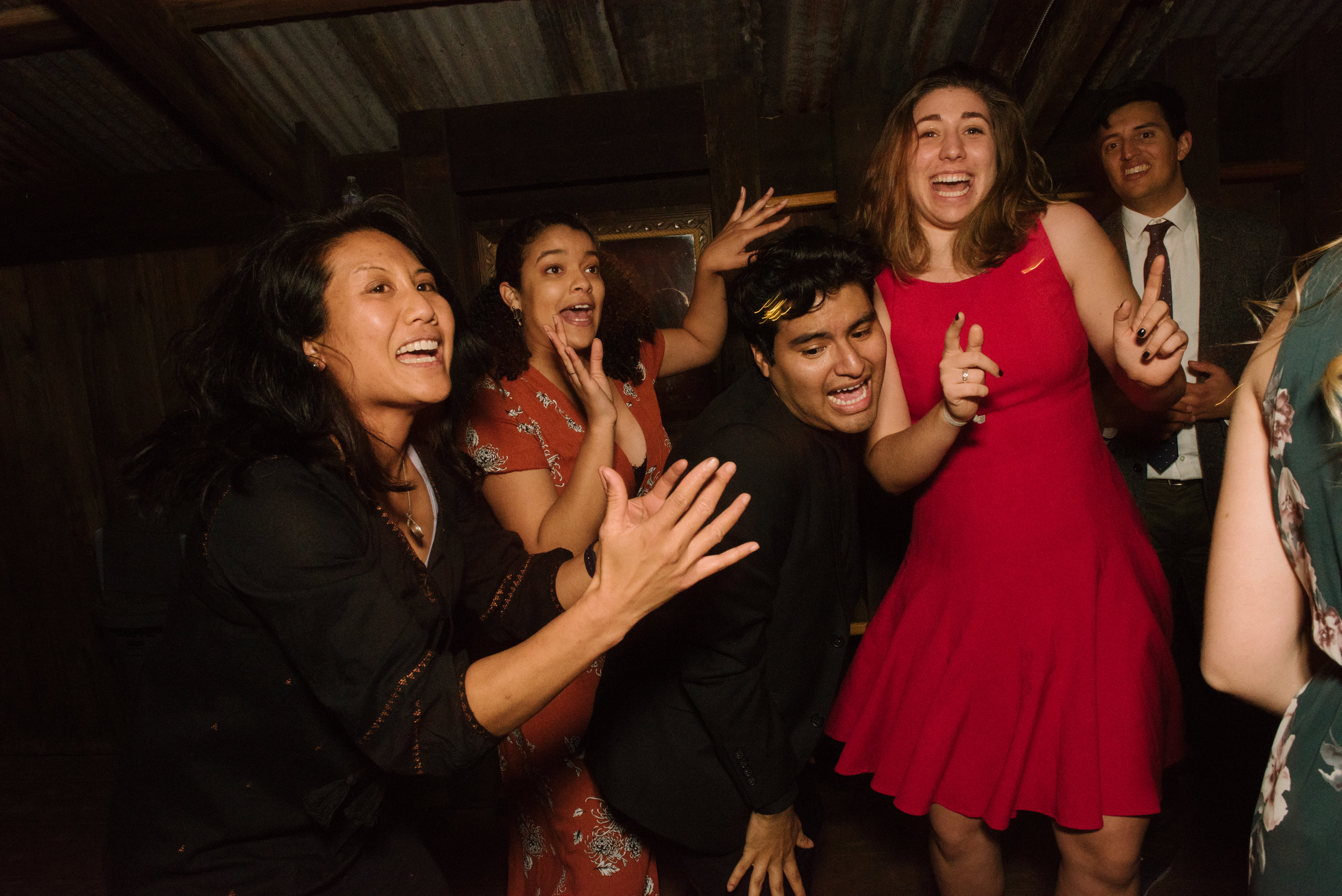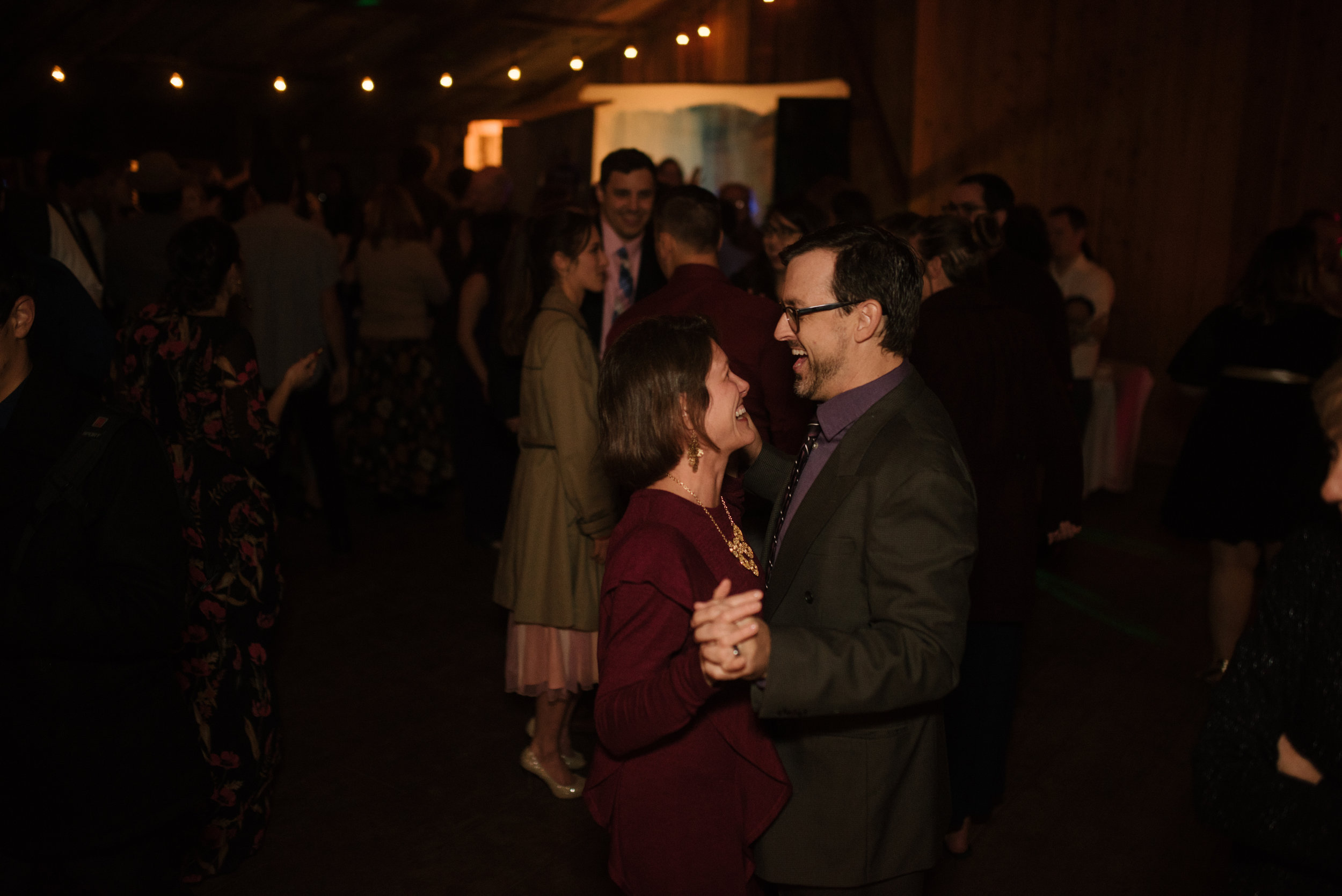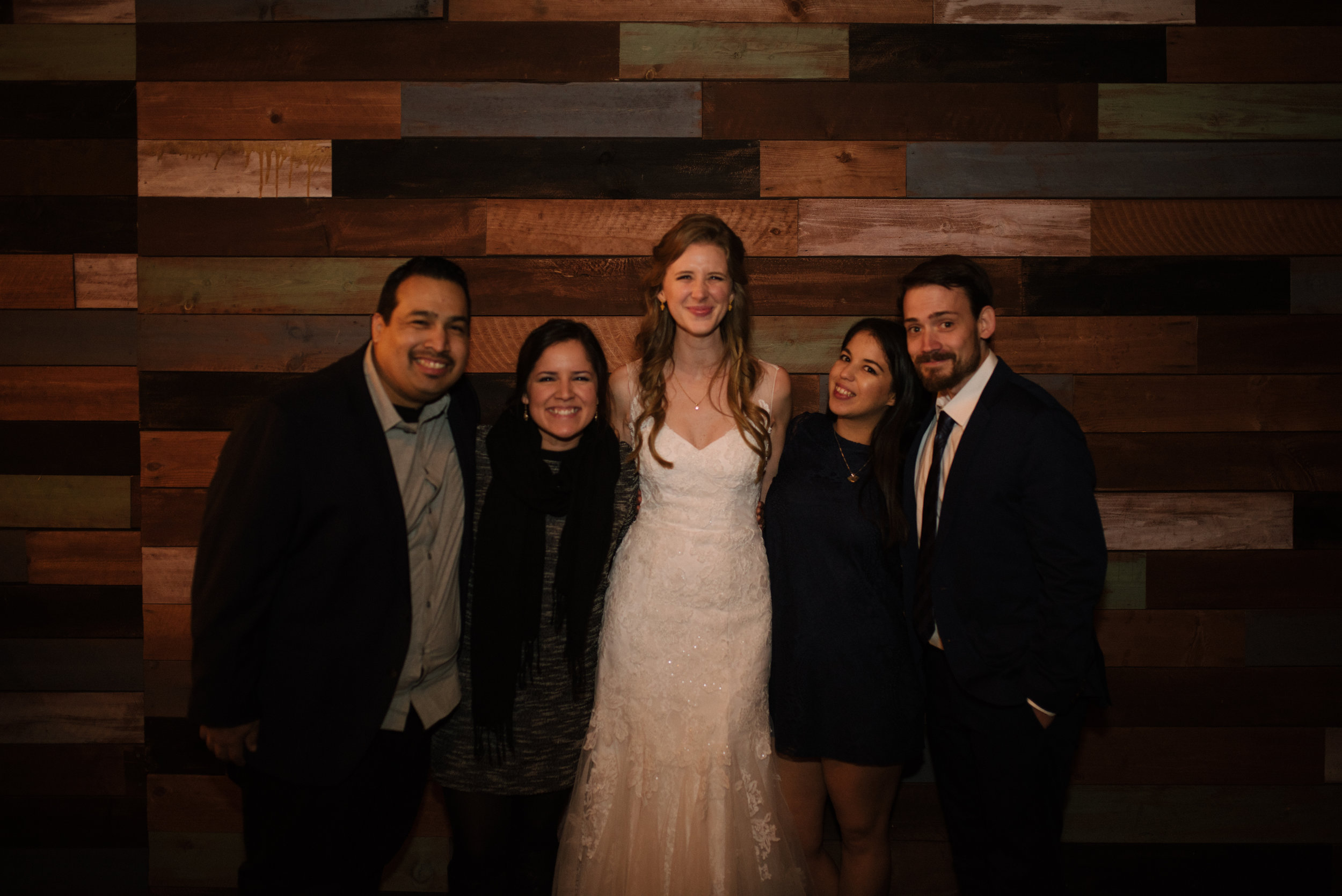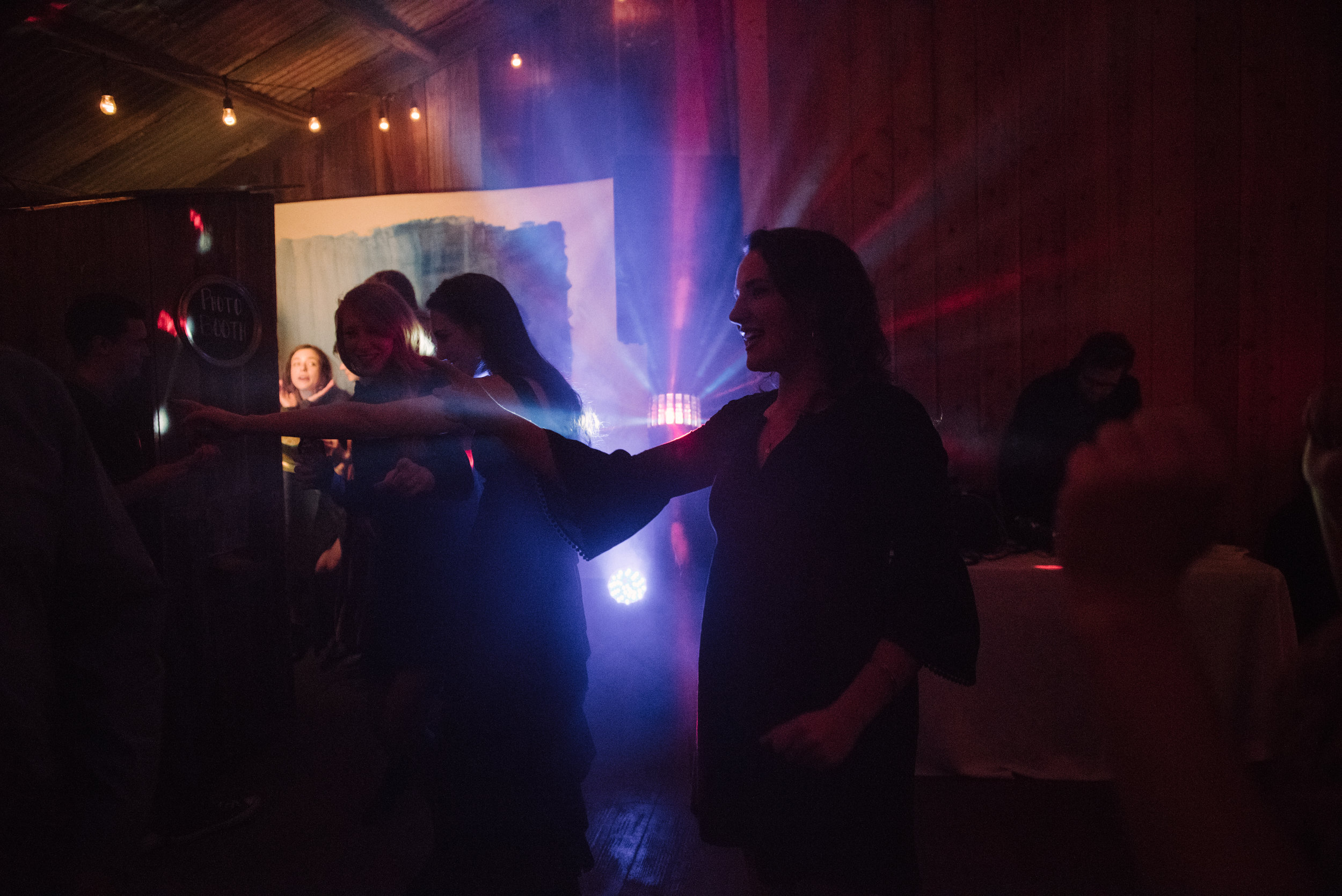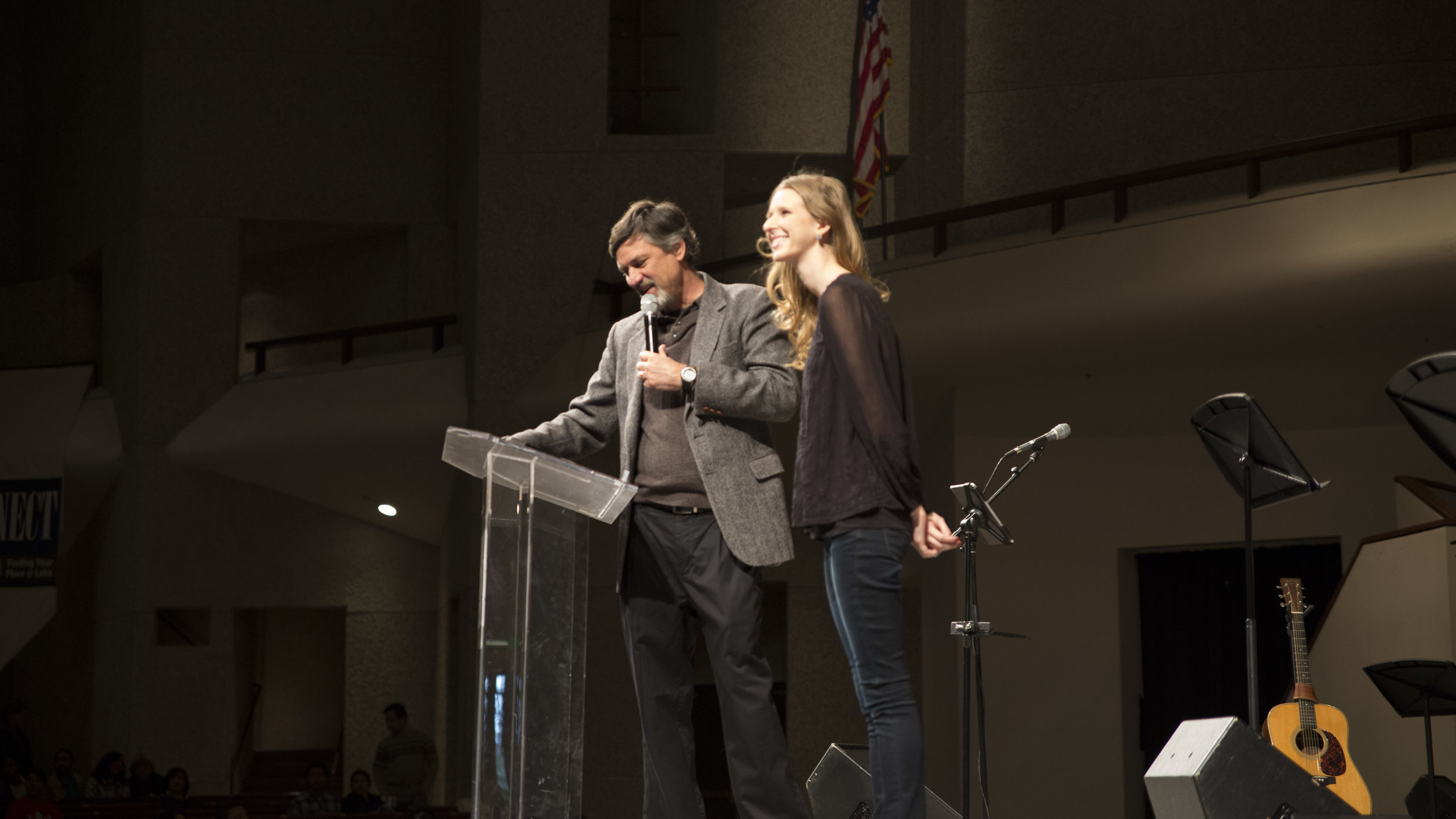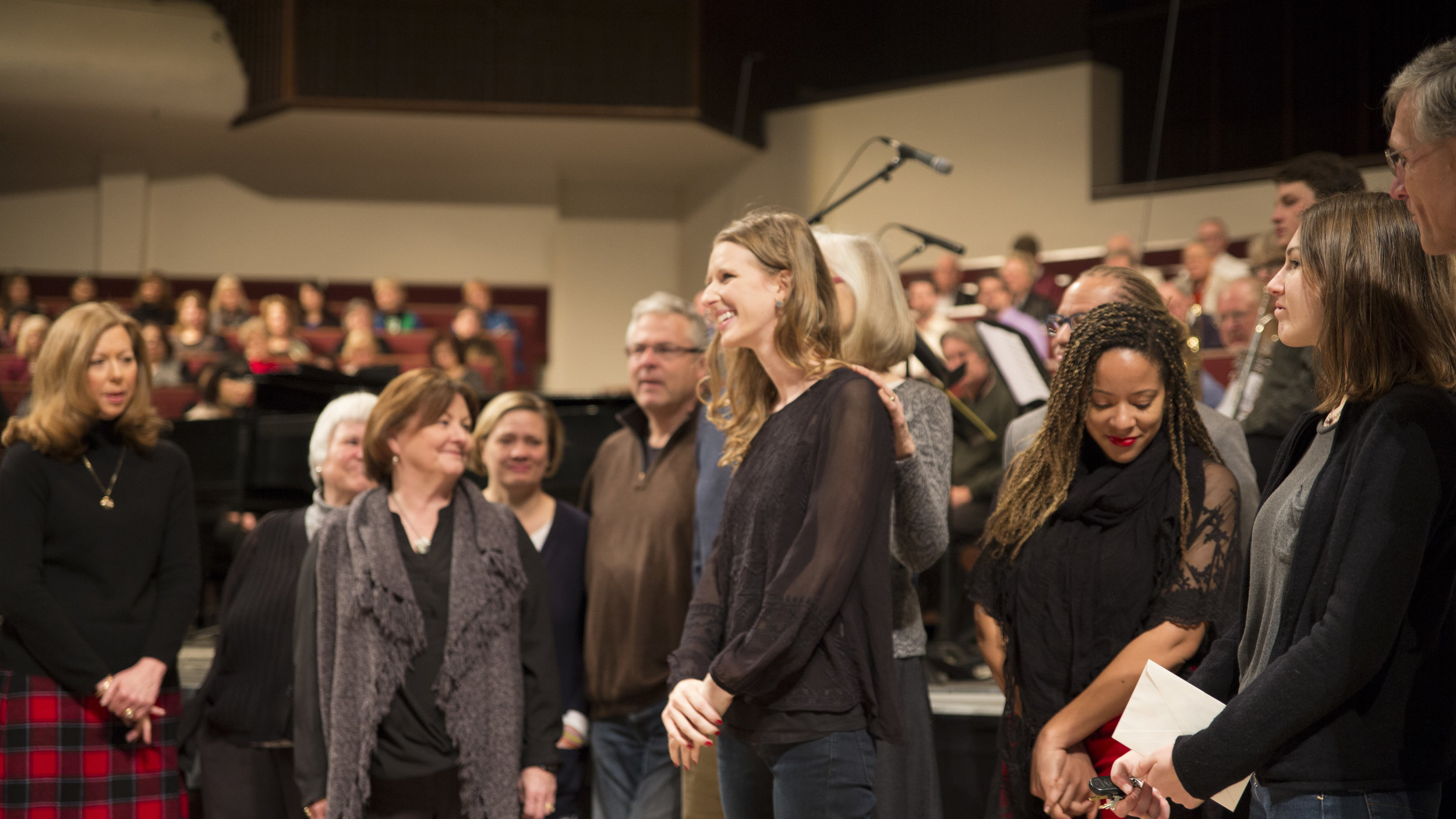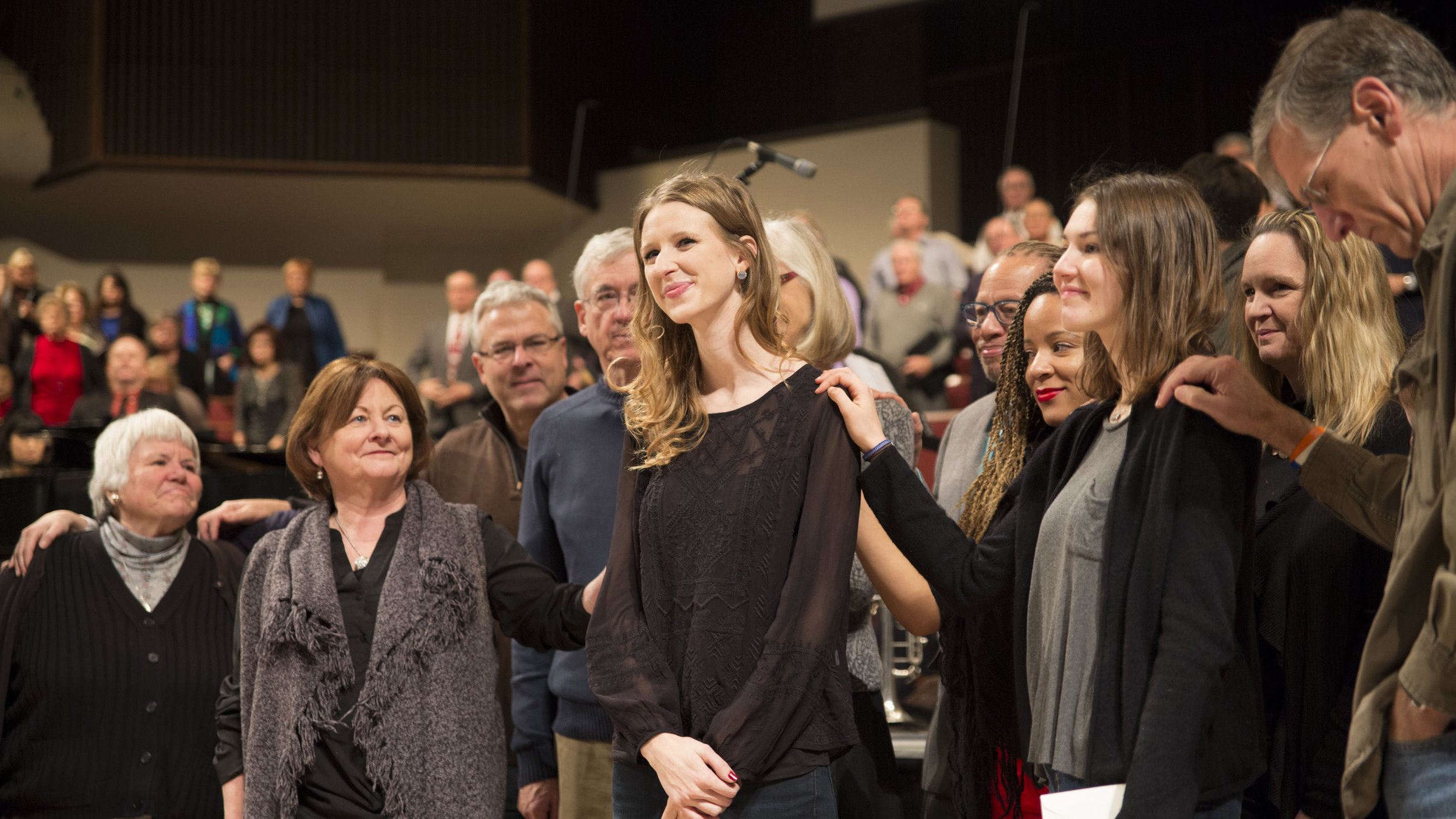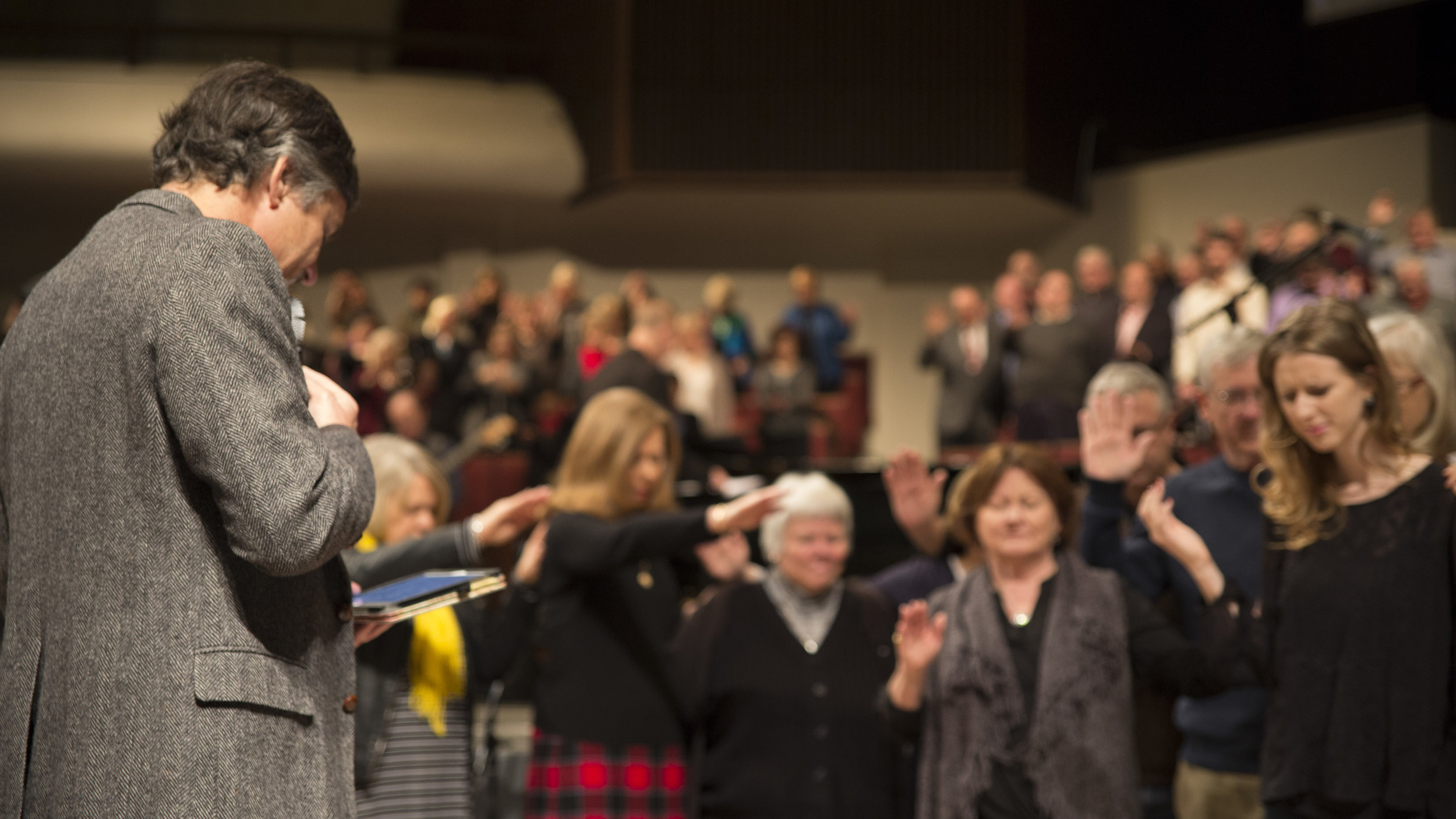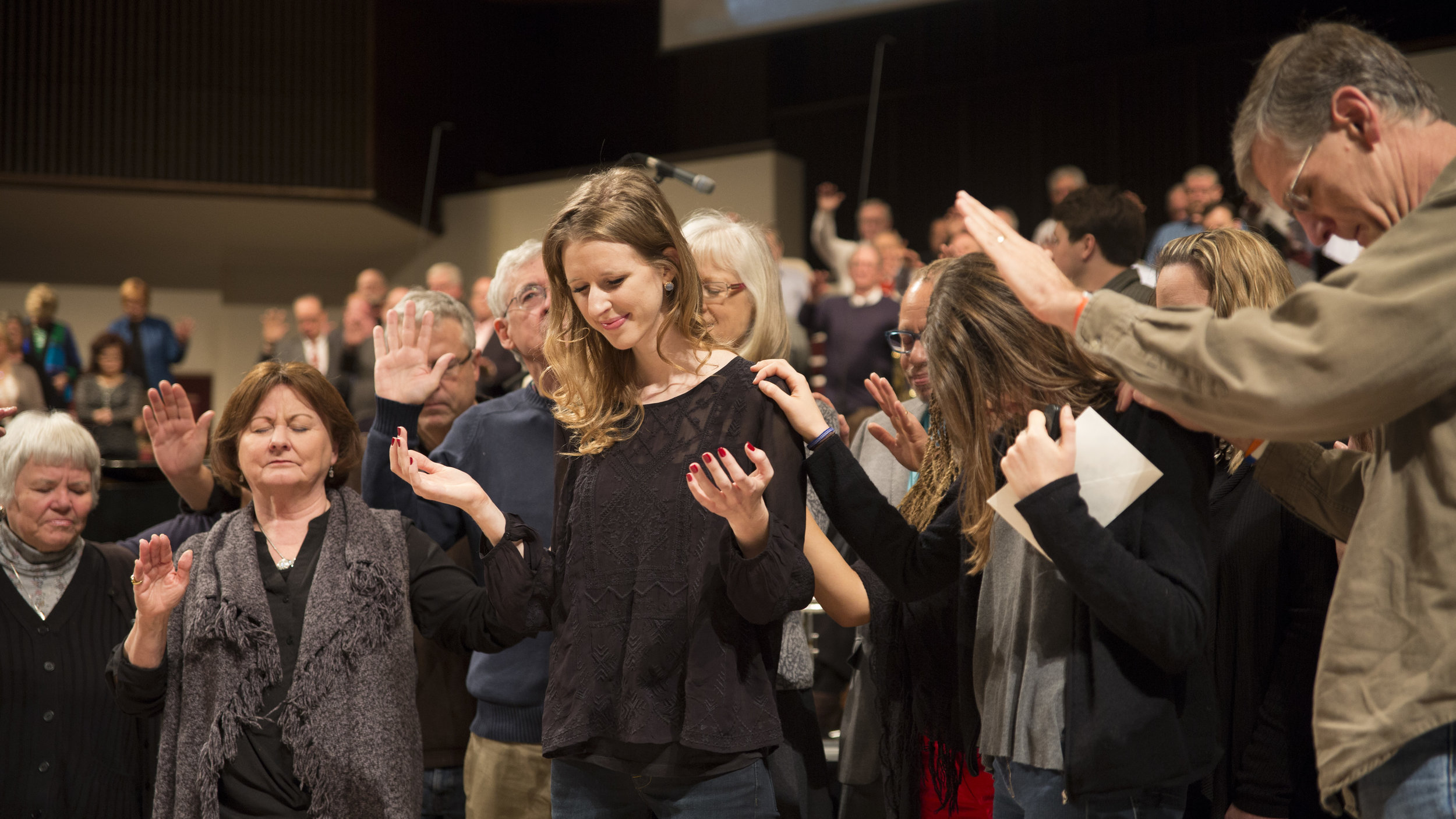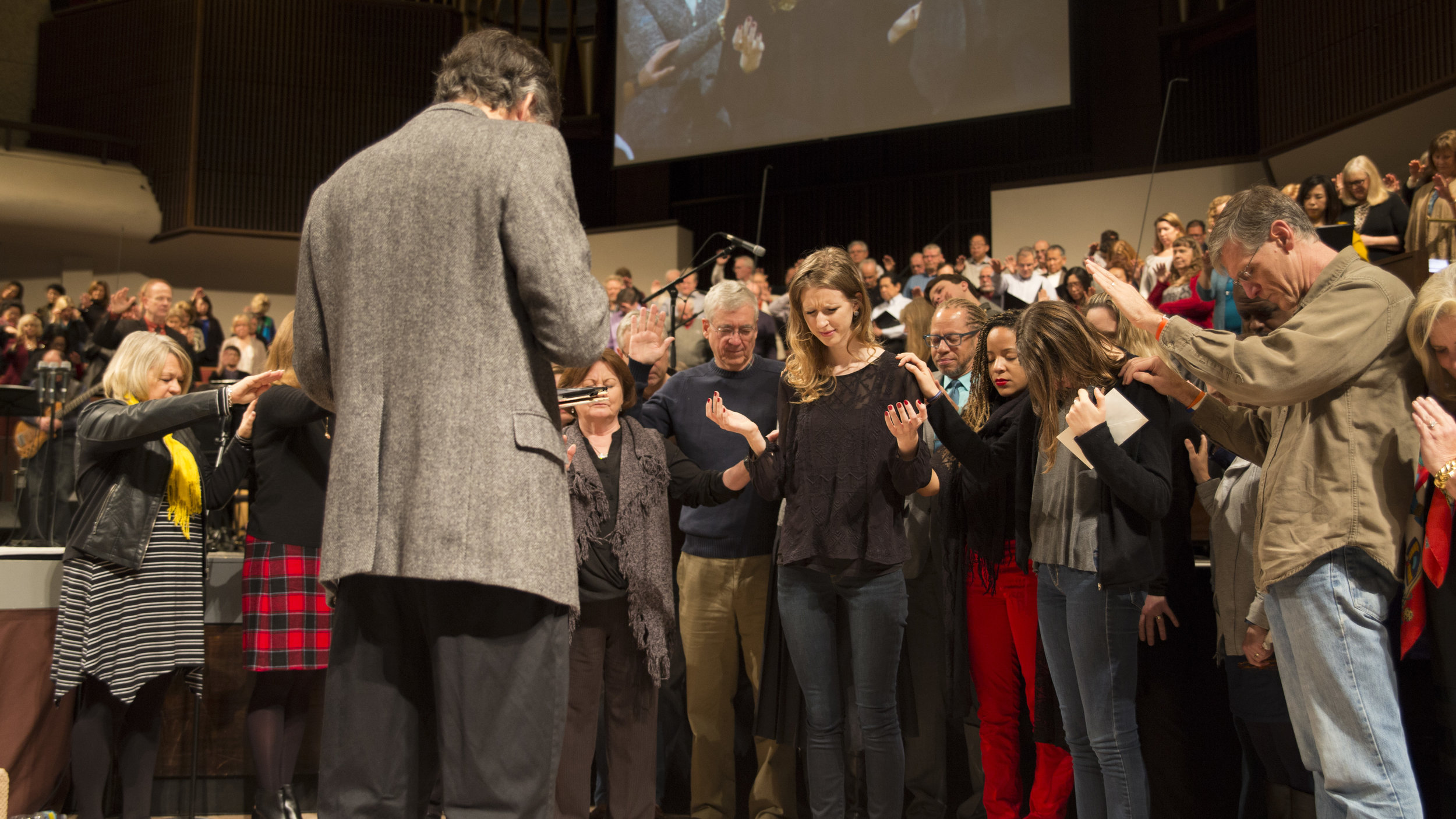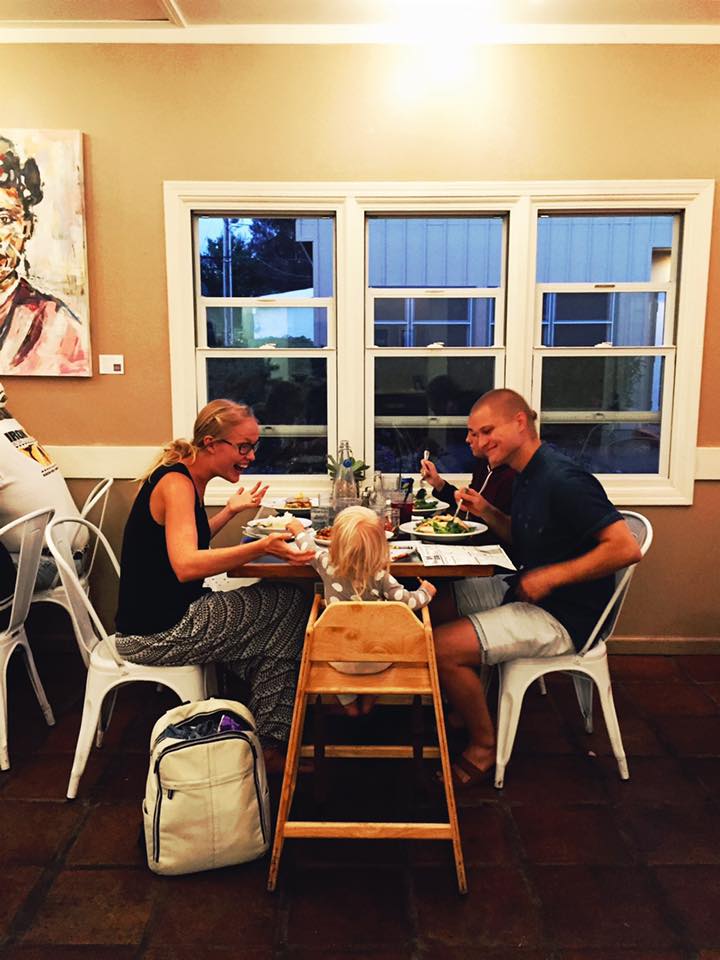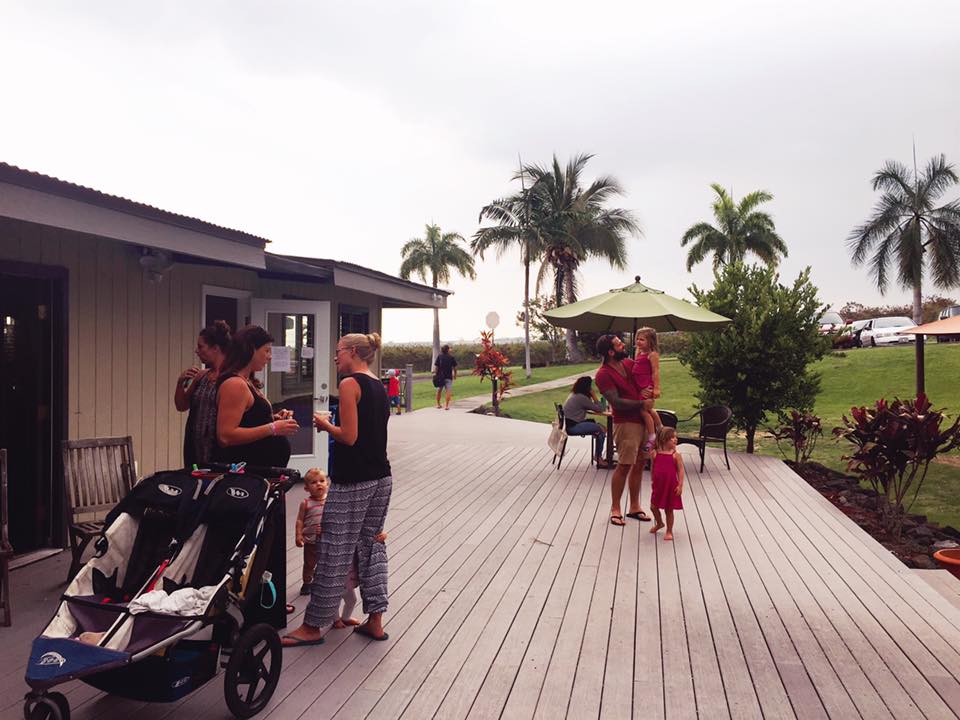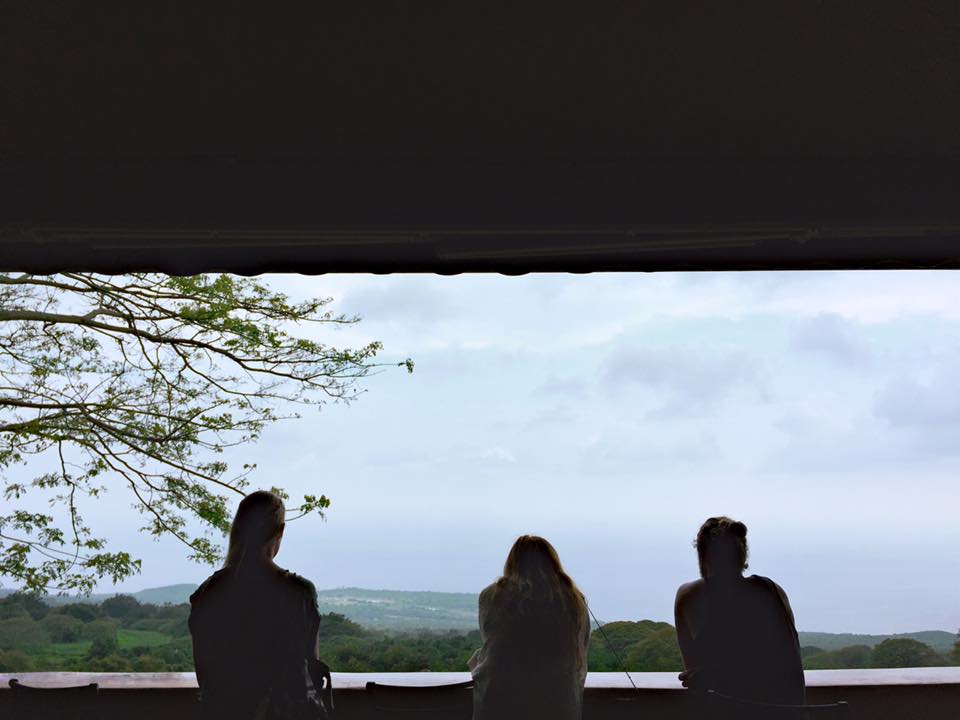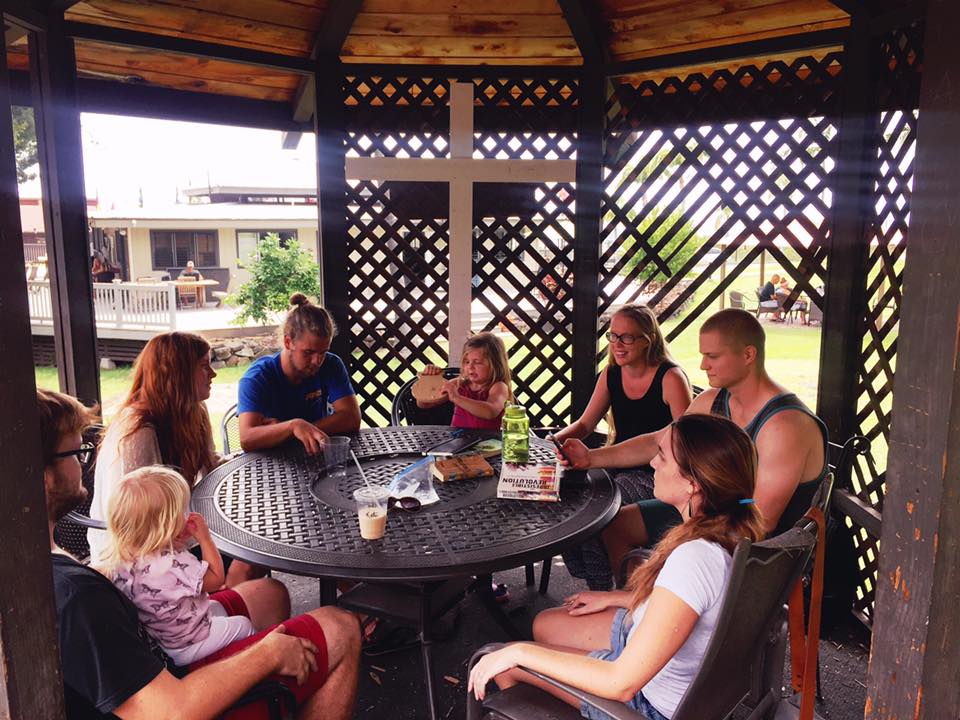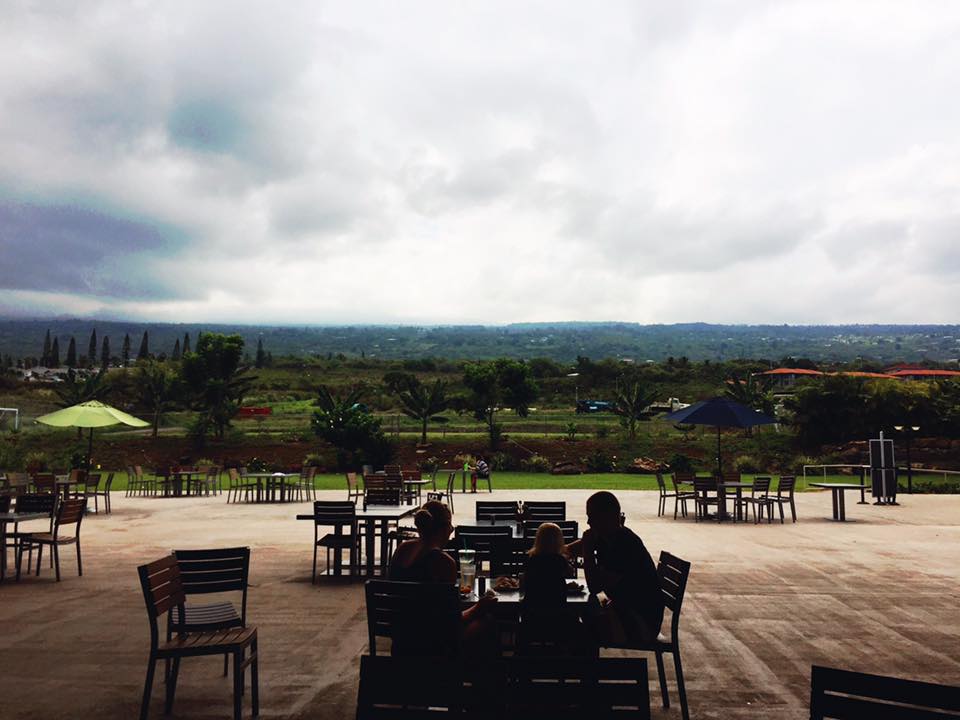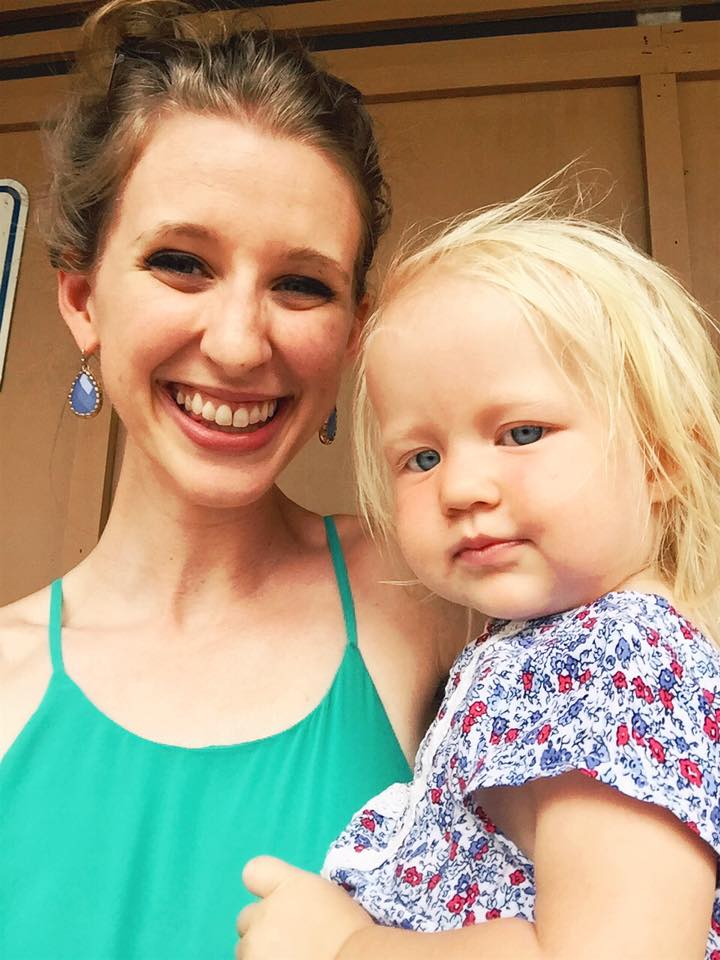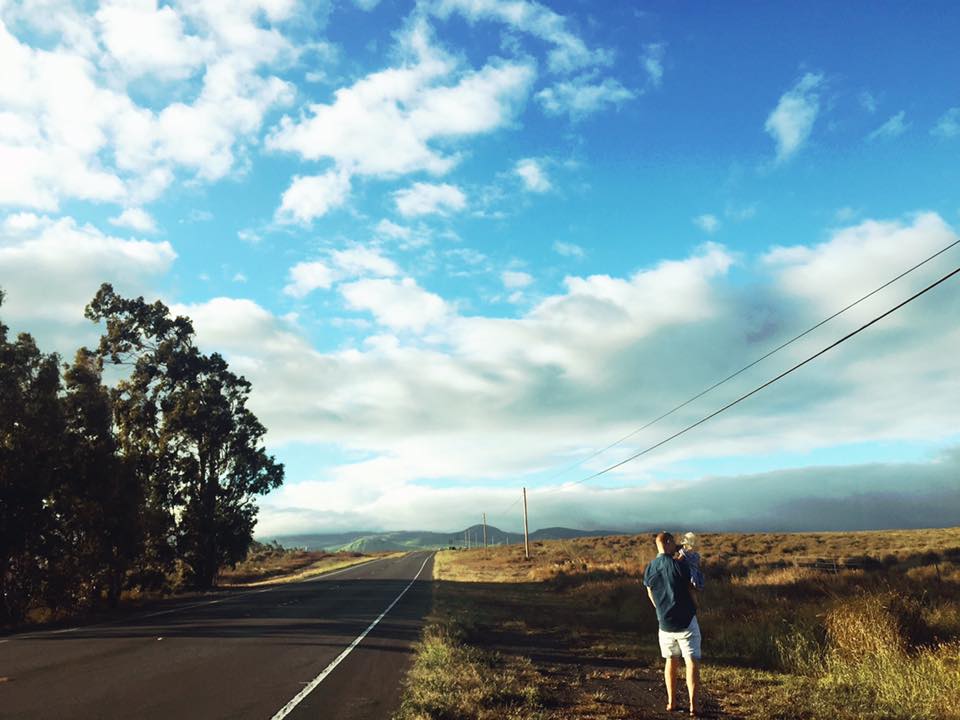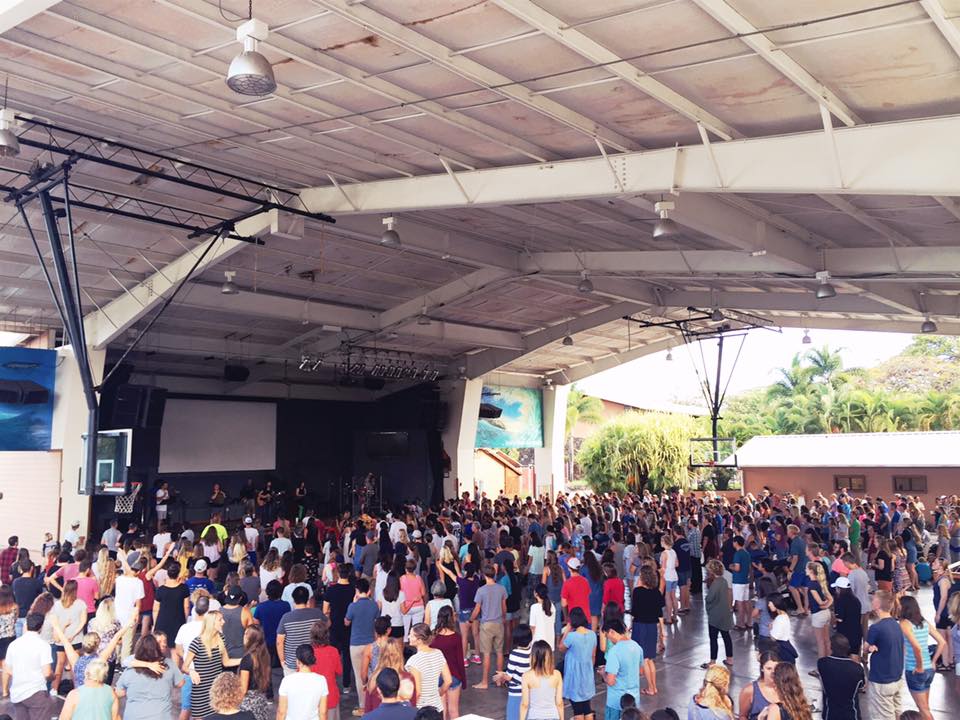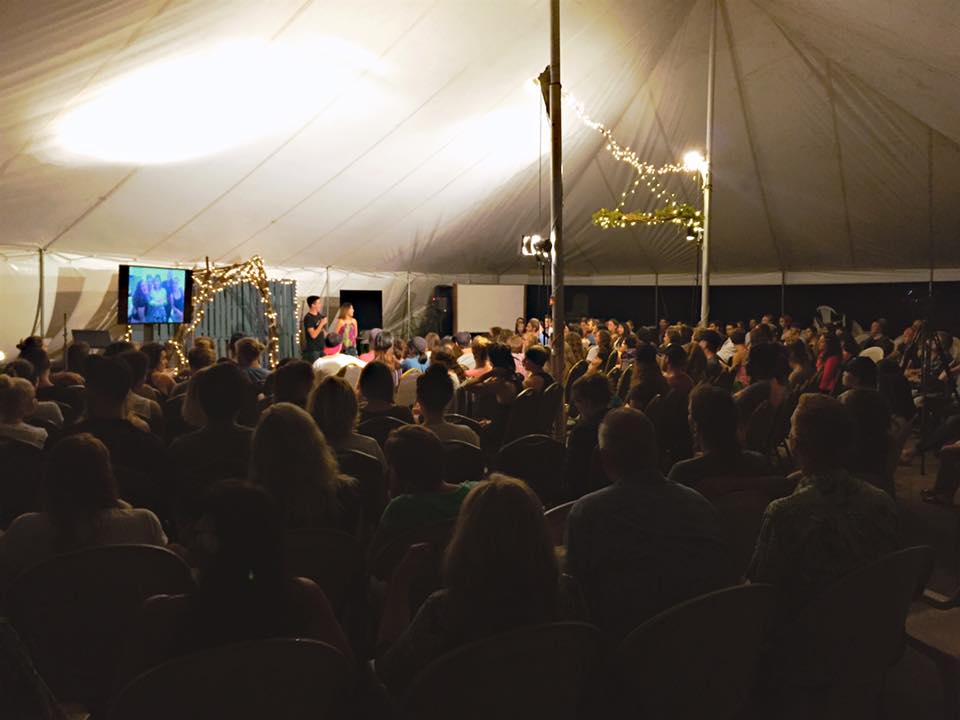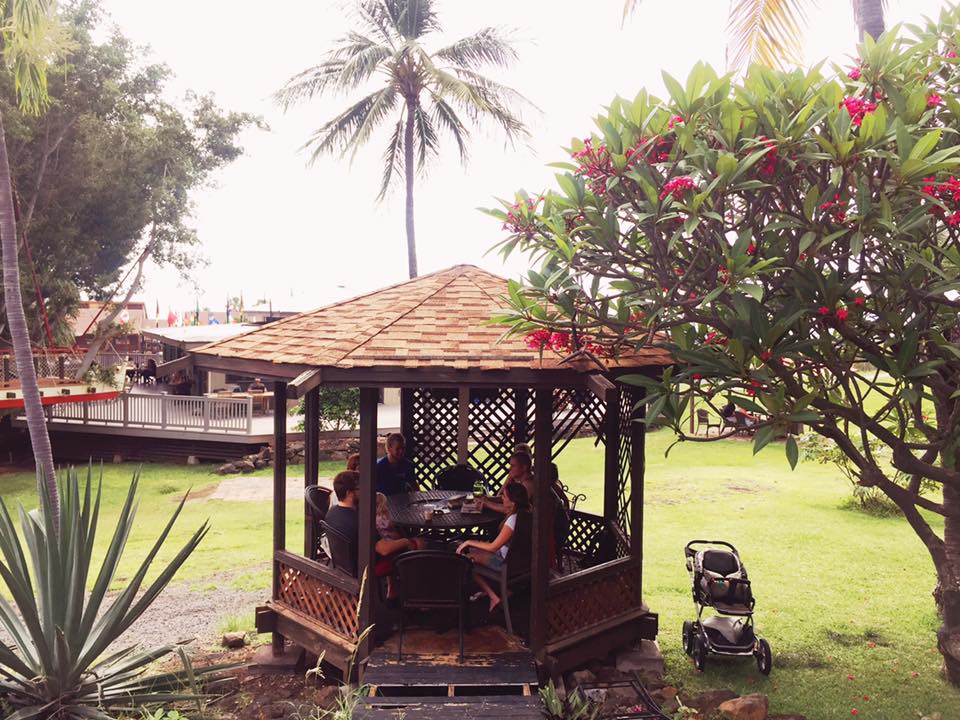I’m a missionary in South Africa—which has provided me two unique opportunities. Firstly, I’ve learned from a community-oriented culture for the last three years (what I believe in general is crucial for my fellow white people to learn from, but especially in this time of crisis). Secondly, with routine rolling blackouts, plus a year where much of my work I did from home, I’ve picked up some tips about flexibility and intentionality about working from home and self care (‘cause when you don’t have electricity 6 hours a day—you learn to pay better attention to your physical, mental, emotional, spiritual and social needs).
Just to put it out there, the beginning of this post is mostly for my white friends, because I’m going to share about a cultural value that we lack... yet we all could use some resources in the time of this pandemic. I want to share tips for intentionally creating daily rhythms as we work from home, practices for holistic self care, current advice around self-isolation and hopefully these will be things we continue to incorporate into our work / life balance moving forward. For my fellow missionaries in South Africa, at the bottom are some resources specifically for our unique circumstances.
There’s a lot of information in here, its ultimately meant to be a resource, so there are the sections throughout and you can also just search on the page for keywords: generosity, share, parents, advocate, reflect, join, conflict resolution, habits, work, self care, healthy, sick…
To start, this is my prayer (copied from an unknown source):
““May we who are merely inconvenienced, remember those whose lives are at stake...
May we who have no risk factors, remember those most vulnerable...
May we who have the luxury of working from home, remember those who must choose between preserving their health or making their rent...
May we who have the flexibility to care for our children when their schools close, remember those who have no options...
May we who have to cancel our trips, remember those that have no safe space to go...
May we who are losing our margin money in the tumult of the economic market, remember those who have no margin at all...
May we who settle in for quarantine at home, remember those who have no home...
As fear grips our world, let us choose love...
During this time when we cannot physically wrap our arms around each other, let us yet find ways to be the loving embrace of God to our neighbors...
Amen.”
For some people in the midst of this crisis, it will feel easier to help others… or to work… or to do self care. My first challenge is to pay attention to what you’re drawn towards (and why), and what is least appealing to you (and why). I believe that we all have social and cultural predispositions towards at least one, for better or for worse, and in the midst of this crisis it gives us the opportunity as individuals to take responsibilities of the awareness in ourselves of what we may be avoiding (be that thinking of the other, of resting or caring for yourself).
Helping Others:
Later I’ll give ideas of how to holistically care for ourselves, but I know that culturally there has been a shift towards self-care, so you’ve most likely had access to much of the information, you just needed an opportunity to slow down and implement self care. What is unique about this virus are the social implications, and I currently live in a community-oriented culture— what I witness here is people’s intentionality about caring for the whole community, rather than the individual, and I believe this example is what we need to get through this crisis.
I see many people responding out of fear, and you may also feel that fear, yet that doesn’t have to change you from responding with intentionality. It is crucial for us at this time to assume the best of people and to seek to understand where people are coming from, because for someone overwhelmed by the unknown right now, it may simply take one person listening and affirming that they are not alone to make a difference.
This will be a culture shift. I currently live in a community-oriented culture, but I come from an individual-orientated mindset, and as I’ve awkwardly navigated these different cultural values, my biggest takeaways have been:
Seek to be a more vulnerable person
Listen to understand.
Seek to be a More Vulnerable Person
I believe this to be deeply biblical, as the early Church knew the needs of one another and no one lacked (Acts 4:32-35) in their vulnerable community. Brene Brown’s research shares about how the power of vulnerability, listening to shame, and the anatomy of trust express the many reasons why based on culture, gender or personality, many of us have not explored vulnerability. Yet it’s not too late because I believe that all humans desire to be known and to belong, and yet you can’t achieve either of those things without vulnerability.
Listen to Understand
The second aspect crucial in integrating into a community-culture is to listen to understand—which Brene’s research on Trust addresses as well by being generous with the assumptions we make about people and their intentions. This means that we ask good questions, do not assume anything and learn how to be better active listeners.
I believe we learn to listen better by accepting that we will be lifelong learners. Even a simple shift in our mindset from “we have arrived at understanding” to “what perspective am I missing in regards to _____” will change our posture towards those around us.
This mindset and cultural shift through vulnerability and a posture of learning will bring about community in a way that us white people rarely experience, and the implications of the opposite mindset have terrible consequences. The hoarding of resources even in the last week has caused so much damage—it makes shortages worse because it can lead to price gouging and has led to a shortage of surgical masks for healthcare professionals to do their jobs. I’ve heard stories of moms not being able to buy wipes for their babies.Panic buying feeds into our fear and uncertainty in an effort to assert control over the situation (which ultimately is out of our hands) amplifying the sense of scarcity, which worsens the panic buying…. so… don’t give into peer pressure ;)
Why are we so afraid of scarcity? Because in our Western society, it’s survival of the fittest, not of the herd. Yet, in light of the Coronavirus, this is the ultimate reminder that we are inextricably connected to each other. Turning away from the community right now—as tempting as it is because it’s all we’ve known culturally—will only generate more pain. Learning from community-based cultures, accepting how interconnected our globalized world is and considering the impact of our choices on the community, is actually how we as individuals will find safety for ourselves and those we love.
It if helps to make the idea of a “community-based culture” tangible, when you hear the phrase “it takes a village”,what do you picture? Isn’t there something deep in your spirit that resonates with and longs for that to be true for yourself, and others? This virus is an opportunity to try living as if you’re a contributing part of that village, while also sharing what needs you have, so the whole village can thrive.
Thinking Like a Community-Based Culture:
Reach Out: Think of those in your life who may find themselves alone: be that an elderly family member, a friend with an immunity deficiency, or someone that is sick. Start to pay attention to who may struggle the most to be isolated—text or Facetime them to check in, offer to drop off a meal, or use Watch2gether to watch a movie. If you know someone who develops the disease and they are self-isolating, check in regularly via WhatsApp to make sure they’re not feeling isolated.
For those in Cape Town, this local initiative is helping with collaborative efforts to help within our neighborhoods, sign up!
Ask for Help: If you are someone that needs help based on your health, financial situation or childcare needs— this is a time when people do want to help, let the people in your life know so they can love you well!
Catch Up: This is actually a really fantastic time to catch up with friendships that may have been forgotten in the midst of your otherwise busy schedule. As someone that lives overseas and was in a long distance relationship, I’ve learned how to be intentional with friendships long distance, and I’ve failed more times than I’ve succeeded. But in our globalized world, it’s a needed skill needed and you can intentionally develop that now. My favorite way to keep up with people is using the app Marco Polo because it sends video messages as you go, so you don’t have to schedule a time to meet up across time zones.
Be Generous: There are many of us who don’t have the flexibility in our budget to afford the implications economically of this crisis. Some of us depend on the generosity of others who may withdraw support due to their own financial struggles, others work in industries that are being limited or cut. Think about donating money or sending meals to people in these situations. If you have some extra cash, maybe even hire someone that needs work,be that organizing photo albums or your garage, etc.
Use Your Finances Strategically: Other strategic ways to spend your money right now is to buy gift cards to local restaurants and businesses, who usually operate on small margins. Buy it directly from the business so they get the use of your money for a month or two, and once things have settled down, use your certificate. We need small businesses to thrive and many of them will be devastated from this crisis. For those in the United States, for a few cities, The Intentionalist is a great website that helps you to find small diverse businesses. Across the world, if you are going to order out, consider ordering Asian food, as many restaurants were the earliest and hardest hit.
Skill Share: If you don’t have the finances to support small businesses, consider offering services at this time, be that your time or skill sets. For example, if you know how to take photos or build a website or simply advertising on your social media accounts, this will help bring attention and contribute towards their sustainability. Most likely some small business are run by your friends, so start there, check in with them, see what they need. Or if you have an area of interest, find ways to draw friends or your community in through conversation as this is the perfect time to start a book club or facilitate an online course about something you know a lot about!
For Parents: Many schools are closing, yet many parents are still needing to work, so if you are already staying at home, consider helping to watch their kids so that they don’t have to pay for childcare. If anyone has any advice about homeschooling, or tips on collaboration for parents at this time, let me know! If you are a parent, guardian or someone wanting to help out with kids, here are a few resources if you find yourself thrown into homeschooling:
Many famous authors are hosting Story Time online! You can follow #OperationStoryTime to find more
Indigenous volunteers are also teaching lessons
Mo Willems is hosting “lunch doodles” during self isolation, watch them HERE
Khan Academy (when I helped tutor a few years ago, I used them to help remind me of the answers if I had forgotten ;)
A few other resources suggested by several brilliant friends are HHMI Biointeractive, NEWSELA, NOVA, PBS online learning resources, and Zinn Education Project
Some apps that can help: Google Classroom, Epic! Kids Books and Videos, Quizlet, Kahoot!, Brilliant, Nearpod, Explain Everything Whiteboard, Hopscotch, Flipgrid, Udemy, Tynker: Coding for Kids, Lexia PowerUp
Click HERE, HERE and HERE for lists complete list of the Education Companies offering their subscription services for free right now
Click HERE for a GoogleDoc that people are updating with 150+ enrichment activities for children, and HERE for coloring pages from 113 museums
Click HERE for virtual field trips from Mars, San Diego Zoo, The Great Wall of China and more!
If your family depends on the USDA for providing meals for your children, there should be plans in place so be in contact with your school district. This is a list of restaurants offering free lunches for kids if your district isn’t
Many museums released coloring pages based on famous art pieces
Be Hospitable: There are many unique circumstances in our globalized world, where people have been stranded due to their inability to travel for whatever reason. Check with your local churches to see if there are students, missionaries or other individuals in the community that could use a place to stay.
If you are or know of a foster youth within the United States that is staying at a college dorm room that is going to be closed due to the coronavirus, please email info@togetherwerise.org and they will provide or help you find housing during this transition.
Advocate: Many of our governments have policies that will result in this crisis going unmanaged longer than it should—for wherever you are from, look into the policies around healthcare, sick leave, childcare, etc., and start to advocate for equal opportunities for your community, so we all can thrive! This crisis has proven a few things about the world we live in, including jobs that you’ve been told can’t be done remotely, can. Many disabled workers could be working from home, but corporations don’t want to let them. Internet is not just a luxury, but a necessity. Universal healthcare is necessary for us all to stay healthy.
Reflect: This is also a season where you can really reflect on what “community” is-. When you look at your friendships, who is there andwho isn’t there? hat voices are you, and are you not, having speak into your life? (eg. are all your friends your same age, race and gender?). Reflect on why that is using this resource from Practicing the Way, and what you can do in this next season to build friendships with others more intentionally (that resource also gives great advice about sustaining healthy friendships through conflict resolution, listening well and emotional health).
Join In: There’s a campaign called #viralkindness where some kind-hearted people are offering to lend a helping hand to those in need by notifying them through dropping leaflets in their letterboxes. The cards, which are available to download online so people can print them at home, include boxes for neighbors to write their name, address, phone number and state. It asks if volunteers can help by picking up shopping, urgent supplies, posting mail or even just “a friendly phone call”.
First off, research is showing that the best possible way to stop the spread, is to start social distancing and doing what you can to shift towards working from home. This is one of the key strategies in “flattening the curve” of infection rates. By and large, the lessons from China and Italy are this: we must slow the pace at which the disease is spreading. This may not prevent those 1.7 to 4 million people from needing to be hospitalized, but it will help to ensure that they don’t all need to be hospitalized at the same time. This article is super helpful in explaining the difference between social distancing and self-isolation.
Working from Home:
Here are a few tips for the situation that many of us find ourselves in: working from home. This is a reality that has its benefits and draw backs, so hopefully these tips will help refocus your intentionality with how to work from home. Overall, assessing which of your work can be done via phones, videos or video conferencing will be the best in practicing social distancing.
Hustle: For those that are simply at home, and unable to work—I’ve included some tips below for how to take this season as an opportunity to care for yourself holistically, but also, this time could be a great opportunity for you to develop a skill or talent. There are many online courses where you could teach yourself a trade which could be a future side hustle, for example, learning how to build a website, becoming a social media manager, how to edit photos or videos, etc. There may be options for tutoring or teaching English online. It also may be an option to do dog walking for your neighbors during self-isolation.
Online Tools: You’ll most likely be scheduling meetings online, so here are a few of my favorite tools- Google Hangouts (which allows for making phone or video calls as well as messaging) or Zoom (you can record your meeting as well as share a presentation). There are quite a few online collaboration tools that may be worth looking into. I’ve used Asana and Trello, but ended up using Google (GSuite) because that’s what my co-workers were most comfortable with.
Get Trained: There will most likely be a shift in using online communication tools, so it’s beneficial to train yourself in using a few of the most popular programs through Google (GSuite) by watching this video.
Conflict Resolution: It’s very likely that if you live with other people, you’ll need to communicate clearly in this time what you need to be able to be present to both the work and rest you need. For example, in our house, we have a study space and a quiet space. In the quiet space, we know that someone being there communicates that they want to be left alone. By being in the same small space with others, these tips for conflict resolution may also be of help.
Creating Healthy Habits:
1. Develop a Morning Routine
A little discipline goes a long way. Be intentional. Experiment and find a routine that works for your unique situation and is easy and enjoyable, and the rest will fall into place.
2. Open Your Windows (which in general you should be doing for self-isolation).
One of the simplest things you can do to improve the air quality in your home is to open your windows. Even in the cold months, for just a few hours a day, you could vastly improve the air quality in your home.
3. Move Your Body
The fact is, the human body was not built to withstand this much sitting. Depending on your ability and desire, anything from a few desk stretches, to a lunchtime walk would give your body and your brain the boost it needs to keep those creative juices flowing.
4. Plan Breaks
When you’re working on a project, writing, or generally doing any kind of absorbing task, it’s easy to lose track of time. The last thing you want is to be working so hard that you miss a valuable snack or coffee break:
Set a rough schedule for yourself and stick notifications on your phone to remind you. Or if you’re a bit more analogue, write it in your to-do list to take breaks at certain times of the day.
Here’s mine as an example:
11 am – coffee break (snack if required)
12 noon – lunch
3 pm – snack break or simply walk around a bit
Even if you’re not hungry or would rather keep working, these breaks act as a switch in your mind to take a break. Your brain simply can’t keep working for hours straight. Give it a rest and give your body some fuel.
5. Remove Your Distractions
It’s no surprise that when we’re working from home it’s almost impossible not to get distracted. If social media is your problem, remove the apps from your phone. Is it email? Schedule to read only at certain times of the day. If it’s friends and family, start setting boundaries with them. If it’s household mess and chores, ask your family to help, or schedule in time to clear your space. After all, your home is your office, it needs to be treated as one.
6. Dress Like You’re Going to Work
It’s tempting to stay in your oh-so-cozy pajamas all day, but eventually, this will make you feel pretty low. If you feel confident about your appearance, you’ll exude that when you connect with people over the phone. If you want a professional image, put on an outfit, even if the mirror is the only one who will see you.
Owning Our Holistic Self Care:
Self-isolation can hit three critical components of mental health: our sense of autonomy, relatedness (a sense of being connected to others) and competency (feeling effective). These can lead to anxiety, extreme frustration, depression or low mood. In order to help you intentionally care for yourself, I’ve included some tips below.
The social, economic and political ramifications of this virus are still unknown and is what plays into much of the fear that we’re all holding within our bodies right now, so it’s vital to pay attention to the help we need to stay holistically healthy. There is also an opportunity, given that so many people will be home-bound, for different goals to be addressed and skills to be developed.
To start, there can be different associations that each of us have around the concept of “self-care”, as well as “stress”, but of which are important to factor in when discussing how to get help. Our minds, bodies, emotions and spirits are most likely troubled right now— what have you found to be, or not to be, the barriers for you to take care of yourself?
Click HERE for the “Self Care Guide to Preventing Burnout” worksheet that I do for our staff trainings, which includes research, self evaluations and further ideas for self care. Note that this worksheet is for missionaries, so it may not be relevant to you at all.
Here are a few Self Care items that I felt important to highlight for all of us in these uncertain times:
Mental Self Care
Here is some advice about caring for Anxiety in the Midst of the Coronavirus
The meditation app Balance this week is providing a free one year subscription- I would highly suggest downloading it
Go out in nature! There is no reason to not go and enjoy nature—you can go on walks or even go on a drive without having to actually be in contact with people.
Set a time limit for your electronics—take this time to learn how to be present in the moment! Start this by doing one task at a time and be fully present while you are doing so instead of multi-tasking.
There are so many hobbies that go undiscovered because they take time and practice. From photography and other artistic skills, to how to organize your home and fix stuff around your home, start to look into practicing these things and what you can teach yourself via Youtube! Something that I’ve really gotten into recently is infusing—from oils, drinks, even fat, it’s a fun way to enjoy “cooking” while practicing delayed gratification.
These twelve famous museums offer virtual tours , the MET Opera is offering free viewings of their catalogue, and these Broadway shows can be view online as well!
There are also so many opportunities for continuing education both formally and informally through online courses and podcasts, given any topic you may find interesting. I’m sure you can find something! Check out Open Yale, MIT Open Courseware, The Great Courses, Academic Earth, Udacity (tech training), EdX, Coursera, Classy (Non-Profit Professionals) and TED
Gucci Osteria is hosting free cooking classes through his instagram
If you must binge some tv, I would encourage you to be intentional about choosing shows that uplift your mind and spirit, a few of my favorites are (I cannot guarantee that they are kid friendly):
TV Shows: Black-ish, Brooklyn Nine Nine, Fresh Off the Boat, Kim’s Convenience, Mixed-ish, Modern Family, Parks and Recreation, Project Runway, Schitt’s Creek, Queer Eye, Speechless, The West Wing
Movies: Instant Family, Late Night, Knives Out, The Farewell
Later I’ll suggest a resource for creating a Rule of Life. One crucial aspect of this is Practicing a Sabbath, reflect on this resource and start to implement it in this season.
Physical Self Care
You can definitely go on walks, runs and bike rides without having to be in contact with people. This is a great opportunity to find ways to exercise at home or come up with a plan for exercising while you travel! From finding different Youtube channels for activities like yoga, cardio or Zumba, or fitness programs like Fitness Blender, you can figure out ways to take care of your body, wherever you may find yourself
Click HERE for free online yoga classes and guided meditation
Many of us struggle to do the very basic things to care for our bodies such as getting good sleep, eating well and drinking enough water. There’s no better time to really figure out what needs to shift. It takes two months to set a habit, so why not now:
Drink Enough Water- We often forget to drink enough water, so start by setting a reminder on your phone every hour. If there’s lack of access to clean water, use charcoal sticks to purify your water. If you don’t like the taste of water, put some lemon juice in your water and it not only helps to jumpstart your metabolism, but it also makes it taste better!.
Eat Well- Honestly,I’m not the best person because I neither know how to cook, nor have I been very intentional about it—but if I was to be better about this, I would create some Pinterest boards of crockpot meals to make it simple for this season. If you struggle like me to incorporate healthier foods into your diet, there’s no better time to get fruits and veggies and experiment. This can also been a good opportunity to reduce your sugar and caffeine intake by weaning yourself off of these supplements towards healthier options.
Get a Good Night Sleep- For getting good sleep there are many factors to consider. Do you have a routine to calm down your mind before going to sleep? Do you have a white noise machine and/or fan to cool you down and block out noise? What else do you have to cool you down (type of sheets and blankets really make a difference)? Using a silk pillowcase helps to defrizz your hair as well as cool your head, and using a contoured eye mask makes a big difference to blockout light. More tips found here.
Emotional Self Care
Keep a gratitude journal (even just writing for five minutes a day to start this).
If you’re triggered by anxiety grab as much chewing gum as you can and chew- it helps get you out of your “trauma brain”.
One of the best ways to utilize this time is to process for yourself. Check out The Ruthless Elimination of Hurry. I would highly suggest using this time to create a Rule (or Rhythm) of Life for yourself—something to use in this season, and incorporate into the next.
Spend some time to check in with yourself. What stage of life are you really in and where do you want to be headed? What areas do you want to grow in, and what are some resources to help get you there? A good place to start in your time of reflection is this series by Practicing the Way, which goes over theories of development, attachment, The Enneagram, Spiritual Life Inventory and more.
There are many (and I’m sure they will only increase in this time) online resources for therapy services, check out:Better Help
Social Self Care
In the section above on helping others, I included many options for connection socially, but for other ways that may be more internal:
Learn the Enneagram
One of my favorite ways to understand myself and my friends is to learn about the Enneagram. Why? Some people are really annoying, and it may be becausethey have a different perspective or value than me. The Enneagram explores, and understanding the different types (and variables) helps me not only to understand myself, but grow in empathy of others as well. I’d encourage you to read over each of the types as a start. Don’t rush into figuring out what yours, or others’ are, but instead pay attention to what phrases resonate with you or put into words what you’ve experienced. From there, find someone else that nerds out about the enneagram (or follow the many enneagram instagram pages) to learn more!
Practice Silence and Solitude
Practicing Silence and Solitude is also an aspect of Social Self Care— Practicing the Way goes over some aspects of how to incorporate this discipline into this season of life.
Improve your Dating
If you’re seriously dating, there’s an incredible online Dating Course (with a very cheesy title but really good materials) that my husband and I did while we were dating, and it made it clear that we were good partners for each other. Now is a great time to watch and discuss together.
Find and Give Accountability
Find someone to hold you accountable in this season—be that in an area you want to change, grow or let go of—have someone that will check in and encourage you to stick with your goal.
Enjoy Time as a Couple
Lots of couples will be home together,and for many of you, it’s been awhile since you’ve had time together. Enjoy it! Use the tips above for conflict resolution! A resource that my husband and I have used every anniversary as a tool to check in with each other is this Couple Check Up. Also, there are some fun date ideas you can do at home on Pinterest. Our goal is to always have better communication to stay connected, plan, dream, encourage and appreciate each other. Use whatever helps facilitate that for you. No matter how small or large your space is, with a little intentionality, you can love your significant other well in this time! If you haven’t already, this could also be a good time to practice the love languages, to see how well you are, or aren’t, speaking the love language of your significant other! (Again, many ideas are on Pinterest).
Spend Time with Family
Lots of families will be home together,and for many of you, it’s been awhile since you’ve had time together. Enjoy it! Many of the tips I shared above for couples are relevant—from conflict resolution, to being intentional with this space and time, to practicing love languages with your family members. For parents trying to work from home, their ability to do so will rely on various factors from the age of their children and the layout of their home to the nature of their work. The temperament of parents and kids will also play a role. Here is some advice about helping your family prepare mentally for self-isolation, also @busytoddler on Instagram has some great advice for activities. There is advice on Pinterest for any kind of activity—from rainy day activities, to tips on getting out energy, to DIY ideas. Ultimately, as parents, have grace on yourself—this is a hard thing at a hard time. Ask for help and do what you need to stay sane.
Spiritual Self Care
Examen for Life During the Coronavirus
RealLA Church is releasing daily messages to encourage different spiritual rhythms in this season
Imagine your worries as an object, and during meditation imagine you turning this burden over to Jesus because He can carry it for you.
Practice meditation through breath prayer or body scan (there are some good ones on the Headspace app).
Have you ever written out the words that God has spoken to you, or others have shared? Write those out on a notecard and have them close. Speak them over yourself every day as a reminder of who God has created you to be!
This is a great opportunity for those that didn’t have a chance to do a bible study everyday or go to a bible college to understand how the Bible works through online courses. Here are a few available through Practicing the Way.
This is also a fantastic time to take an online course on Christian missions through the Center for World Missions’ Perspectives Course, which I took a few years back. It gives a biblical and historical context for and future look at where missions is headed!
The Practice of the Presence of God by Brother Lawrence is a classic piece of Christian literature. It’s a quick read, so read and reflect. How can you start to practice the presence of God in your daily life?
Pray for people—this is a fantastic time to be in prayer for missionaries ;), family members and all loved ones near and far in this time of crisis.
Learn about Peacemaking in the Pandemic with this online series released by Global Immersion Project
My friends’ church Watershed in Charlotte, NC is bringing in an incredible line up of guest authors and speakers for their Sunday gathering they will be hosting on Zoom for the next two months- from Rob Bell, Austin Channing Brown, Mike McHargue (aka Science Mike), Andre Henry, and Pete Rollins… follow along via their Facebook page
Domestic + Financial Self Care
With the US tax season coming up, now is a great time to analyze your budget and adjust things, start to track finances with the Mint app. One of my favorite resources is The Financial Diet, which is a resource for how to make a budget, save money and so many other incredible resources around finances!
Go through your belongings:
Go through your clothing: mend what needs to be mended, get altered what doesn’t fit, what is too tight donate or sell online
Go through your possessions with the Marie Kondo method
Go through your beauty products:what don’t you use, what is expired, what do you need to explore now that you’re older and have different needs (eg. skincare)
Do a deep clean of your space with this Real Simple method
Start to make your home more eco-friendly, here are 50 Ways to Make Your Home More Eco-Friendly and start to cut plastic out of your life (this journey will help you see what you can actually get that is in reusable or biodegradable containers—from water filters, make up, trash can liners, etc.)
Get 1Password—one of the BEST investments I’ve made to keep my information safe and never forget passwords was to spend the tedious hours of entering my log in details and updating my passwords so that they are safe with this app. Do it! You can also do a family plan so that in case of a death in the family, you can get access to different accounts for closure.
Vocational Self Care
Do the StrengthsFinder test and look into hiring a coach in your area (or online) to train you in how to understand your results and ways to implement it into your life.
Read the “Boundaries” books to better understand how to set them for your personal work / life balance.
Think about the professional goals you have, what initiative you need and what needs to be communicated in order to take steps towards them.
Think about an area where you could use mentorship—be that personally or professionally. Think about who may be a person that could give you advice in different areas (I personally have many mentors, including for my marriage, as a woman in ministry, for leadership, etc.)
Check in with your co-workers to see how they are holding up during this crisis. This will help with your friendship outside of just the workplace
Now I’ve given you some ideas for each area of self-care— I want you to take a few minutes and think of one goal you have for each area that you’re going to incorporate in this season.
Other Implications to Consider:
Be Proactive About Staying Healthy:
This list from the BBC is very thorough about what self-isolation and social distancing are, and the implications of them both
What occupations are most at risk, and why you should stop all smoking or vaping
The most important preventative step we can take is to strengthen our immune systems as best we can, and the best way to do this is with vitamin D3 (cholecalciferol). Cholecalciferol is not a vitamin in the biochemical sense; it is the hormone of the immune system,and its key role in fortifying and activating the T killer cells of our immune system makes it especially effective against viruses and cancer cells.
Clean AND disinfect frequently touched surfaces daily. This includes tables, doorknobs, light switches, countertops, handles, desks, phones, keyboards, toilets, faucets, and sinks.
Clean by diluting your household bleach or ensure that your alcohol solution has at least 70% alcohol.
Don’t share plates, cups, or utensils. After use, they should be washed thoroughly with soap and water manually or in a dishwasher.
Getting Food: If you aren’t self-isolating, I would say try to shop at times when there are very few other shoppers there. That [could mean] going first thing in the morning when the store opens, or late at night. I think many people will rely on delivery, and that’s just the nature of our lives right now. For delivery workers, I would say, leave the food on the doorstep and ring the bell, rather than interacting face-to-face with the person who’s ordered the food. Alternatively, you can ask a friend to pick up items for you.
How to Practice Social Distancing- stay home if you or a family member are sick, observe no-touch greetings, maintain 6 feet of space between yourself and others, and abstain from serving food.
Traveling: If you are someone that is closely following the latest on domestic and international travel, one of the best resources is this page from Scott’s Cheap Flights.
If You Are Sick:
The official symptoms from the Center for Disease Control (US)
Article on the Difference between Allergies, the Flu and the Coronavirus
For those in the US: there are numerous reasons why testing in the US is delayed, research what is the latest status about testing in your state.
If you think you have been exposed to COVID-19 and develop a fever and symptoms, such as cough or difficulty breathing, call your healthcare provider for medical advice. Only then wear a face mask.
If you are outside of the US, research your options and if you cannot afford getting tested, self-isolate and reach out to friends and family to fundraise so you can get tested and get the help you need to recover fully.
Keep yourself isolated, even within your own home, and seek professional advice before ending the isolation.
DIY recipes for: wipes (from baby, hand or cleaning wipes), hand sanitizer (just check Pinterest)
Keep the windows open to help with ventilation.
What to Stock Up On:
The Department of Homeland Security is advising to have a two week supply of food, vitamins, medicines and pet and household supplies (soap!) on hand –– essentially the kinds of things you wouldn’t want to be without in the event that you might have to spend a long period of time at home. This does not mean stockpiling.
Yes, be sure to stock up on soups and canned goods, pantry staples and frozen options. If you have the time, you can make and freeze some of your favorite recipes for heating up whenever you need them. Because perishables are, well, perishable, you can blanch and freeze fresh vegetables as well as grated hard cheeses. And for a fresh milk alternative, this might be the time to try shelf-stable oat milk.
Household Supplies:make sure to get disinfectant spray and paper towels for some DIY recipes.
Medication: if possible, make sure you have 1-2 months worth of your prescriptions on hand. For example, we made sure Ben’s inhaler which he needed refilled, we got refilled.
Have any nonprescription drugs and other health supplies on hand, including pain relievers, stomach remedies, cough and cold medicines, fluids with electrolytes, and vitamins.
Get copies and maintain electronic versions of health records from doctors, hospitals, pharmacies and other sources and store them, for personal reference
You don’t need to buy bottled water as you can purify water using charcoal sticks and you don’t need to stock up on toilet paper as wipes are just fine.
If you’re self-quarantining, you might get sick (but keep in mind, 80 percent recover without needing special treatment), and you also might come down with a common cold or flu. So it’s best to have things on hand to help soothe your symptoms –– like soft tissues, medicines, but also home remedy options like herbal teas (licorice is good for respiratory ailments), honey and lemons.
Consider loading up on supplies for creative home projects
Communication:
Keep your work place updated on your status and schedule for self-isolation
Notify your child’s school if your child becomes sick with COVID-19
Create an emergency contact list- ensure your household has a current list of emergency contacts for family, friends, neighbors, carpool drivers, health care providers, teachers, employers, the local public health department, and other community resources
Coordinate with your family what to do if one of you becomes sick and make sure you have all information on hand to inform the medical professionals of your health history
Other Resources:
To see the latest on Resources to Address Coronavirus Racism
To understand what is contributing to this virus read this article, but also how this virus is only a sign of our future and what changes we must make now, watch this video
World Health Organization (WHO, international)
Current research about options to stop infections moving forward
For my friends in Pasadena: If anyone knows of a family that cannot get to the PUSD meal distribution areas, please email ericj@gostars.org. He is part of a collaborative of Afterschool program nonprofits working with PUSD that are delivering the meals to the residences.
This service is being provided for:
1) Families that do not have transportation
2) Families with parents that are working during the distribution times (9:00am-11:00am)
3) Families with parents who are sick.
The meals are for any school aged children 18 and younger in PUSD territory.
When you email me please provide:
Family name (e.g. - Johnson Family)
Number of children in household
Address
Phone number of who will be home between 7:00-9:00am when we deliver.
For Our Missionaries in South Africa:
You should have received an email from our Coronavirus Response Team about how our YWAM Base is responding and wanting to resource you, if you did not receive it, please let me know and I’ll make sure its forward to you and you’re added to our staff database. If you start to experience the symptoms of the Coronavirus, let our team know so we can get you support.
To stay updated on the latest information add +27 060 012 3456 to your contacts and message “hi”- they will send you a menu of information. You can also follow for more news visit their website or twitter
HERE is a breakdown of the latest address from President Ramaphosa
If in the weeks to come, you’re wondering if there is help that we need as a Base- check in with me. My first question will be- is this self-isolation what you need to take a break and reflect on your personal and professional goals? ‘Cause I would love to process that with you- I’m a Whatsapp away :) and we can go from there— there are definitely projects across the spectrum of Community Health that we can get you connected with based on your interests, but its not often that we get seasons like this to really analyze what we need as individuals to be sustainable in our Calling
Reach out to your supporters- communicate to them the latest on how you’re doing, whats doing on locally, in ministry and how you’re coping. It may help to be transparent that in light of the economics surrounding the Coronavirus, that some support may drop off for a bit, so if anyone can afford to donate more for the next month or two, that would make a big difference for your sustainability.
Food or delivery options if you are self-isolating:
If a delivery service isn’t a financial option for you, call a friend or your Circle should available to help!
If you can afford it Woolworths, Pick’n’Pay, Clicks and Dis-Chem deliver to the Southern Suburbs. There are also the apps OneCart and Deeliver
As we have loadshedding happening simultaneously, there are a few things that I personally would recommend: invest in a lantern so you can have light, learn how to braai if you don’t know how so you can always eat and download the EskomPush app
If you don’t have wifi set up at your home- now is the time to look into your options as realistically there is an unknown length of time we may be social distancing. Fibre has been installed throughout Muiz, or you can get a massive data plan from Cell C. If you’re based in Muiz, during loadshedding you’ve experienced not getting any cell service- if you pop over to Fish Hoek or the Valley, you’ll be just fine.
If you’re wanting a board game to borrow, a book to read, some movies or tv shows to binge- let me know ‘cause we’ve got a good collection of them all.
Figure out where your embassy is, how to get there, and make sure you are subscribed to email updates from them so that you can know the latest
If you haven’t self-isolated yet, the local coffee shops in the area that have a generator: Gaslight Cafe, Harvest Cafe, Lagerchinos, Tigers Milk, Folk Cafe (St. James)- wifi, Dalerook Cafe (Kalk Bay), Bootlegger (Tokai)
Keep in contact with your family for what emergency plans would be- for parents or other family members if they contract the virus
There are many counseling options online available for you, now during this crisis, and in the future as well- from general counseling, to missions specific, or paid specialists
If you want to do some research in your time into some support raising tips, there’s a podcast for that!
If you want to, this website helps you to learn Xhosa!
If you have someone who cleans your house / garden let them know that you are still going to pay them and tell them NOT to come to work. The risk for people in townships once Coronavirus hits is huge. Those of us with resources really need to be as open-handed as we can right now to assist those without.
In regards to the spread of the Coronavirus in our region, this is the latest that I’ve been reading:
We must brace for the possibility of our health systems (both public and private) becoming overwhelmed if Covid-19 spreads too quickly. If we can slow the spread with these few small sacrifices, then if a time comes when we or someone we love requires hospitalization, there will be space enough to help them get the care they need to properly recover and return to normal life.
These three issues are of particular concern because they disproportionately affect people living in poverty, which will put a large strain on an already over-burdened public health system:
For people with HIV, those who are on ARV treatment and have a high CD4 count will likely be ok. People who do not yet know they have HIV or who are not on ARVs will be more likely to develop pneumonia and require hospitalization.
Because TB commonly affects the lungs (pulmonary TB), people who have undiagnosed pulmonary TB or are in the early stages of treatment for TB (first 2 weeks) may also be at a greater risk of developing severe complications from Covid-19 compared to the general public.
When the body is not getting enough nutrients, it becomes harder to fight disease. This means that people who are malnourished may be more likely to have severe complications from Covid-19.
If you have recently travelled outside of Africa or been in contact with someone who is sick with Covid-19, be particularly vigilant about watching for symptoms and distancing yourself as much as possible from others (e.g. standing 2 meters away from others) for at least two weeks.
Know your HIV status. I want to encourage everyone to have an HIV test if you have not tested since the last time you had penetrative sex without using a condom. Yes, even those in committed relationships because it takes two to tango, and you do not know 100% that your partner has been faithful. You can encourage others to get HIV tested by letting them know that you too have been tested. If you have HIV, start ARVs and continue to take them. We are fortunate that ARVs are free of charge in South Africa. Please also support anyone you know with HIV to make sure that they can routinely access their medications (you can offer to fetch their meds or drive them to a collection point if not). This will help slow the spread.
Know the common symptoms of TB: cough, fever, night sweats, unintended weight loss. If you have two or more of these symptoms, you should ask a healthcare worker to screen you for TB. Cough and fever could be TB or Covid-19 (or both) in South Africa. Talk to your healthcare provider about your risk factors and they will be able to determine what to test you for.
Do not spread misinformation about the virus. If someone sends you information about Covid-19 on social media that sounds different from the messages above, verify it first with a trusted source (e.g. Department of Health website) before passing it on to others. By sharing only correct information, we avoid panic and encourage others to protect themselves in the best way possible.
If the epidemiological models are correct, the majority of us will be exposed to Covid-19 at some point in the coming months. For those with otherwise healthy immune systems (including infants, children, and pregnant women), Covid-19 will likely cause flu-like symptoms or maybe no symptoms at all, and then it will pass
Be aware of the scams that are already happening in Cape Town
These were just a few of the ideas that came to mind- they are certainly not all inclusive— if anyone out there as any other ideas of how to help our community or resources for self care at this time, please let me know! I’m hoping to share this as a resource to encourage and empower us all to take ownership for ourselves and our communities at this time.





